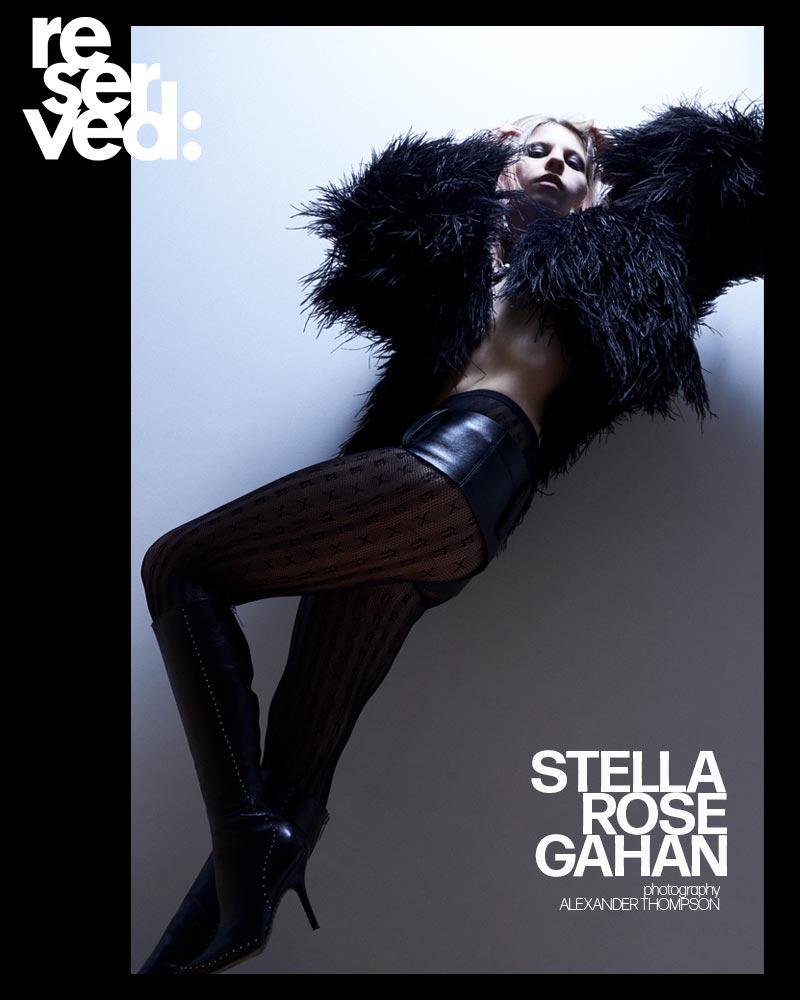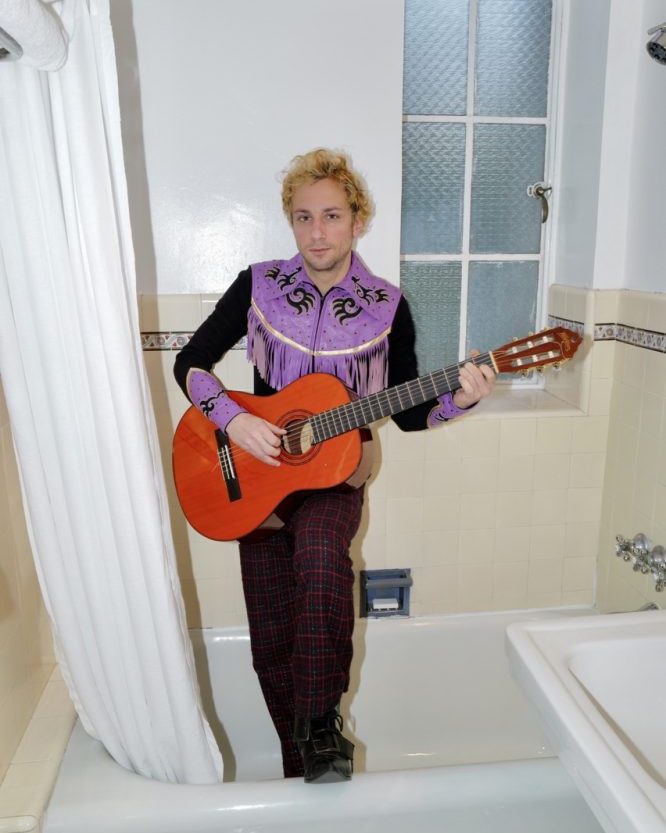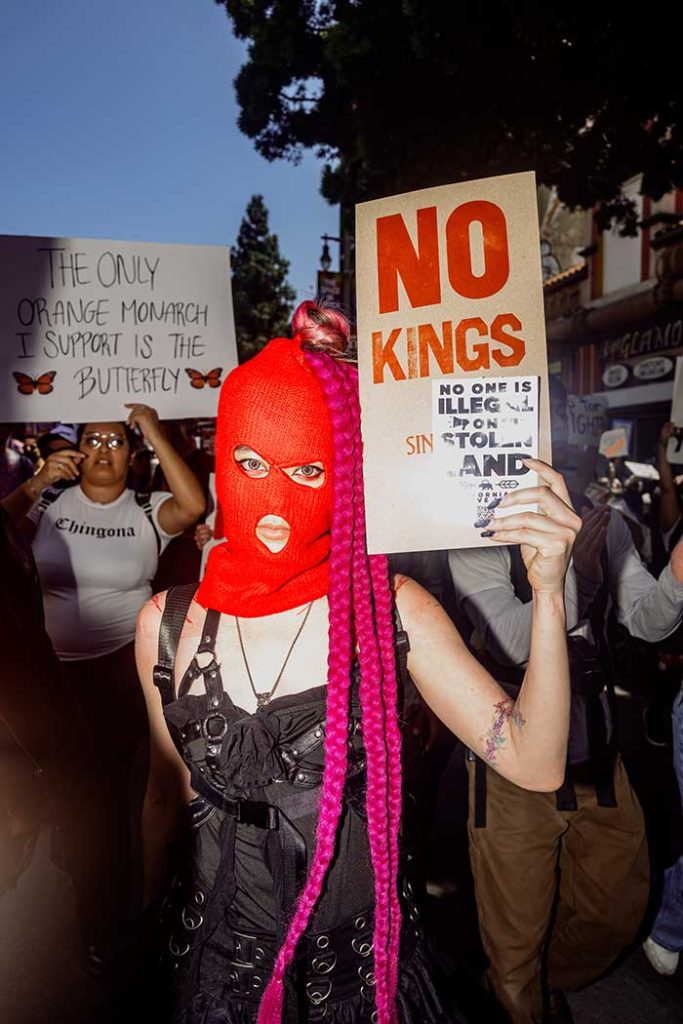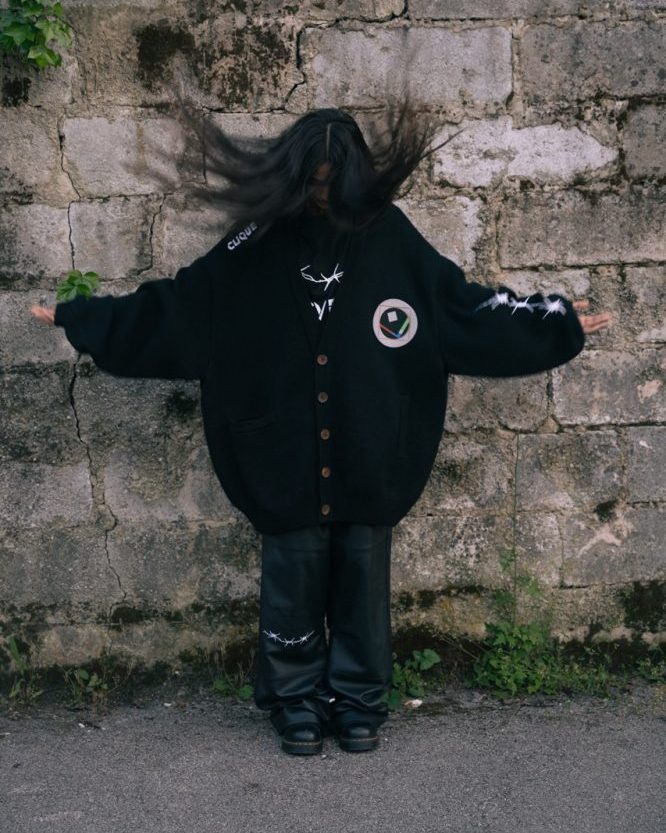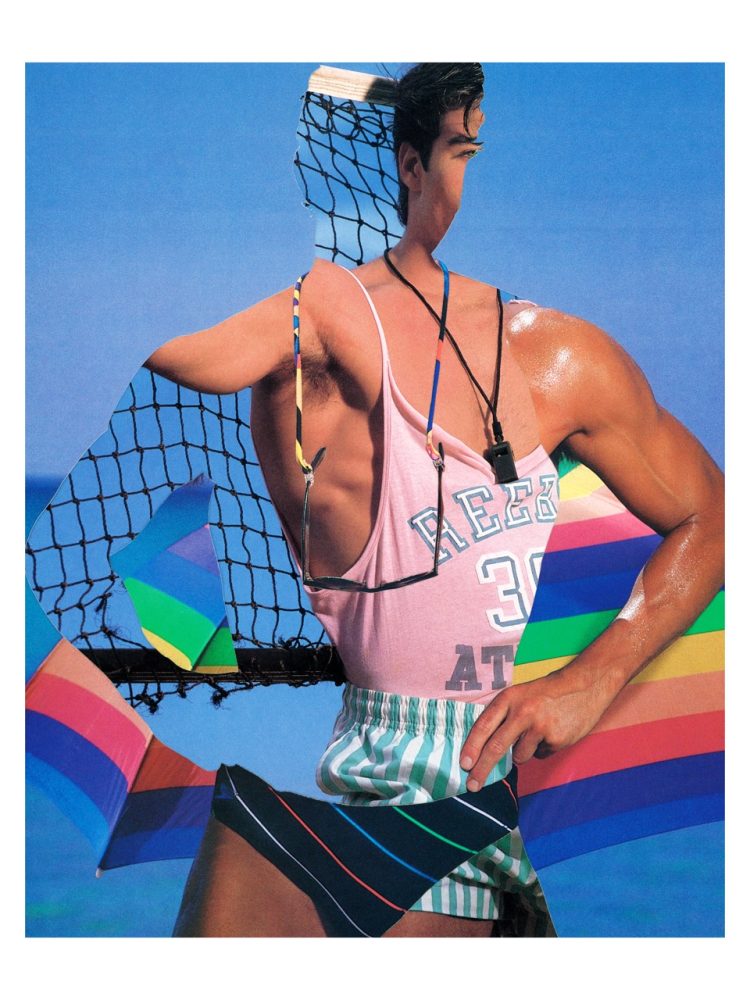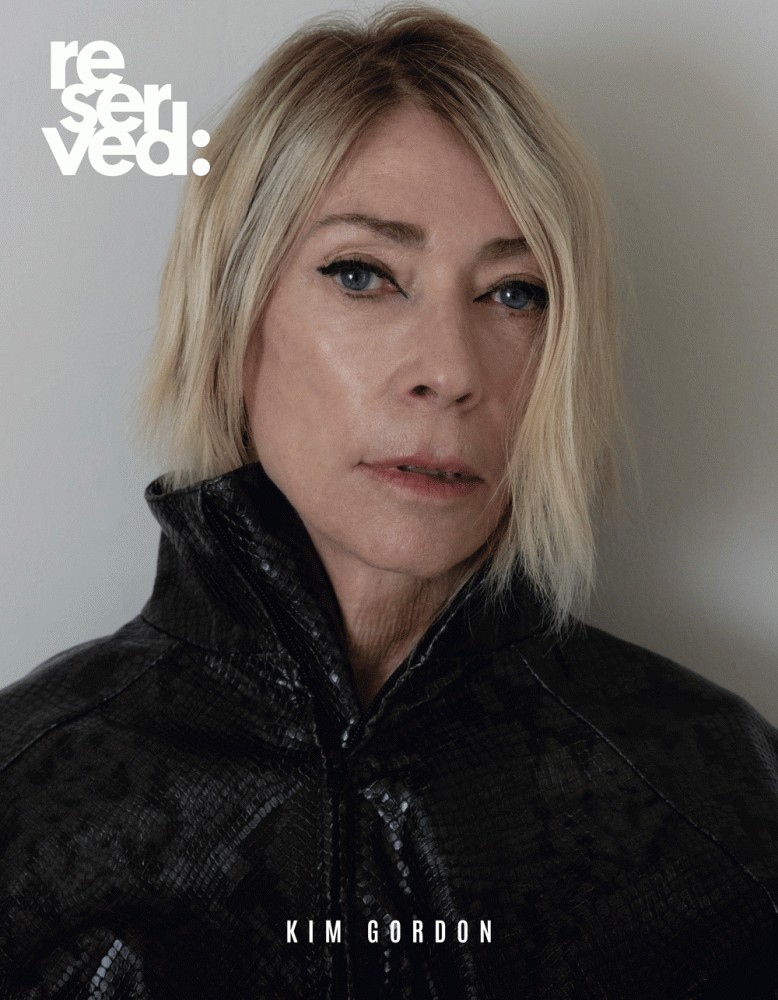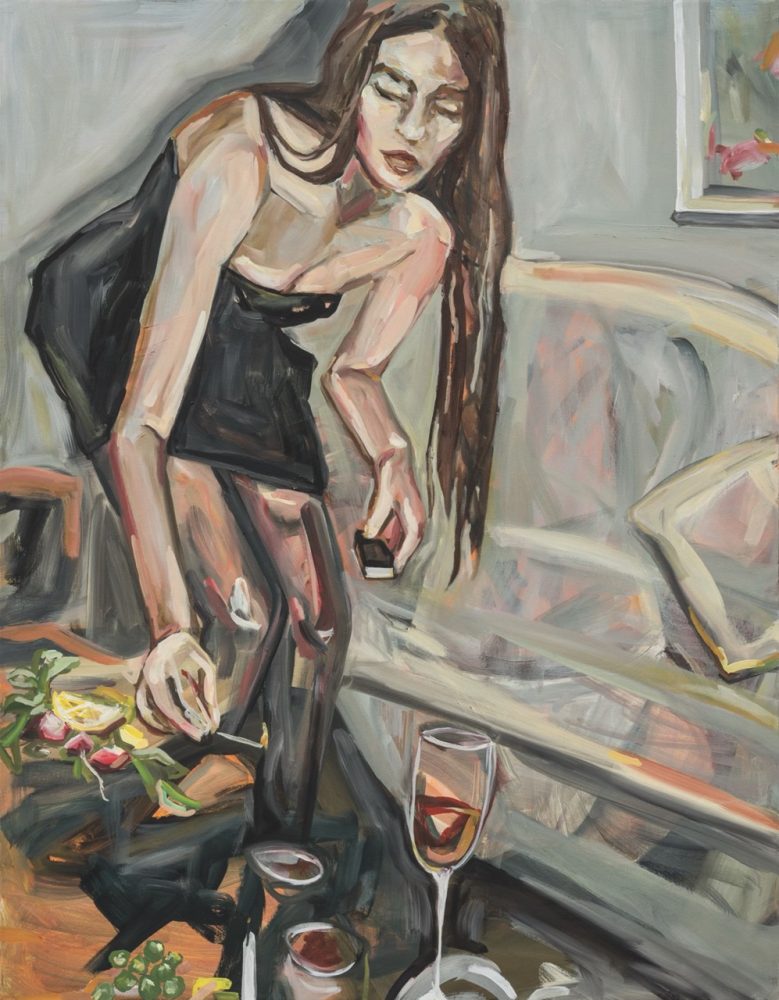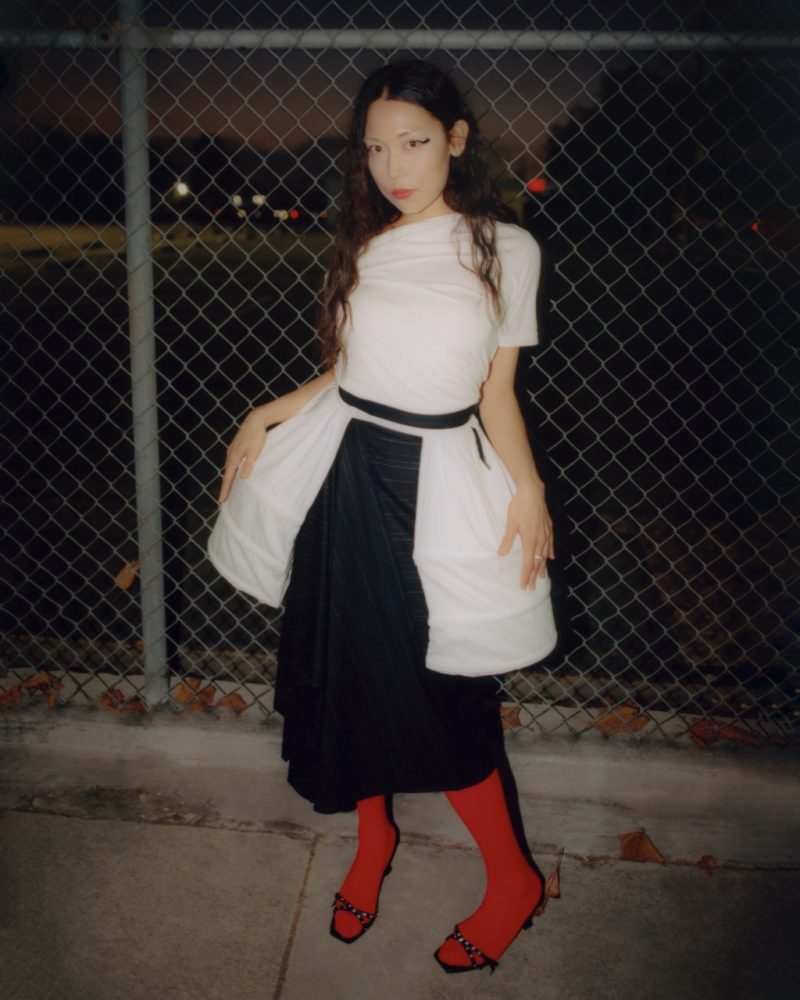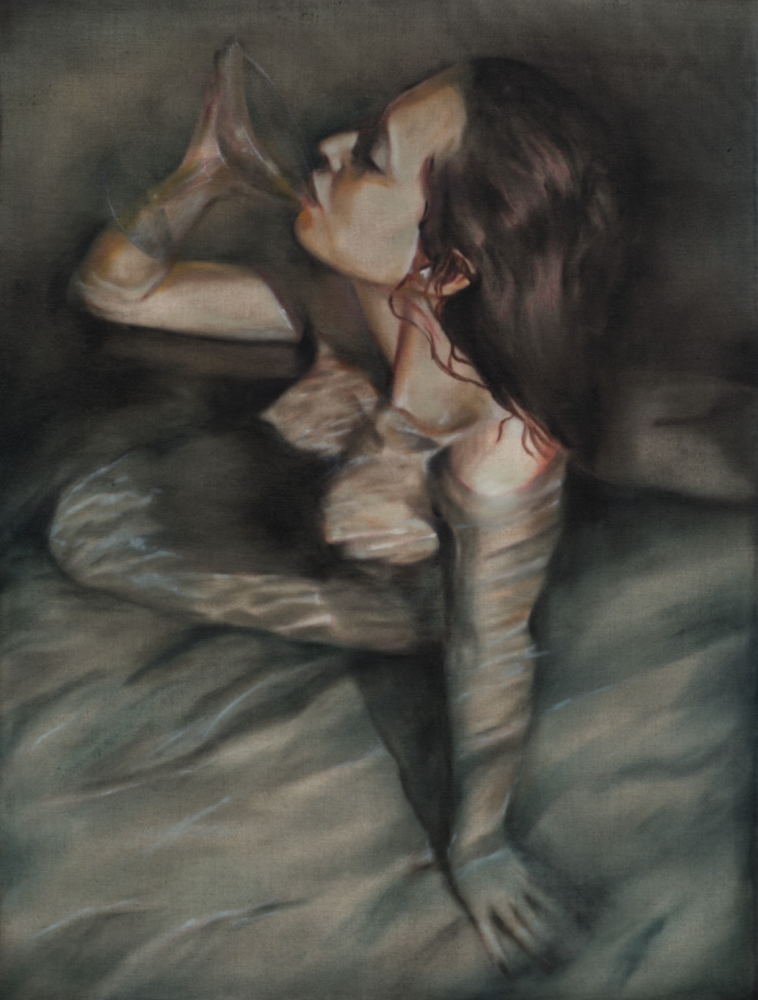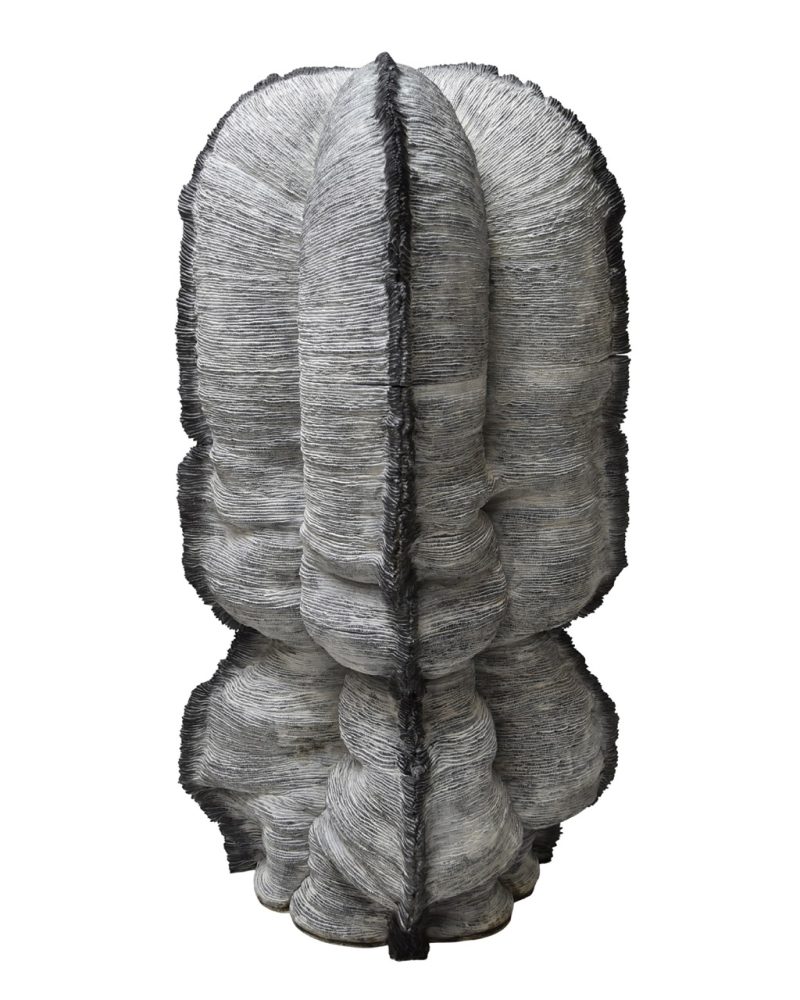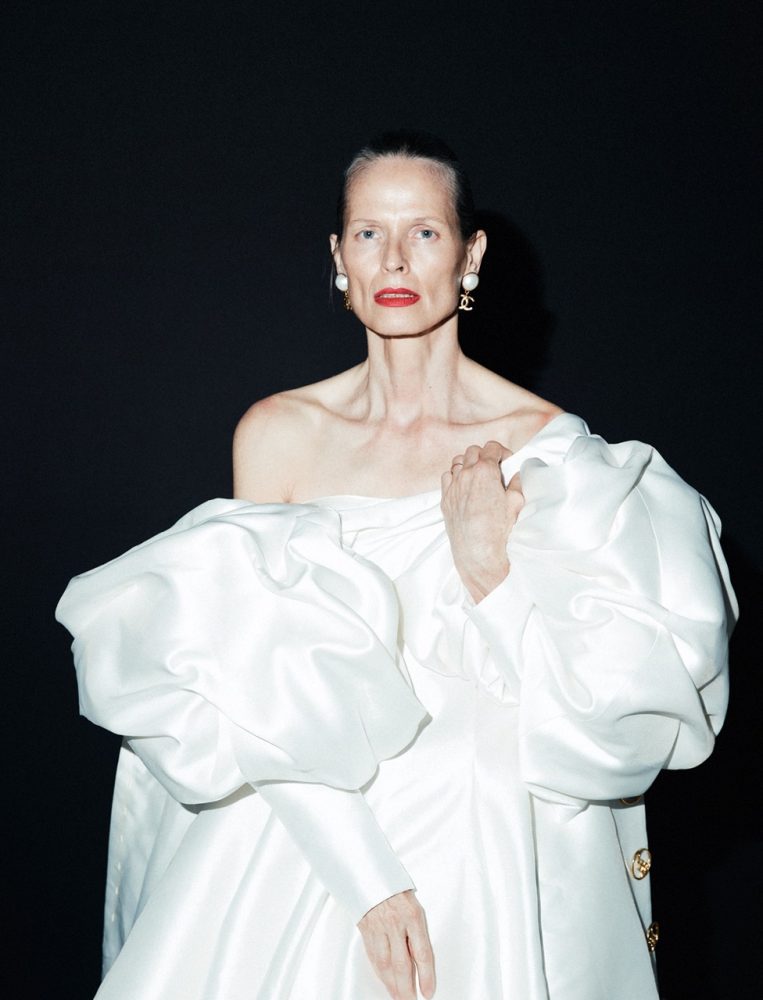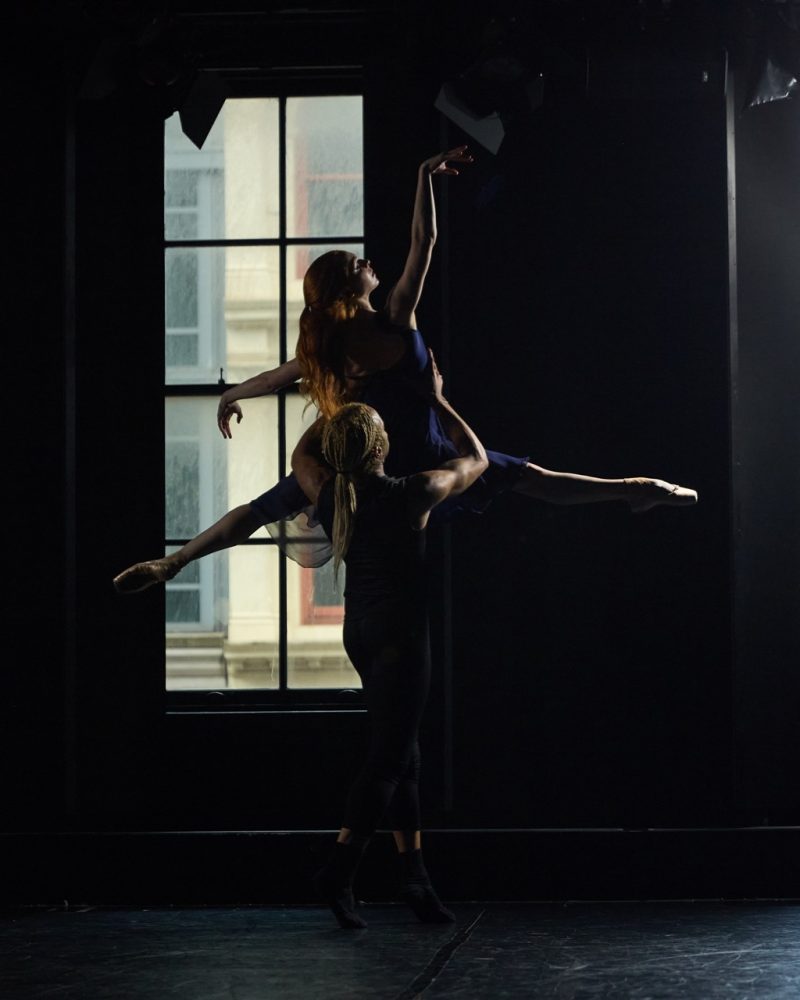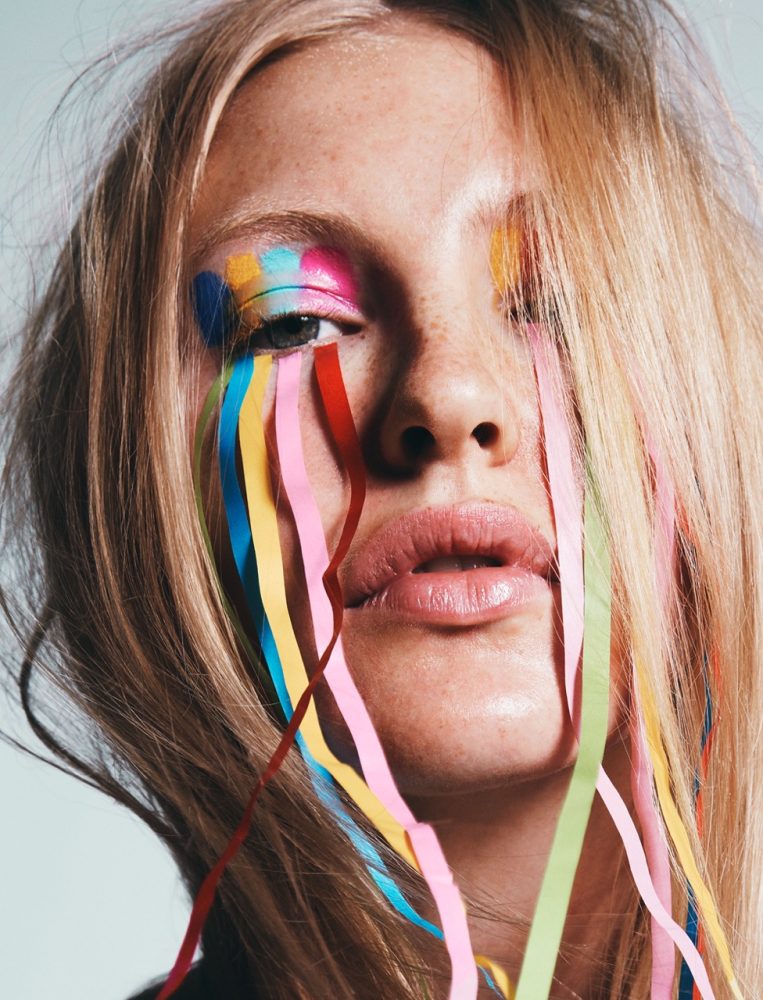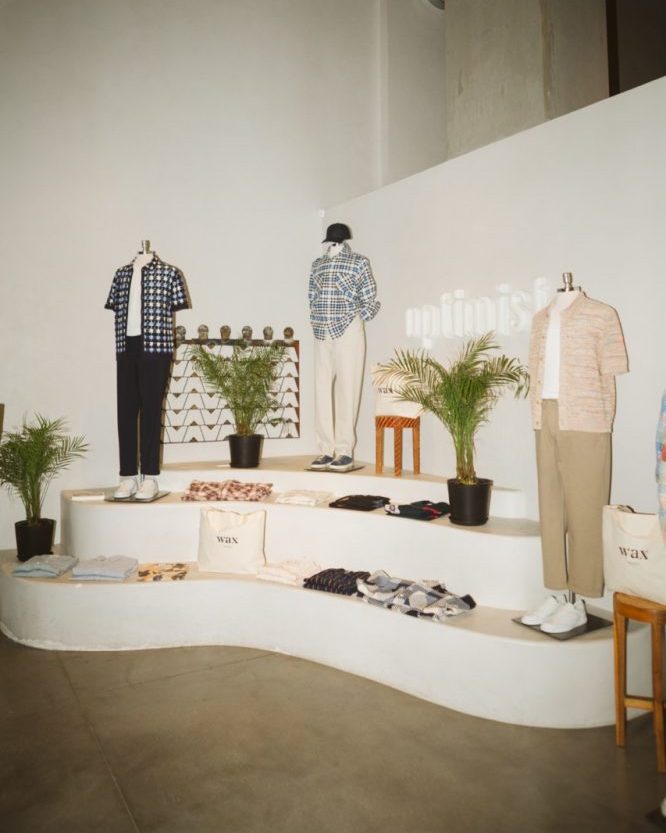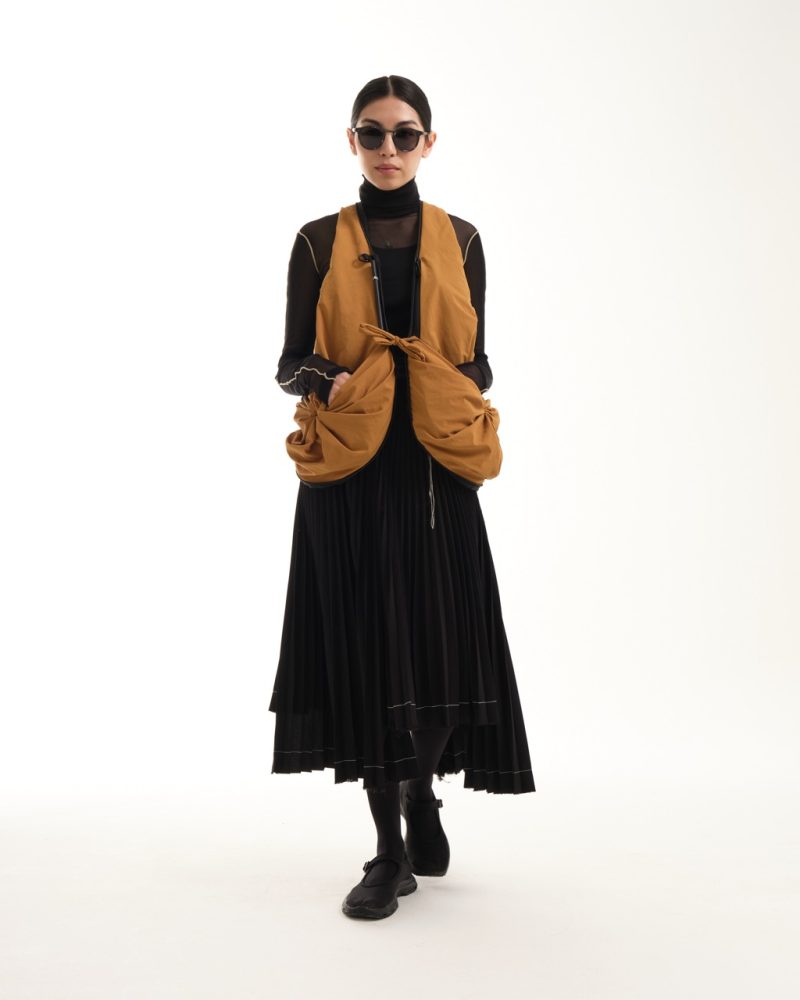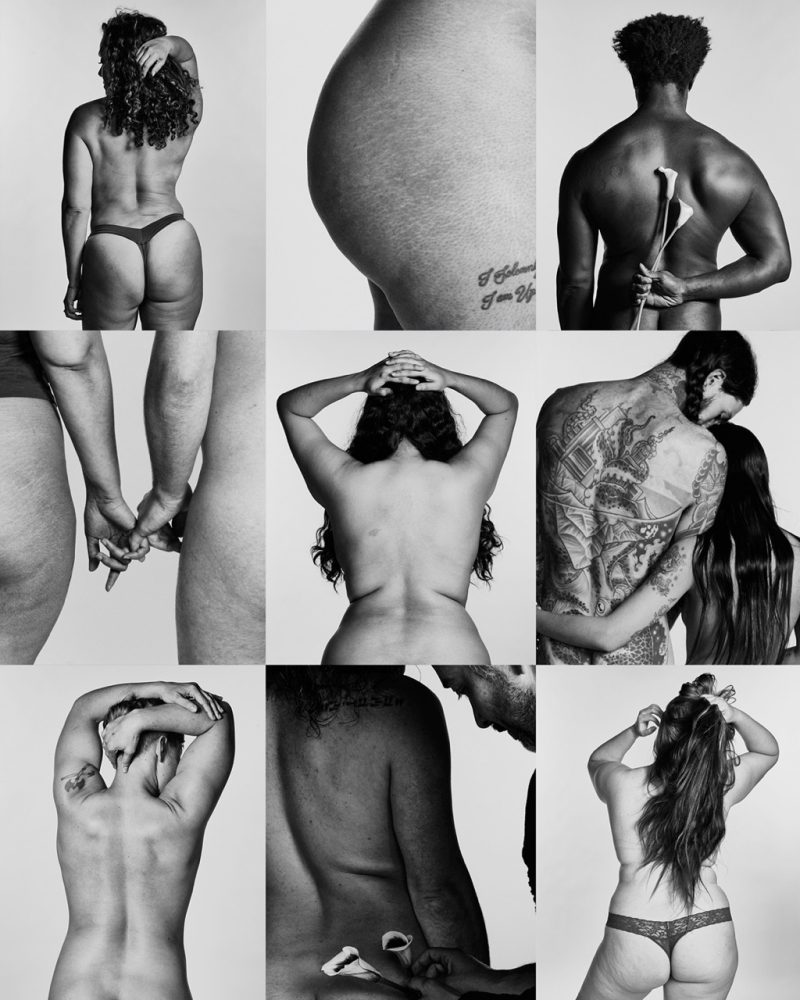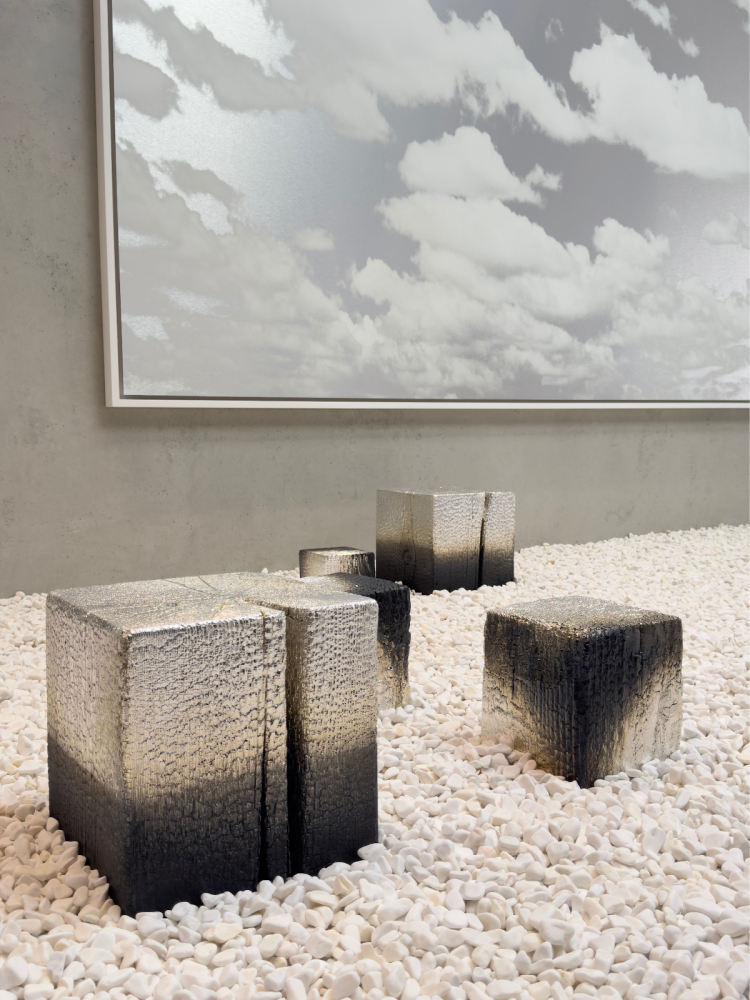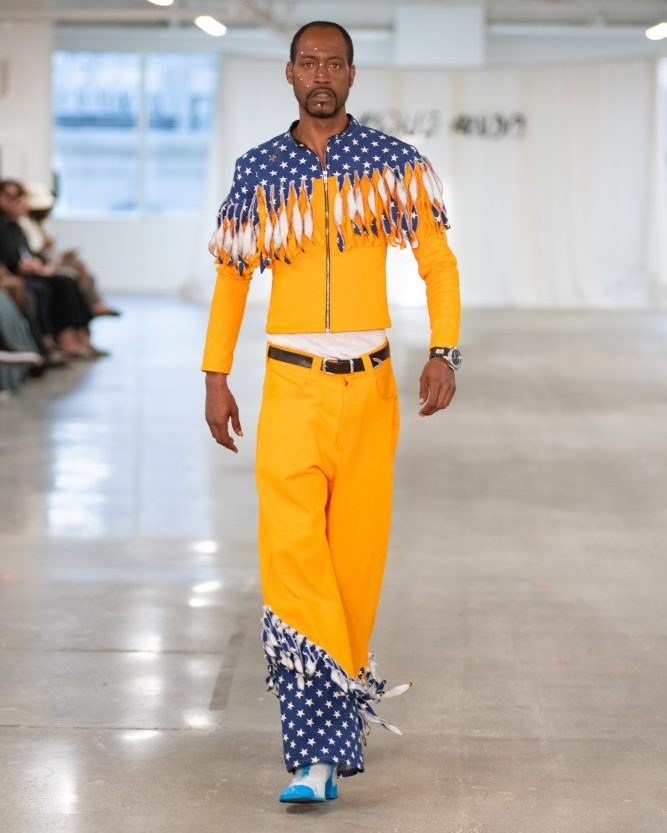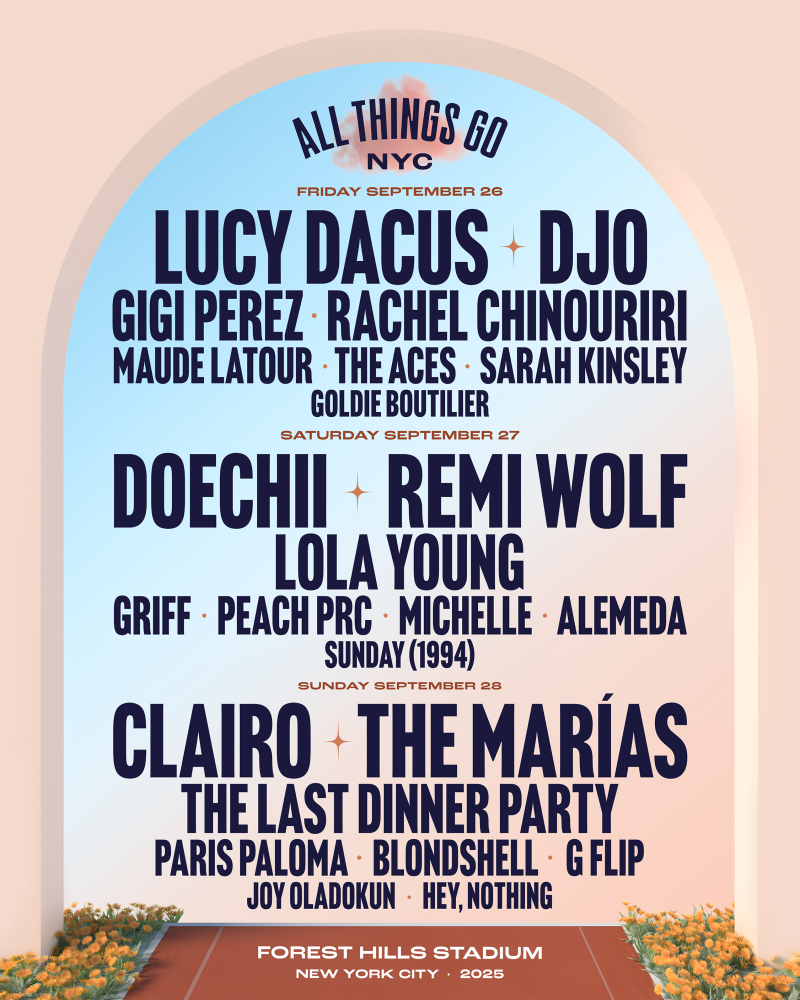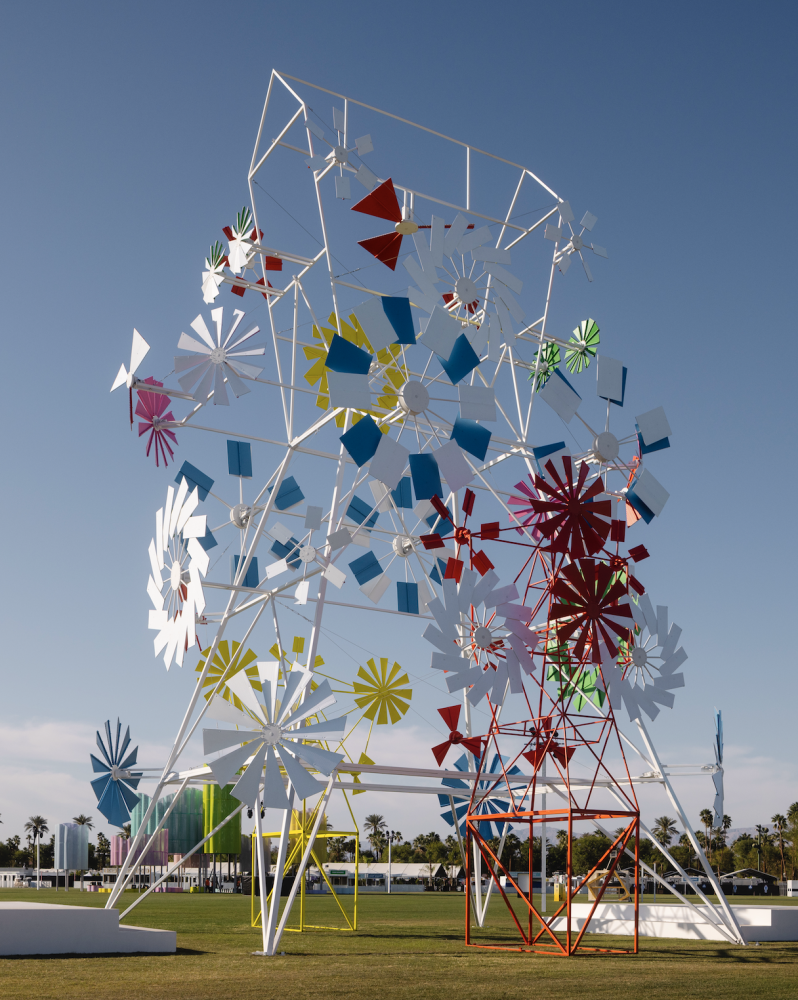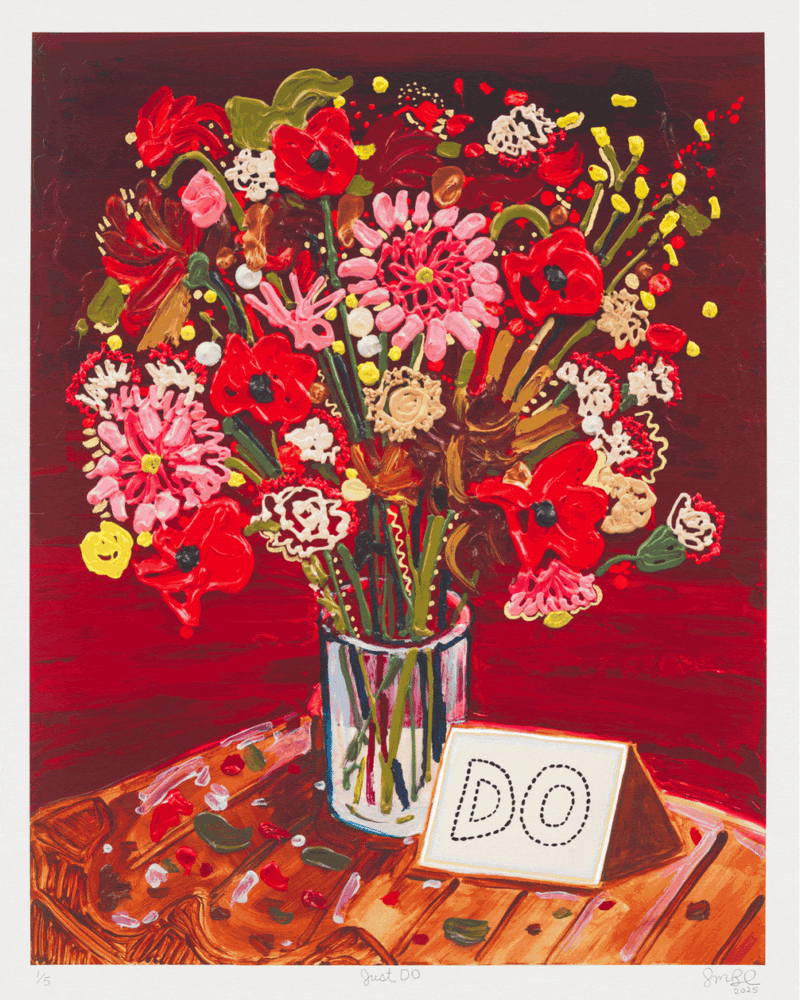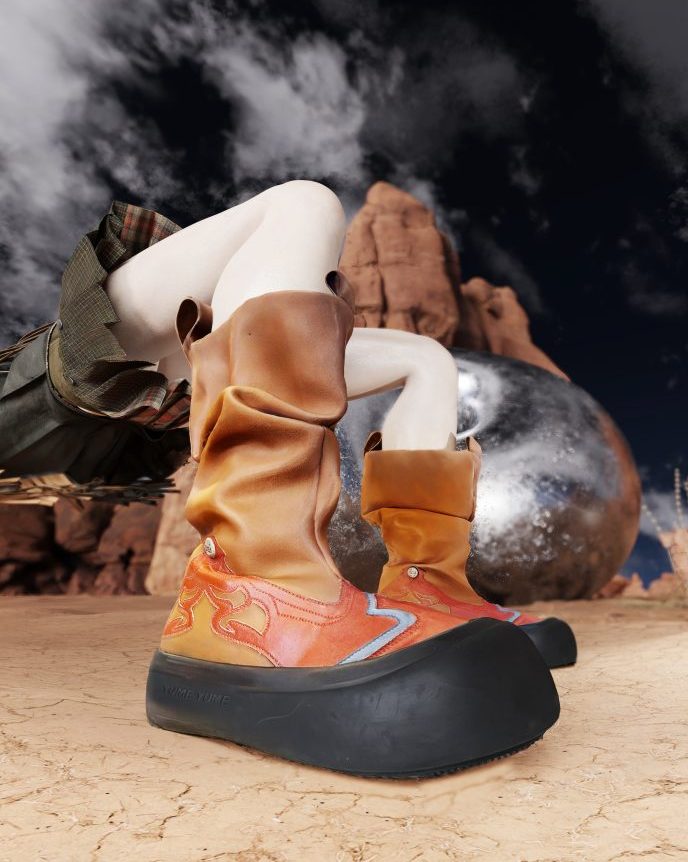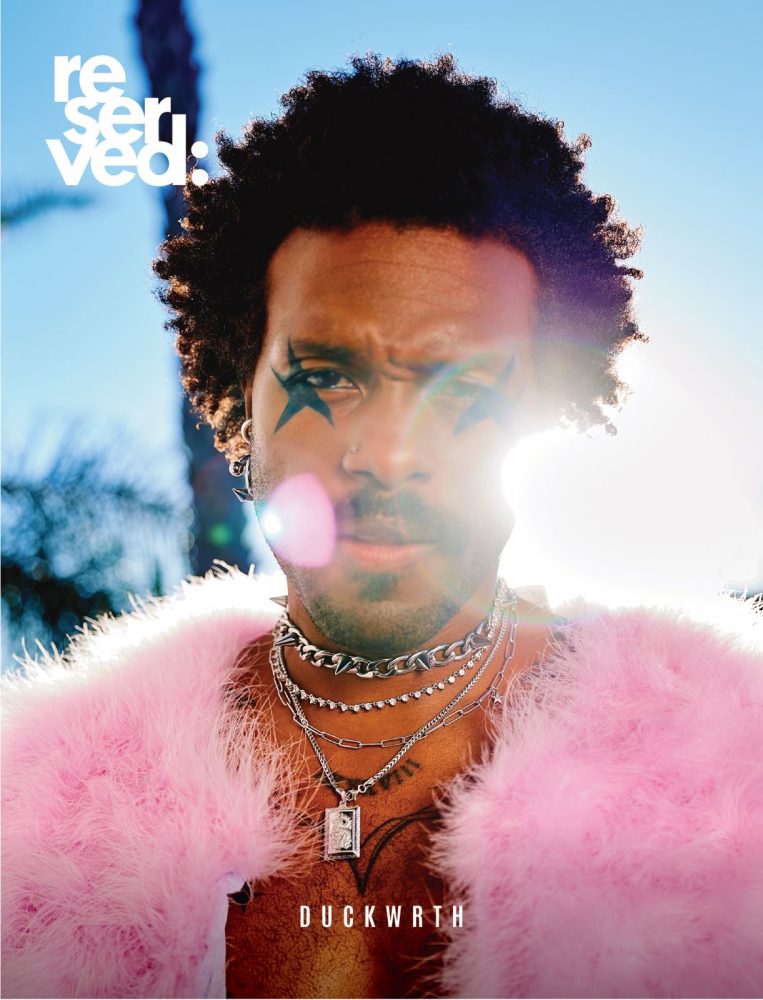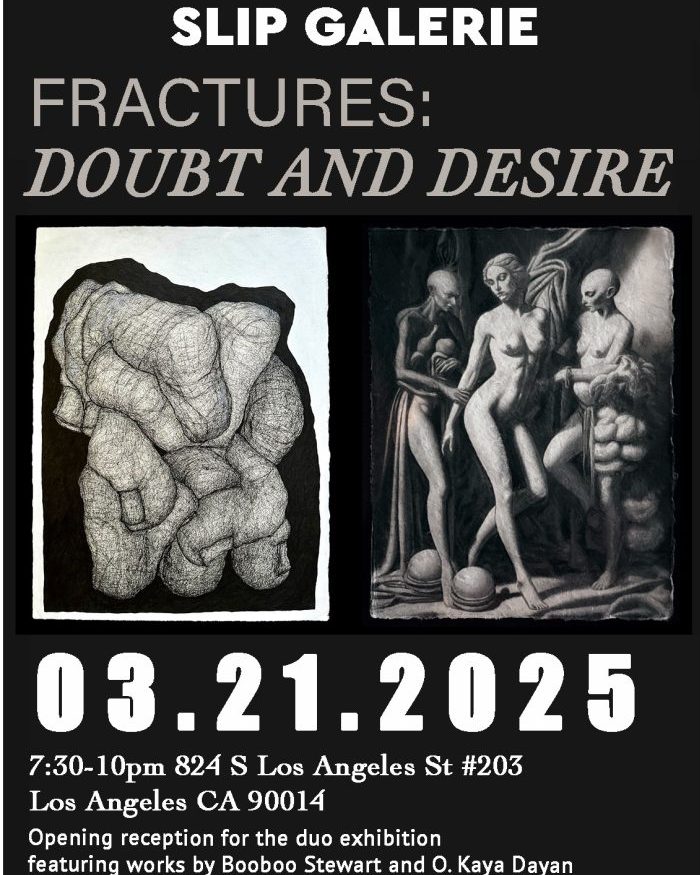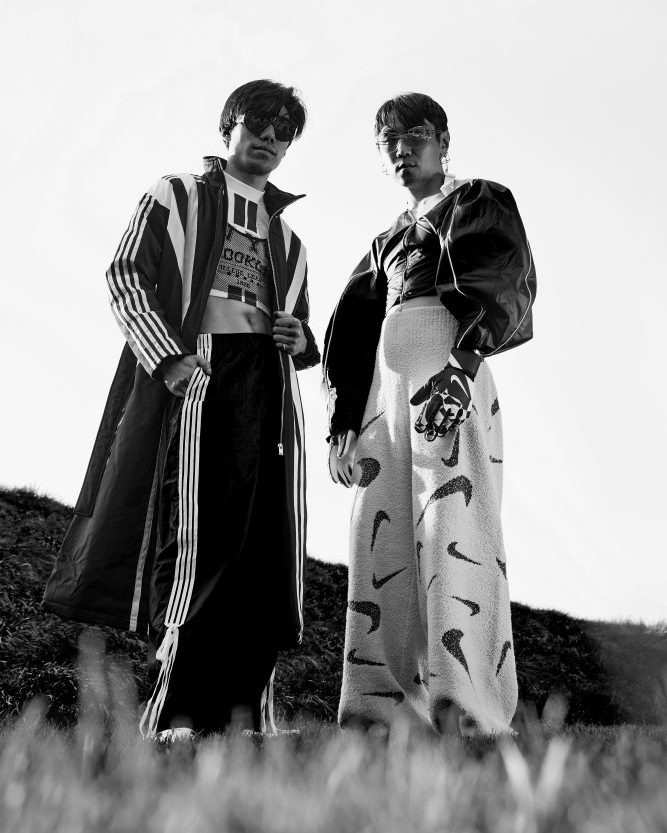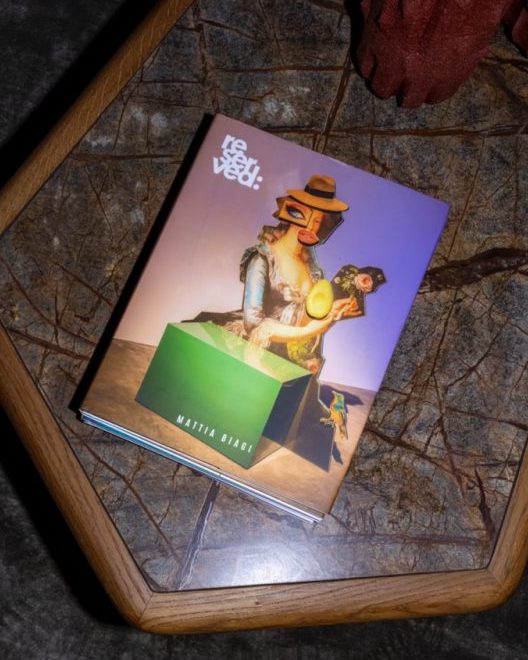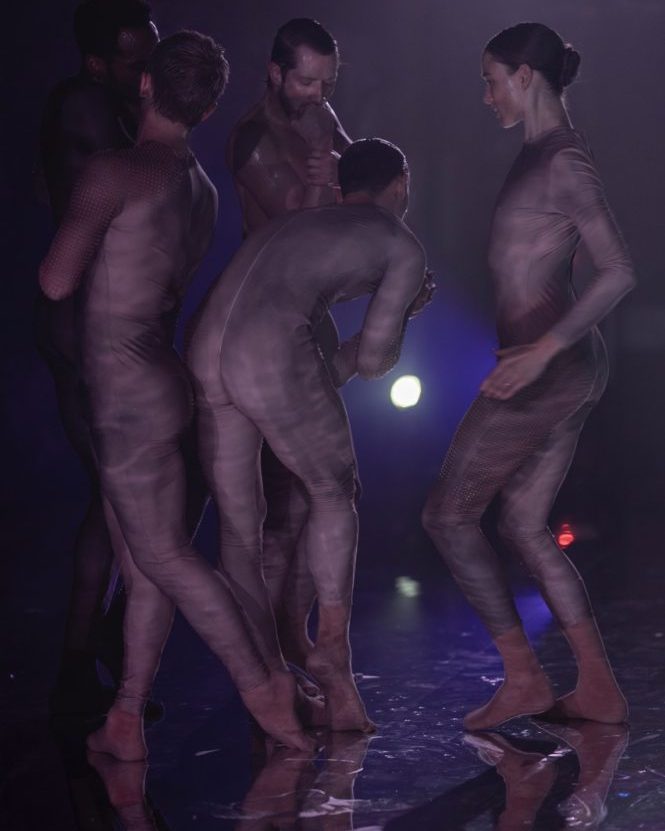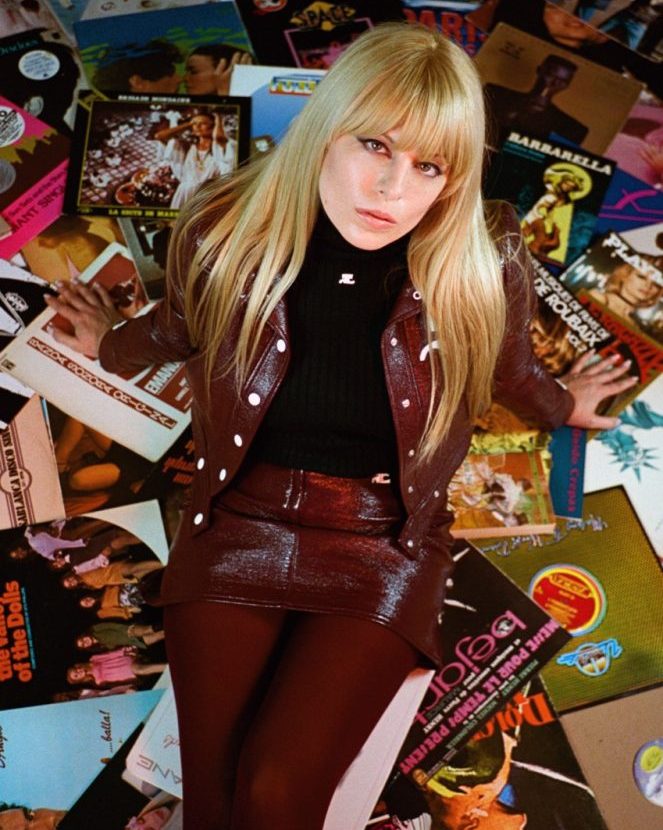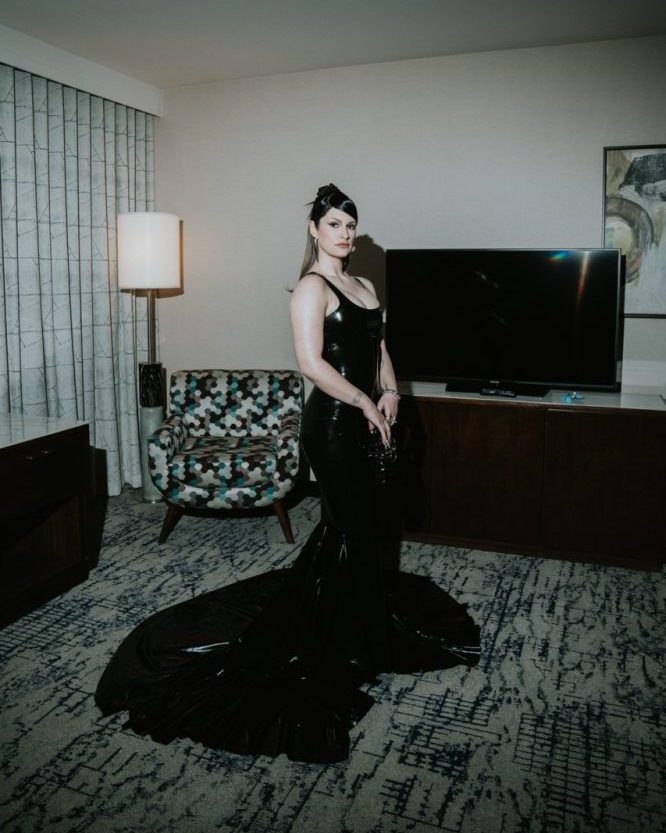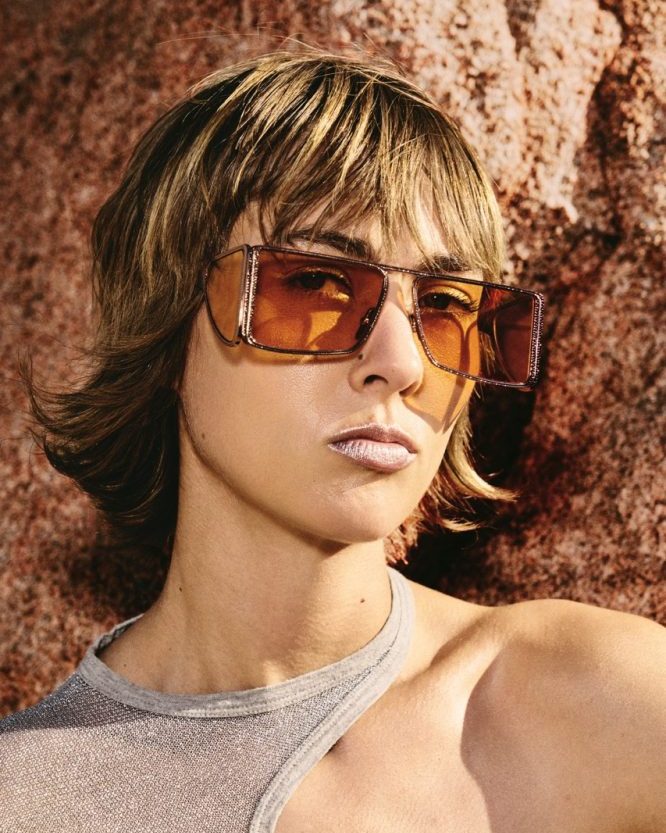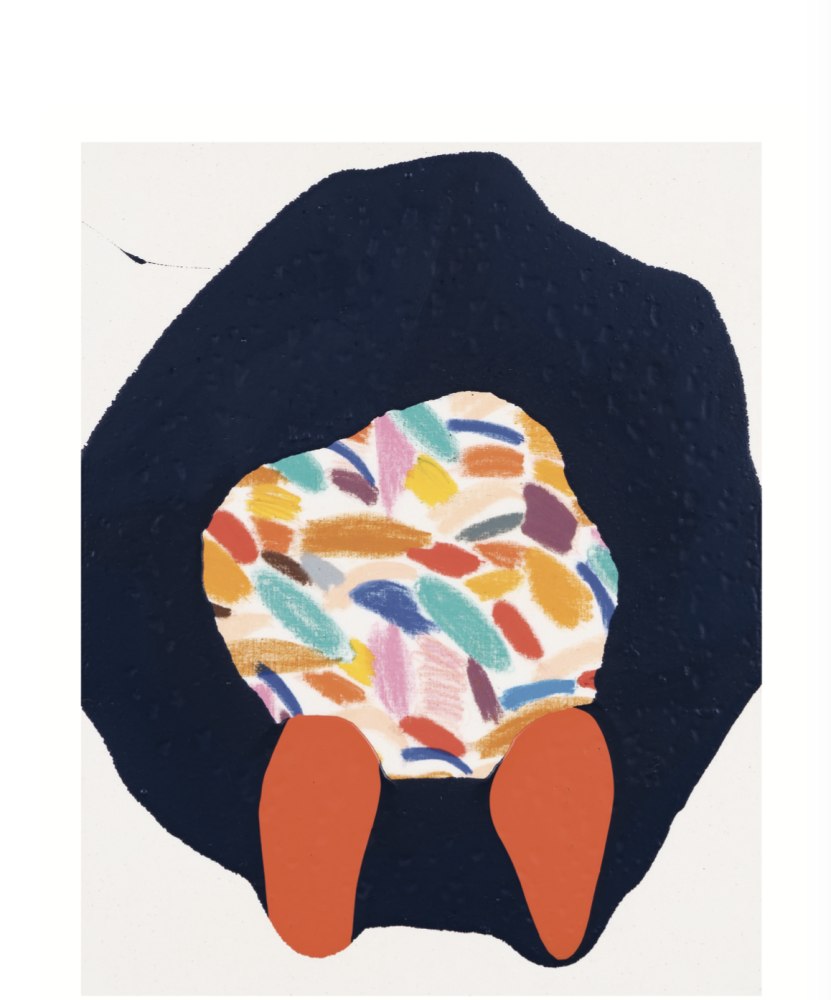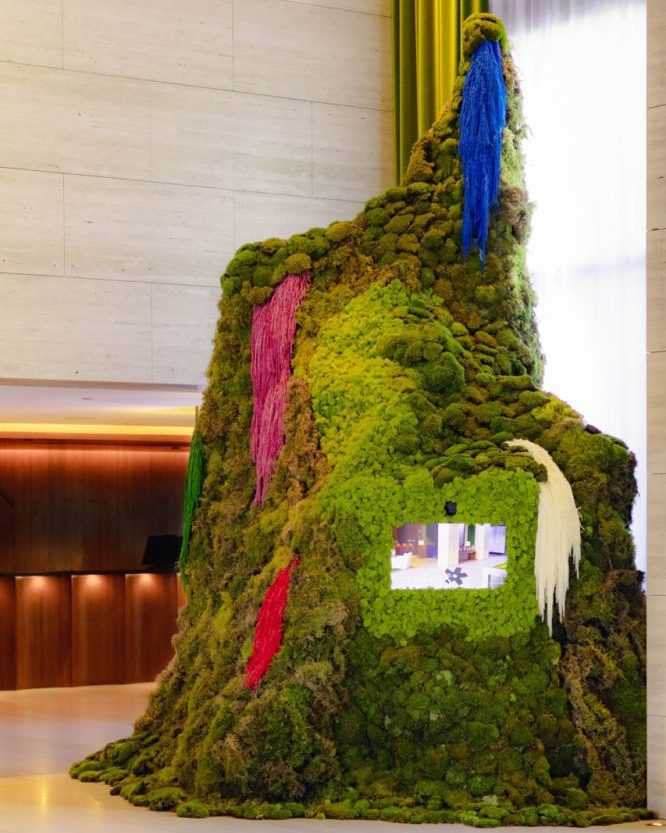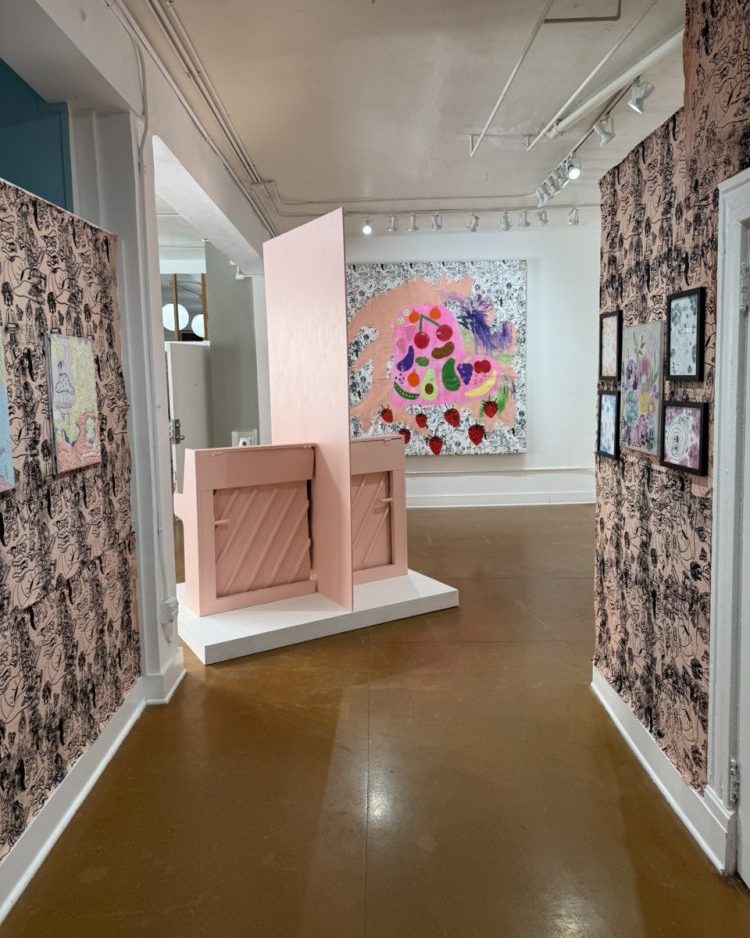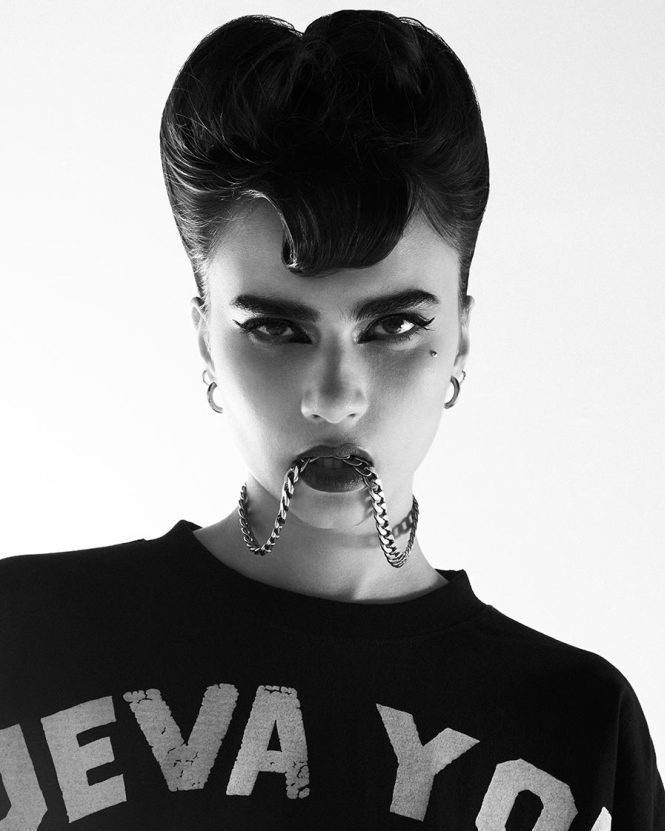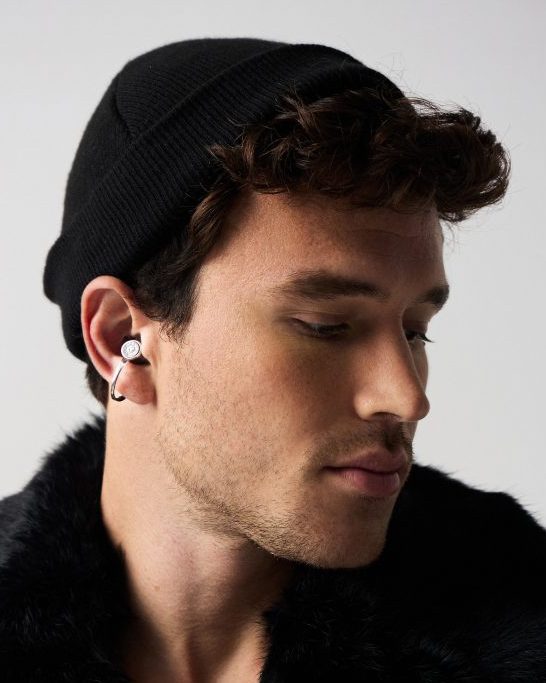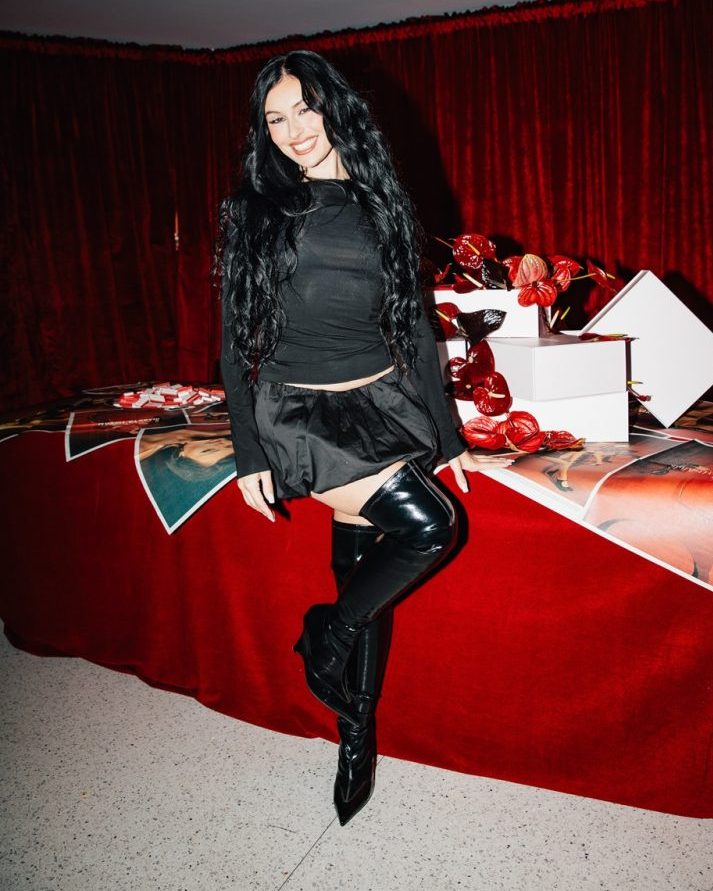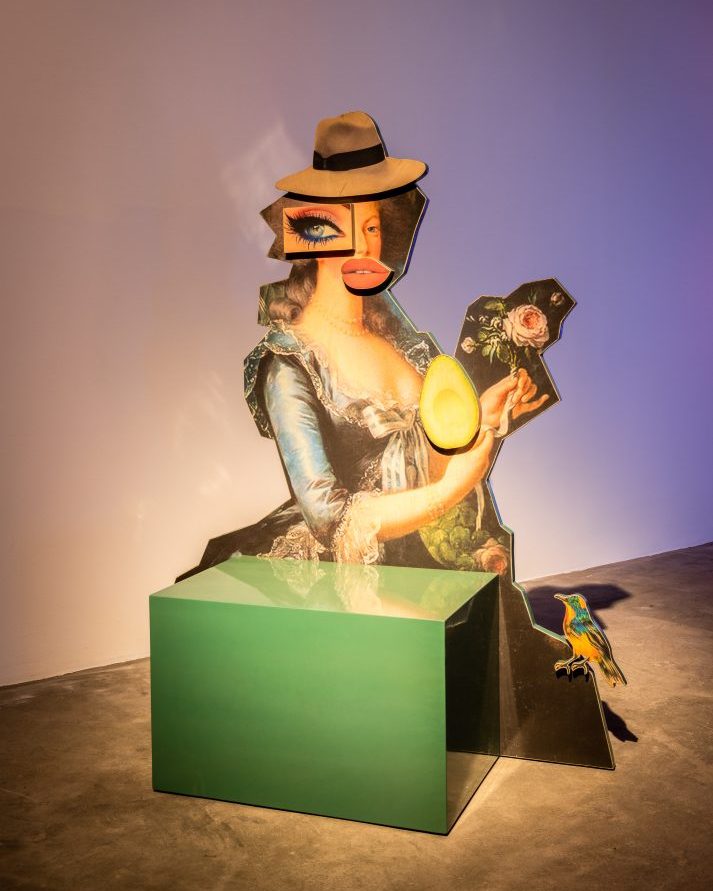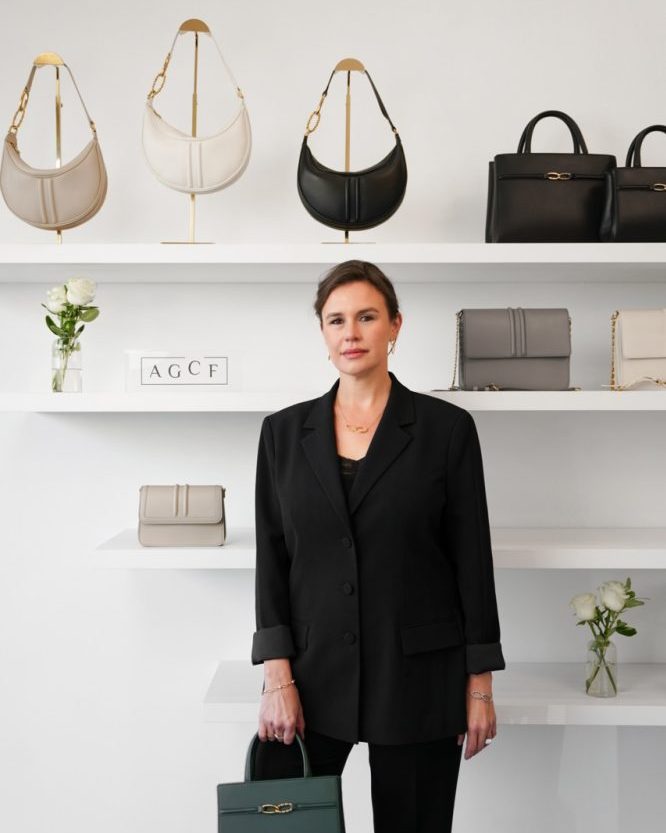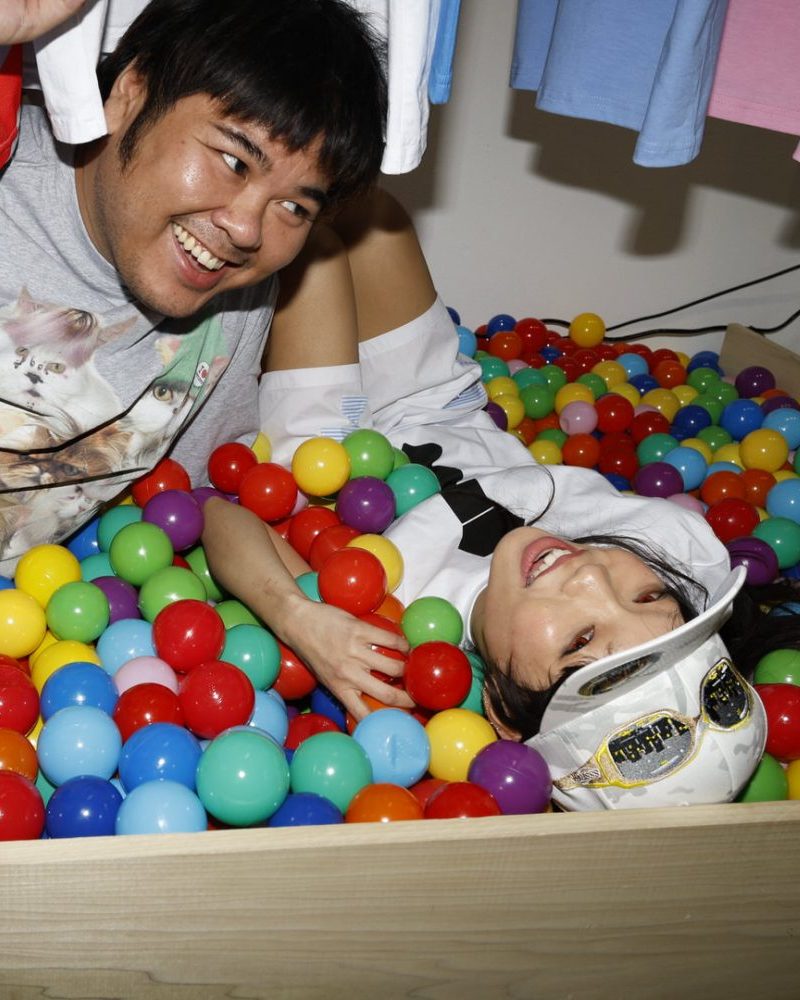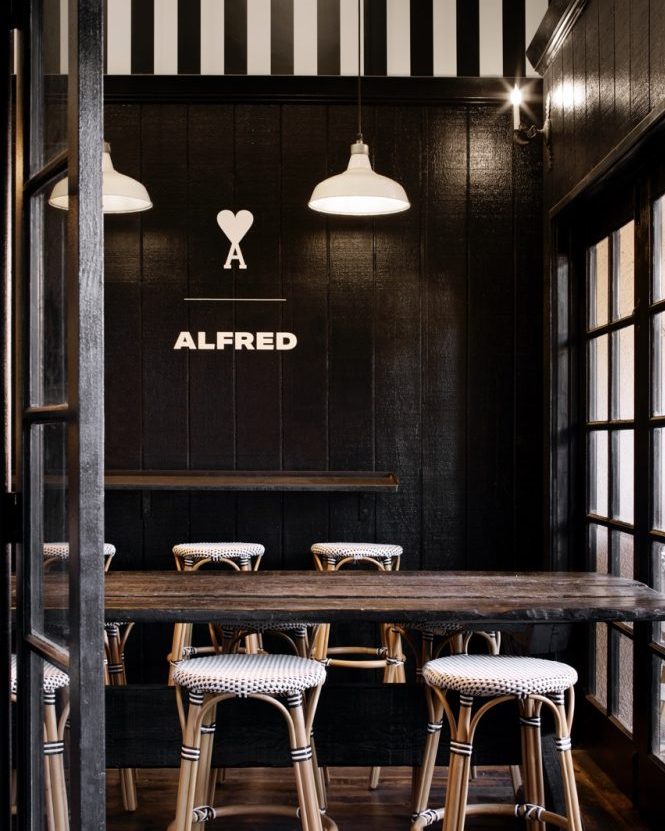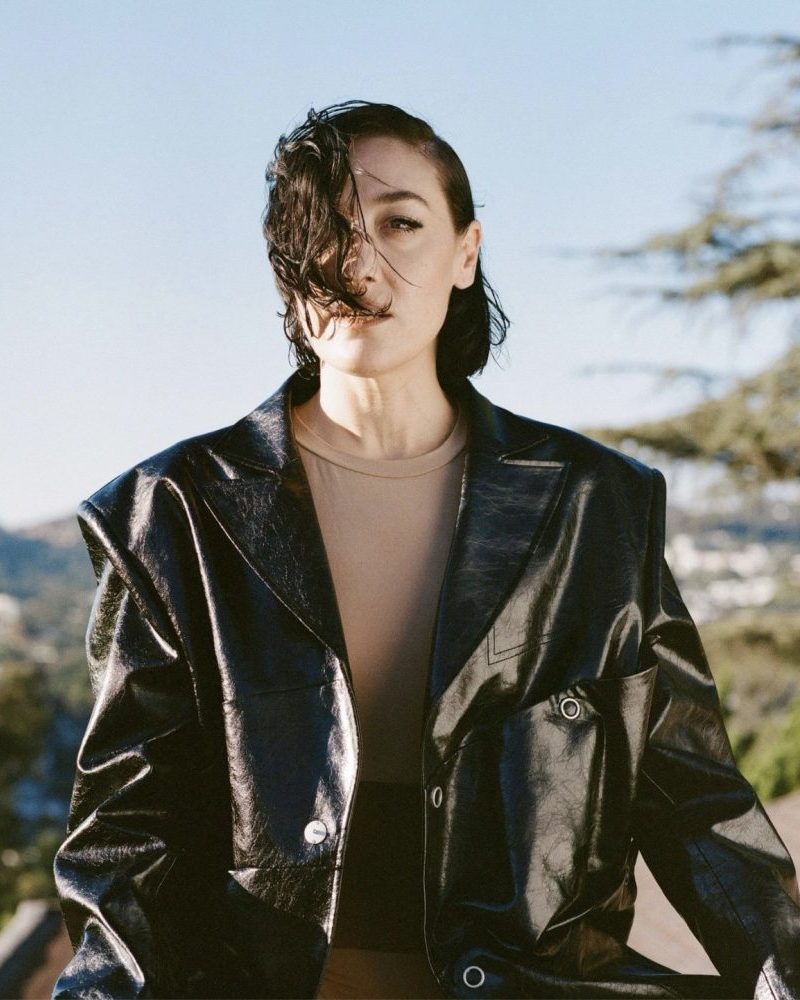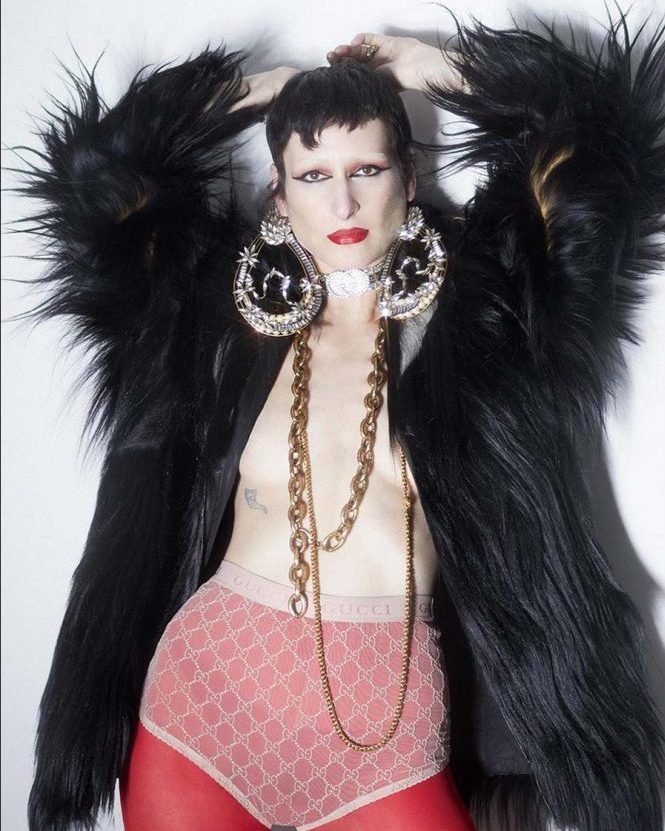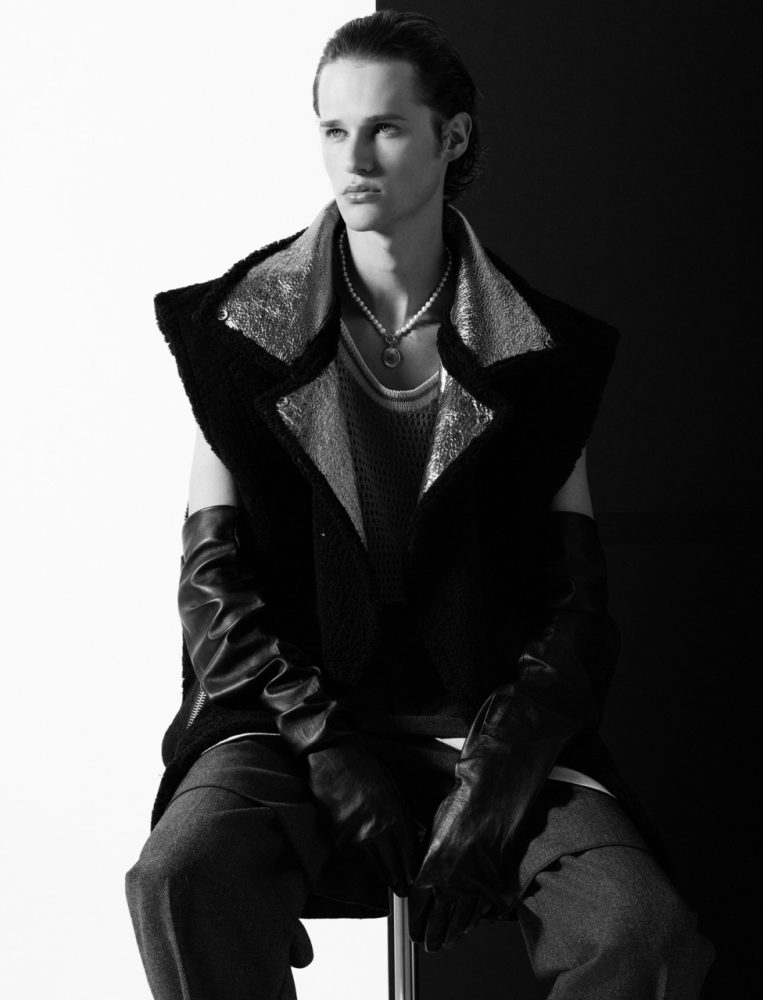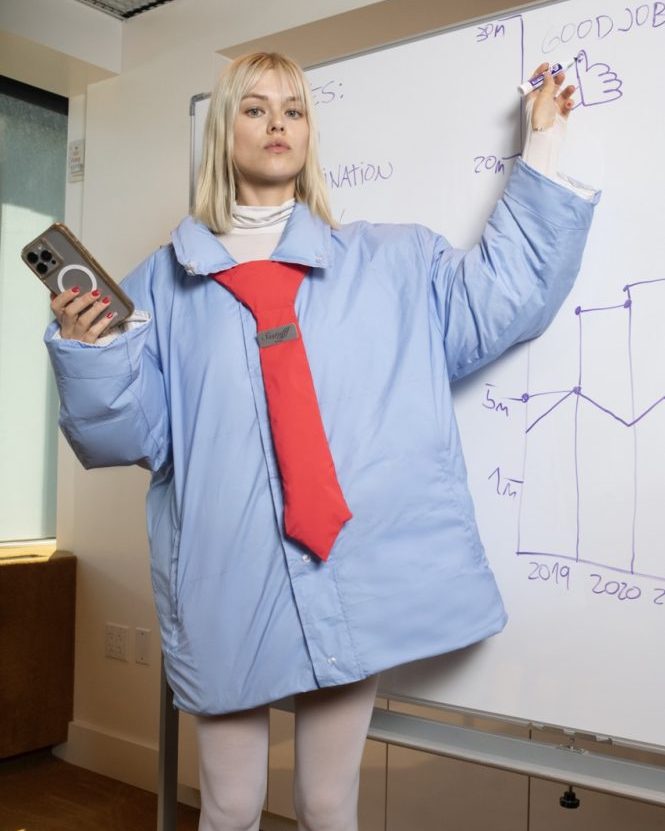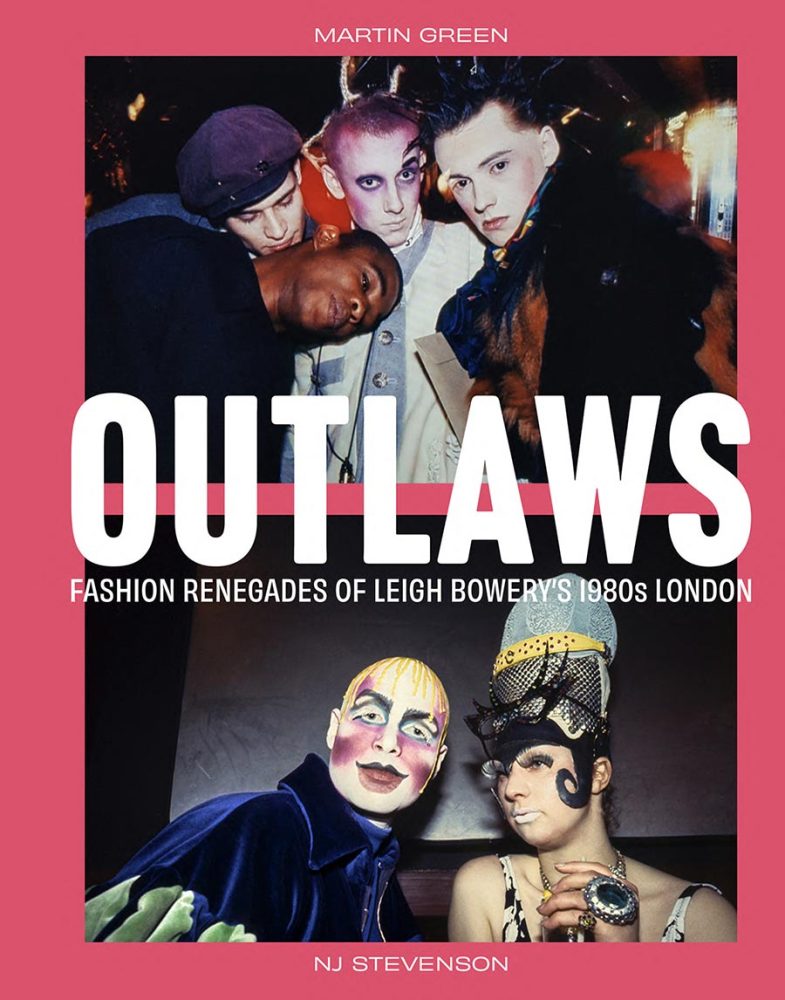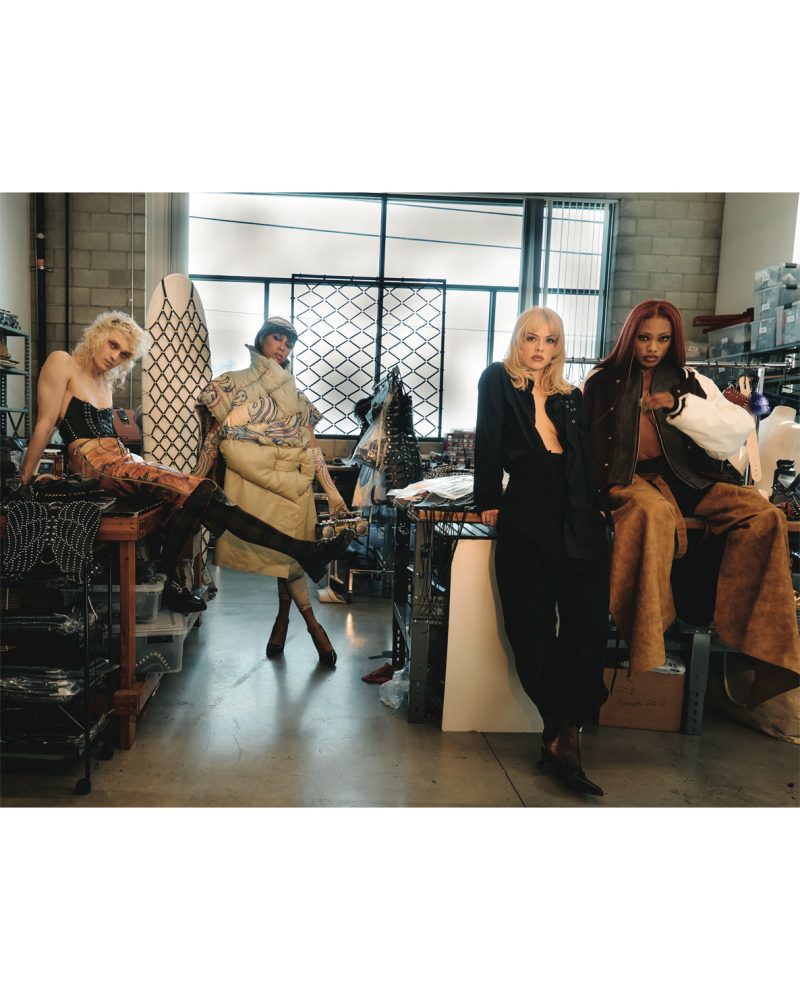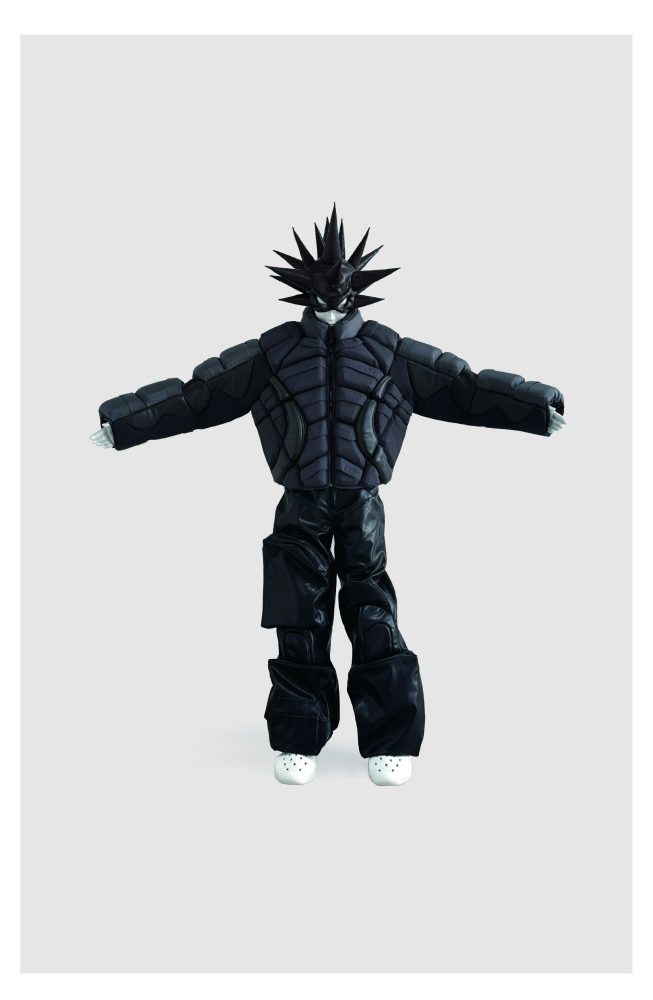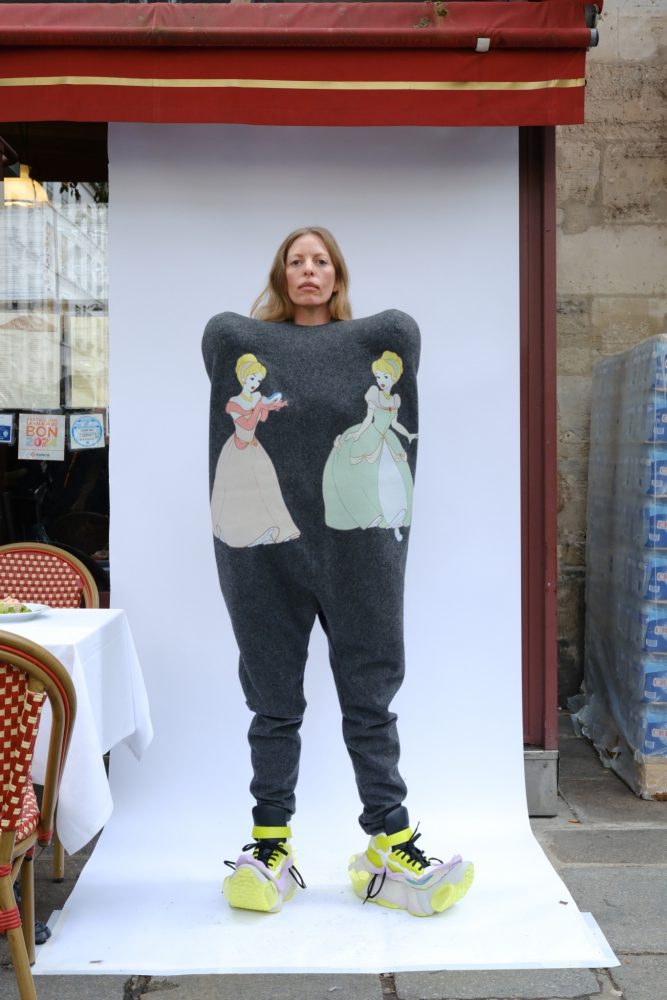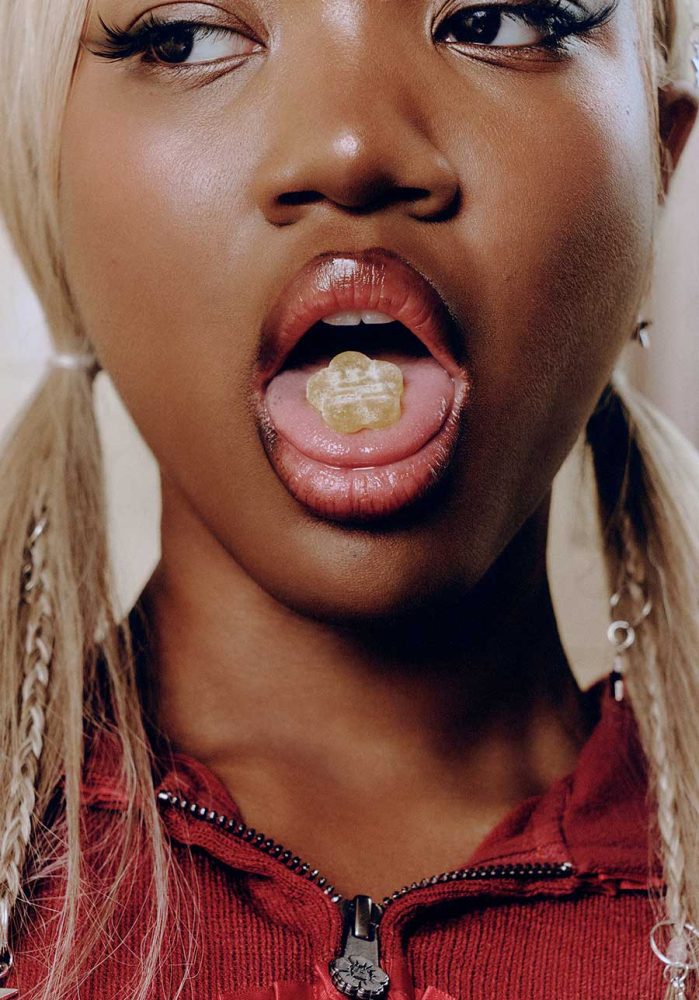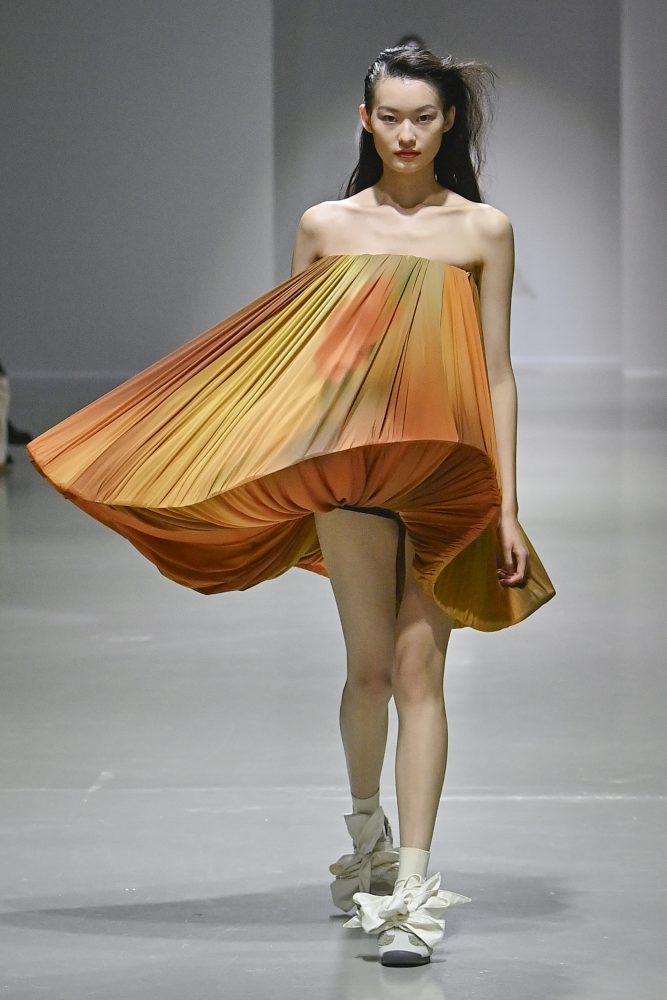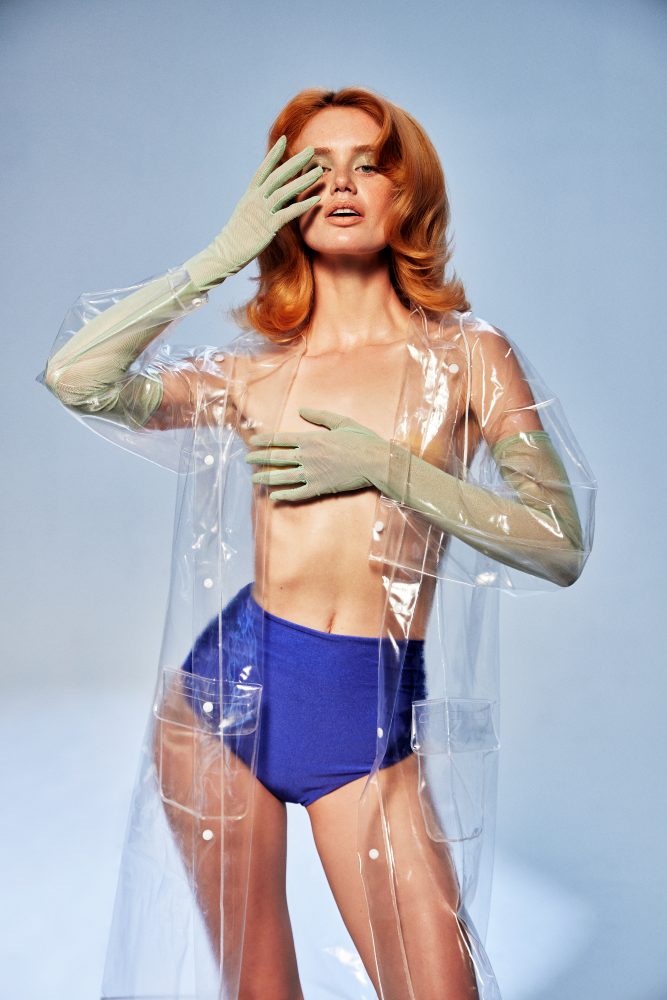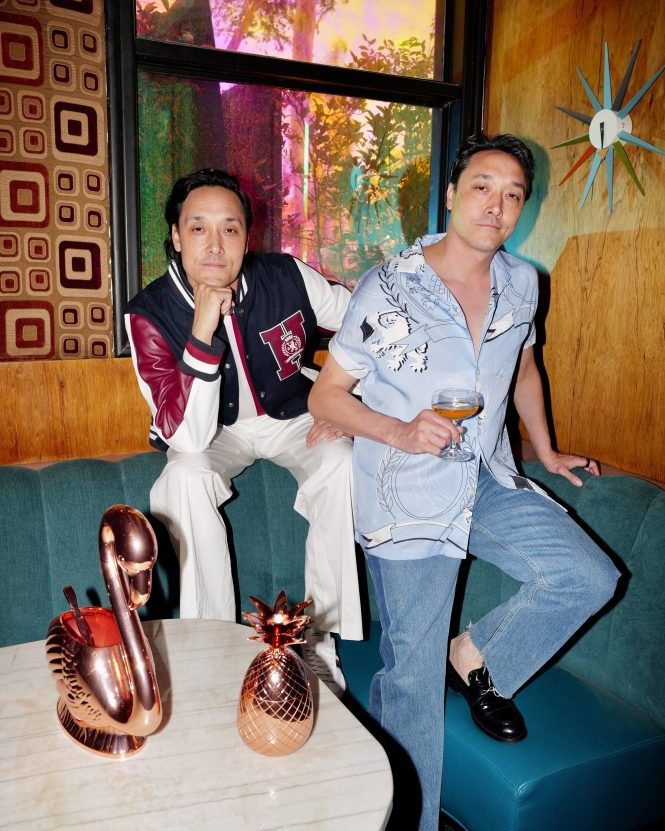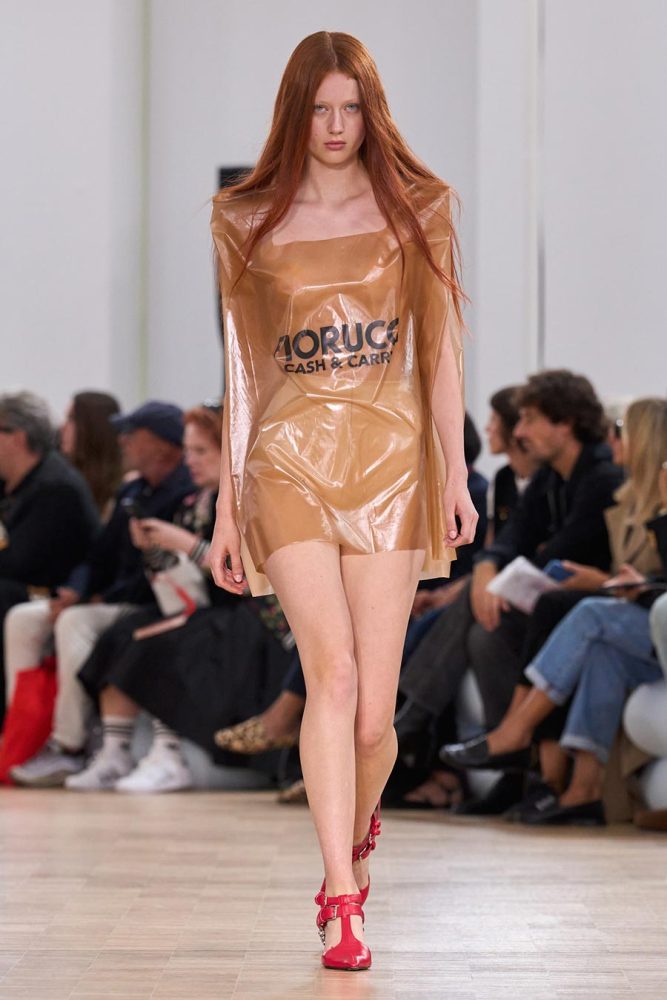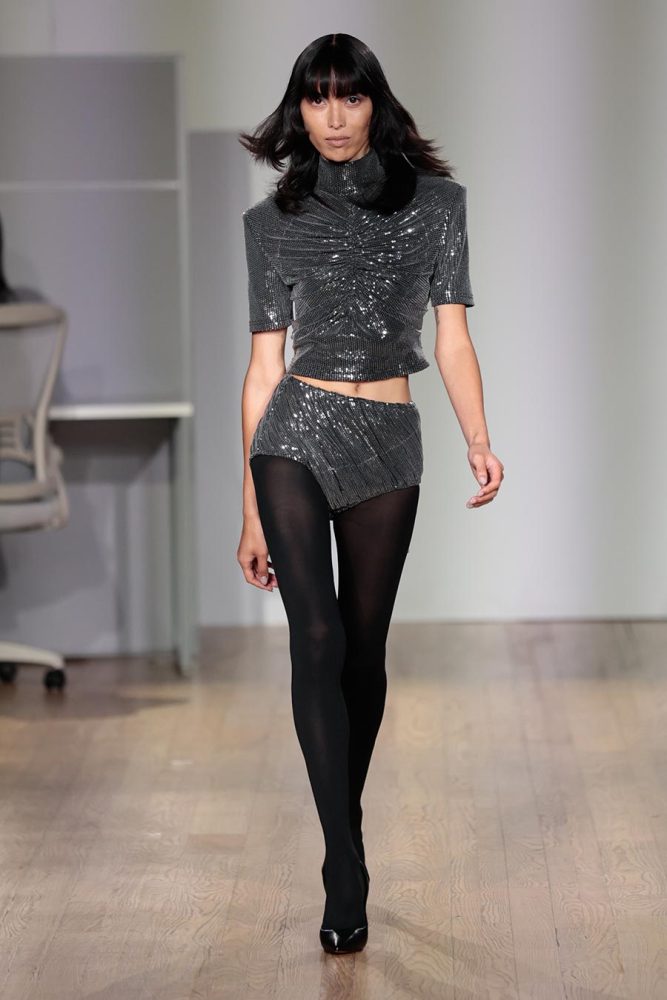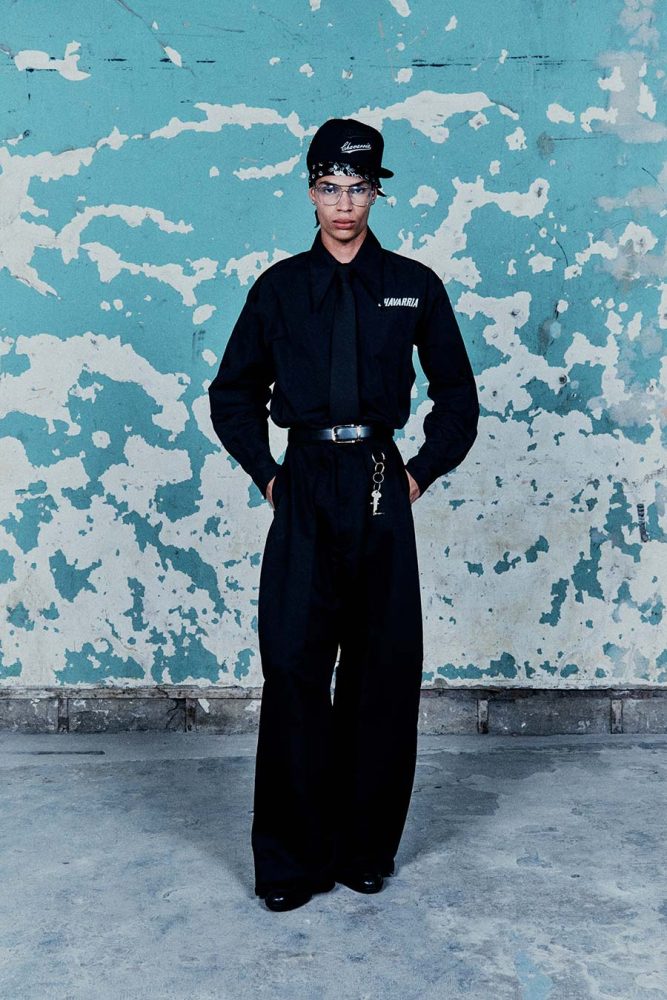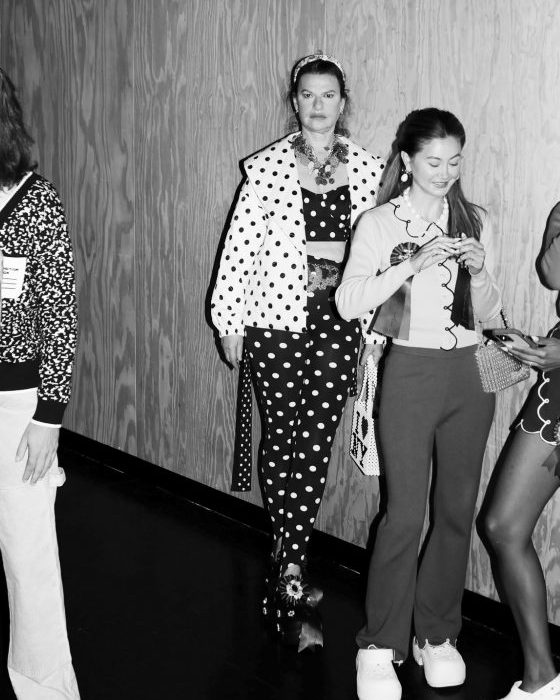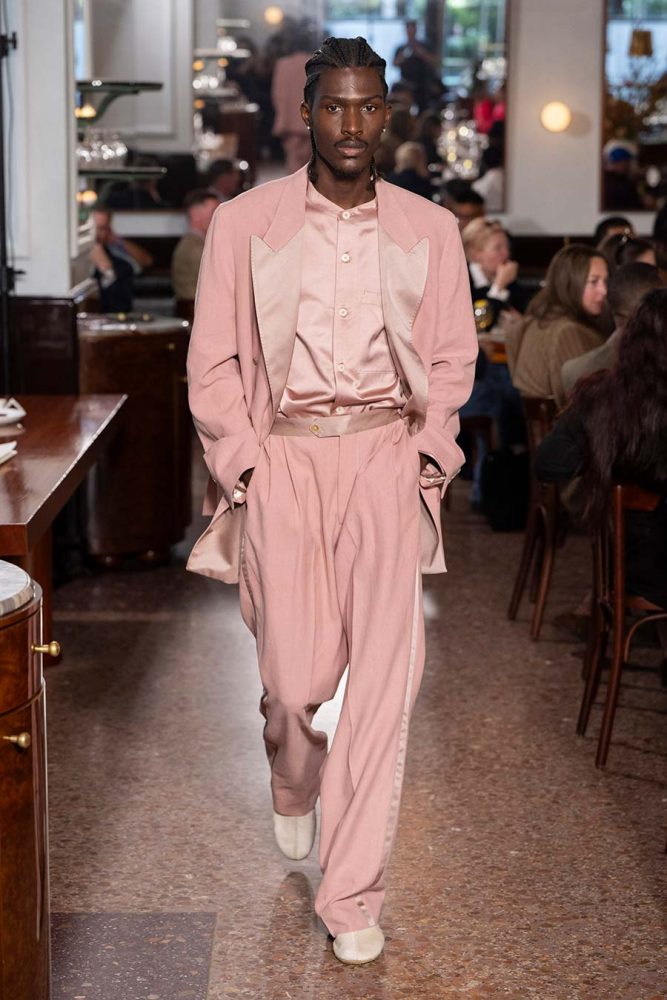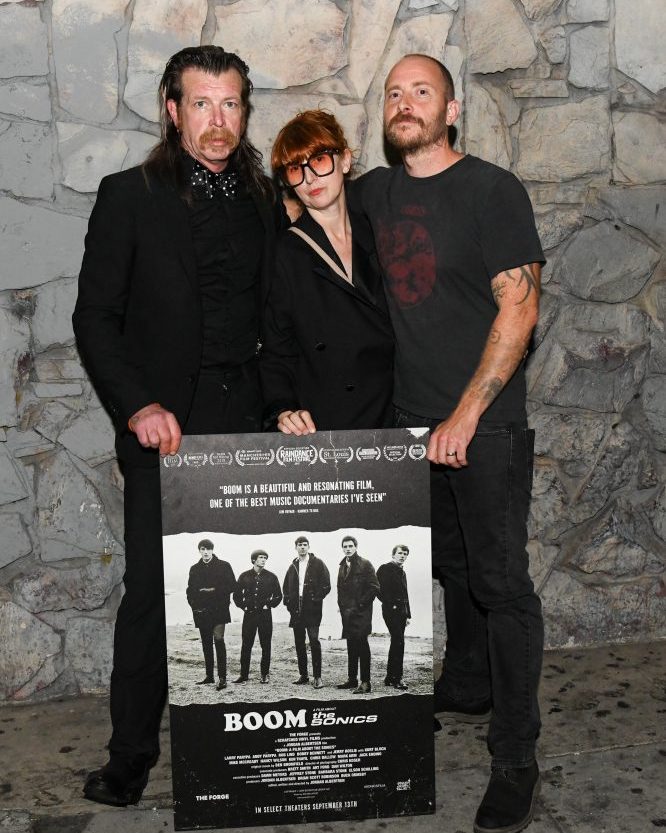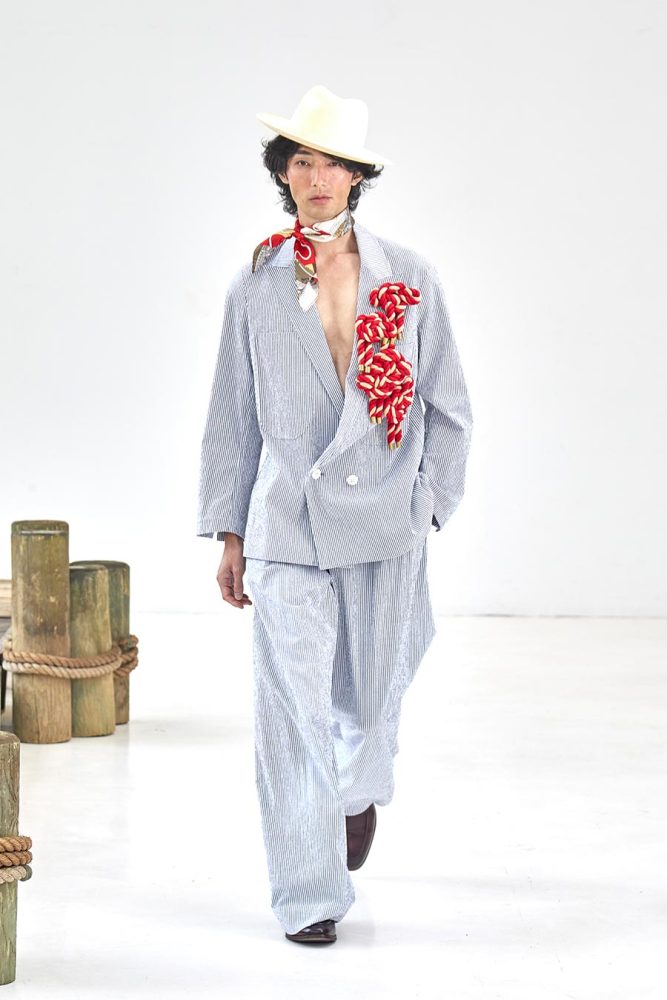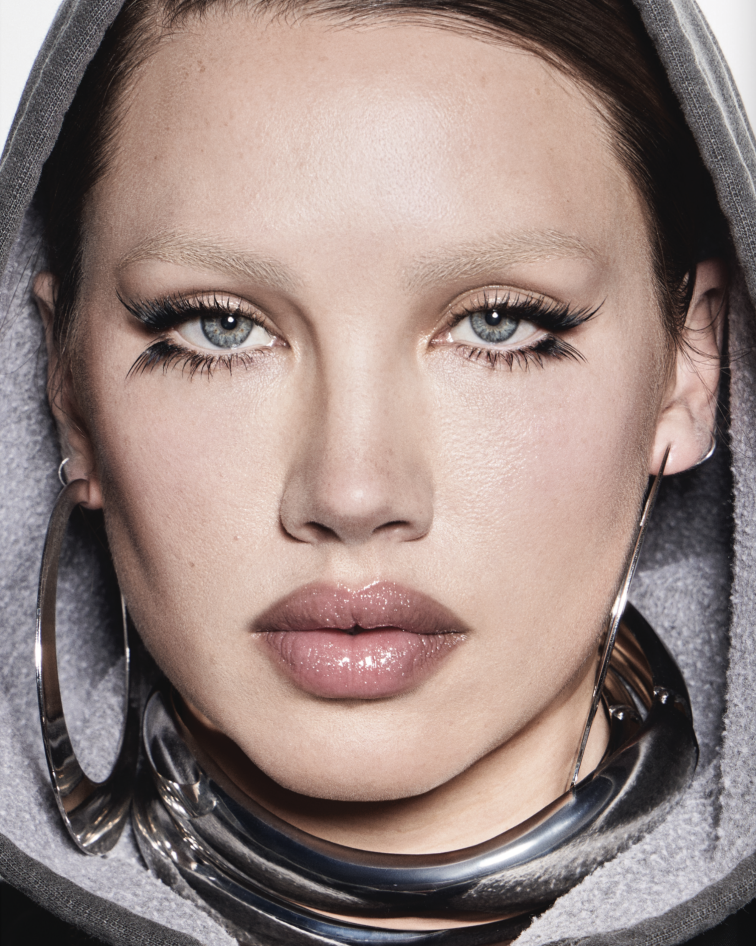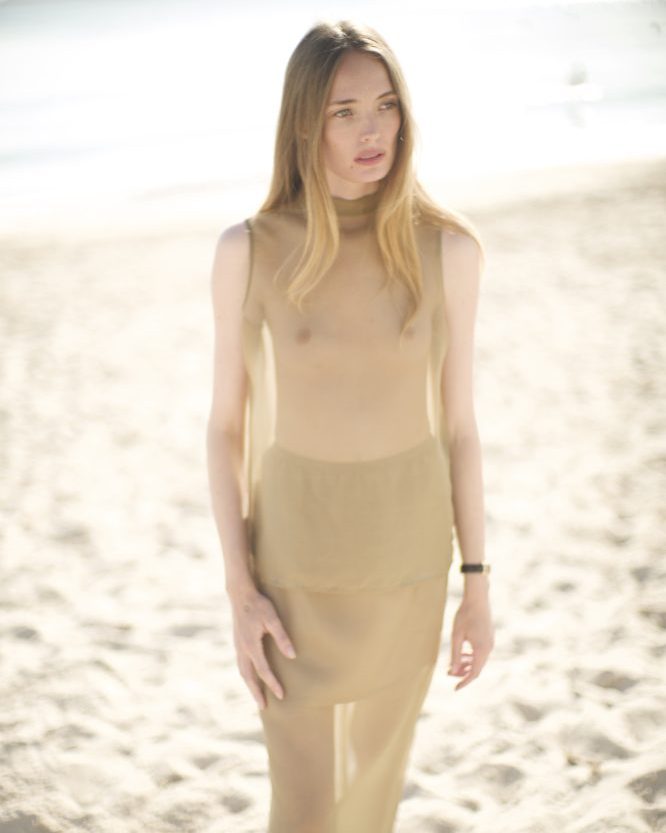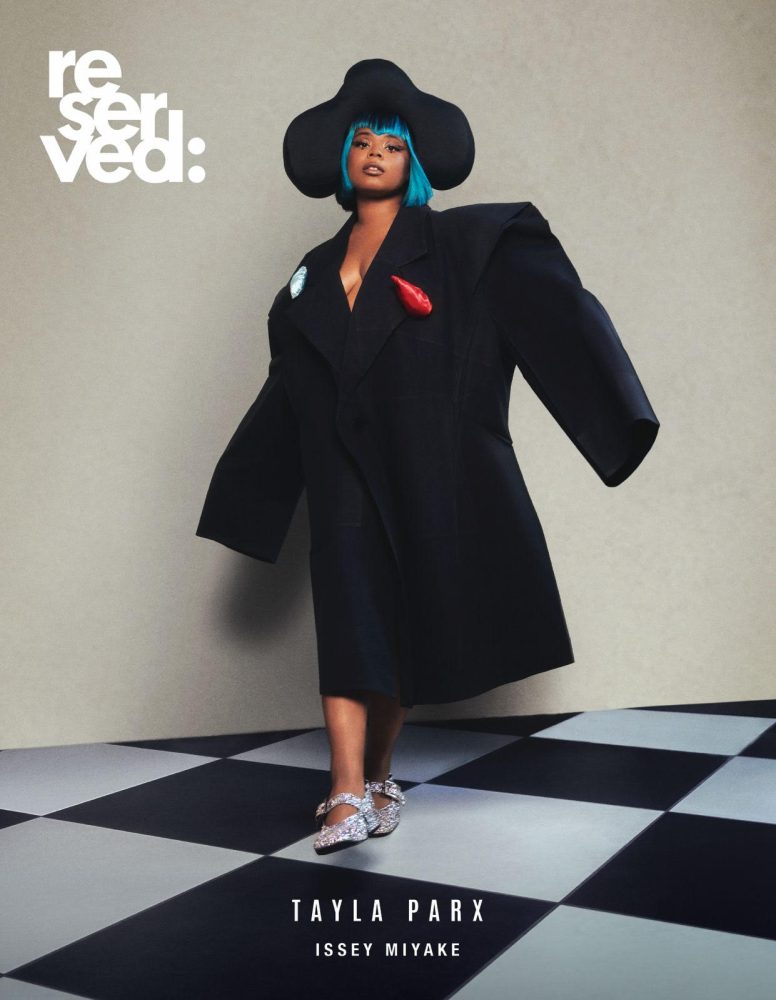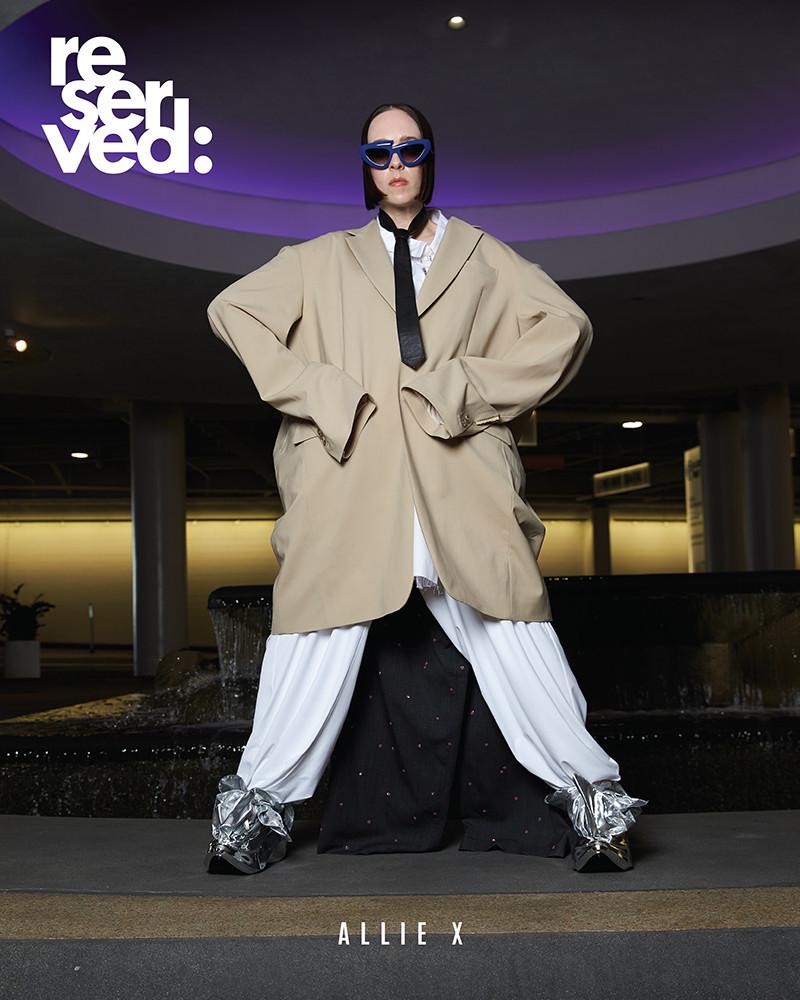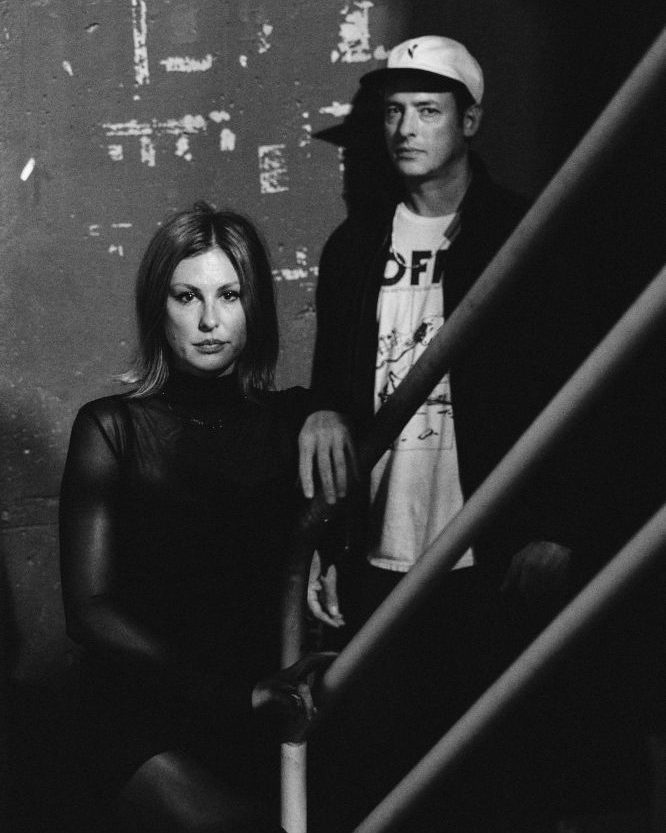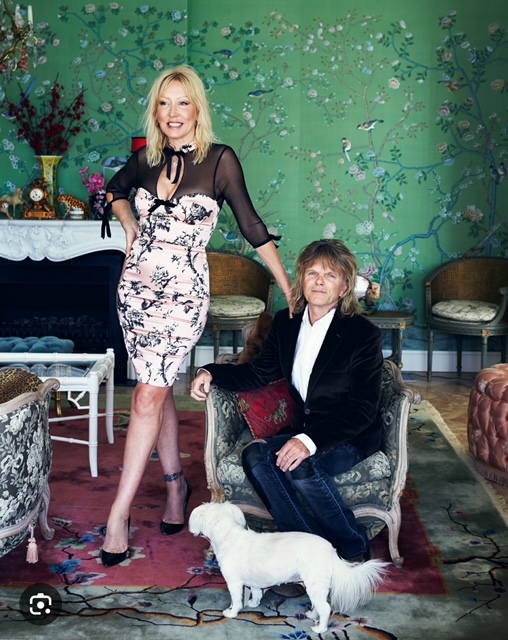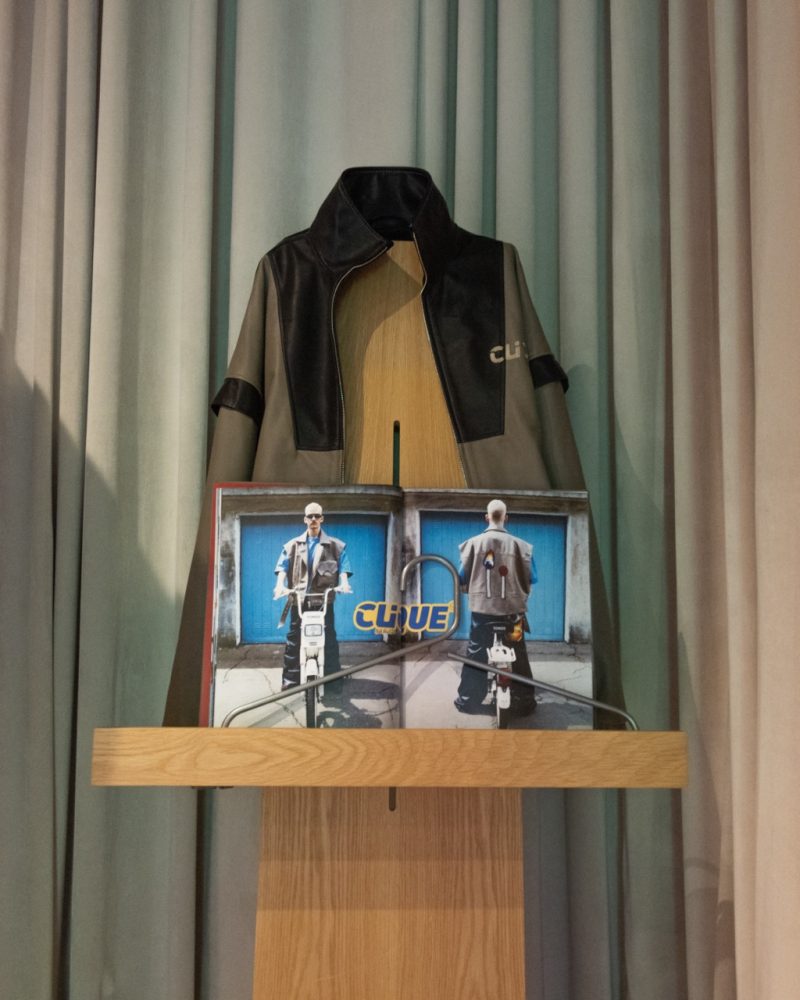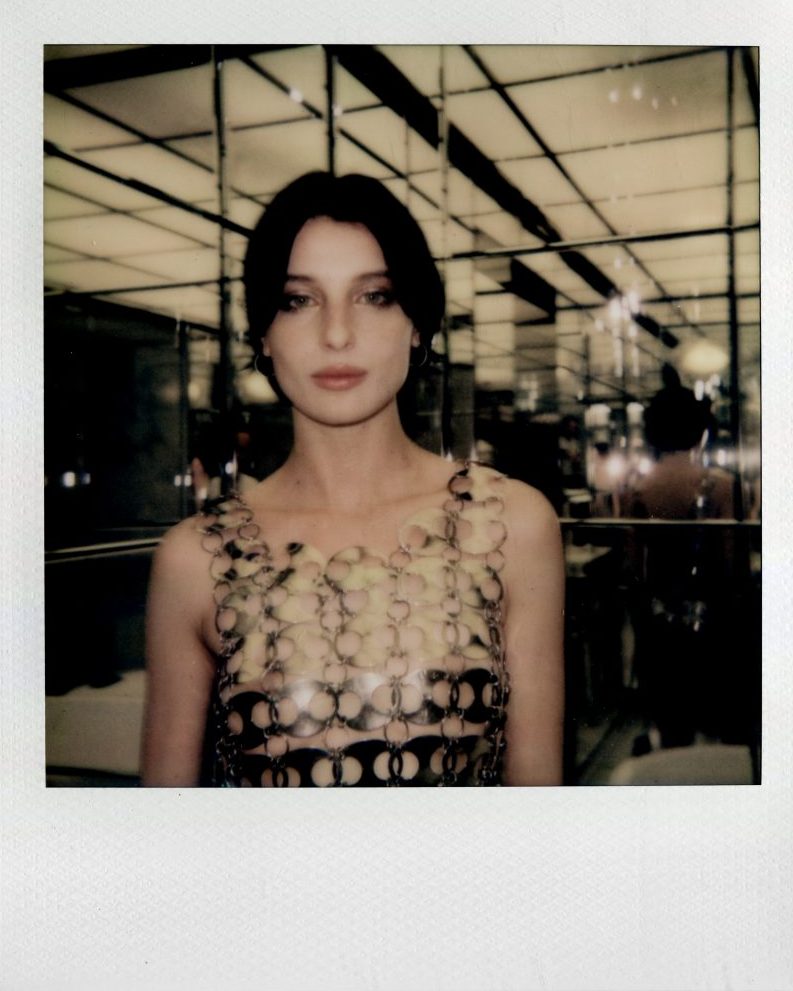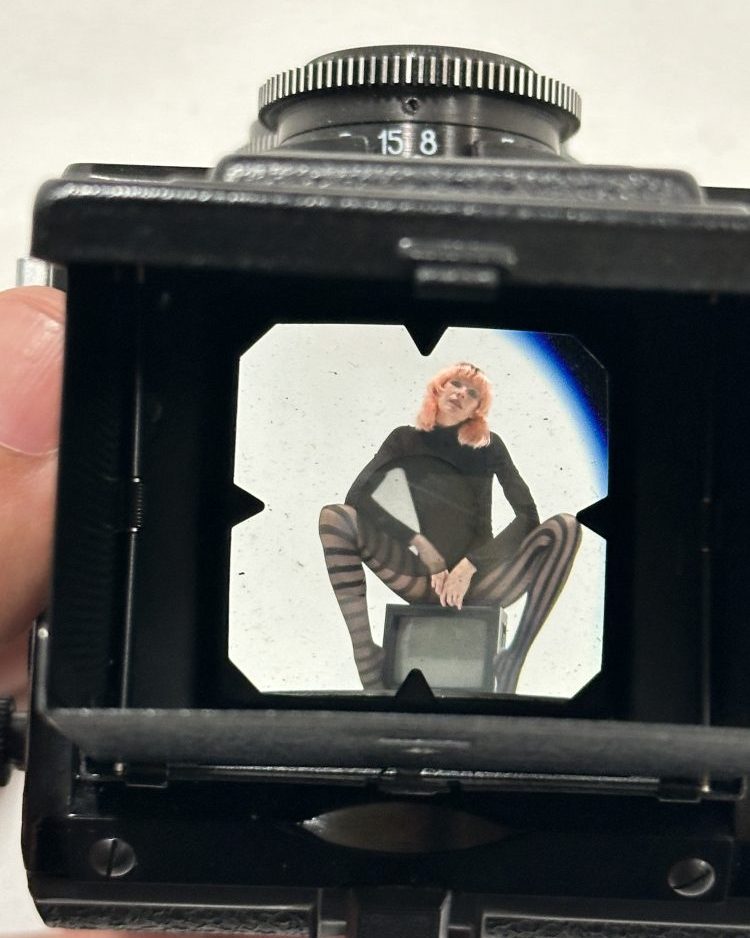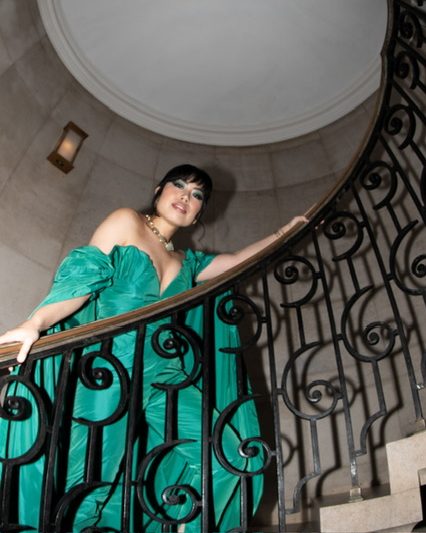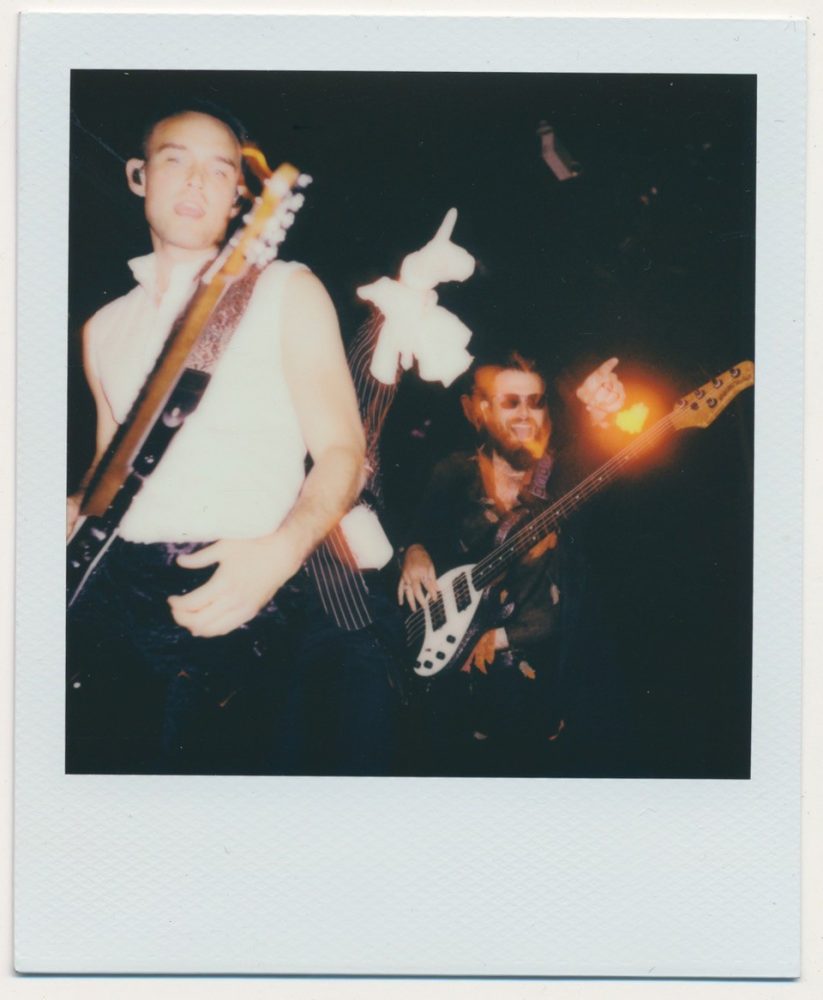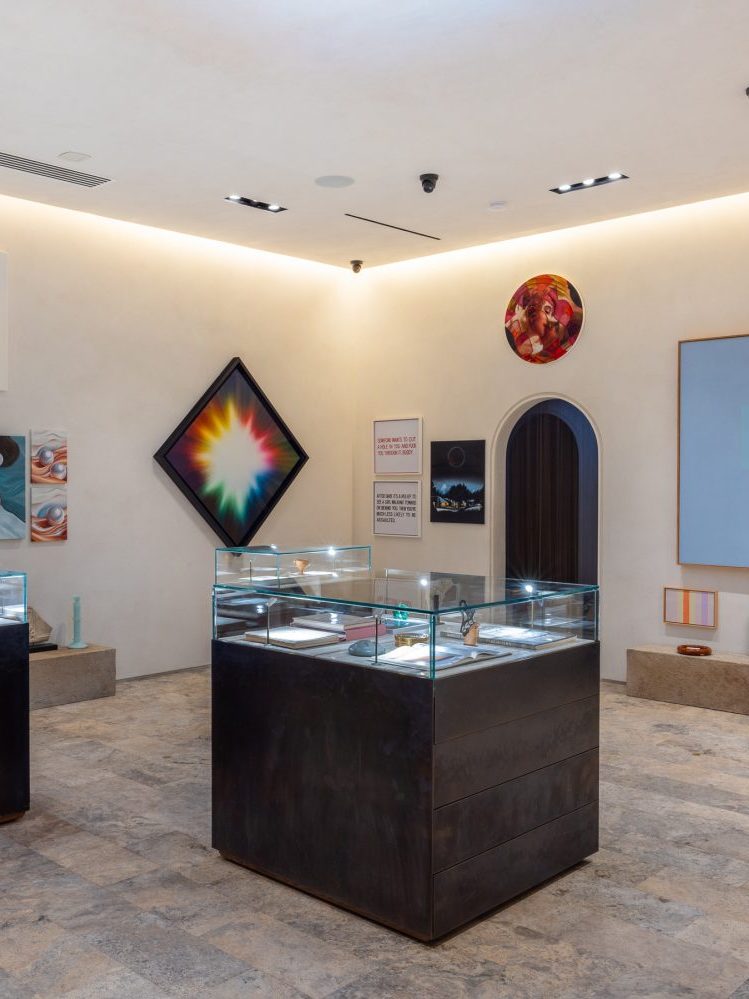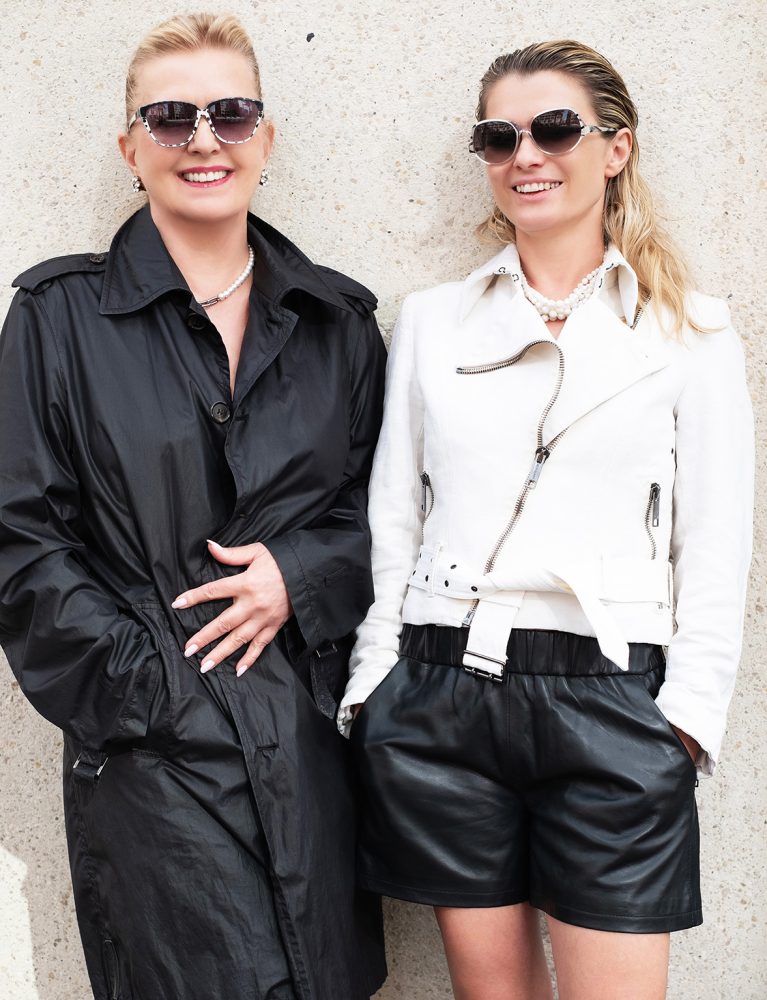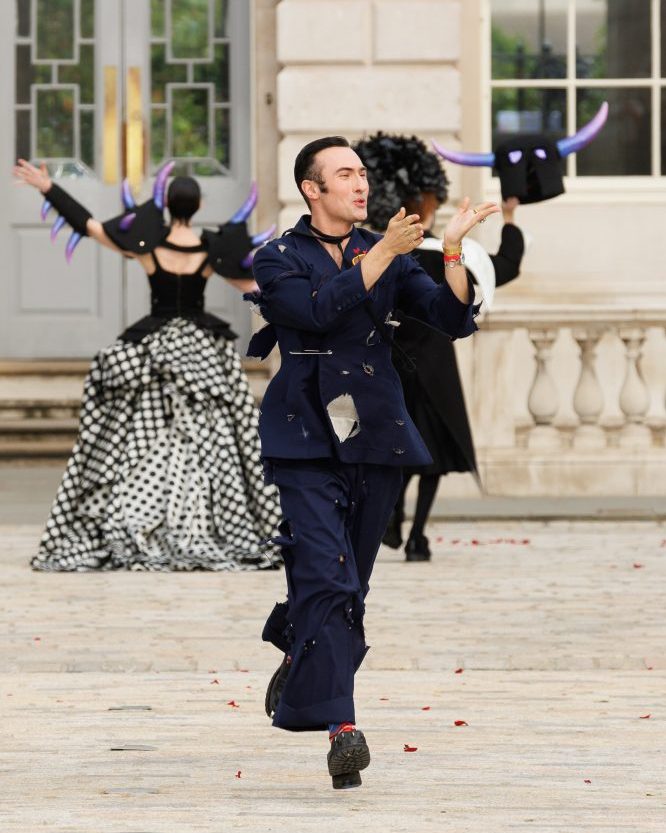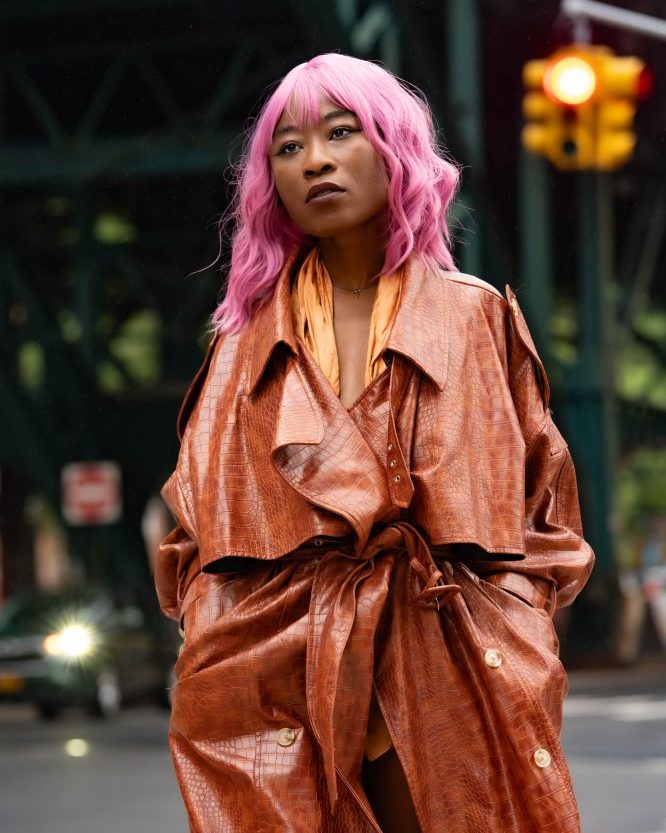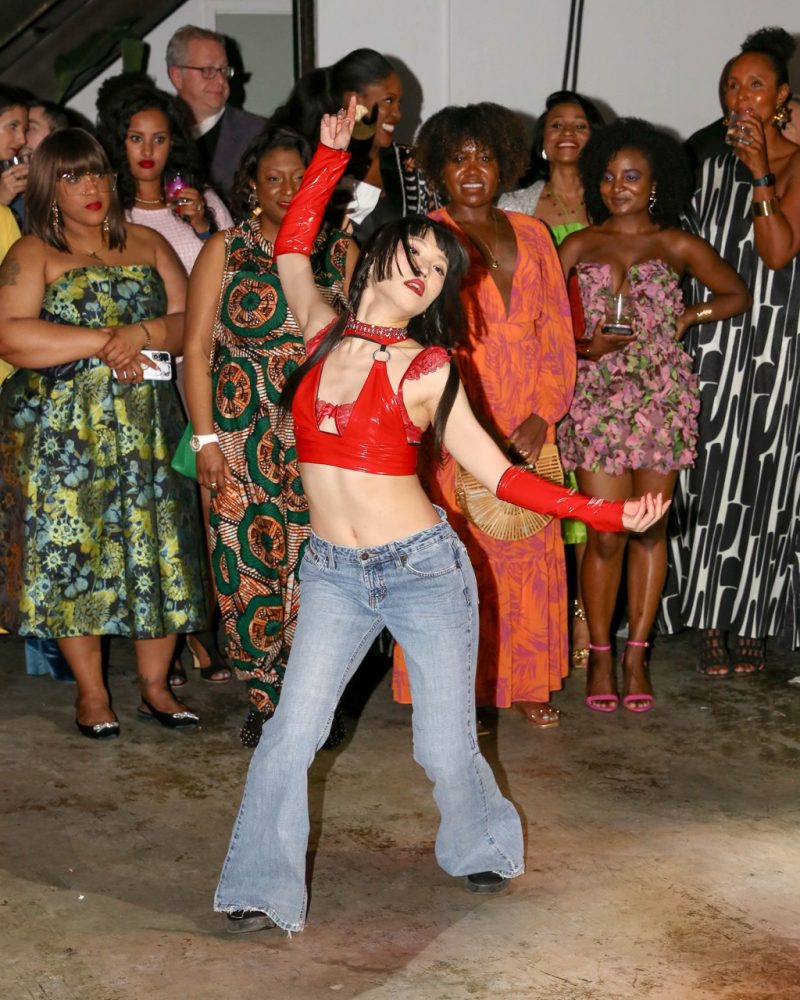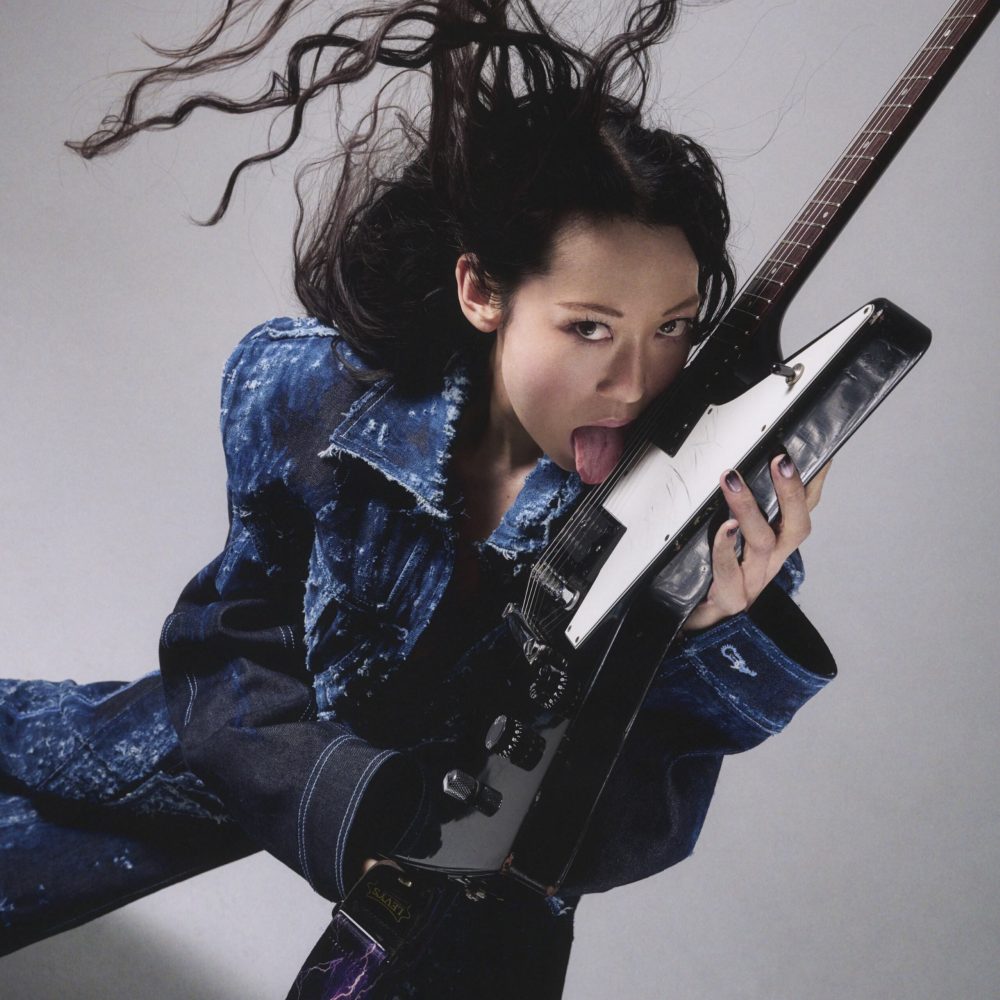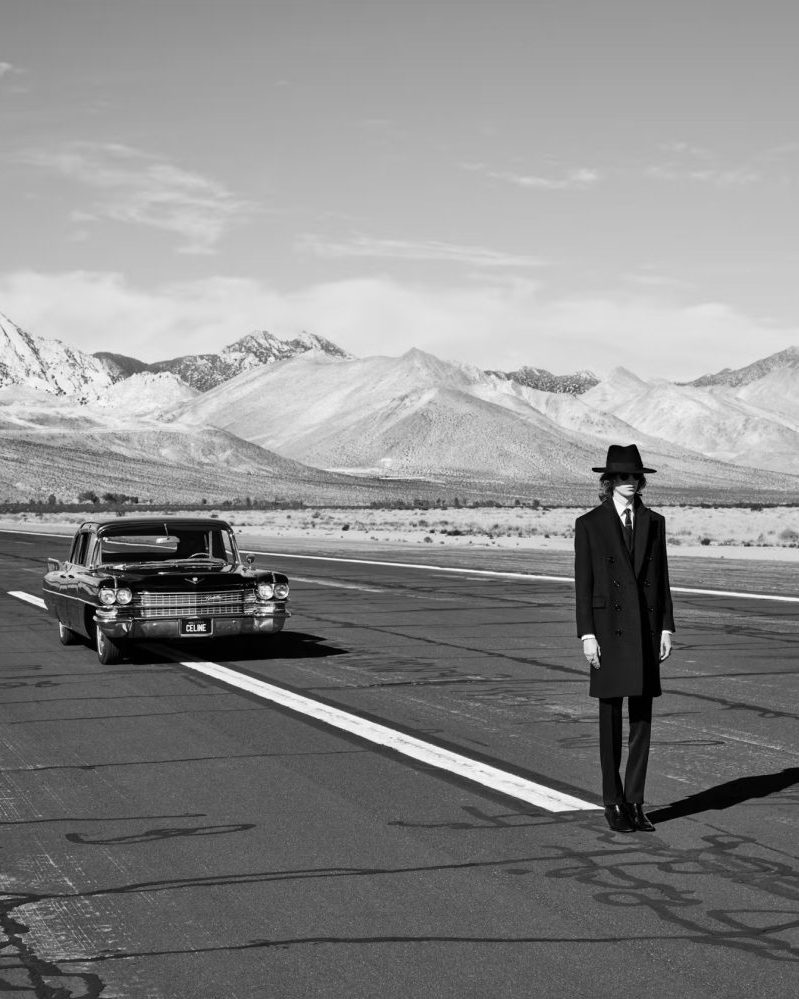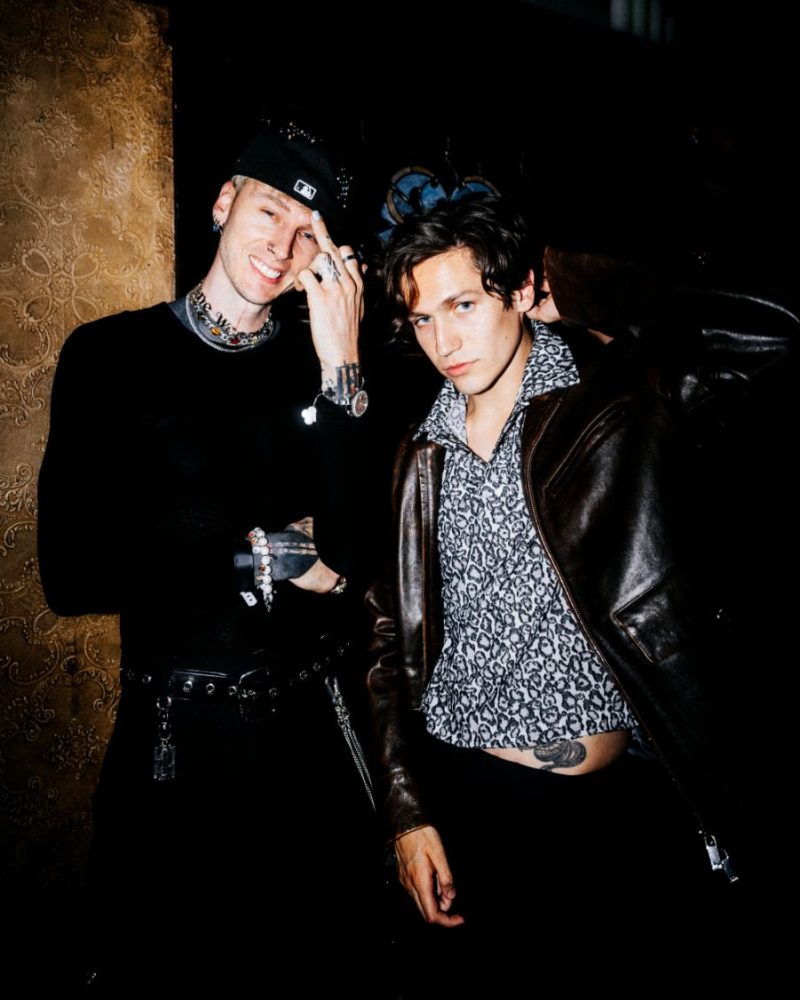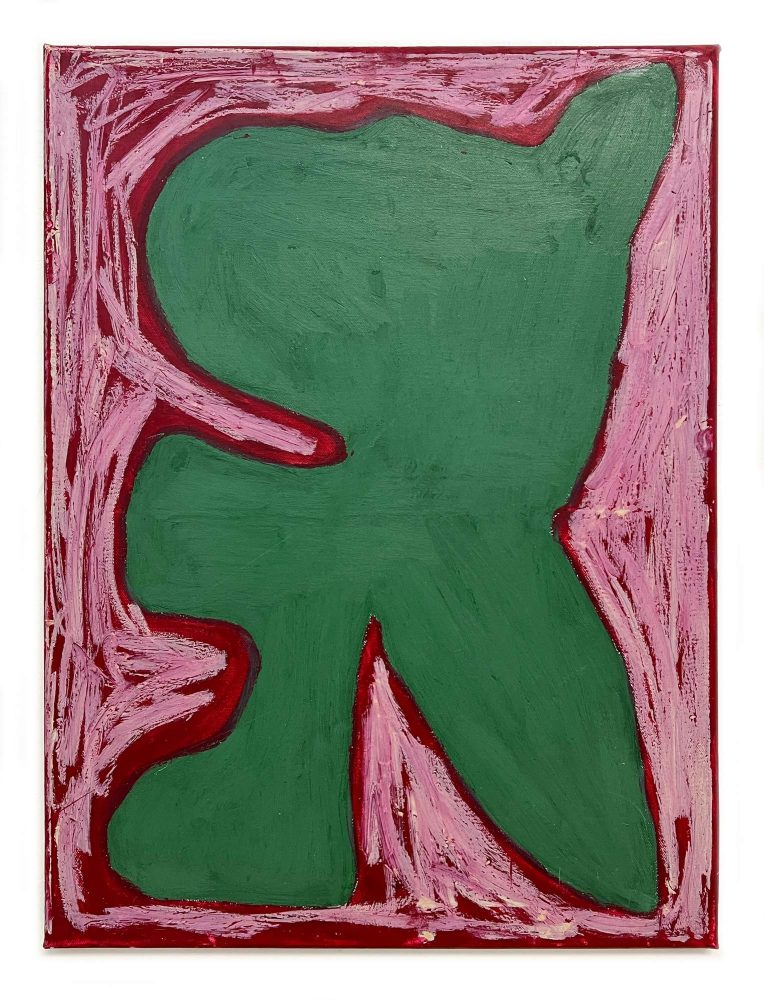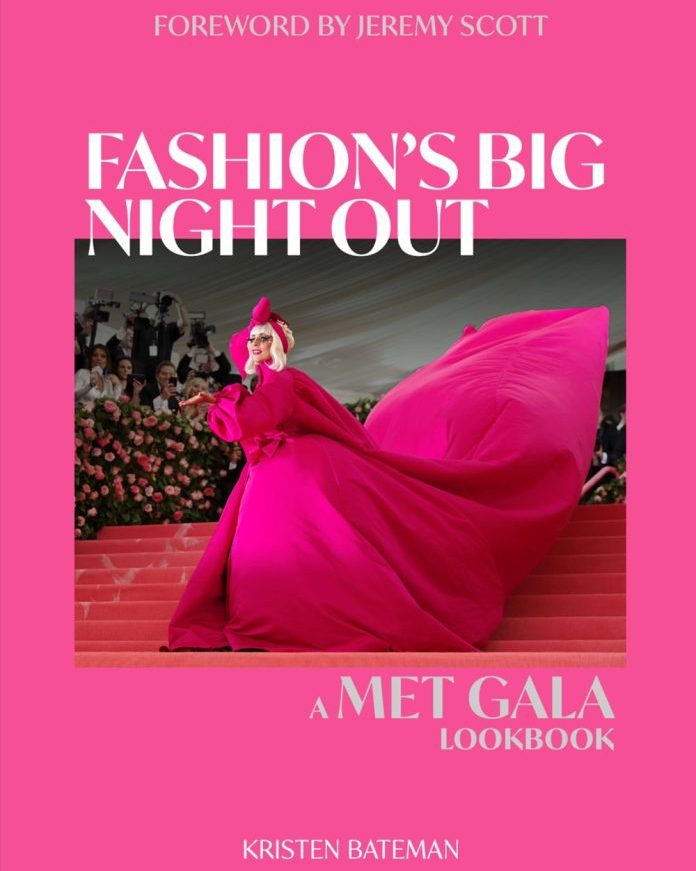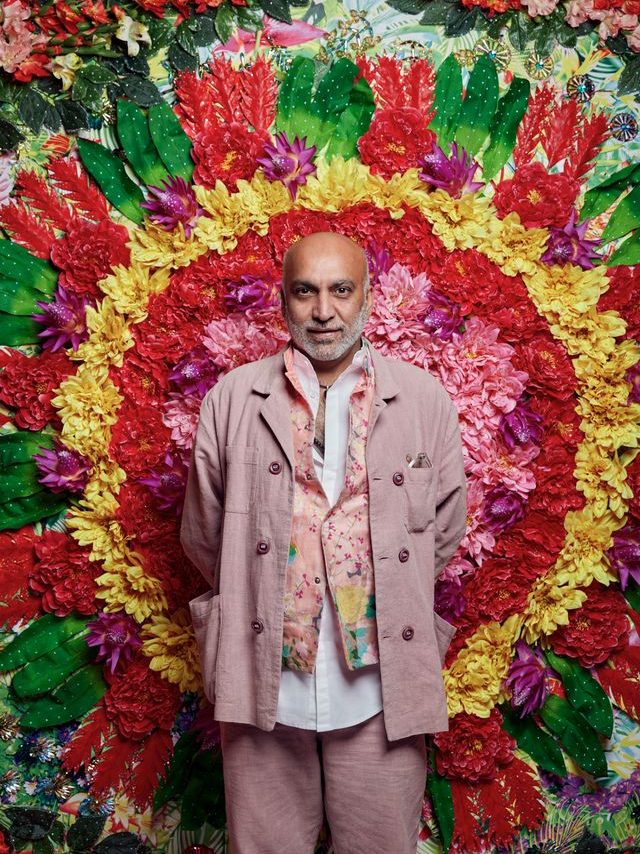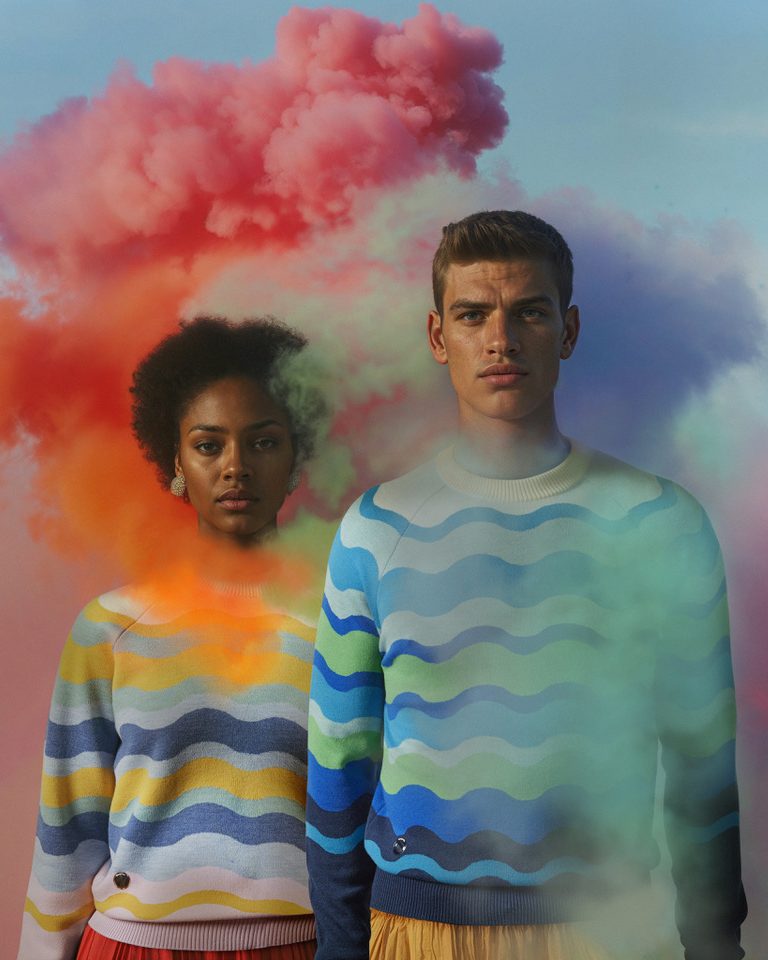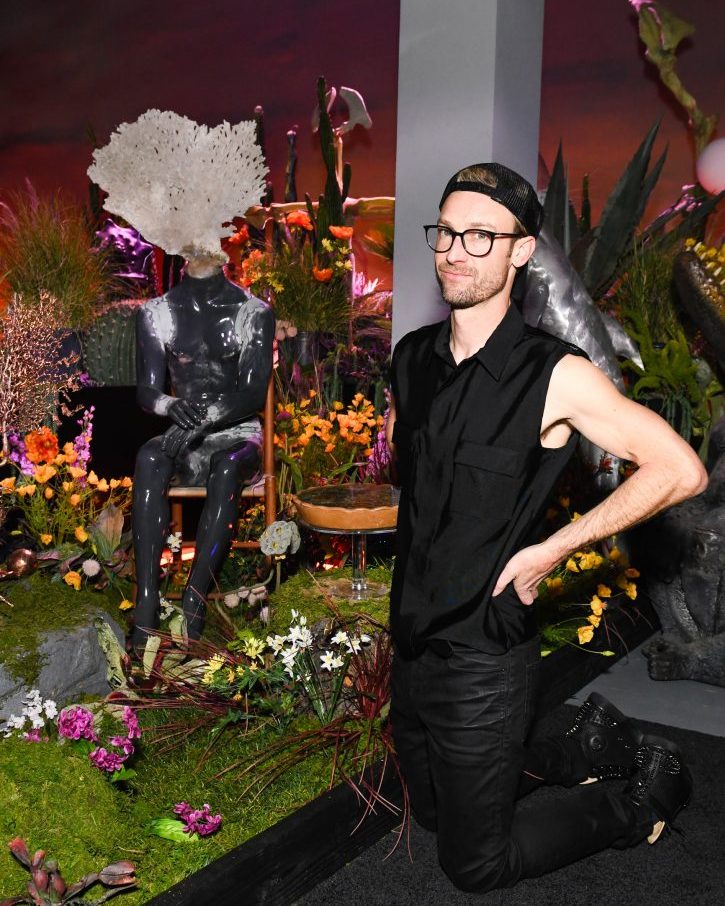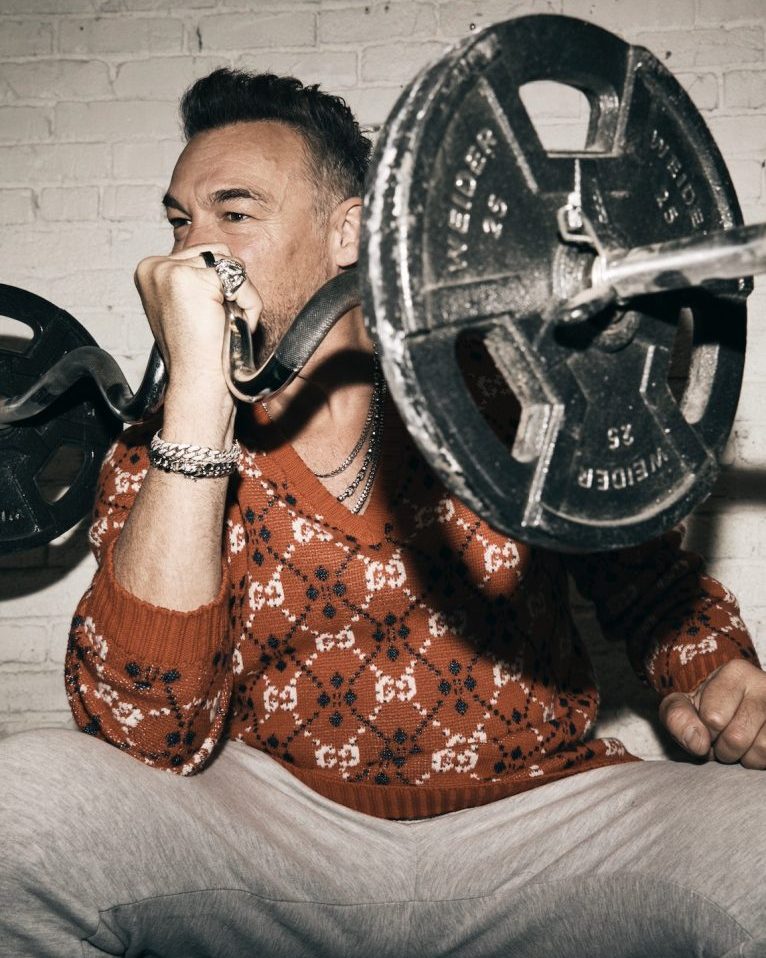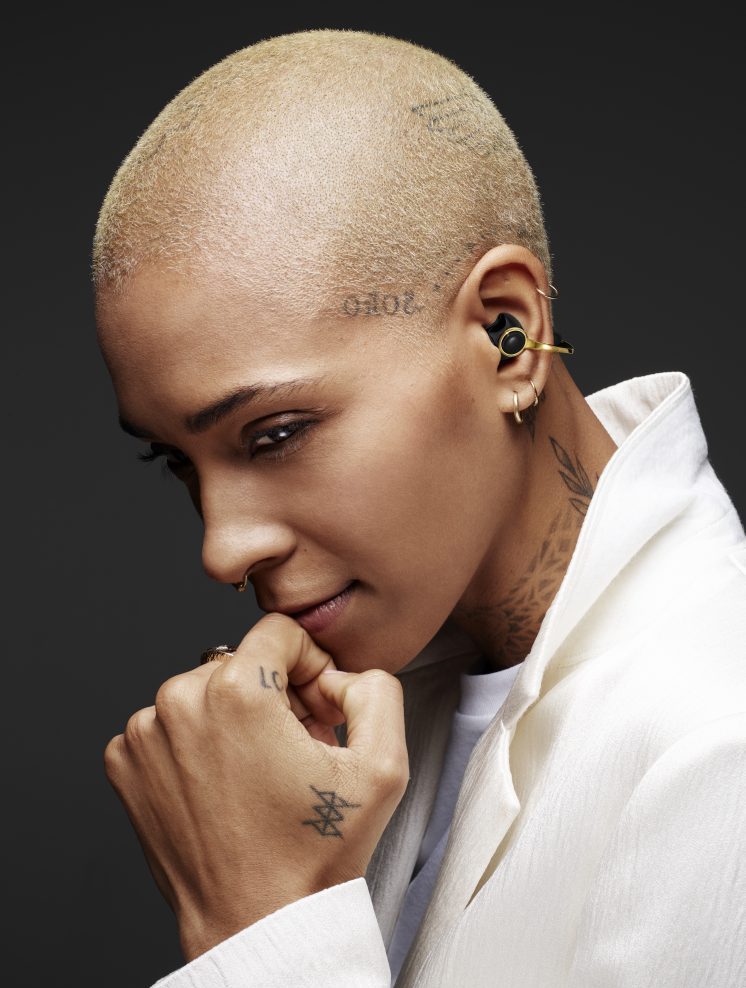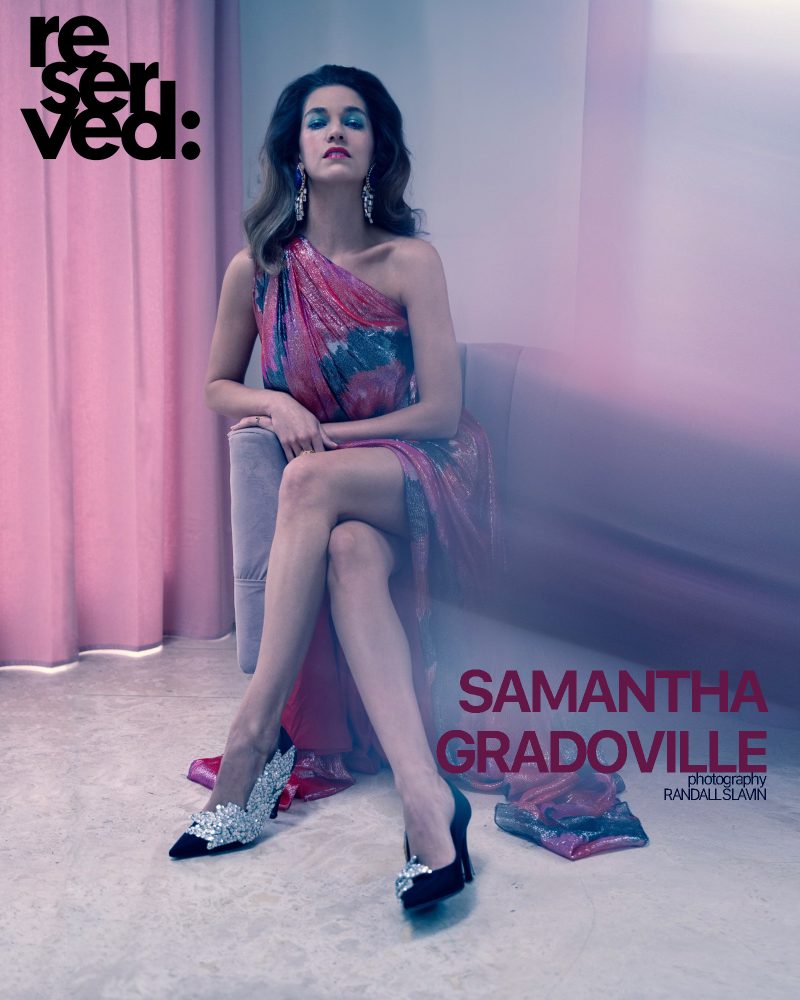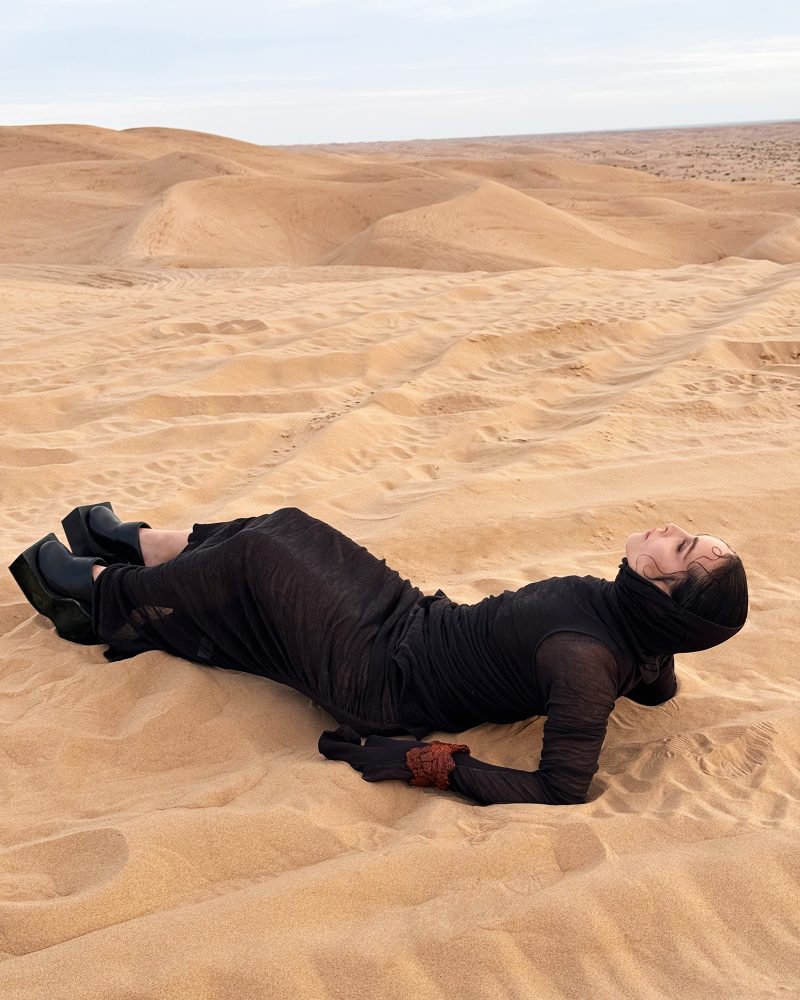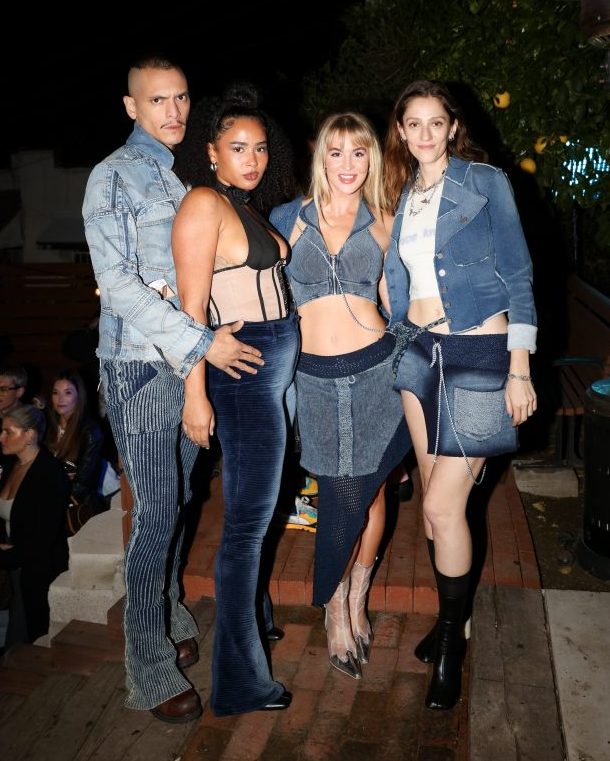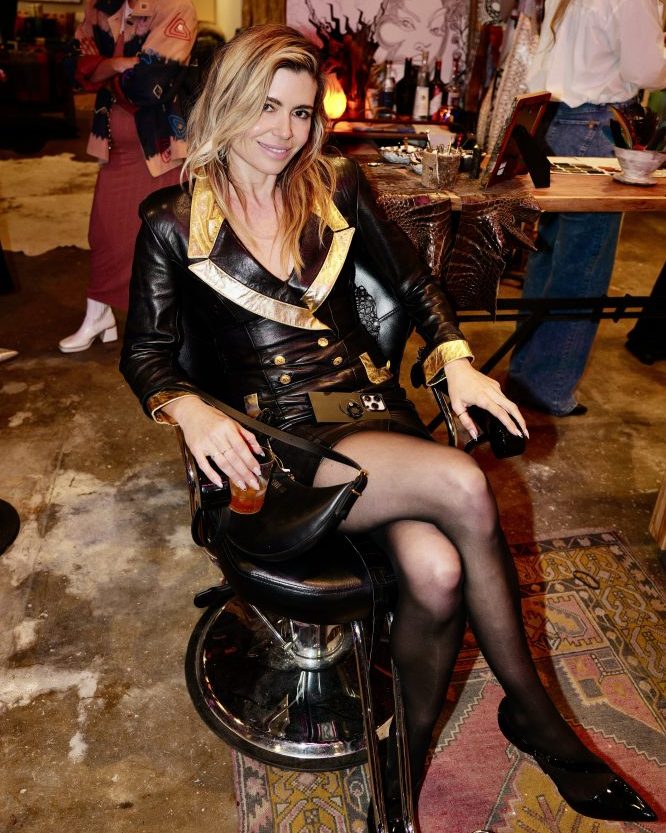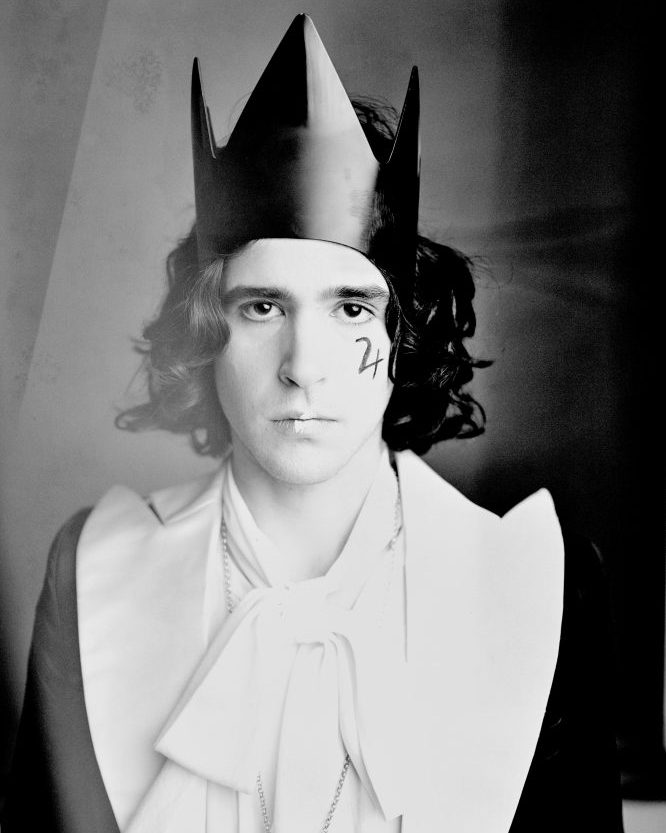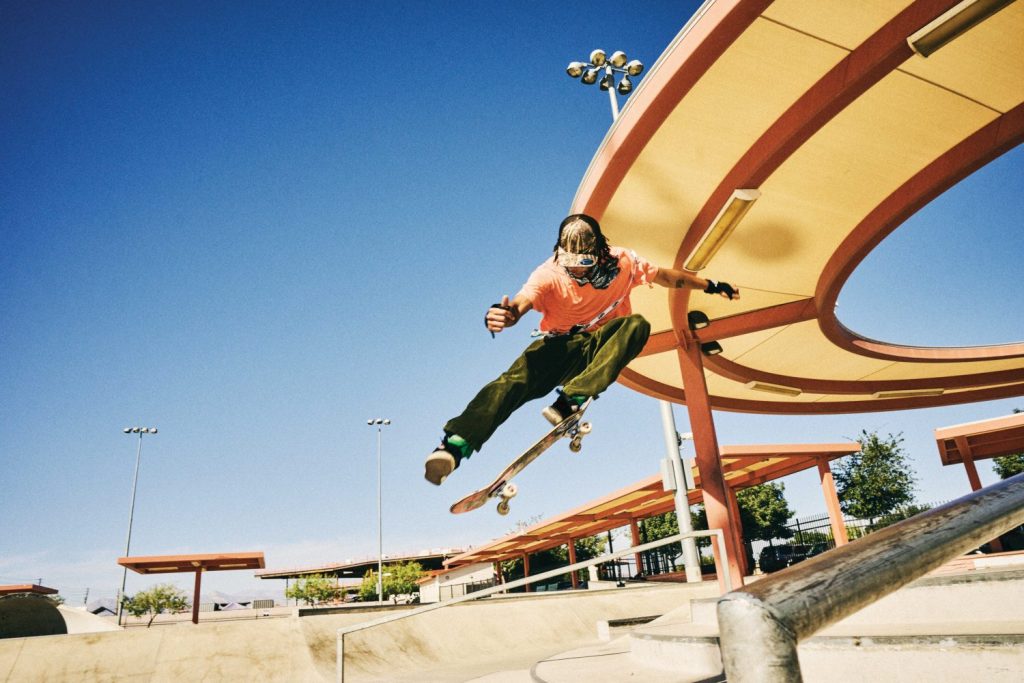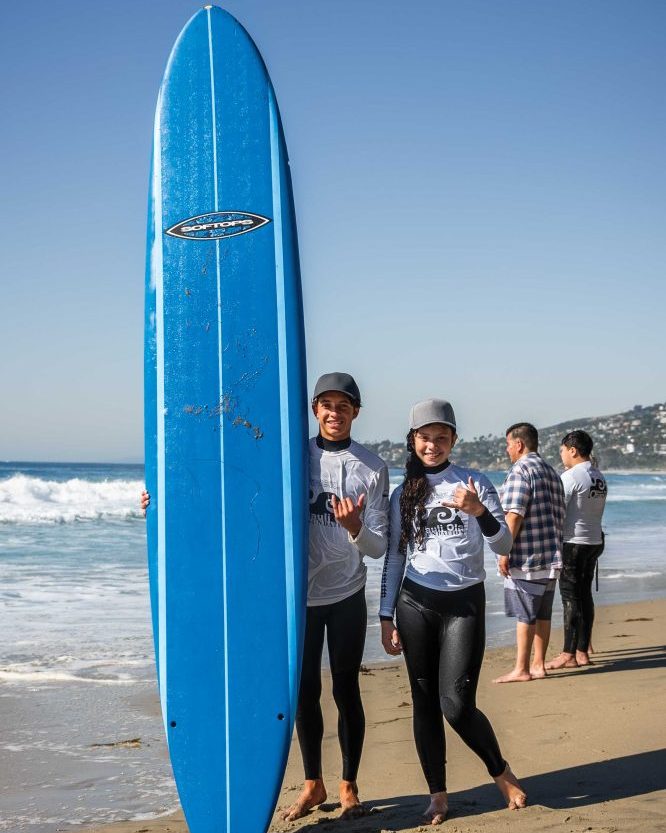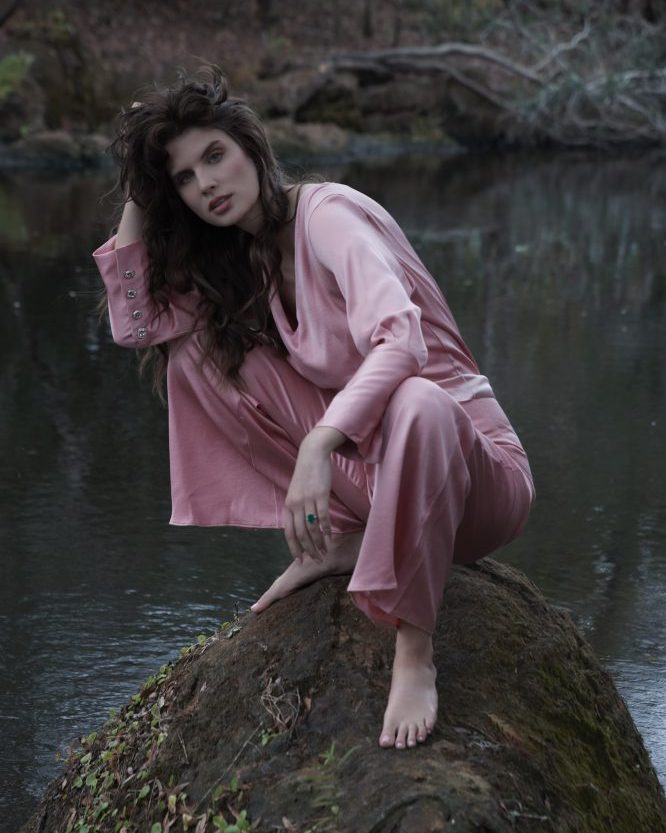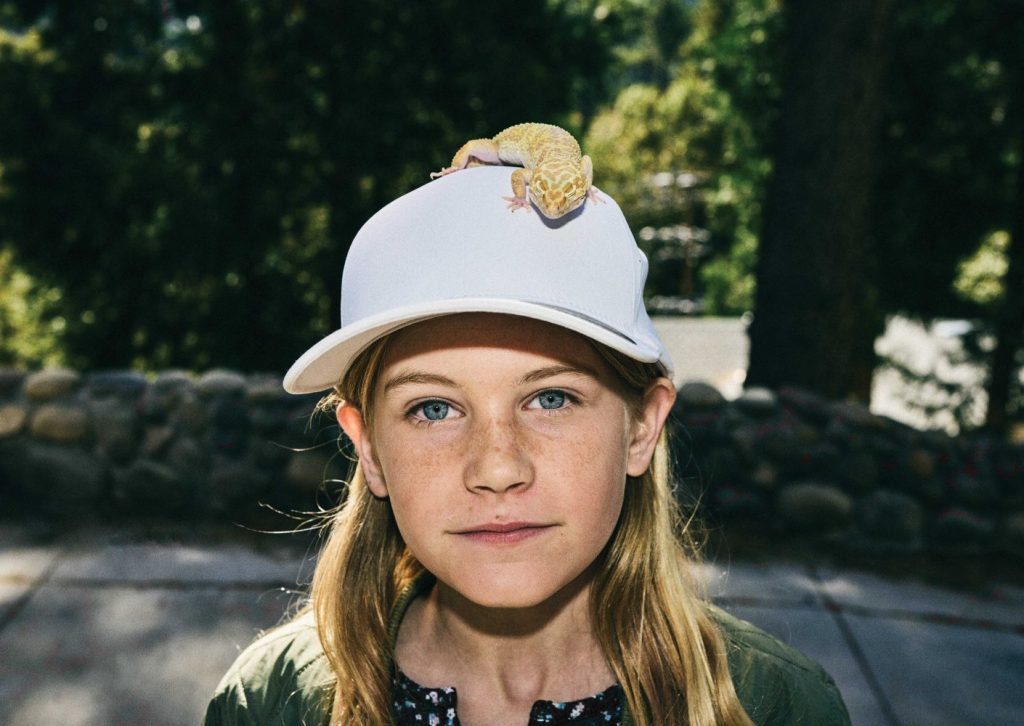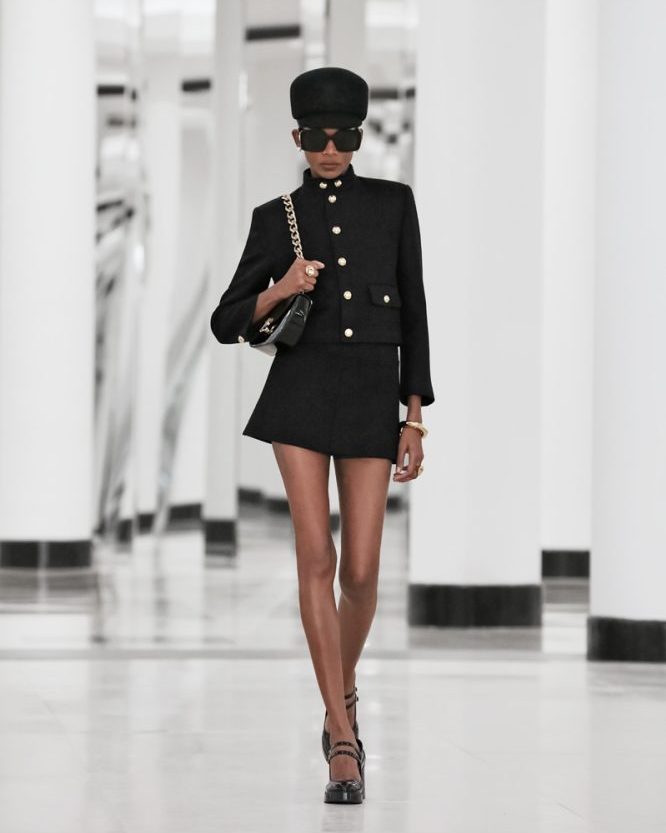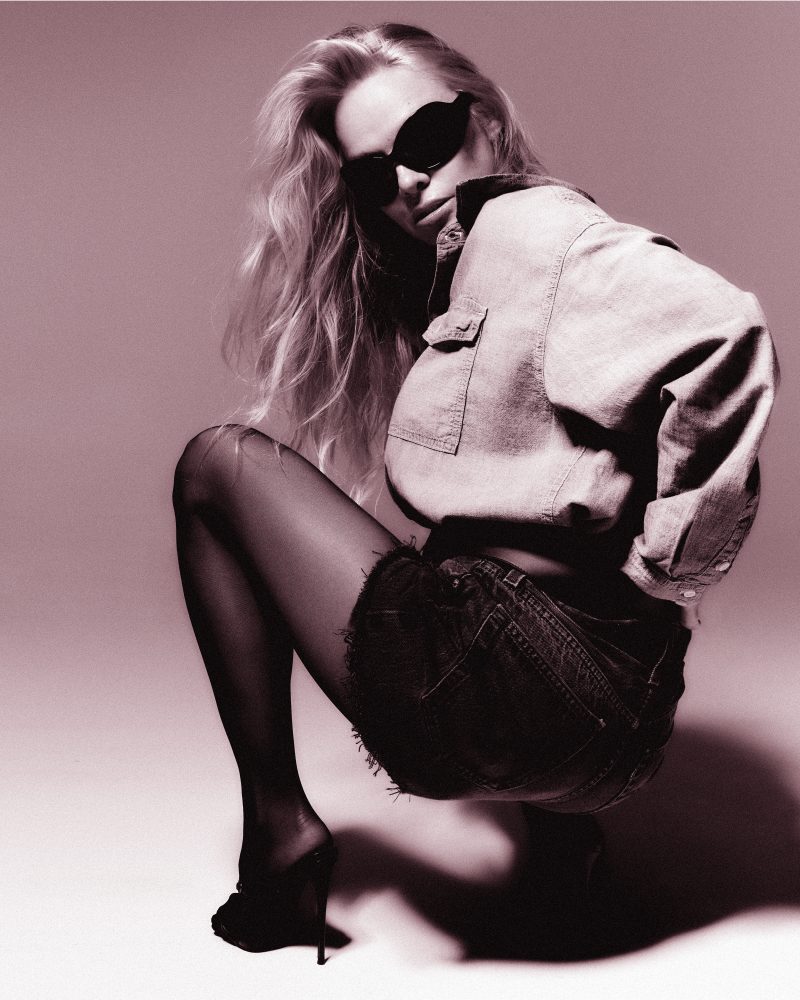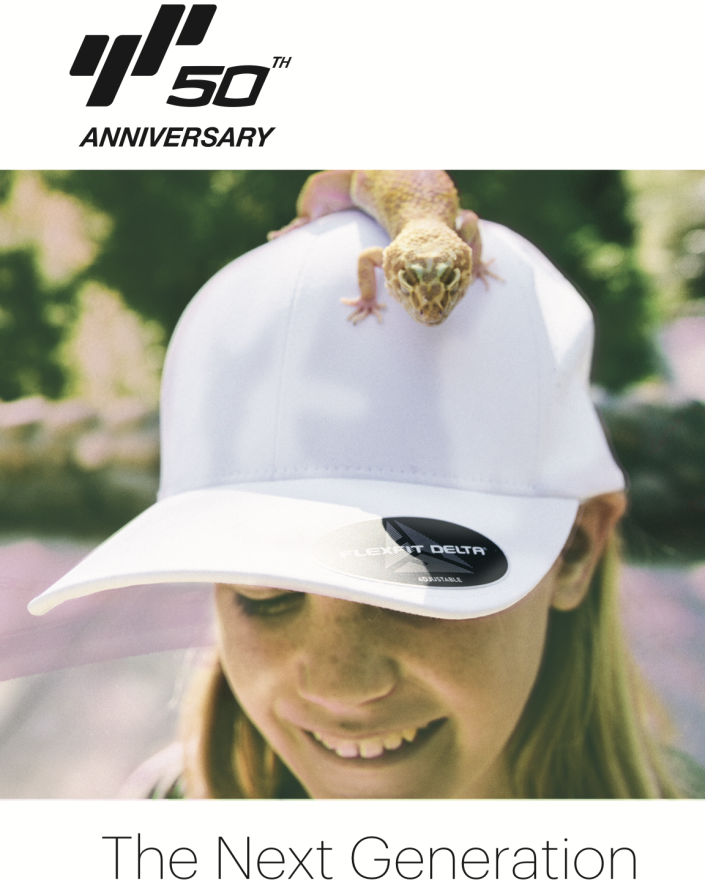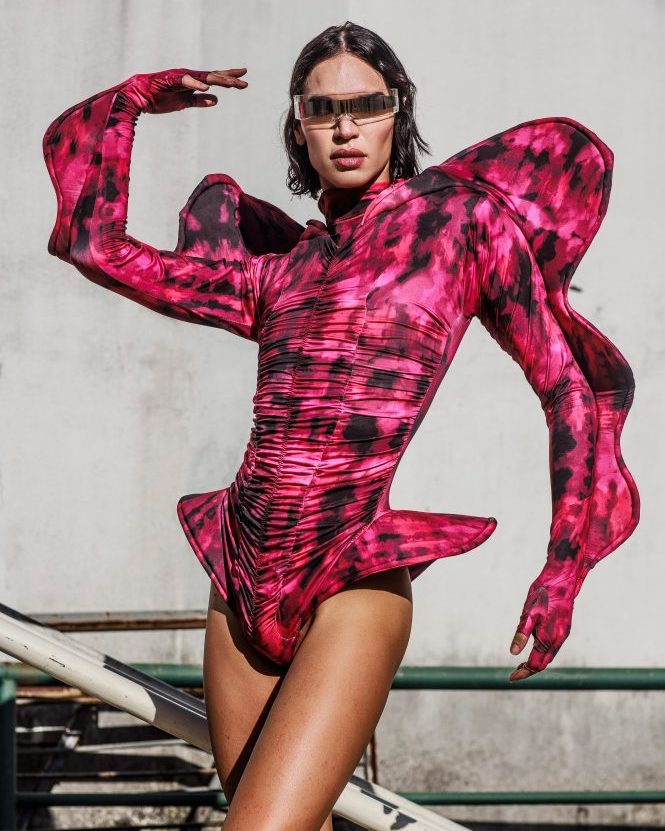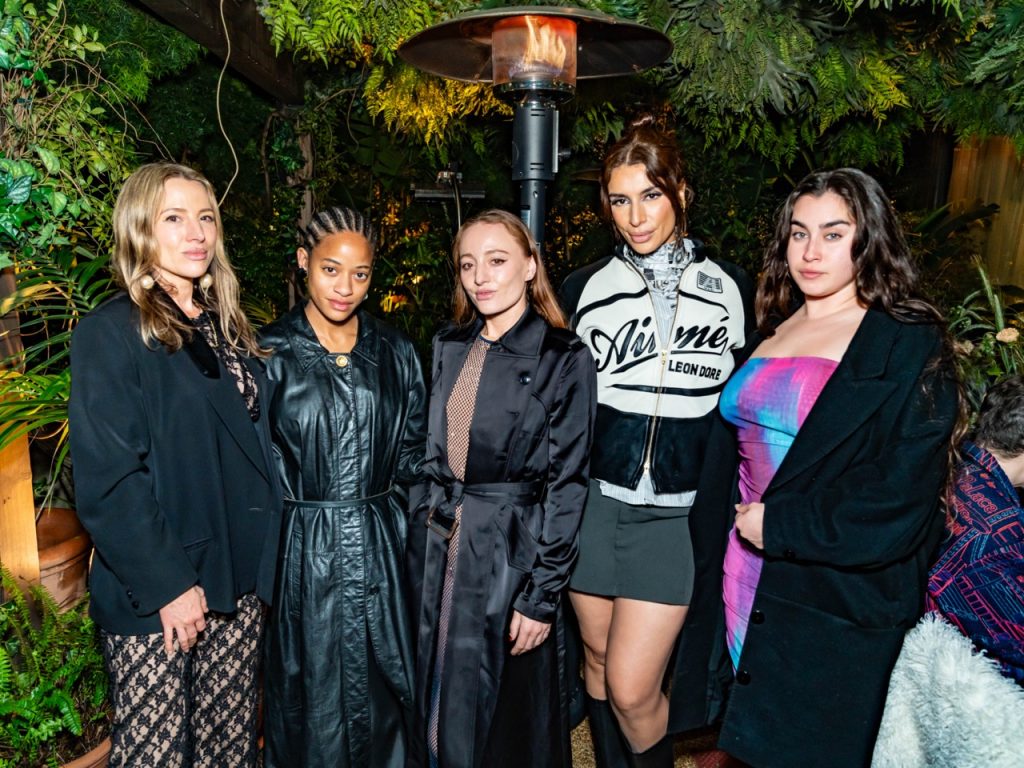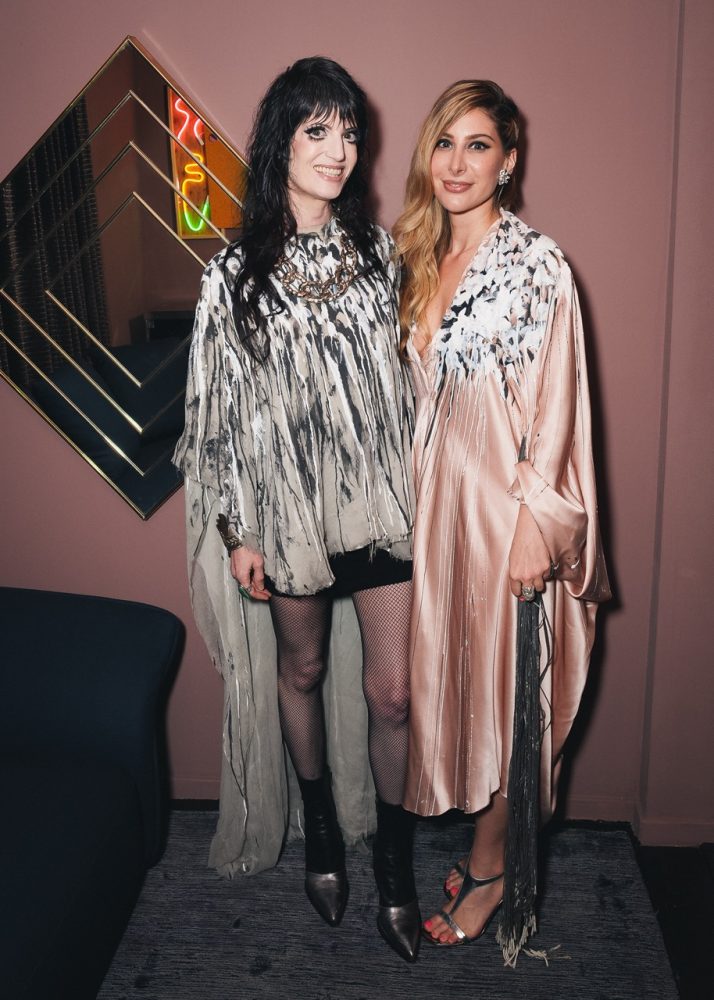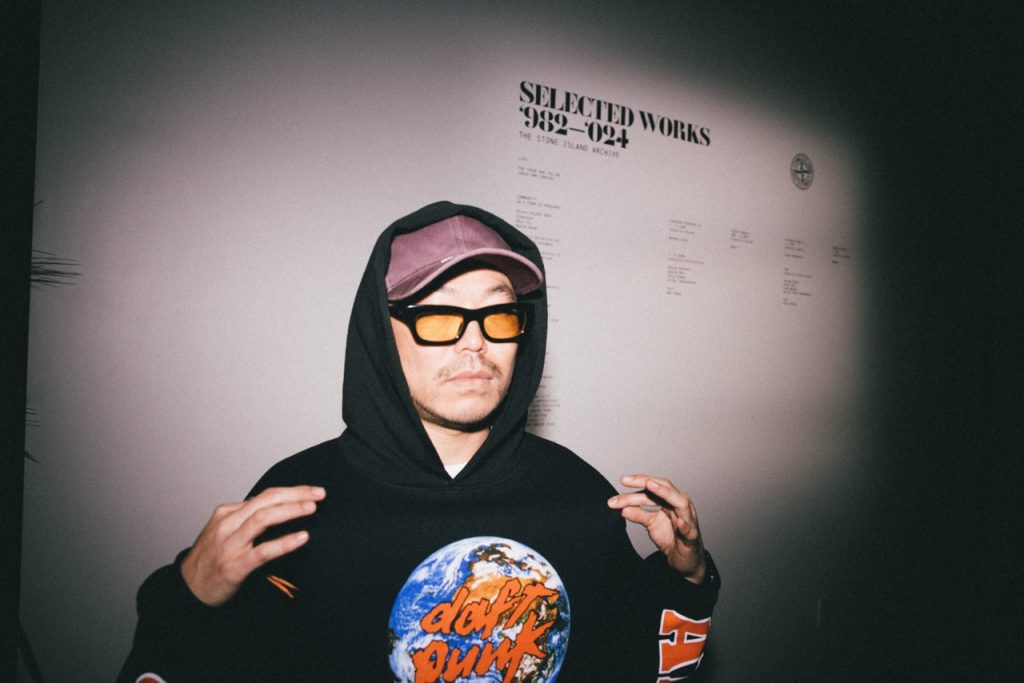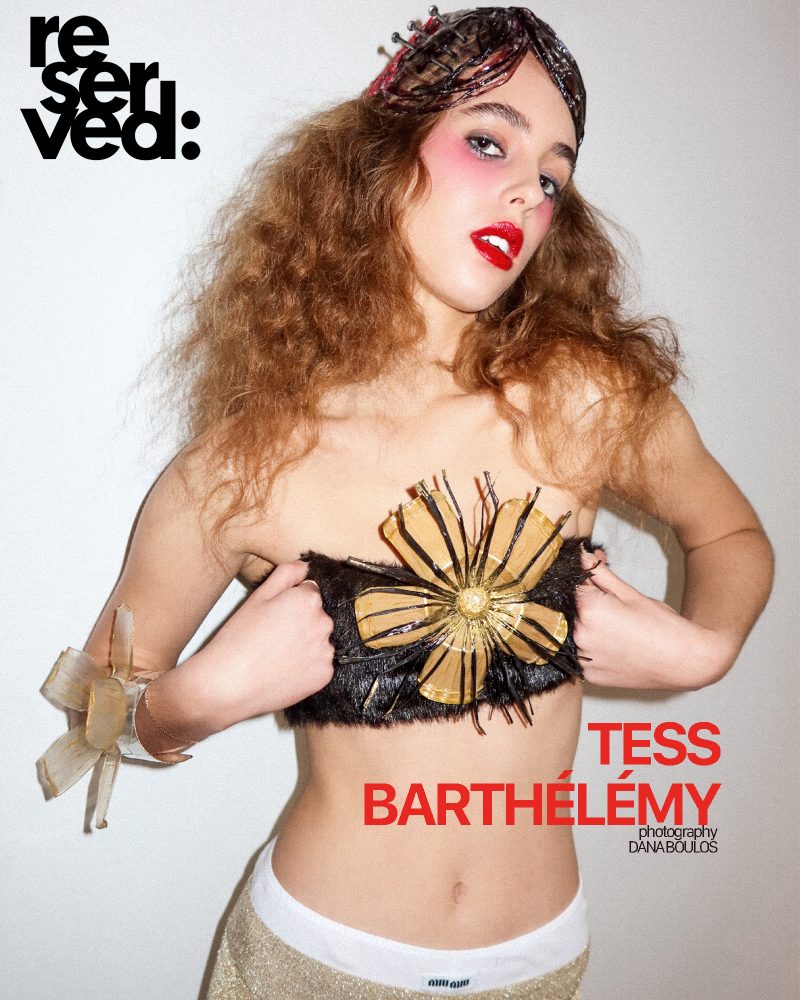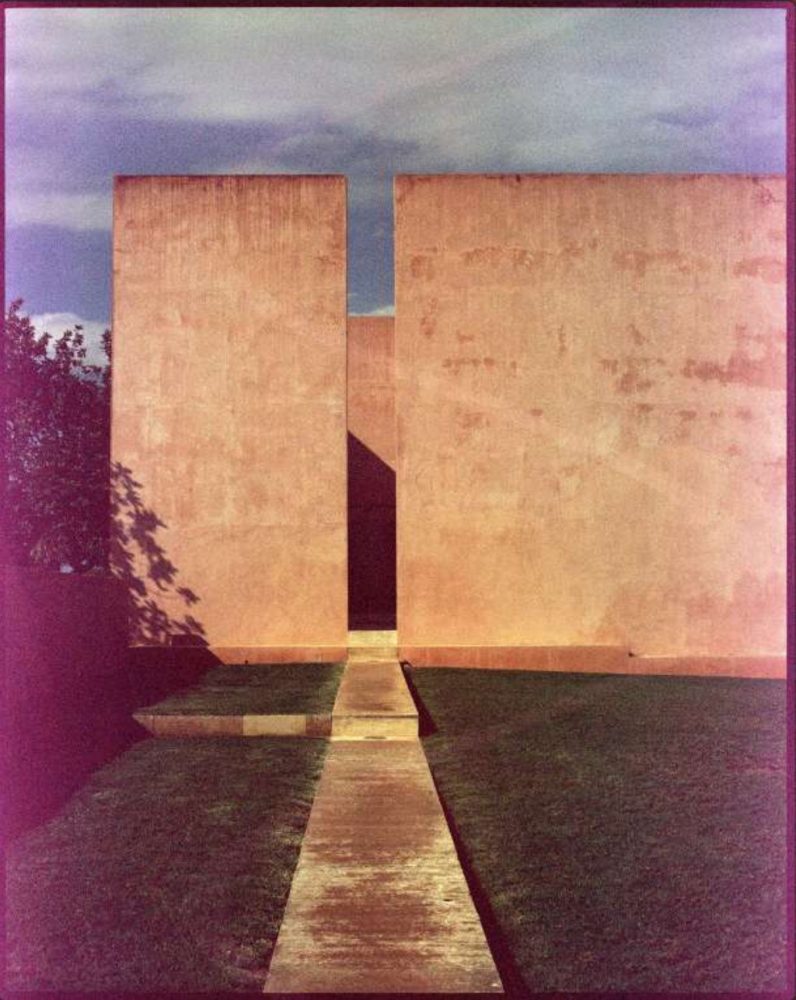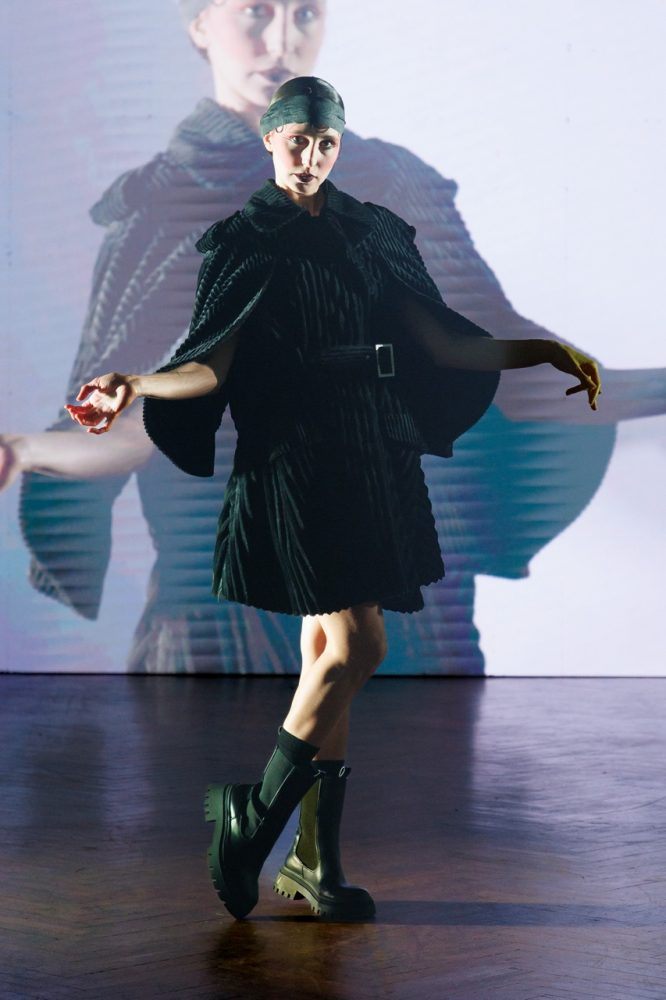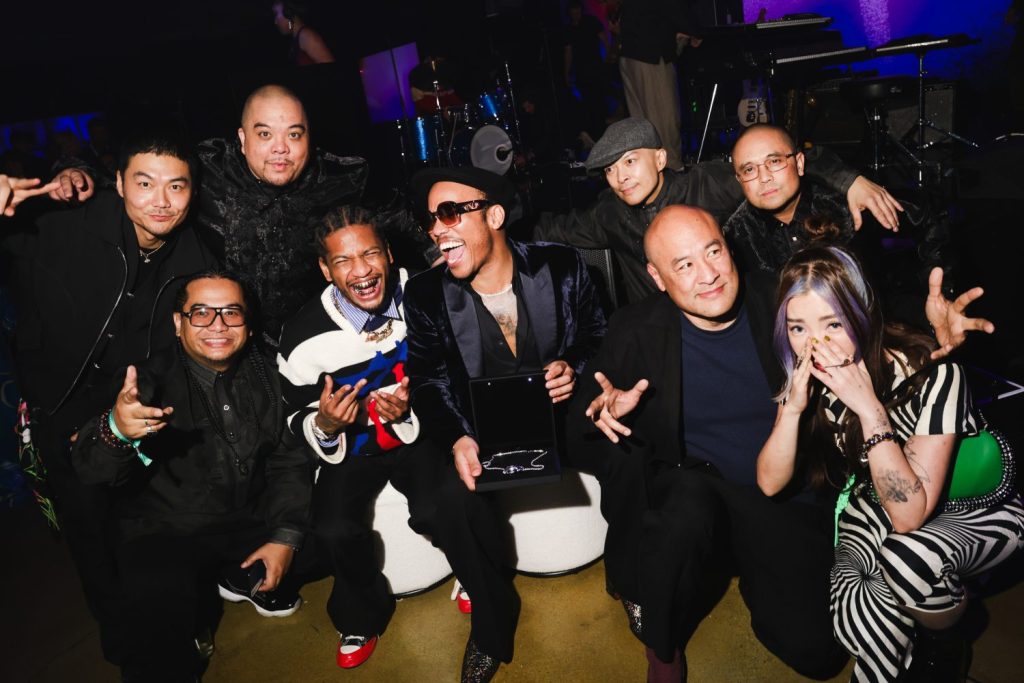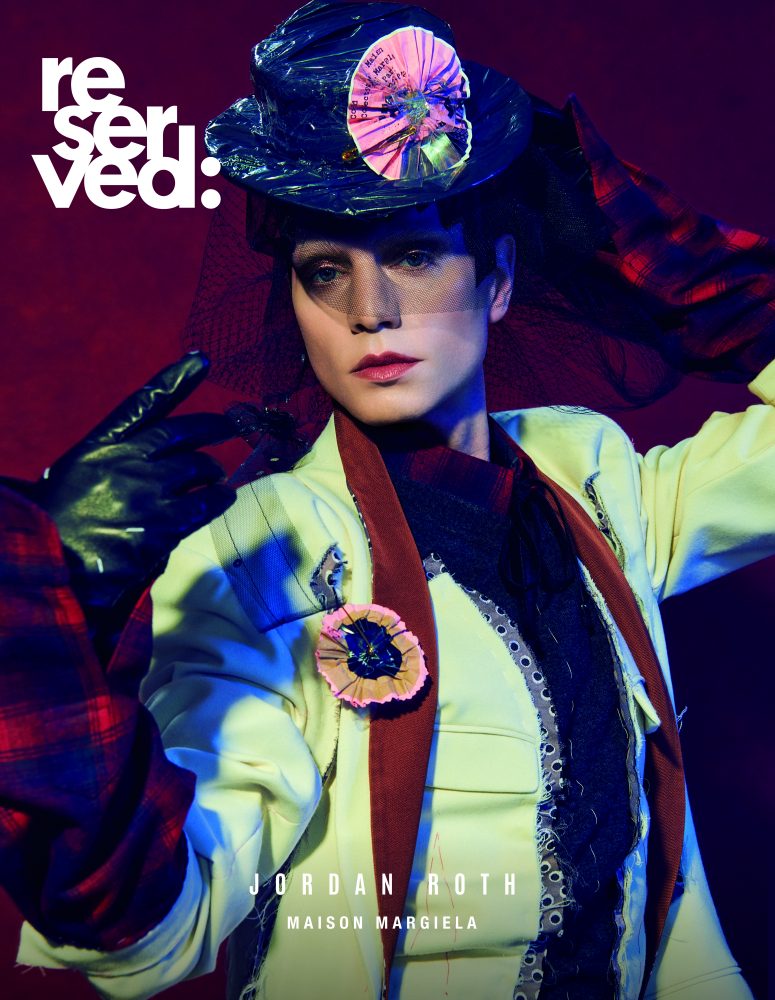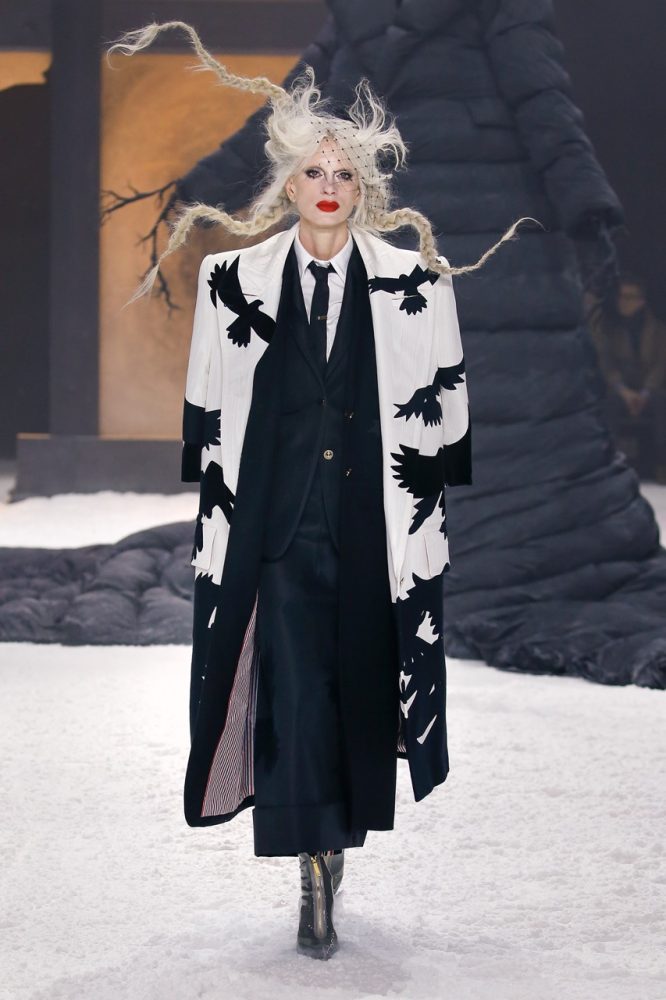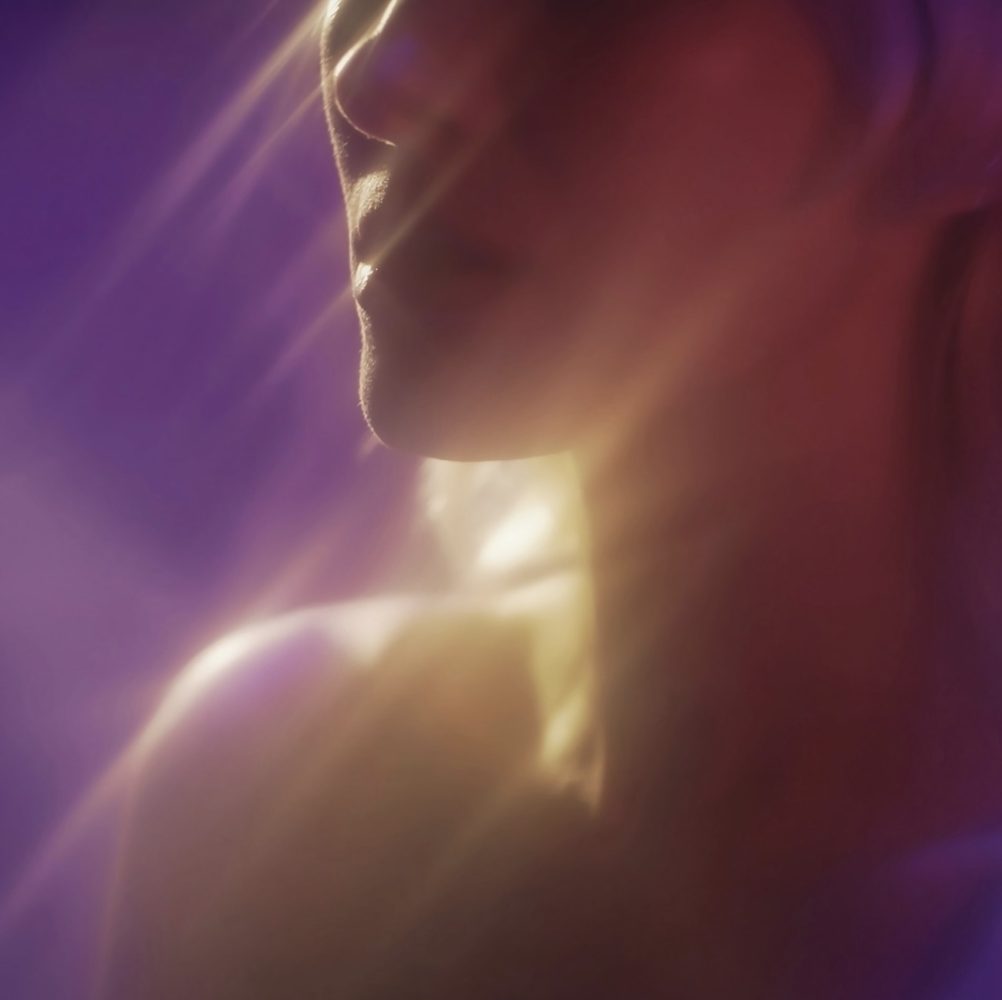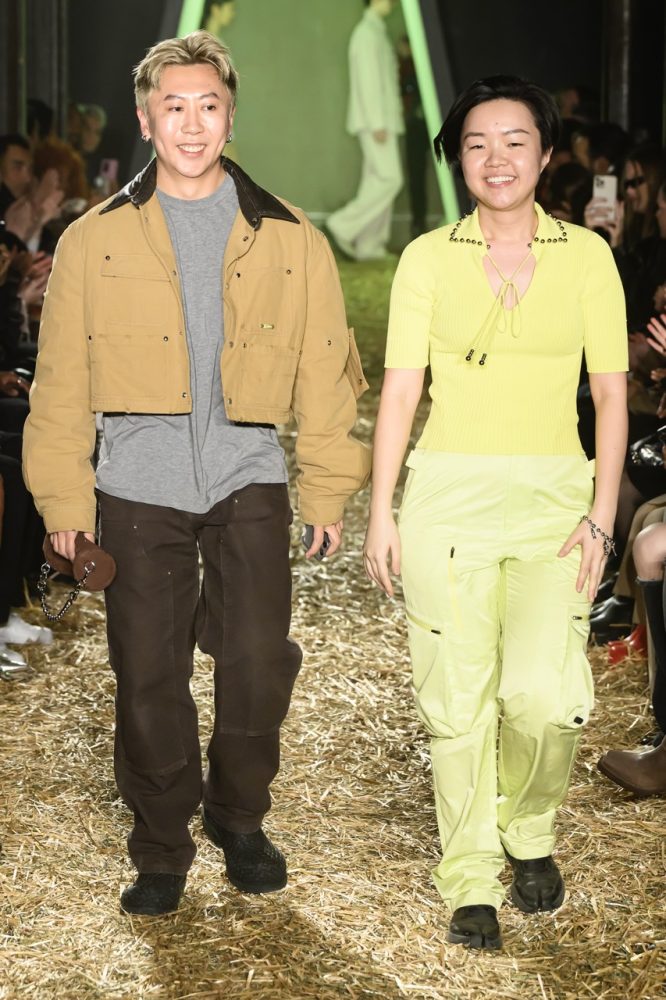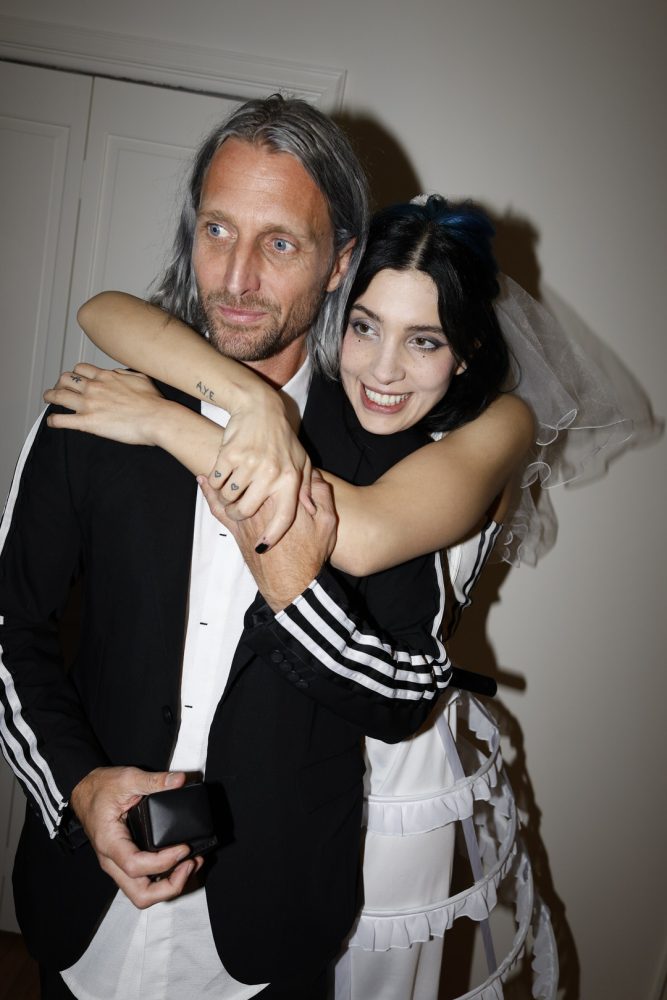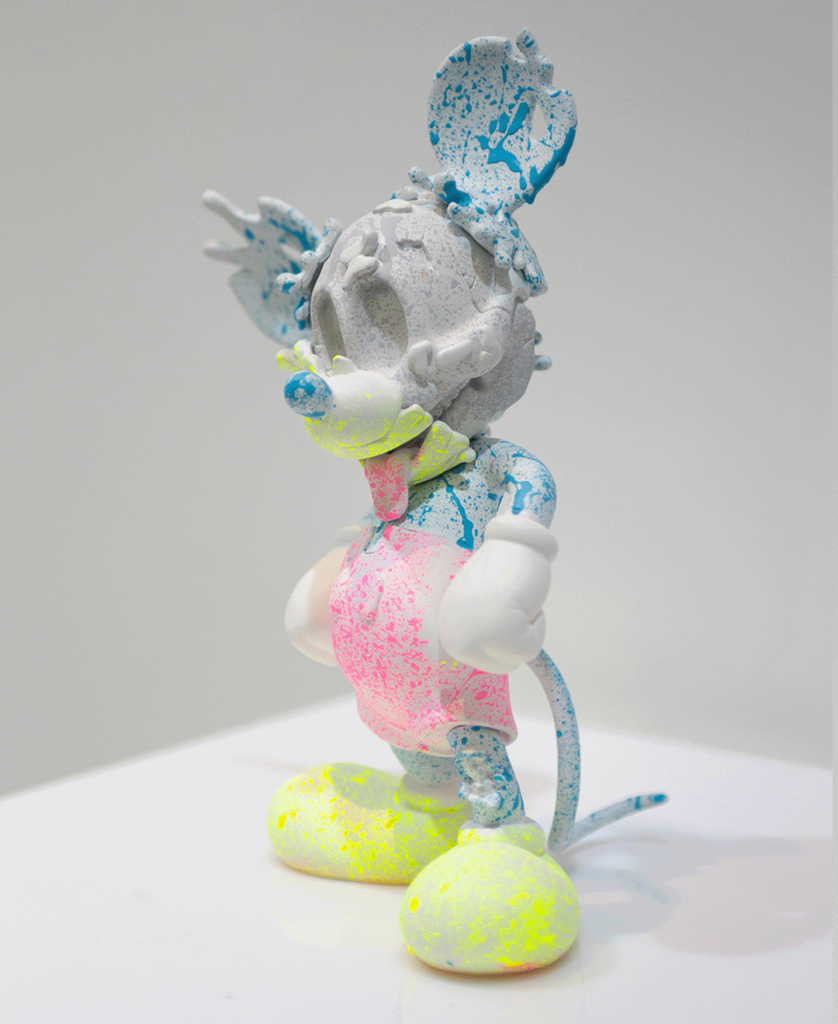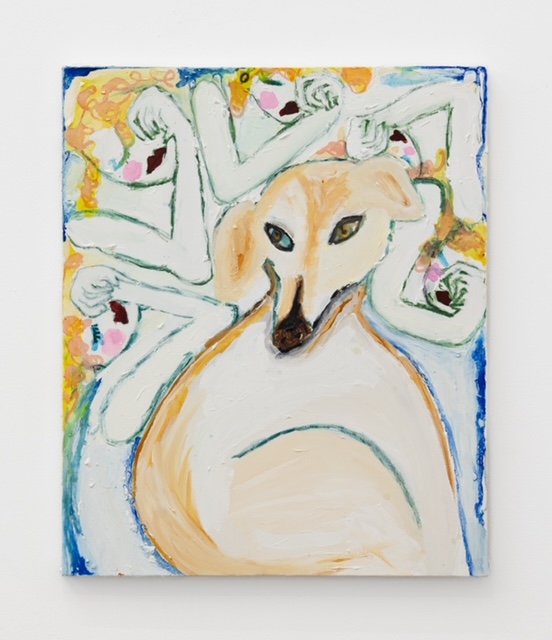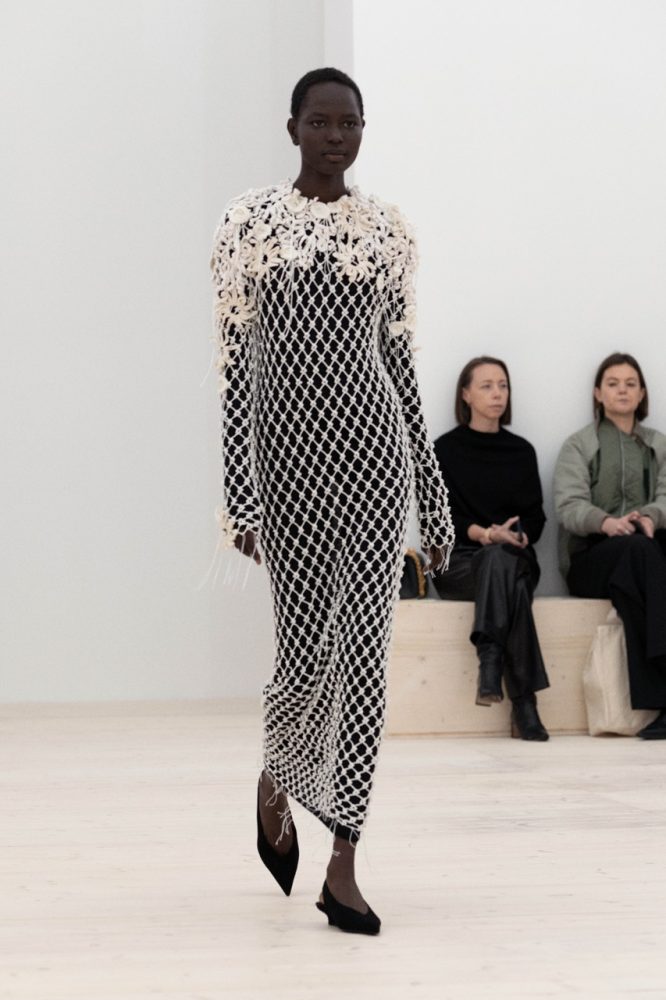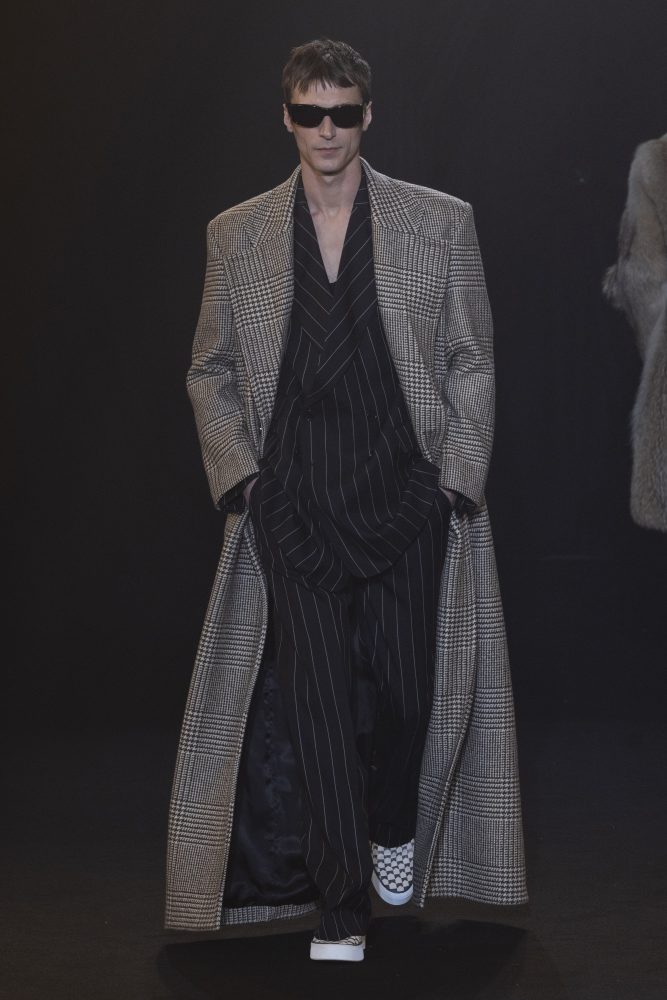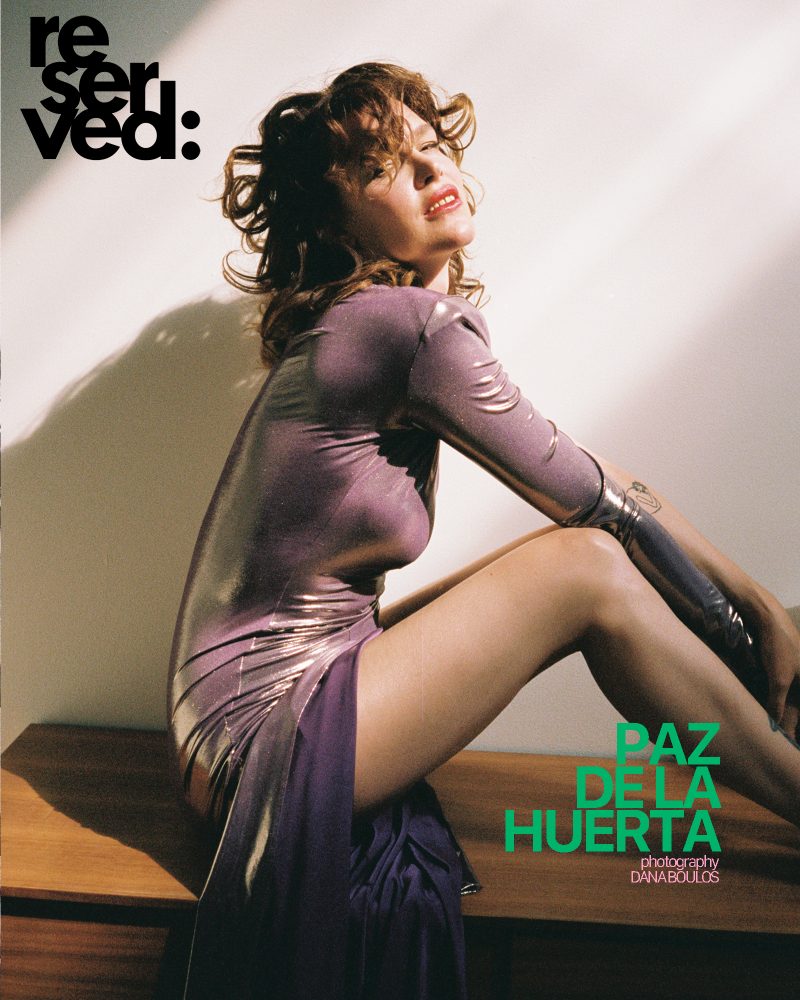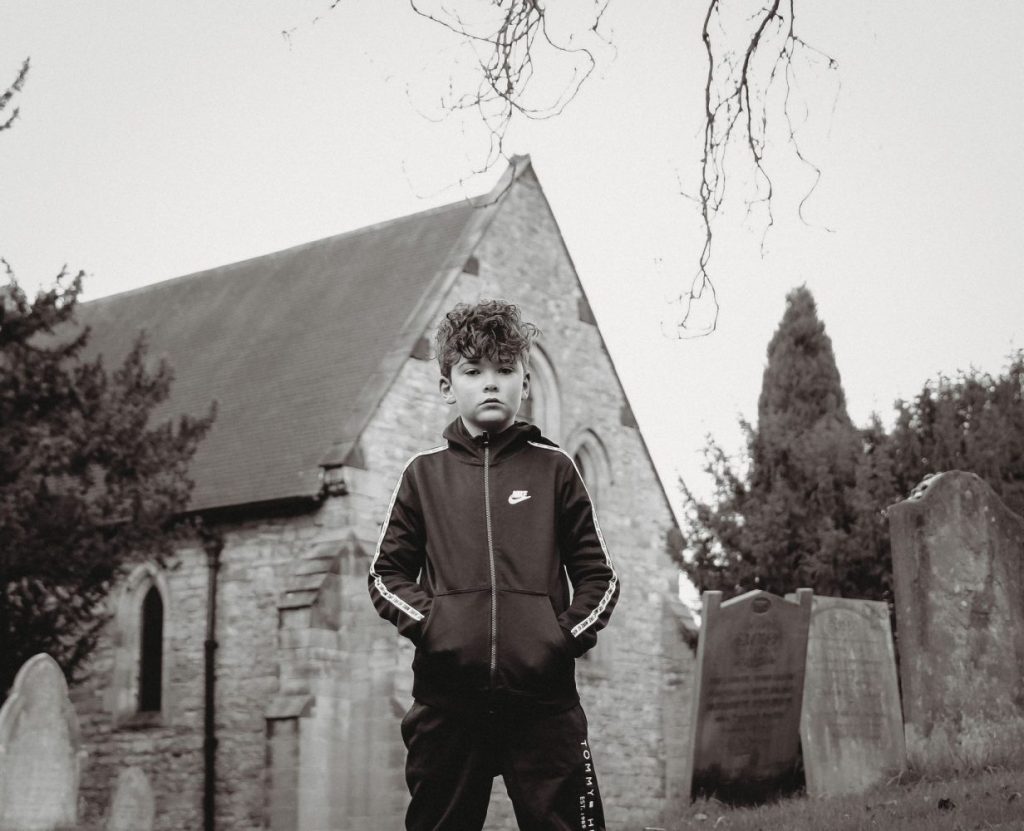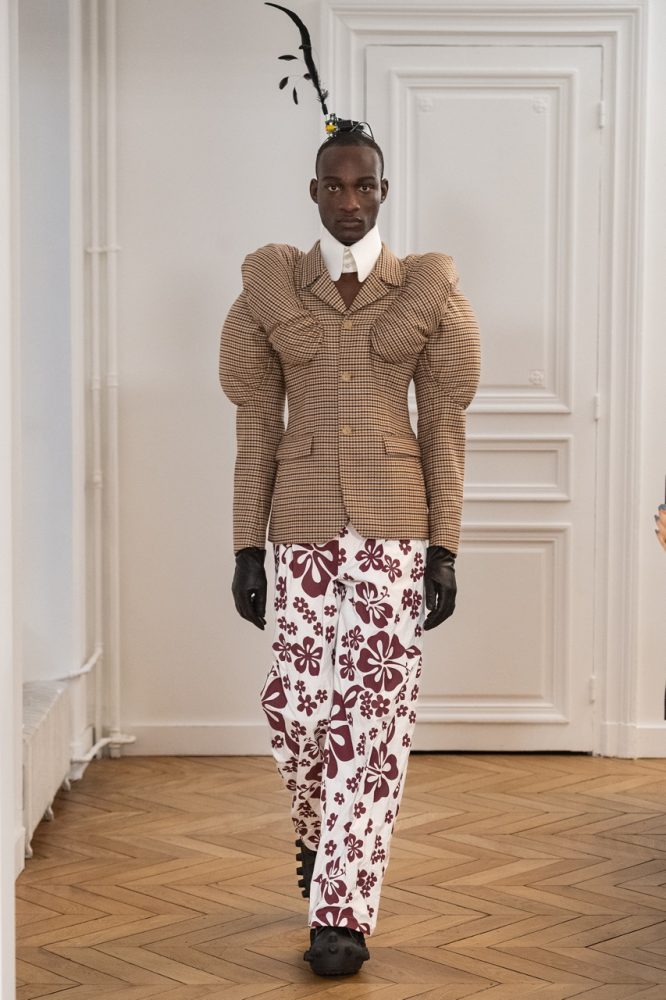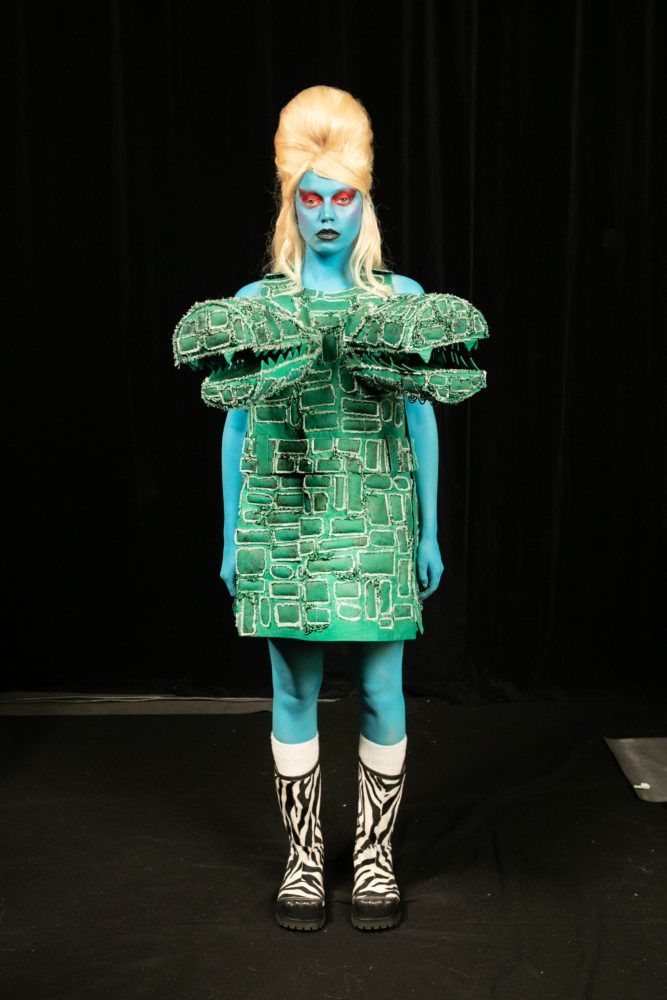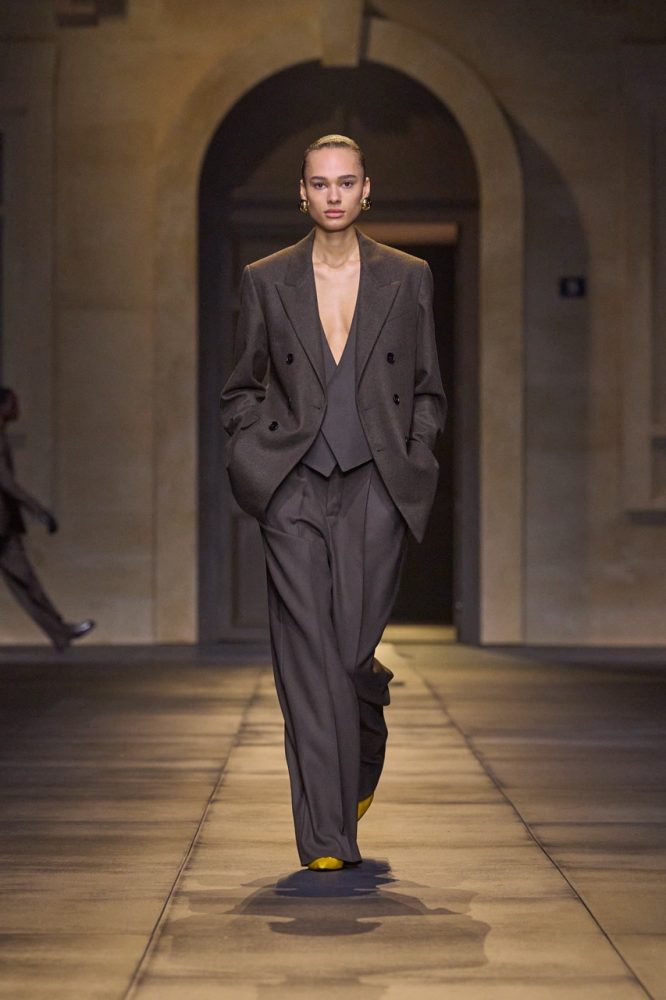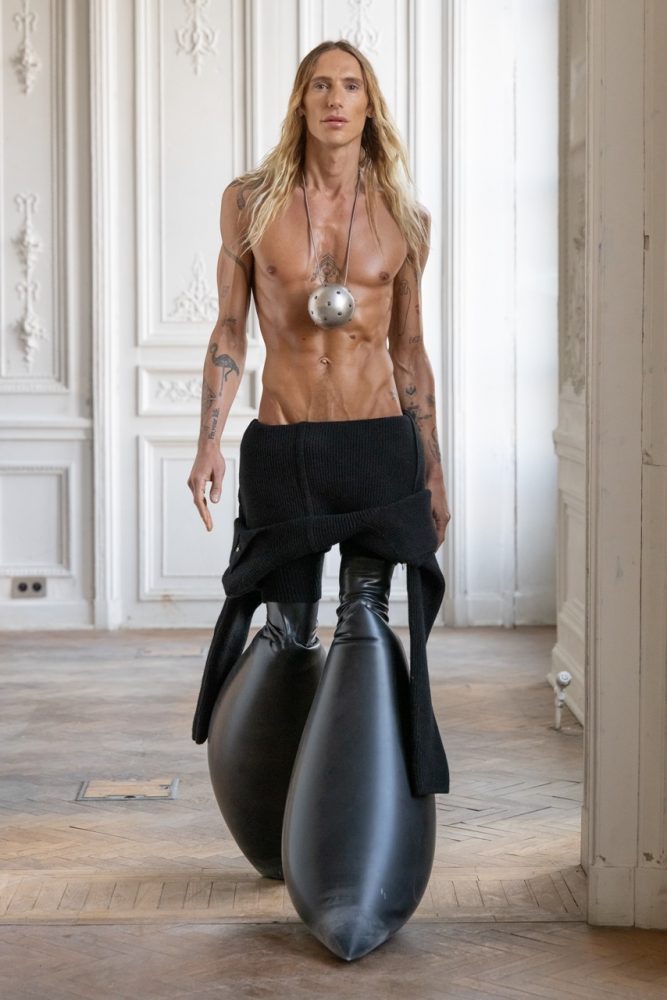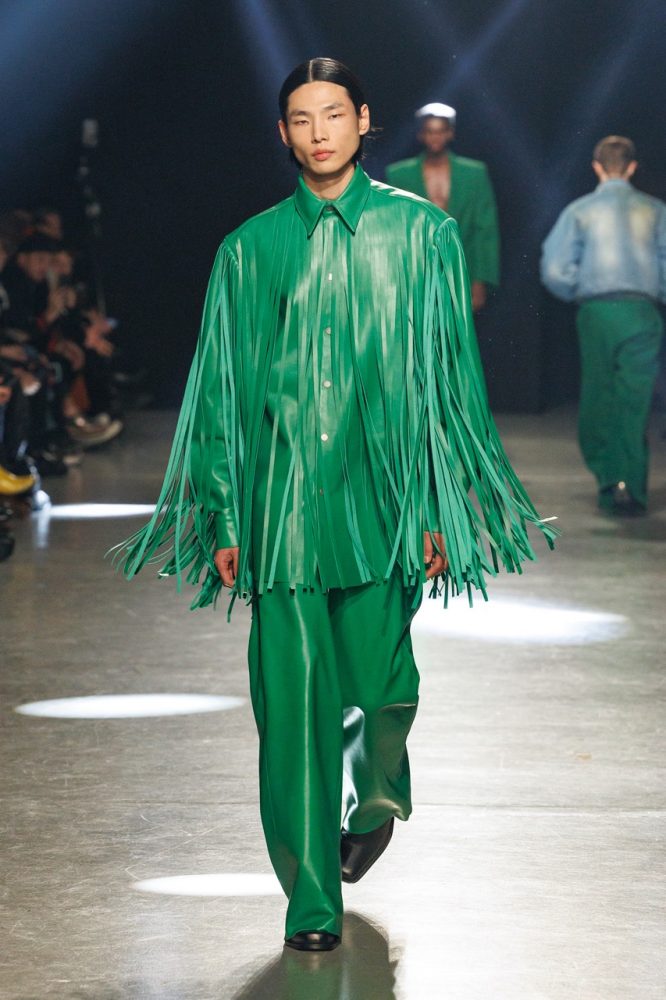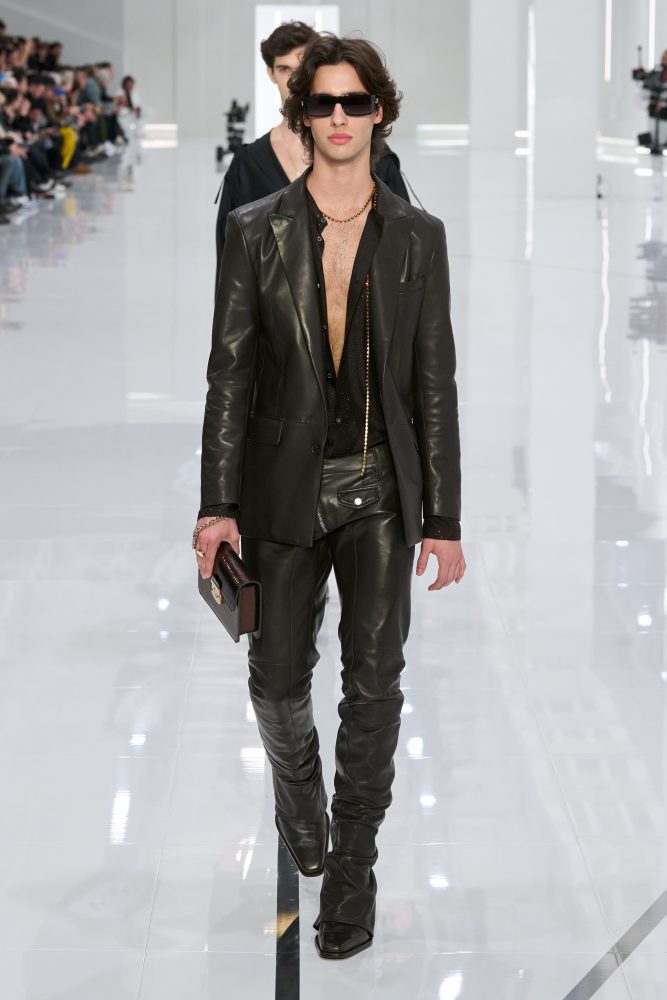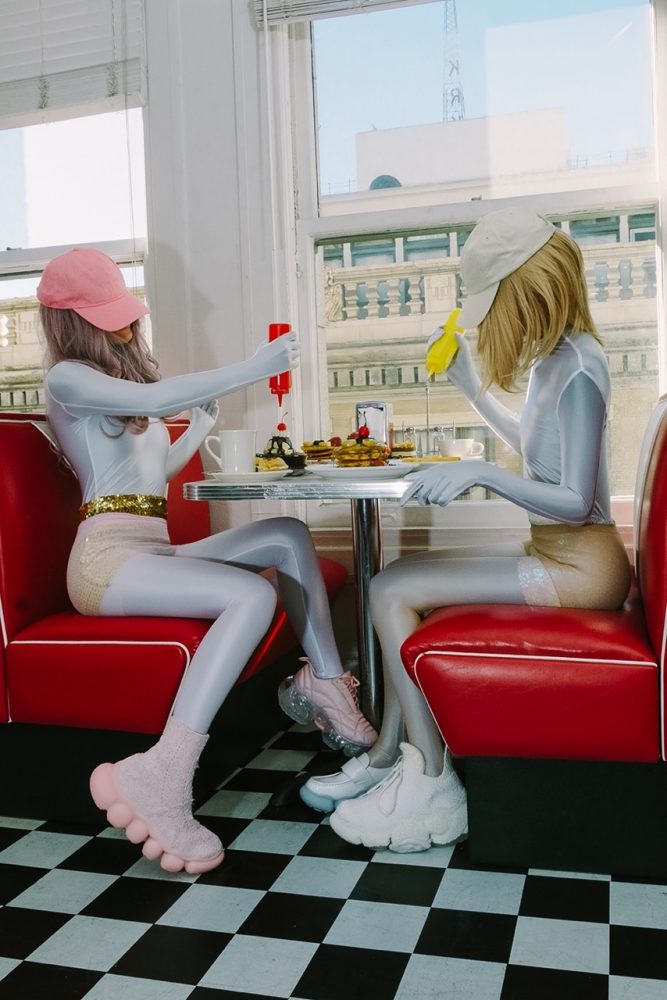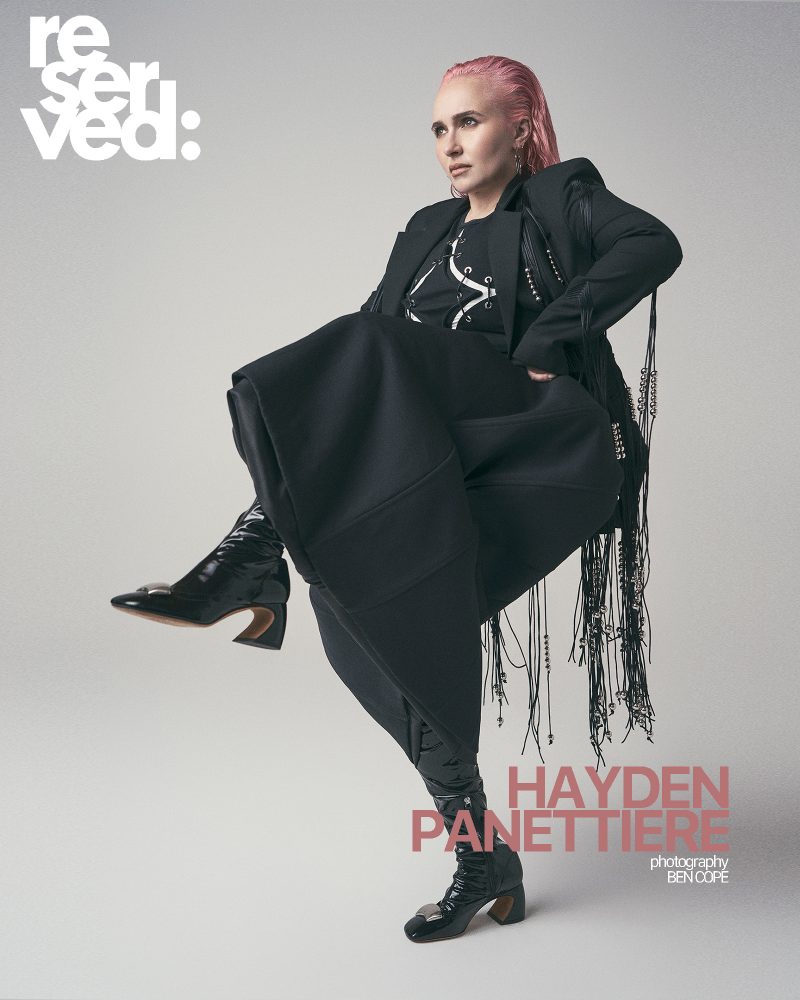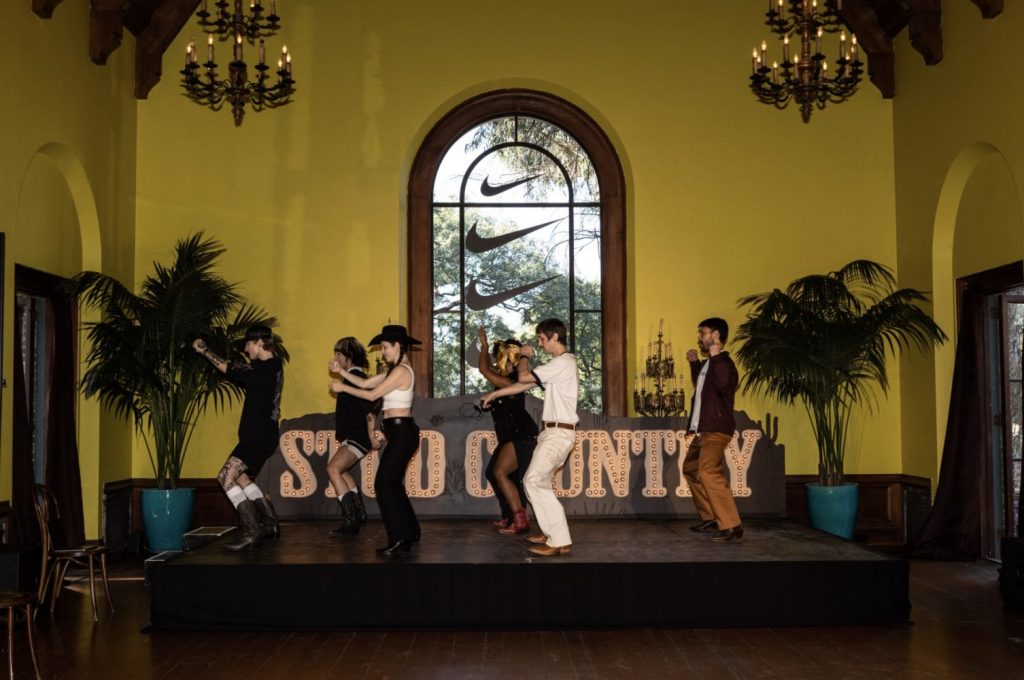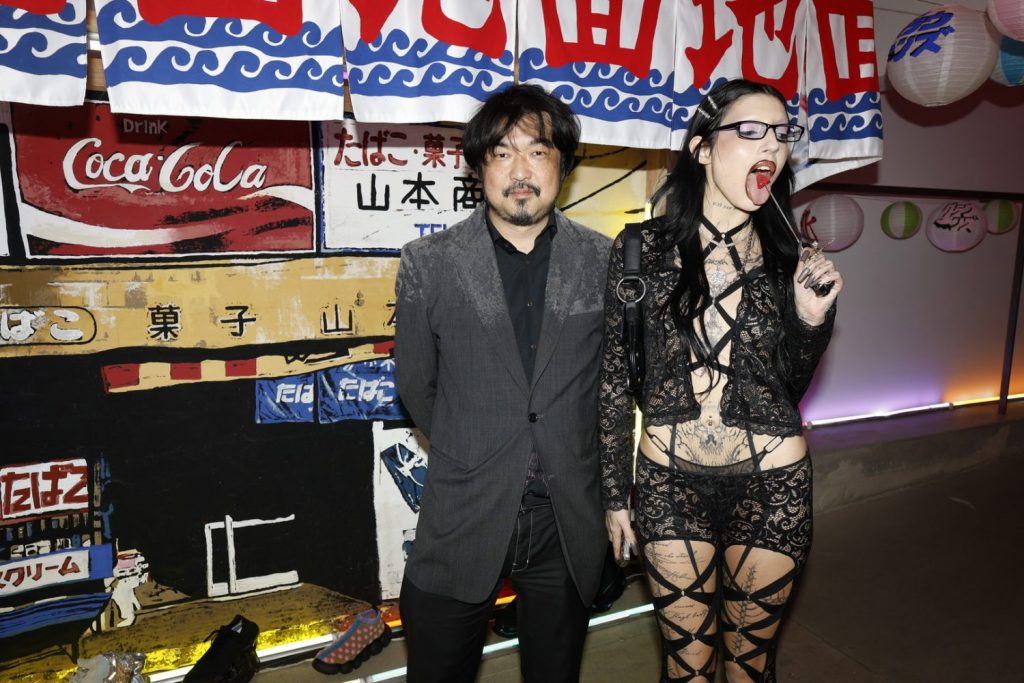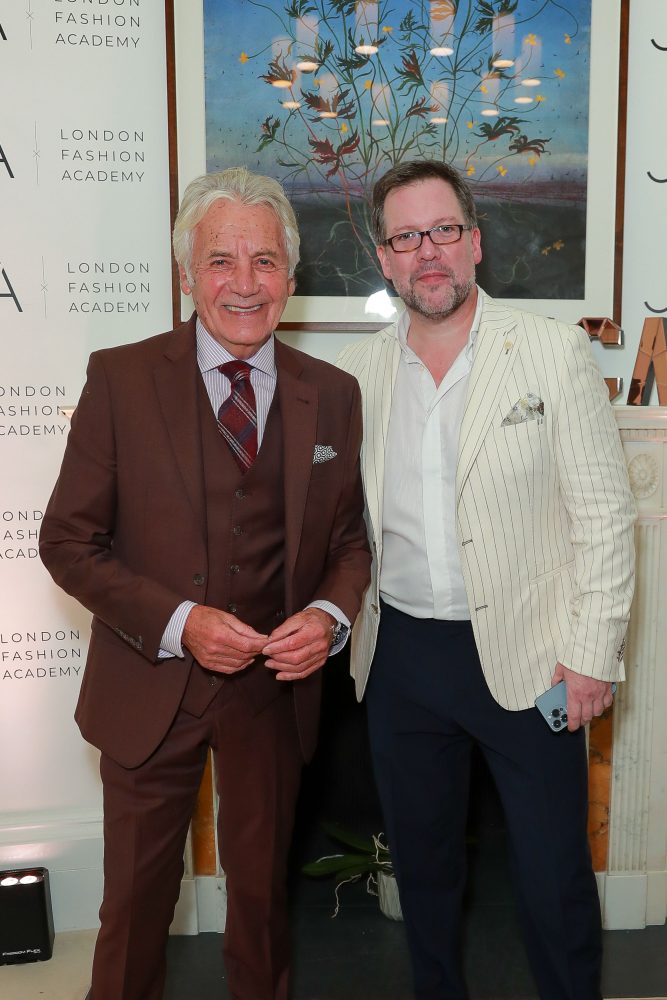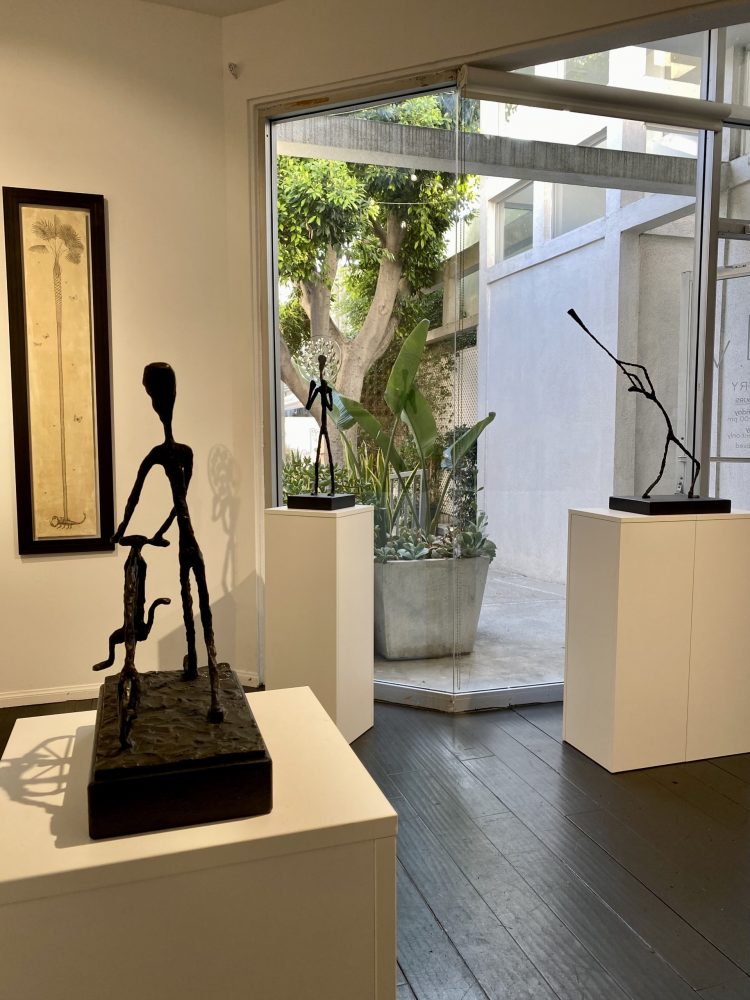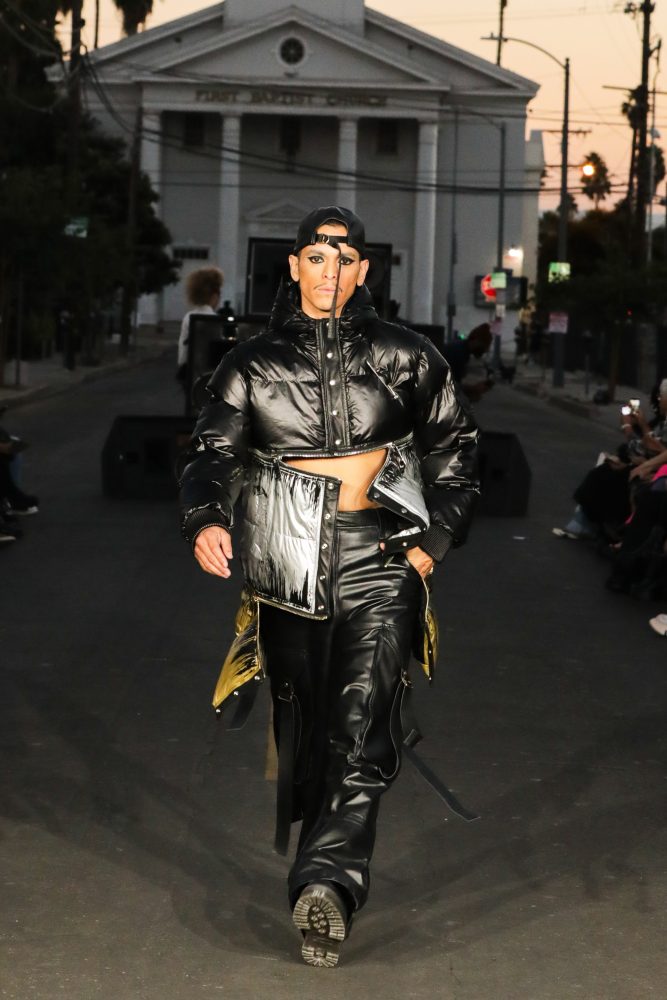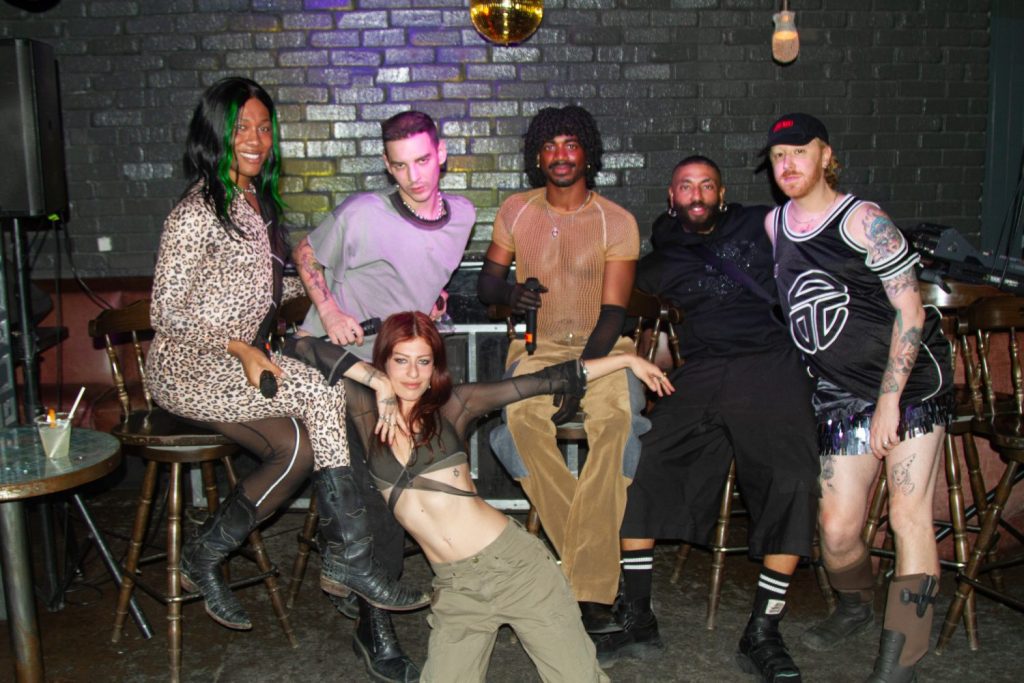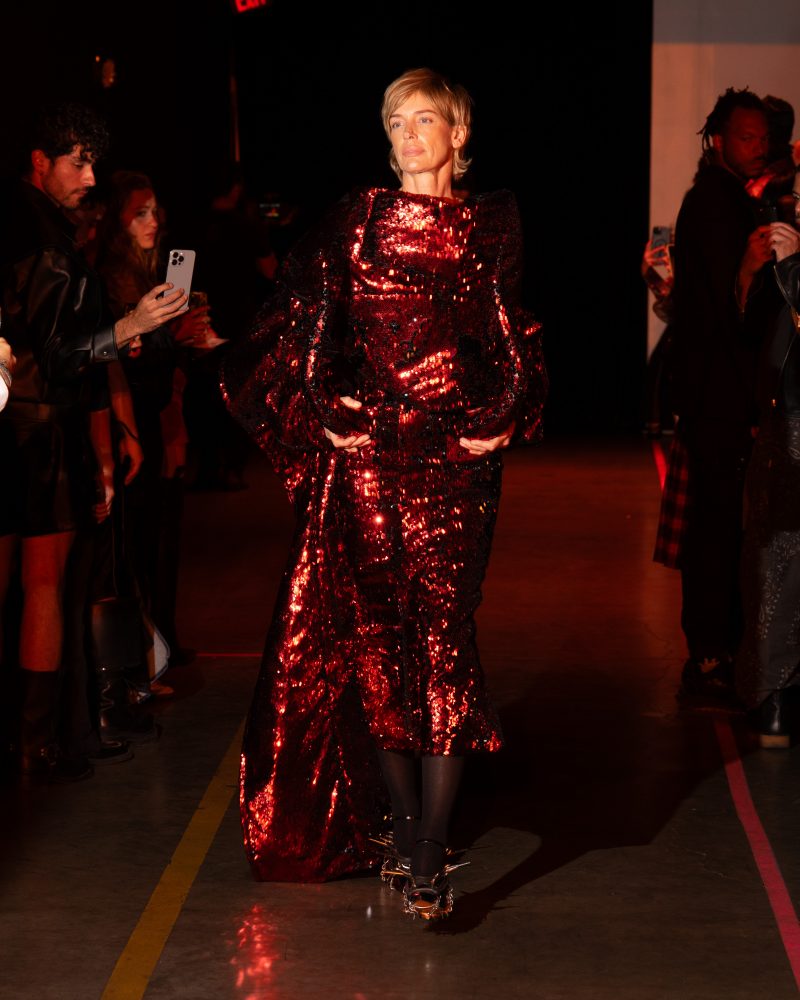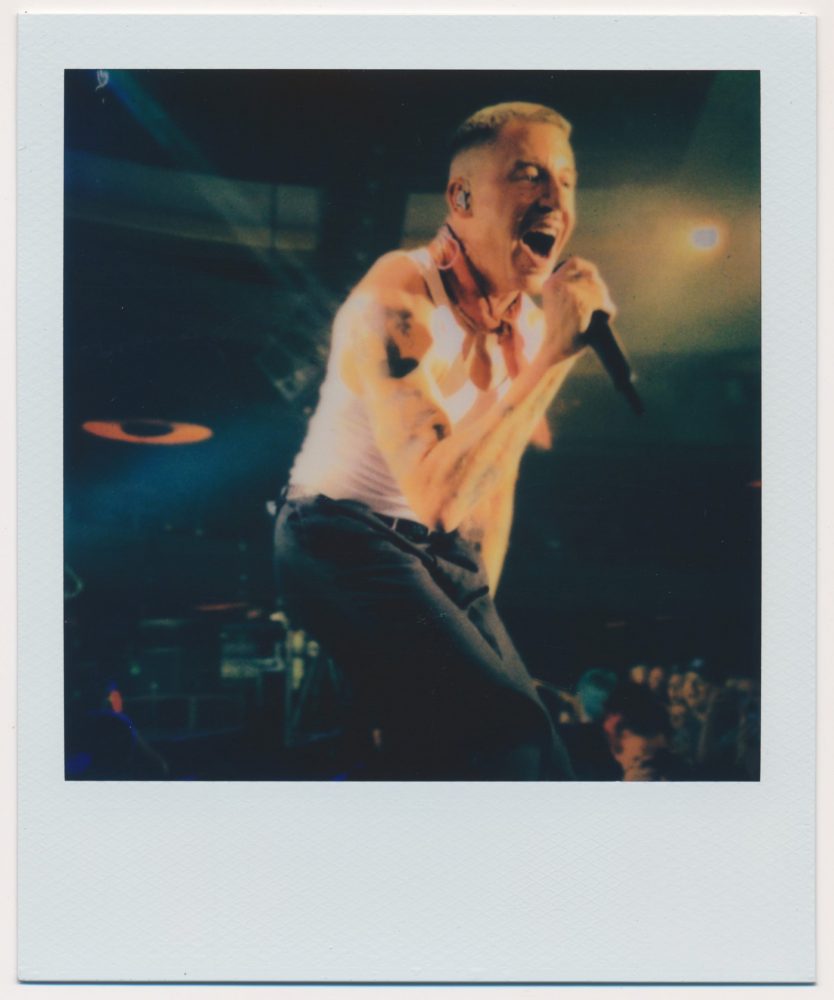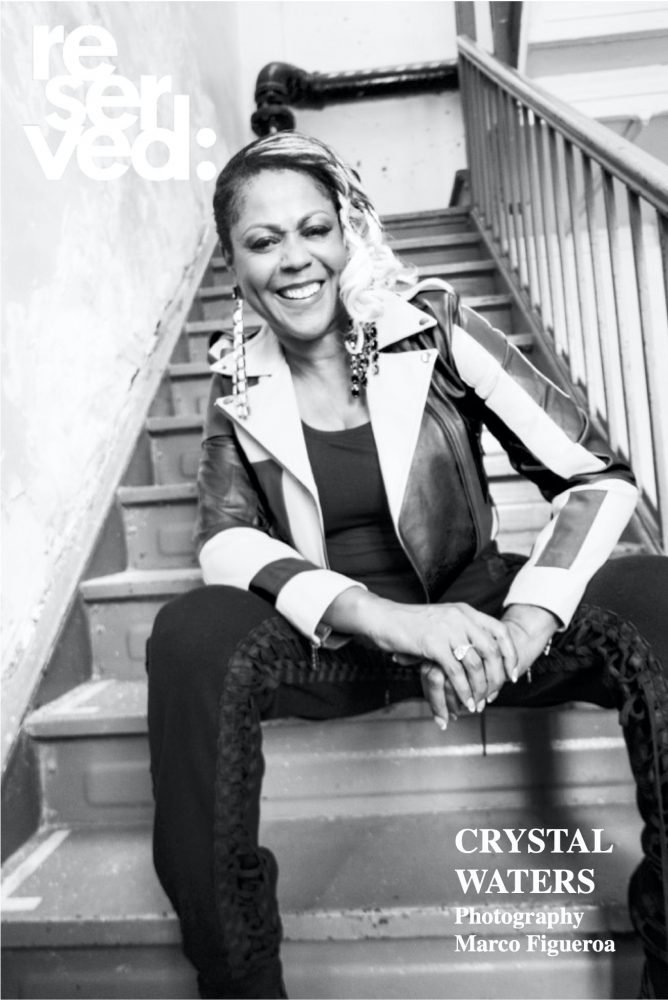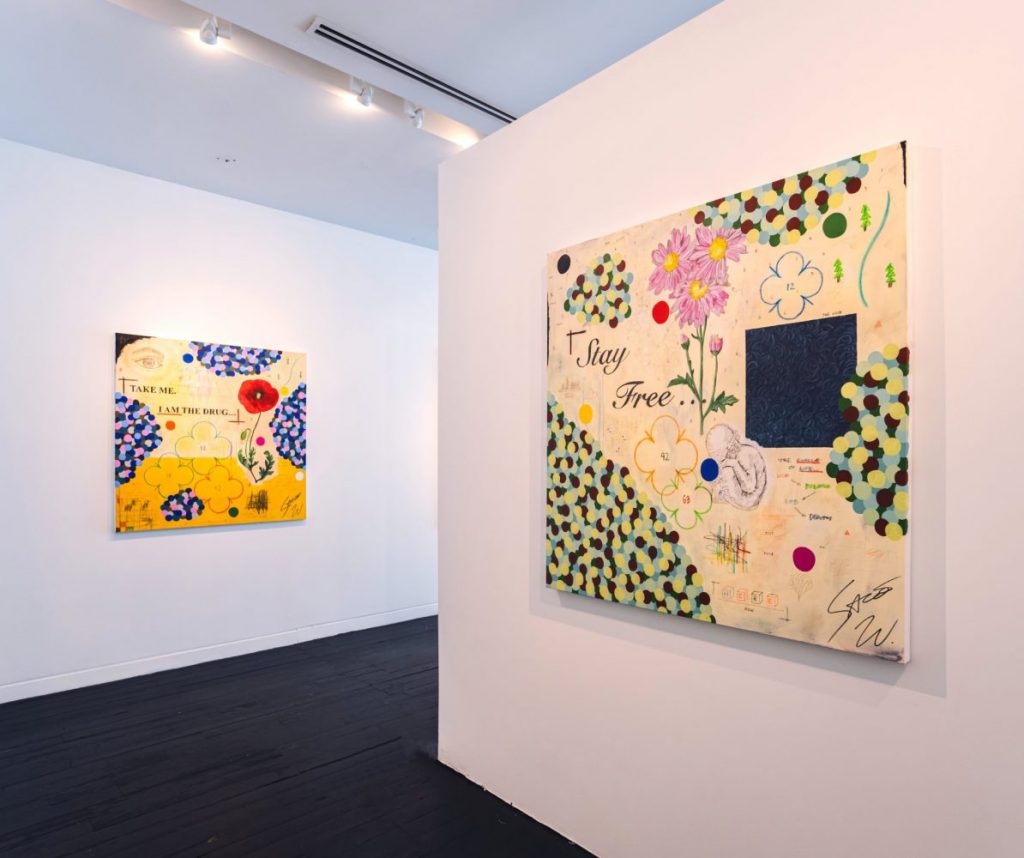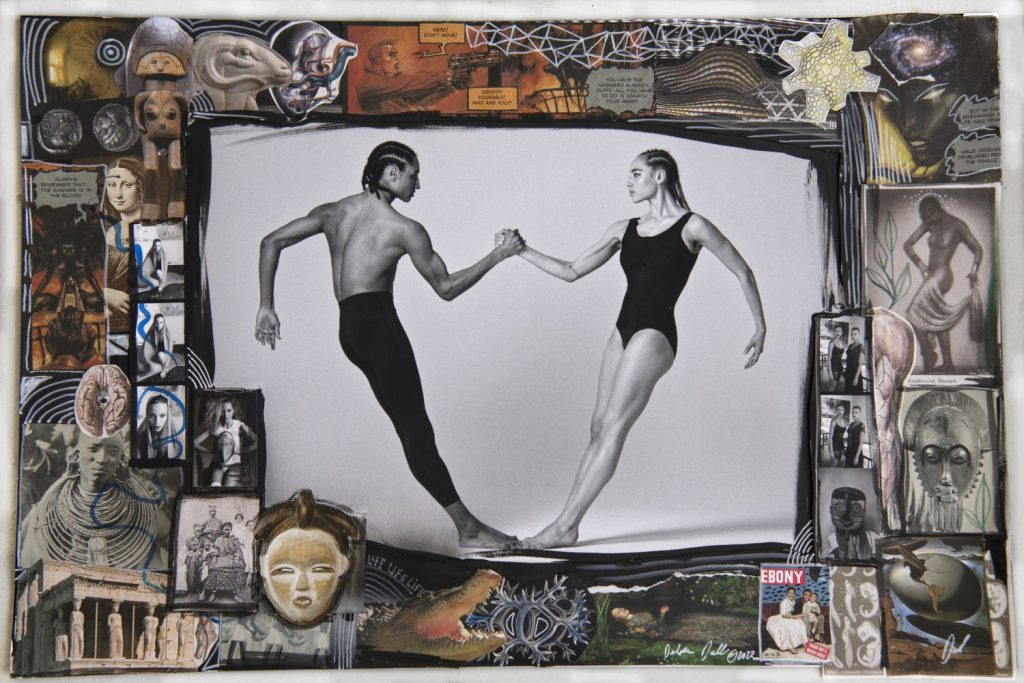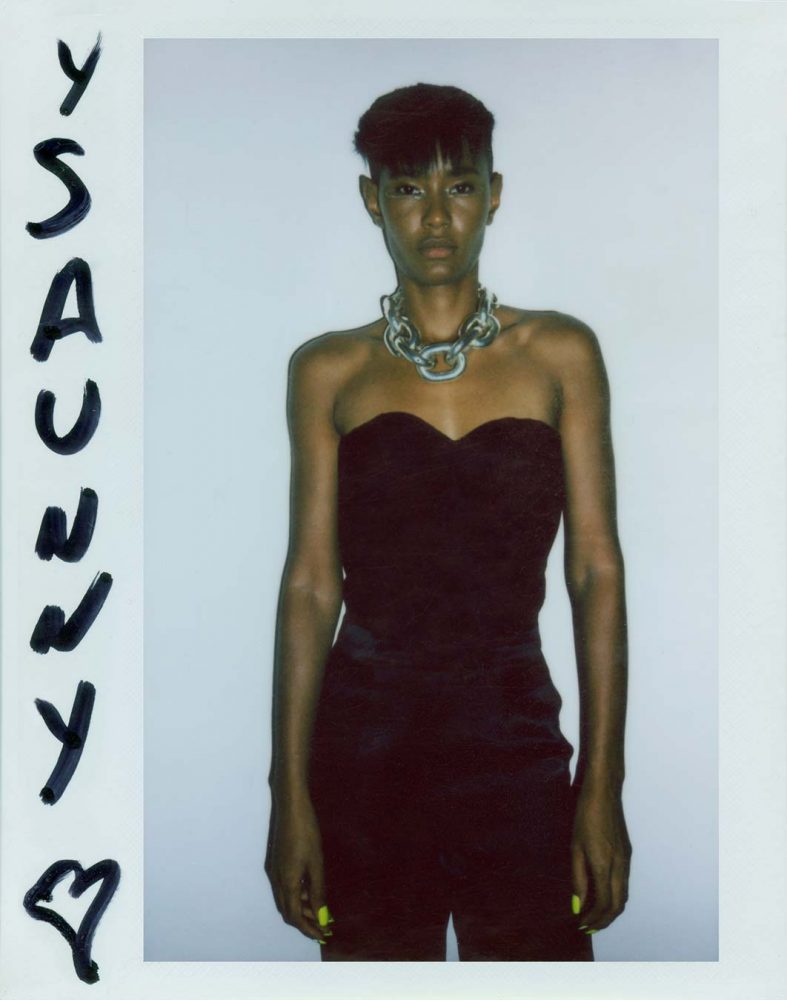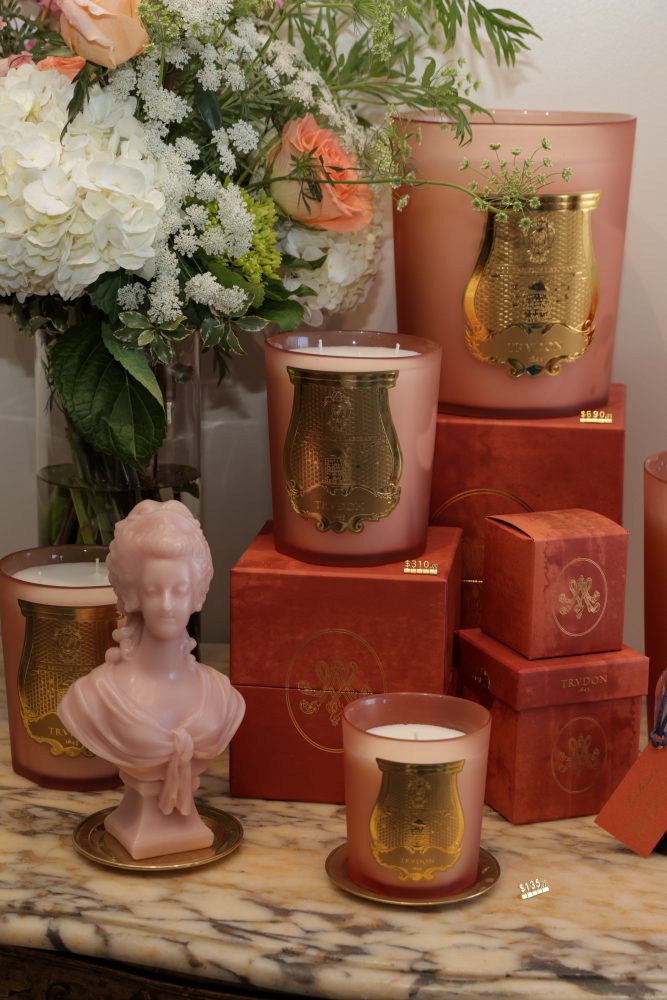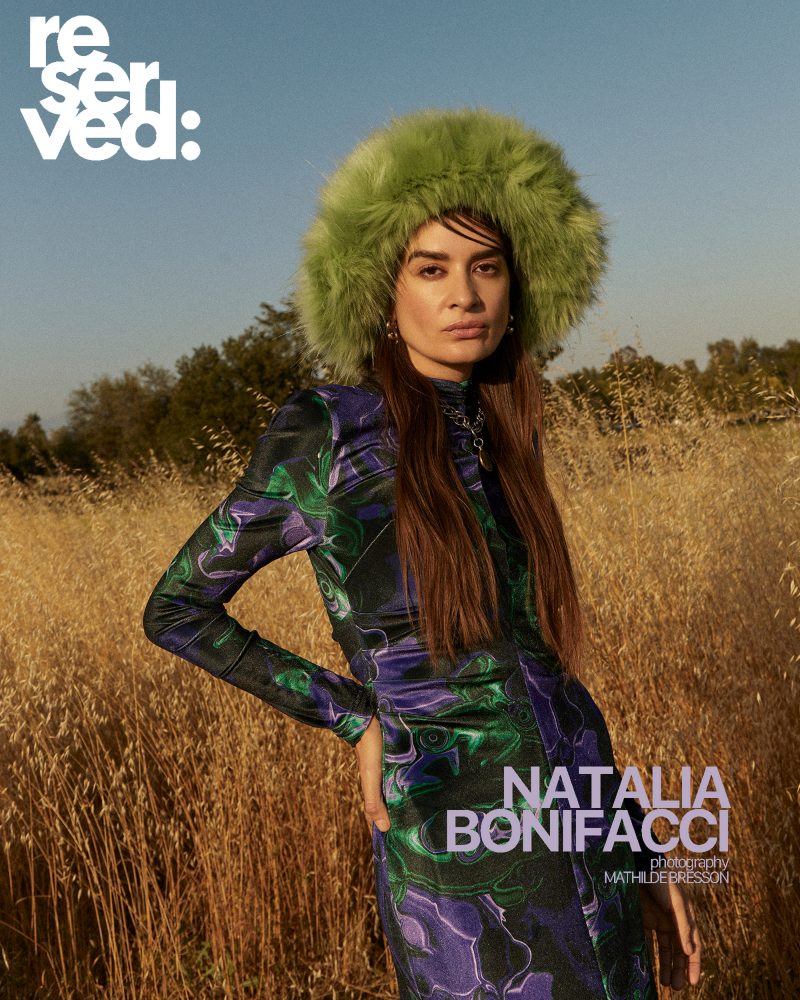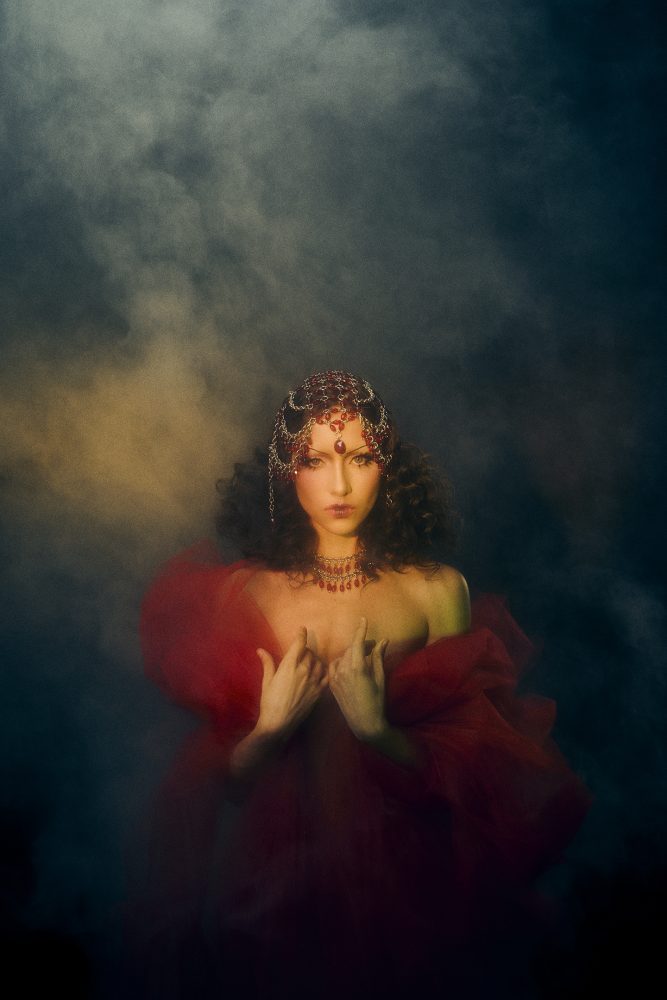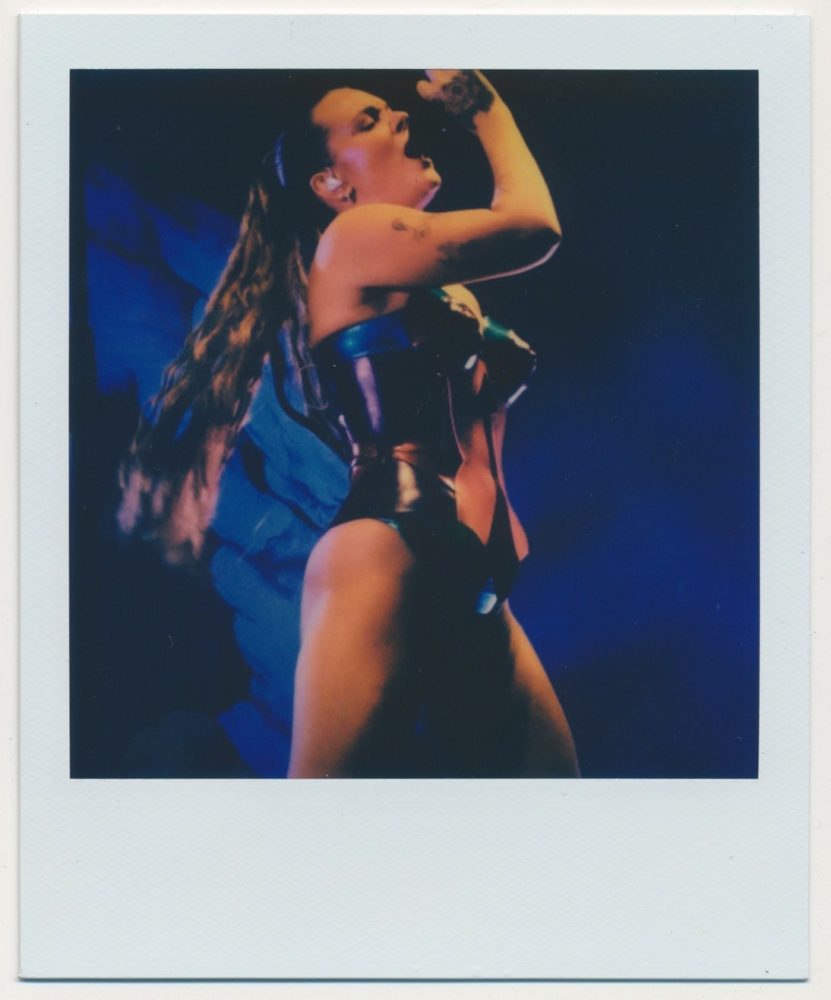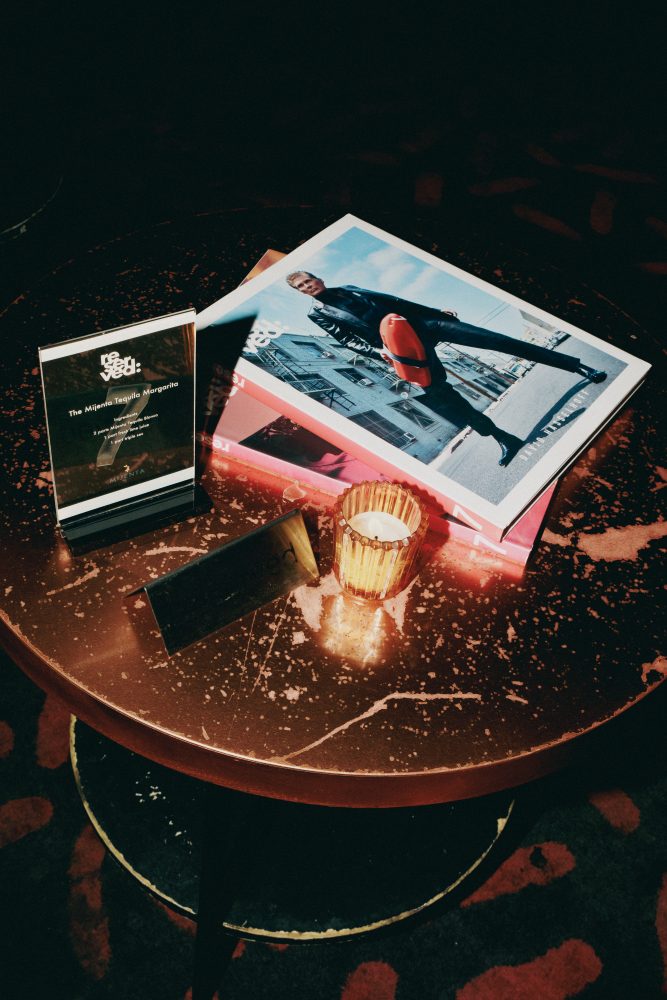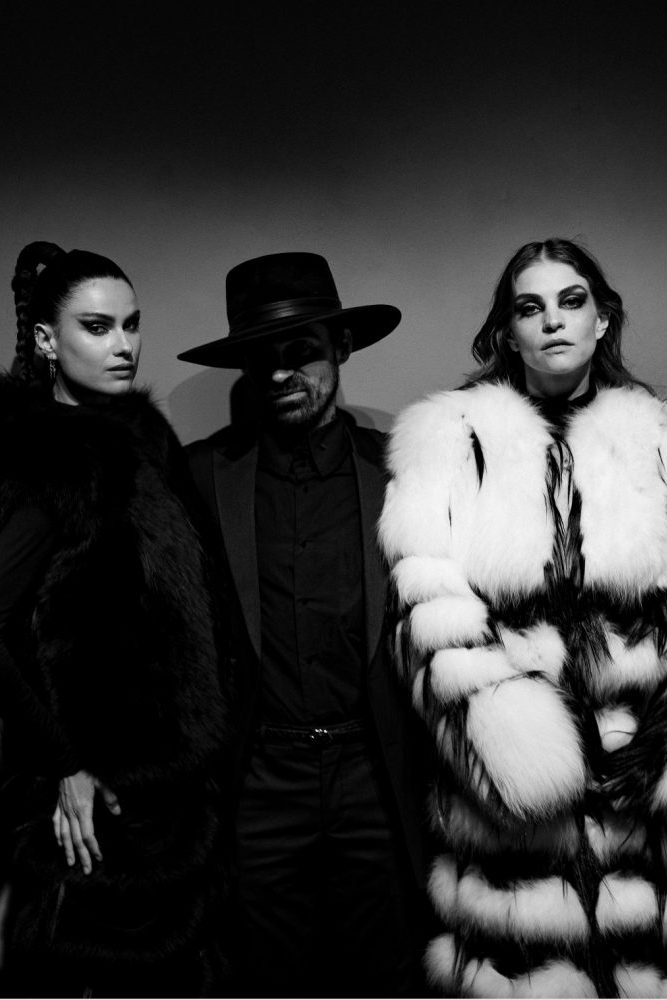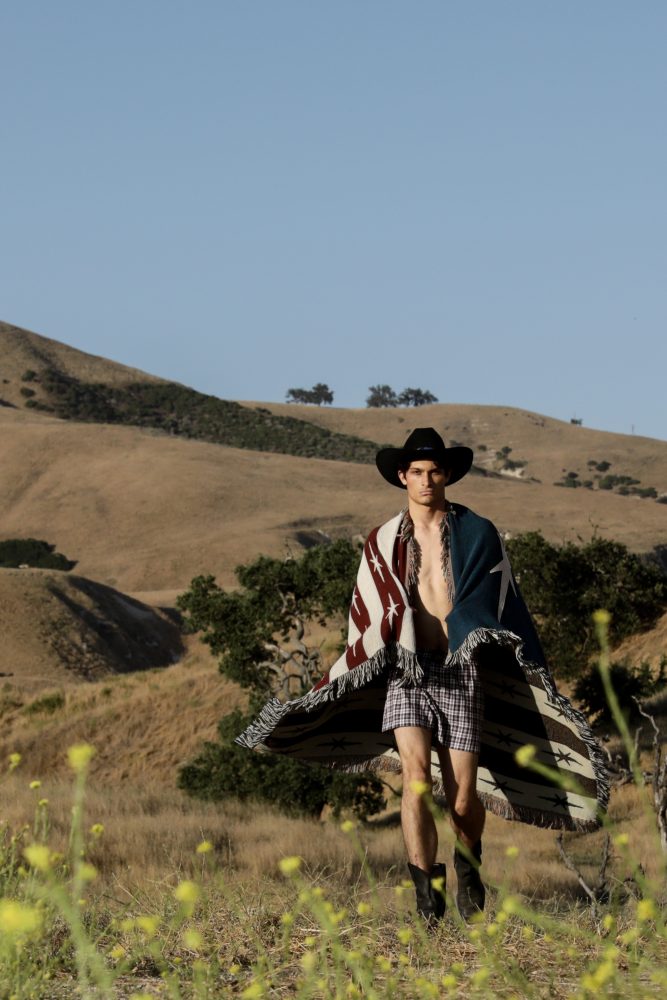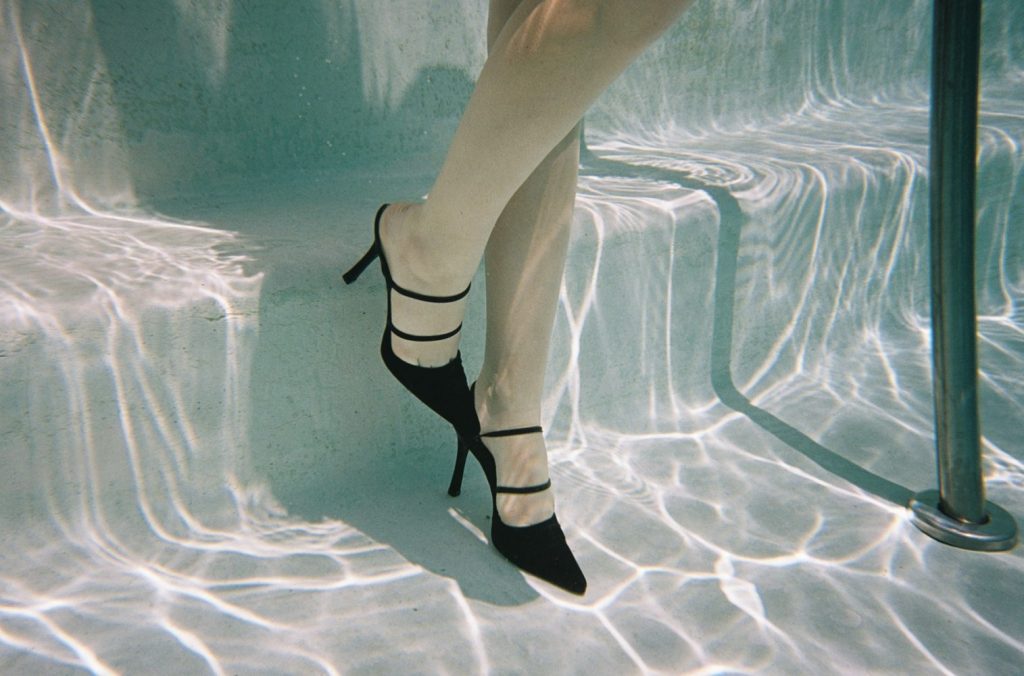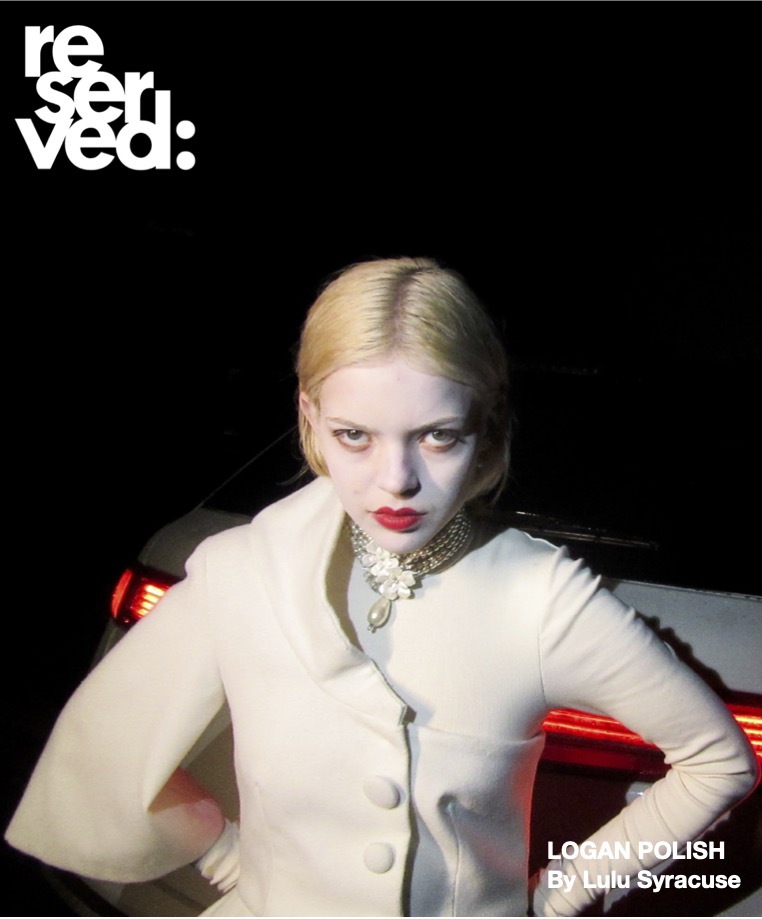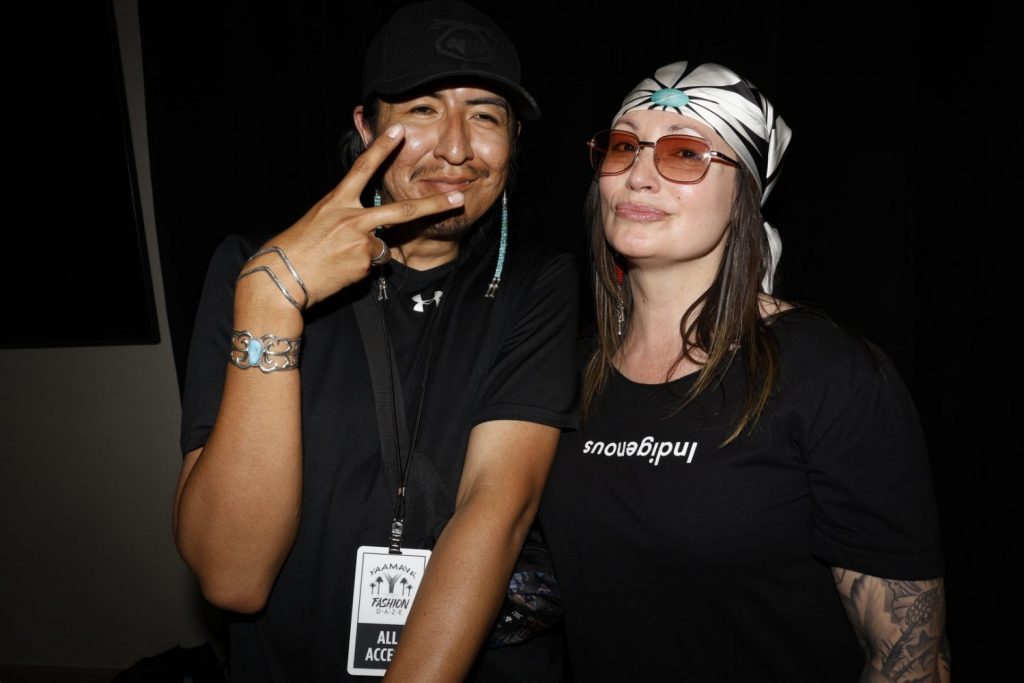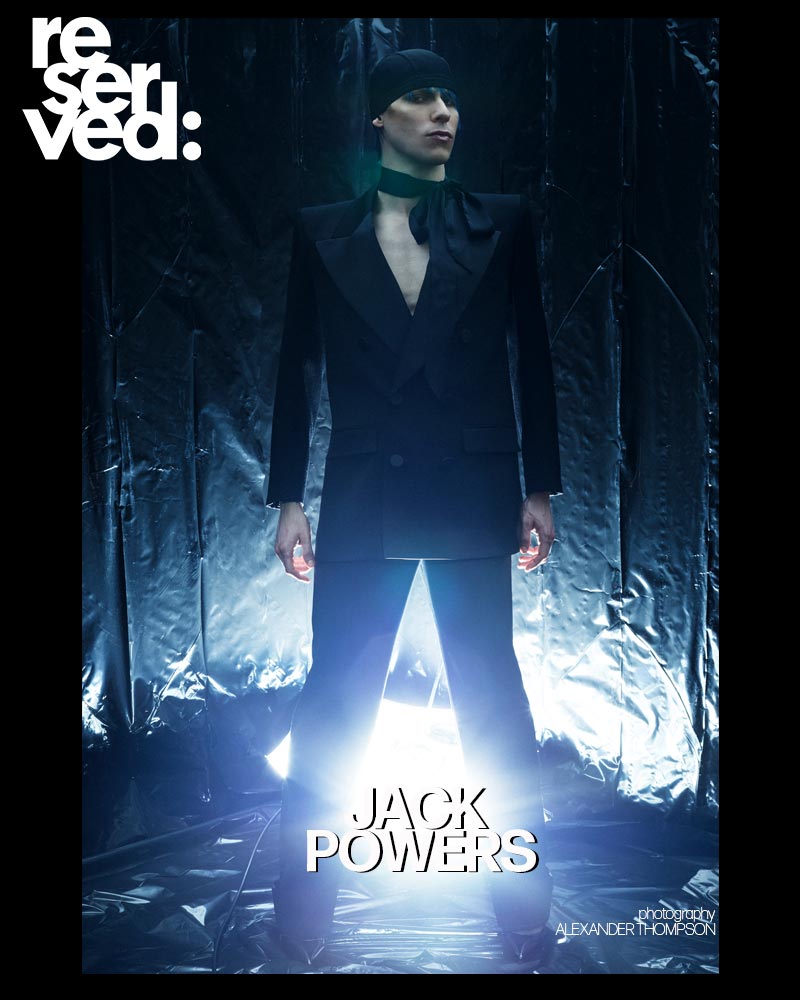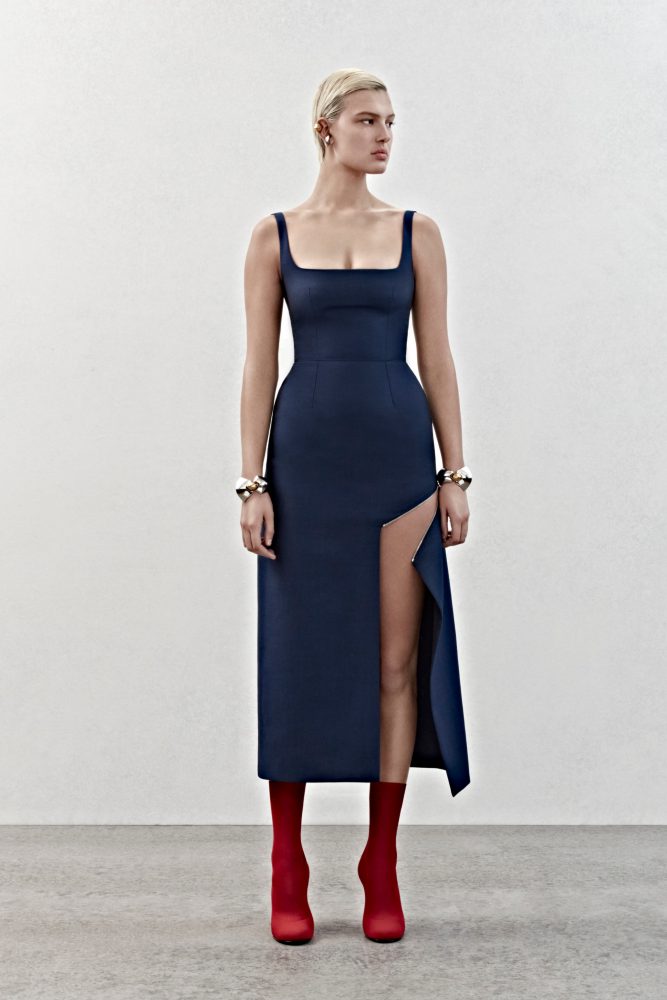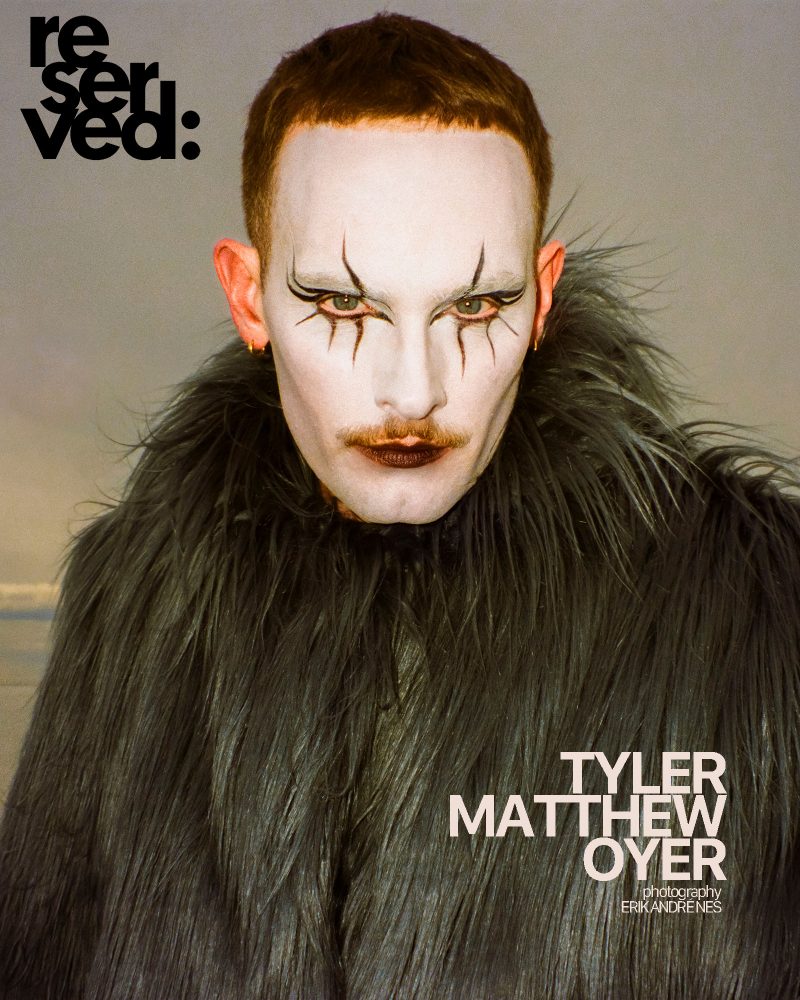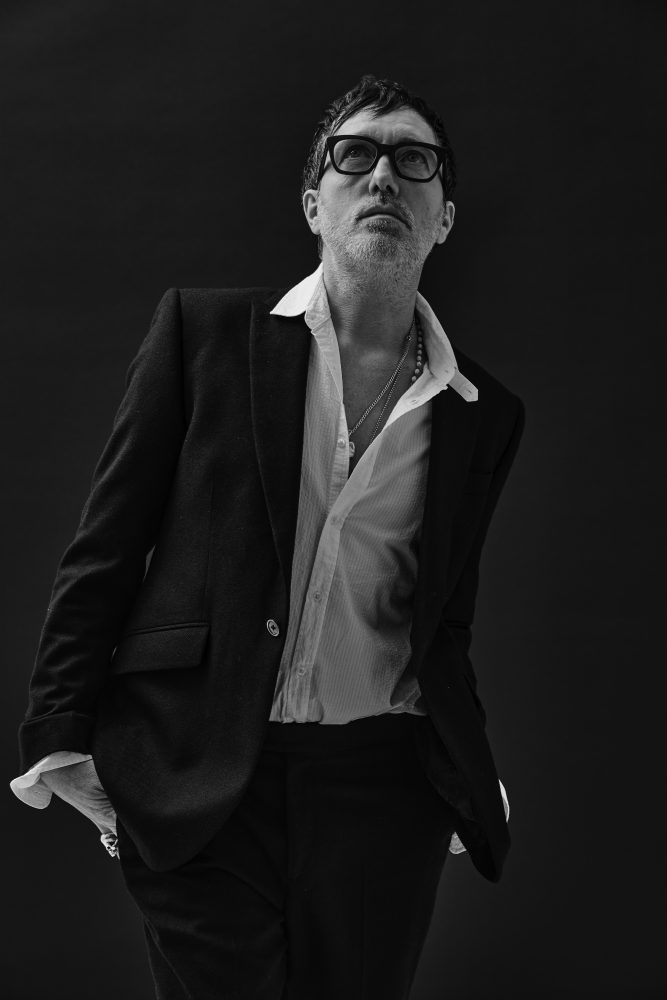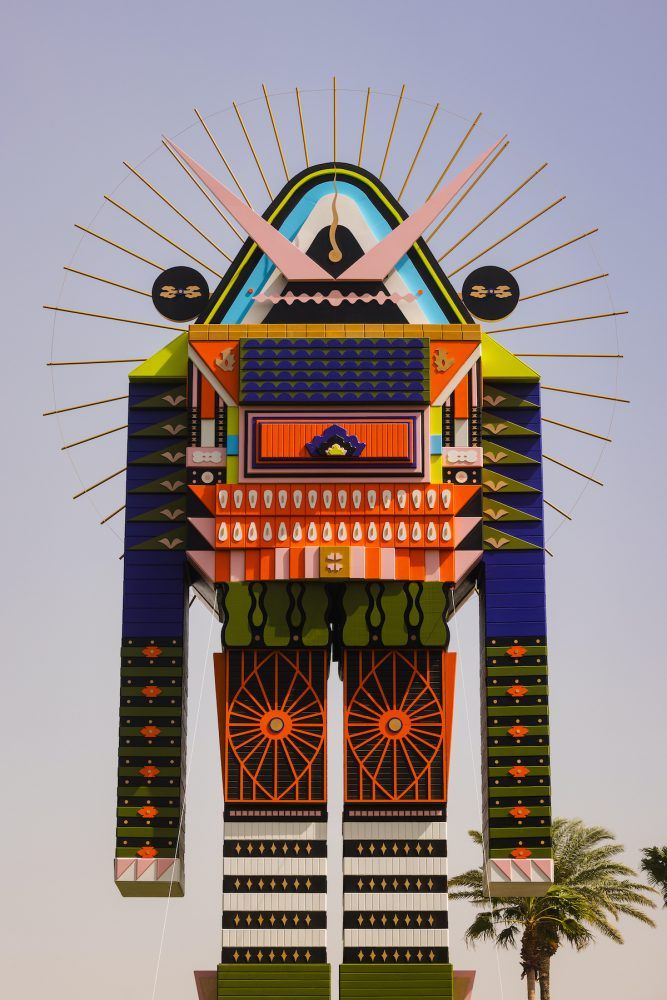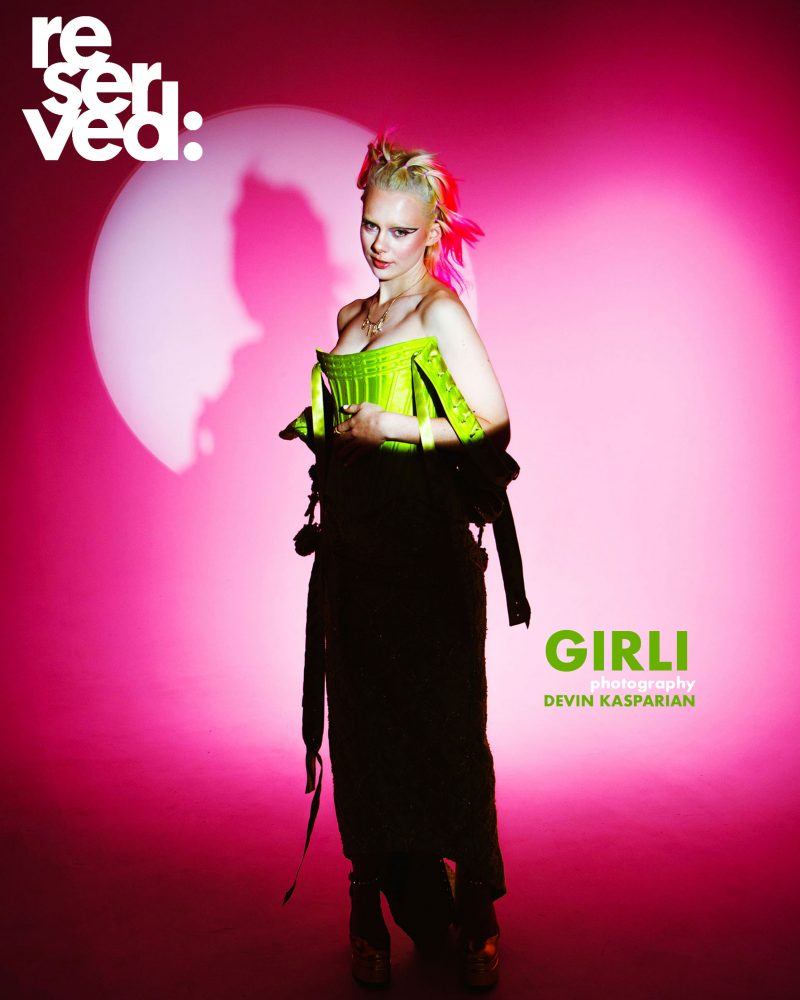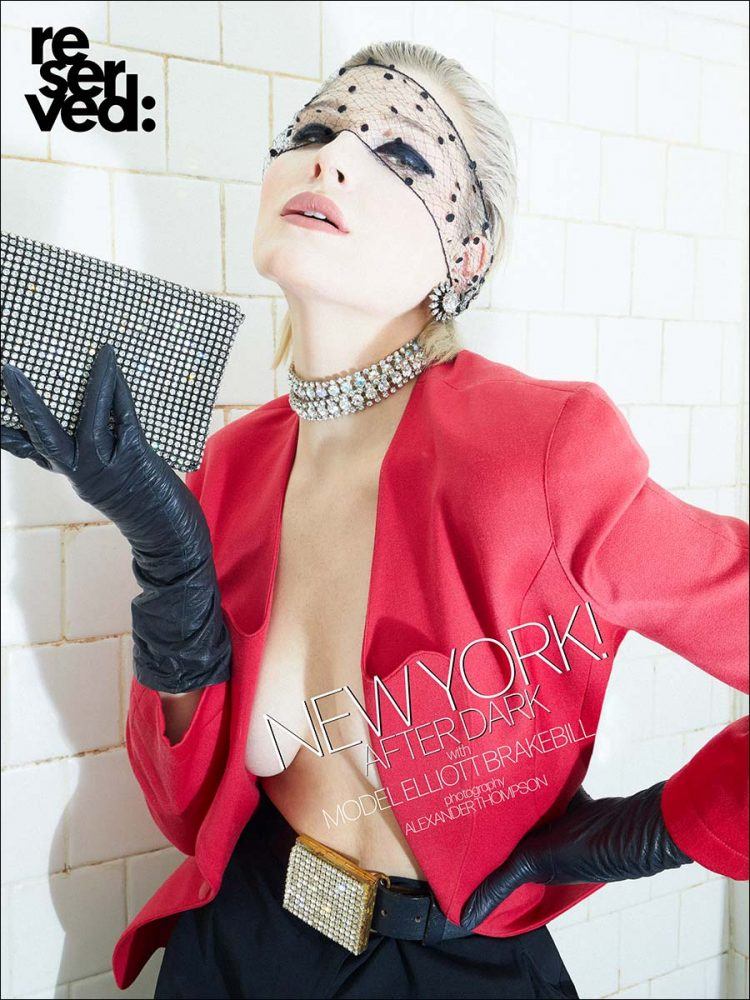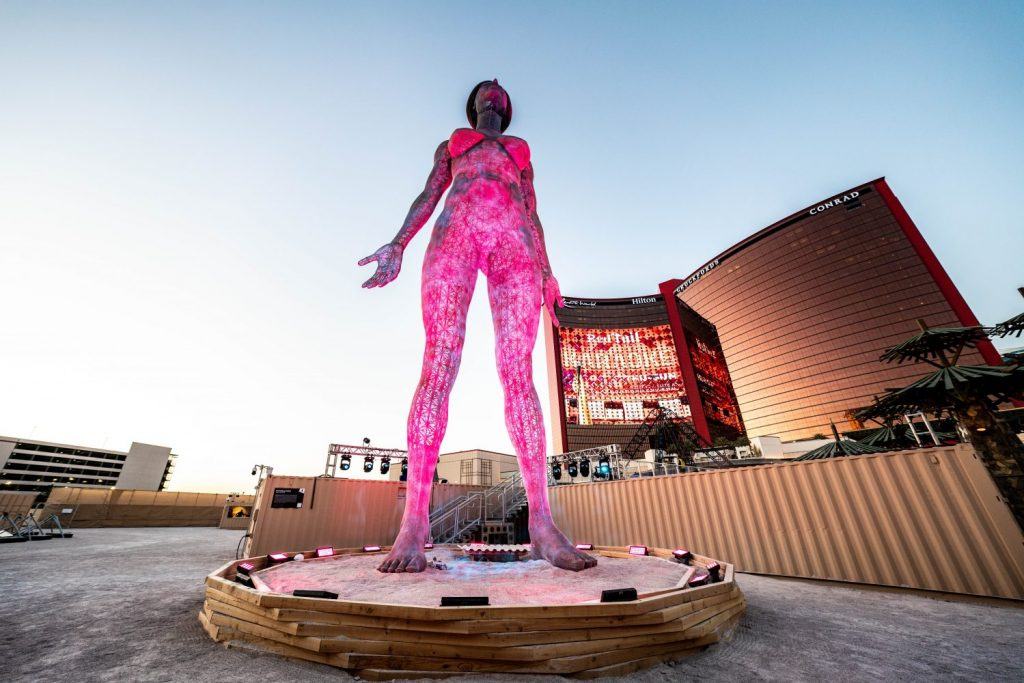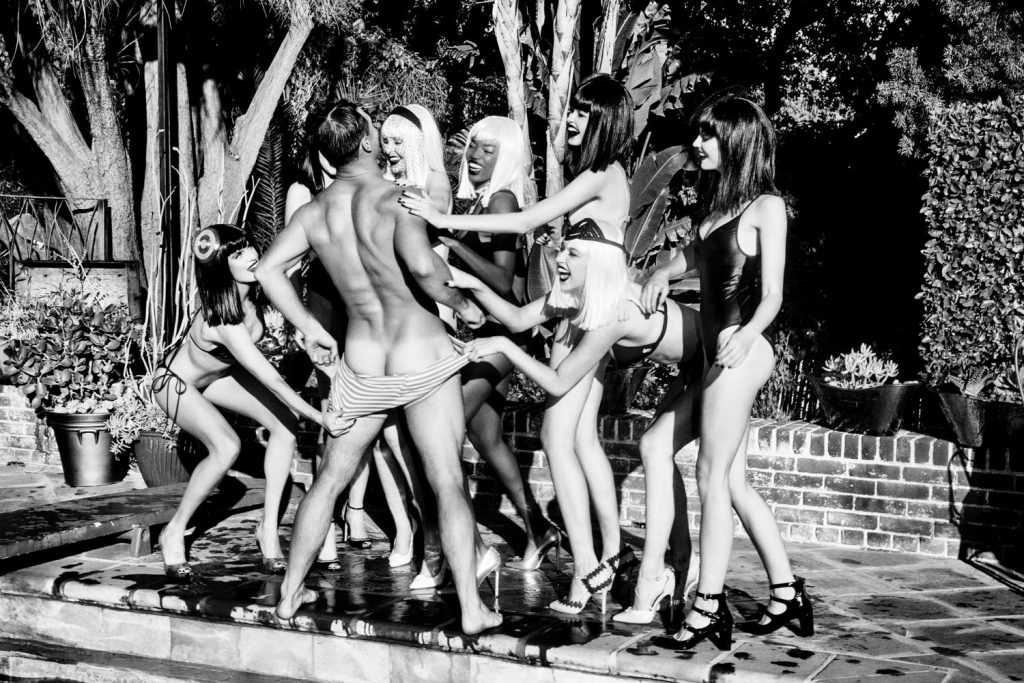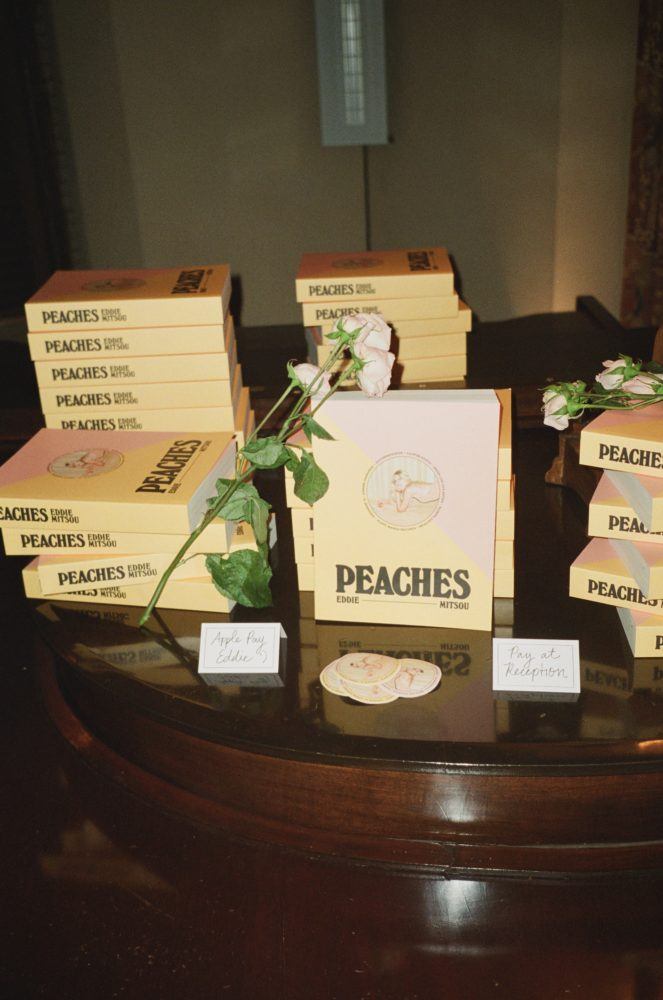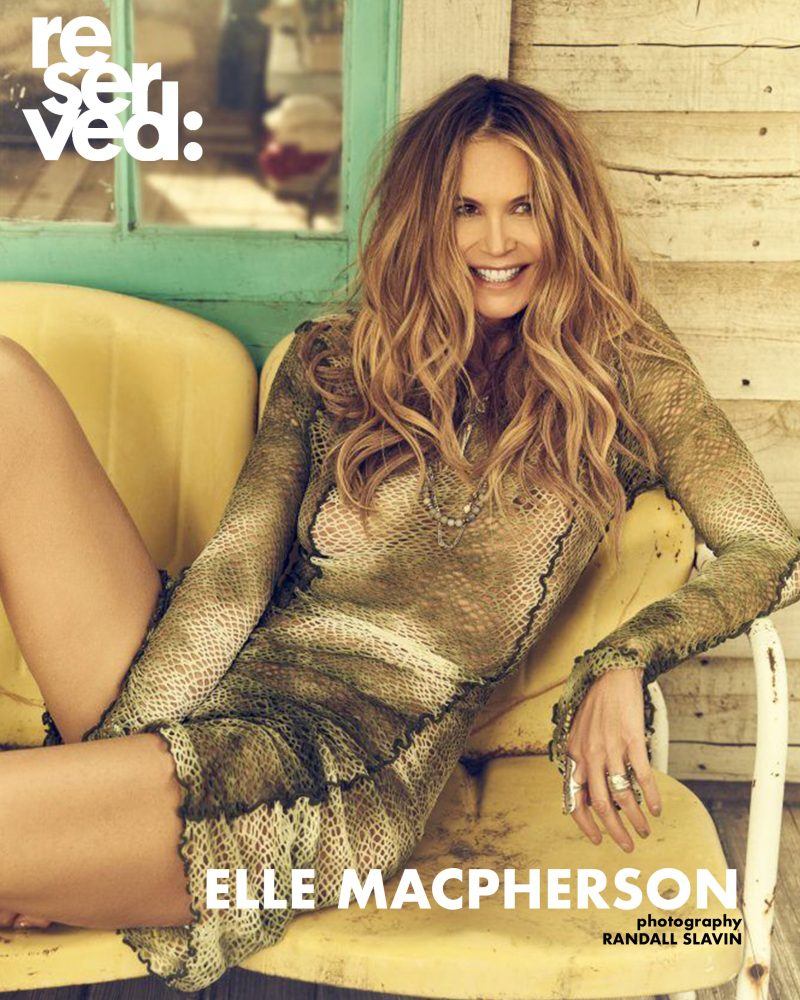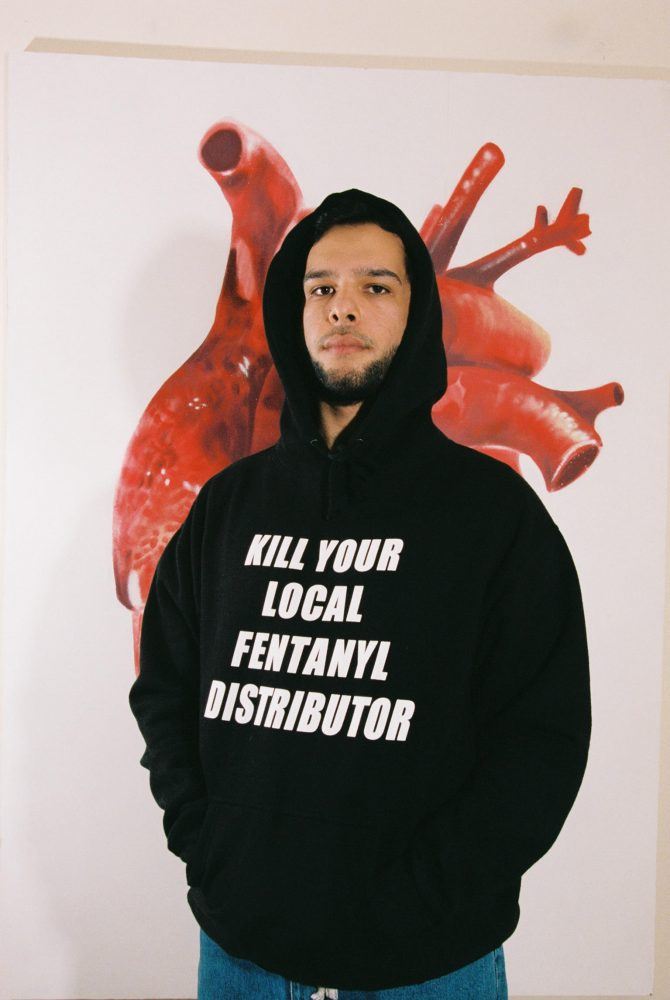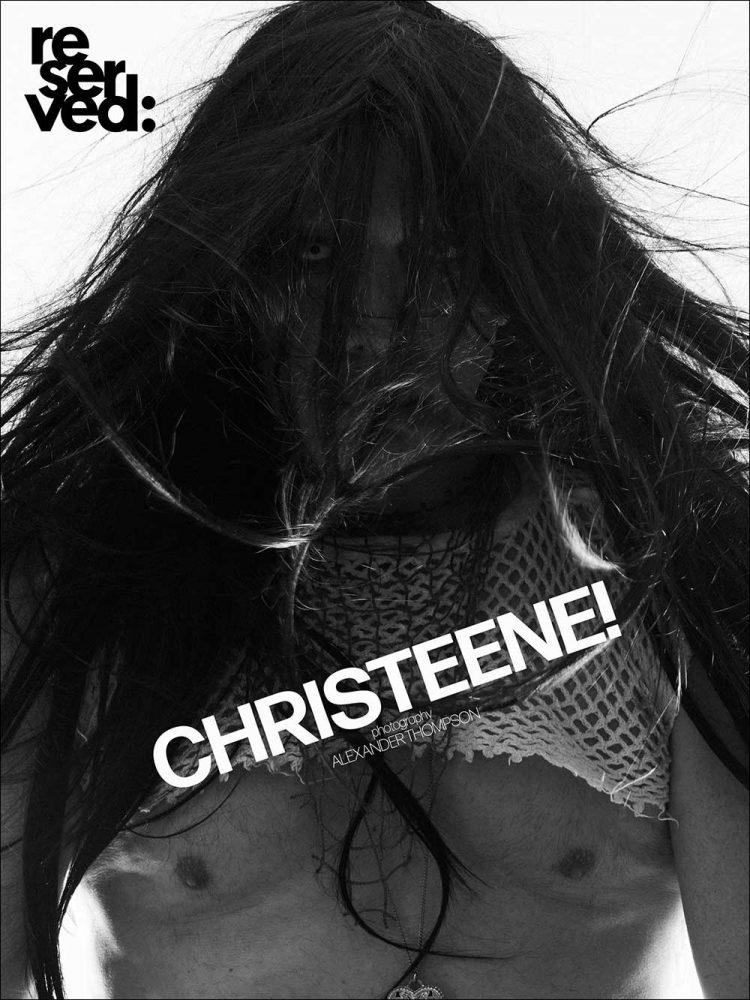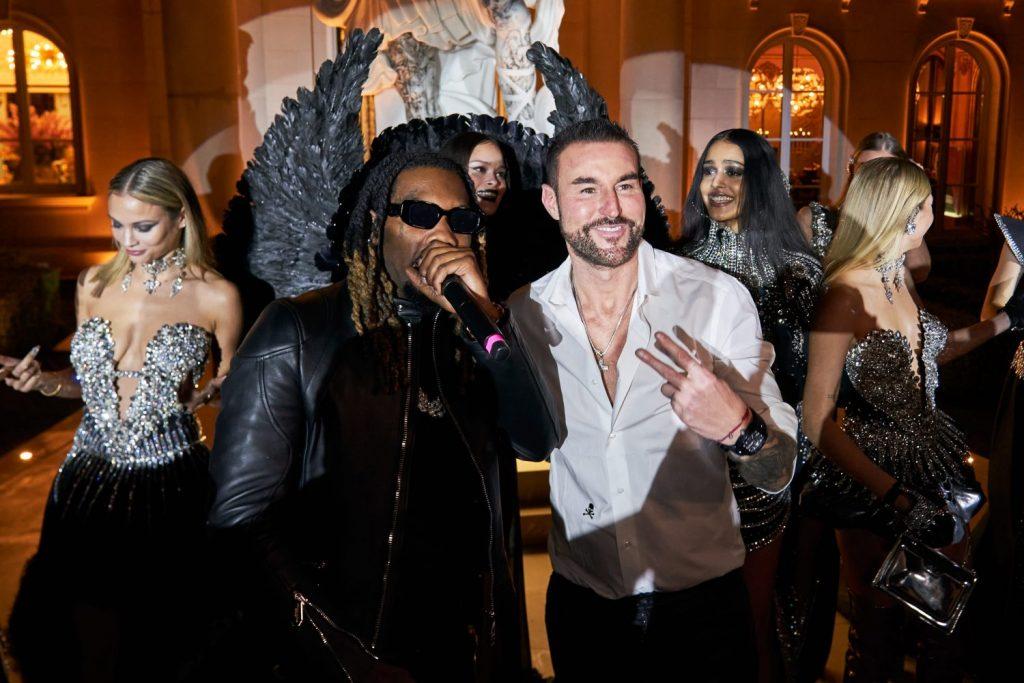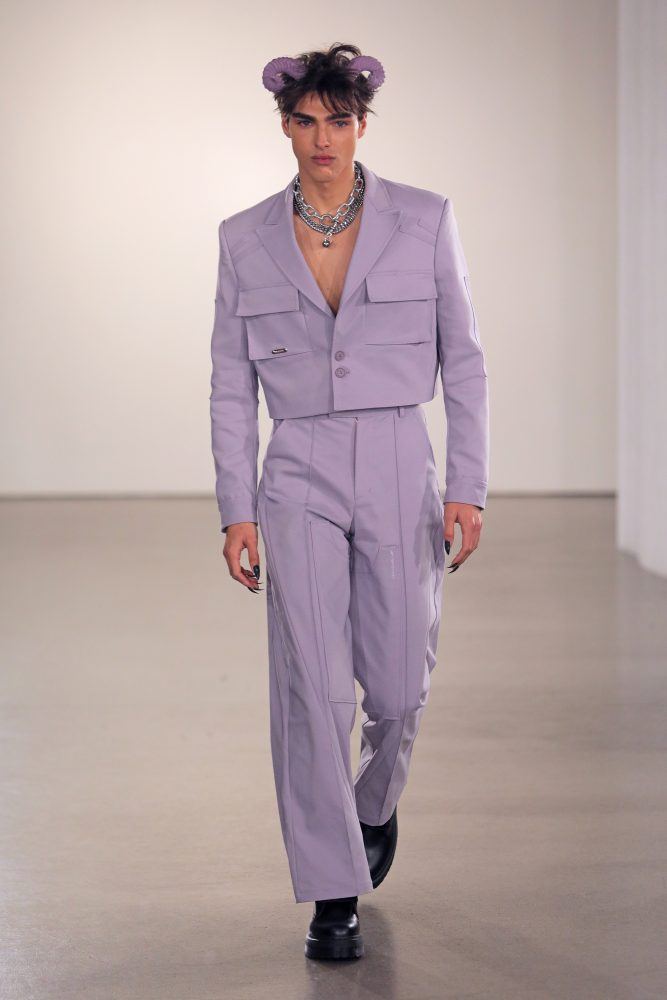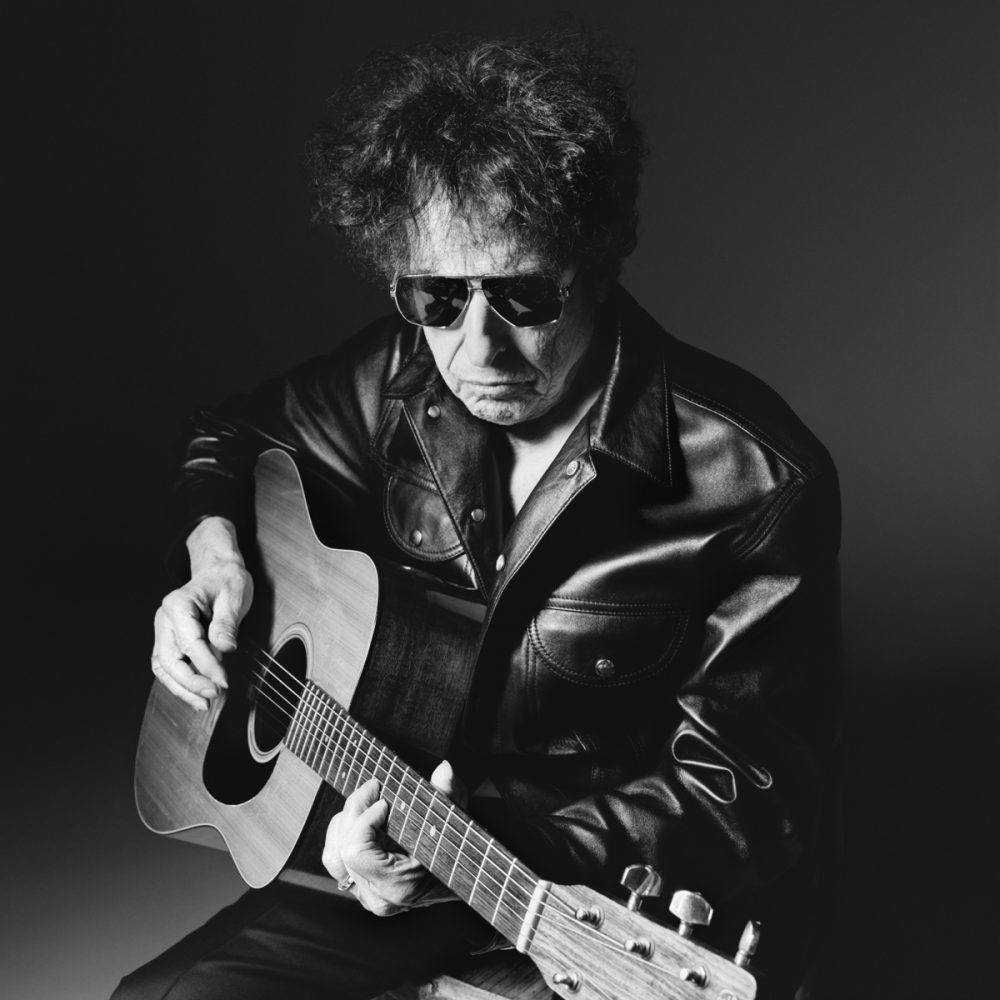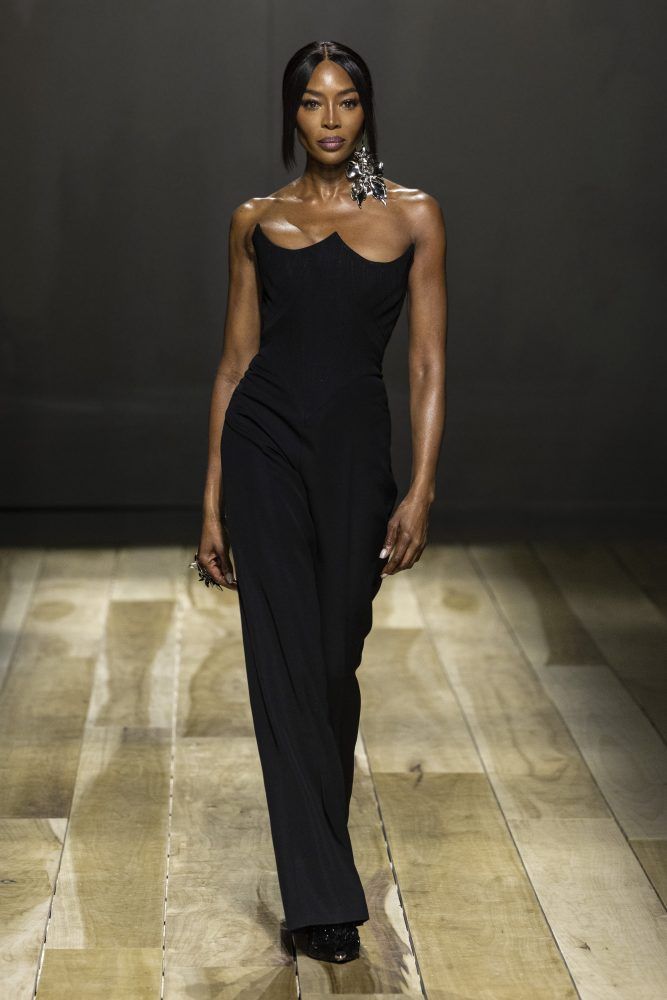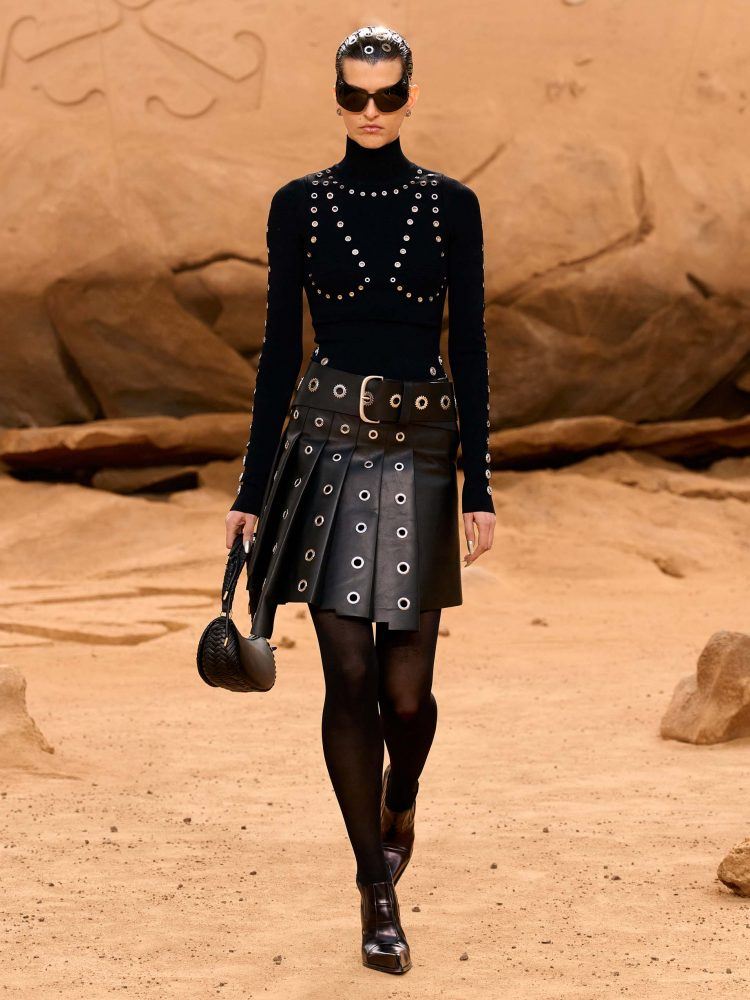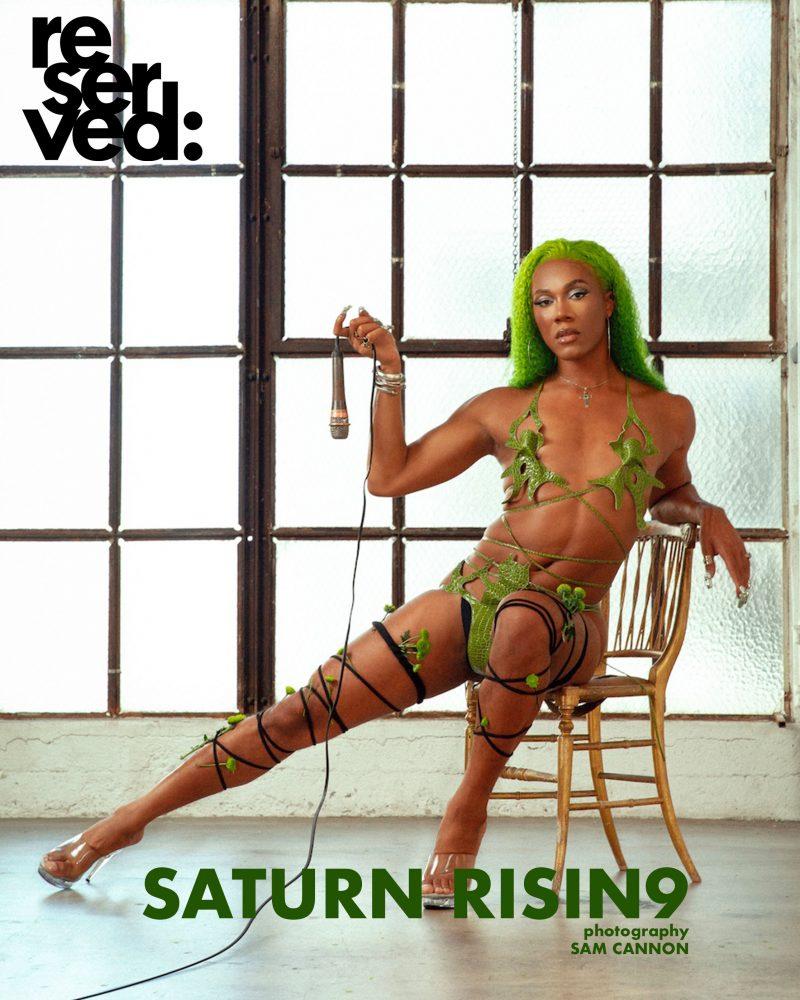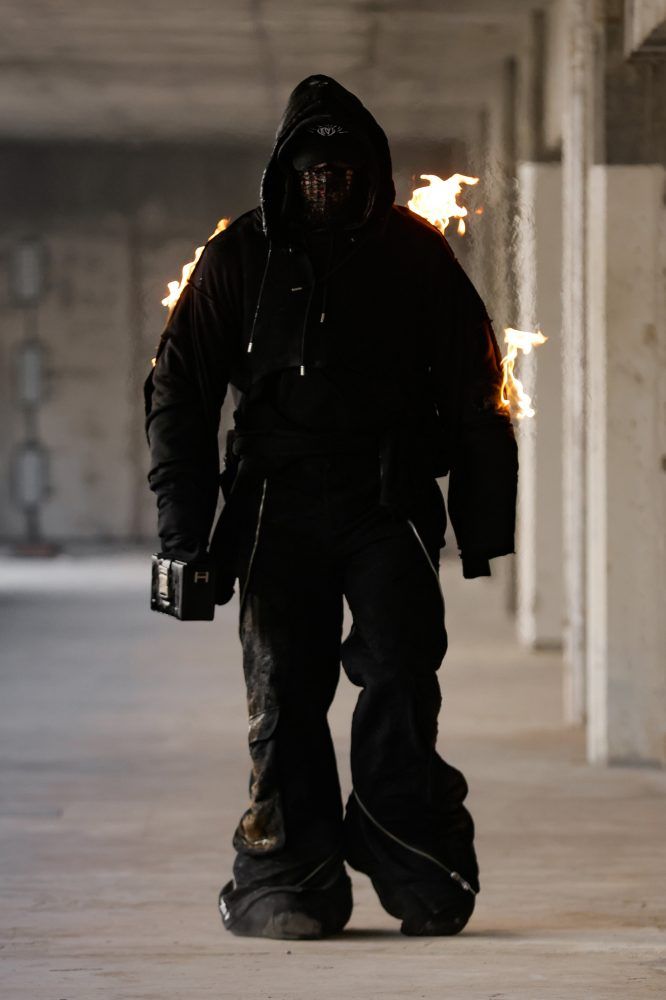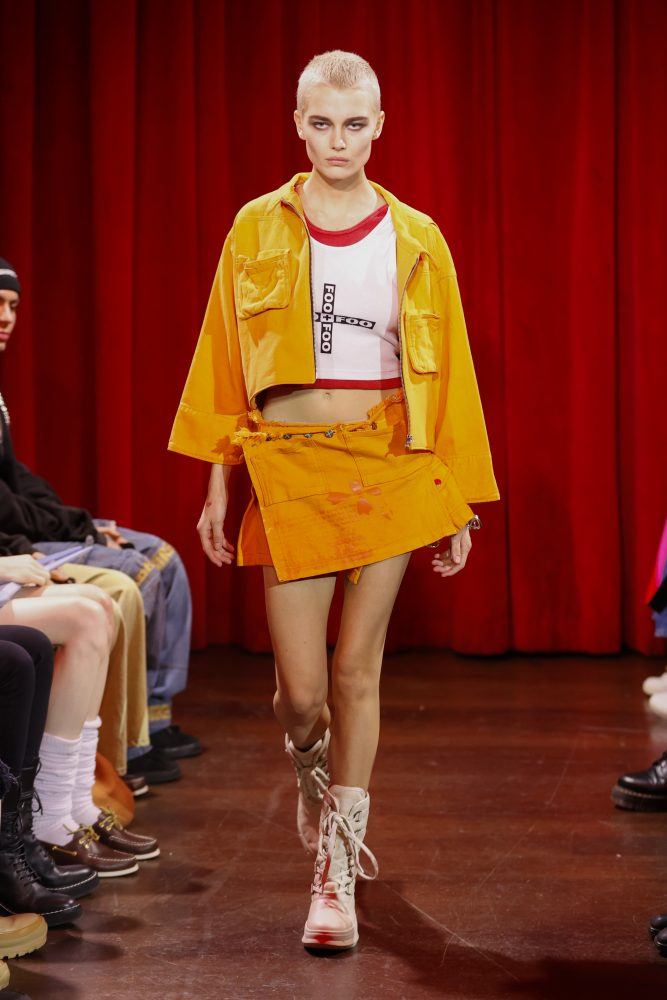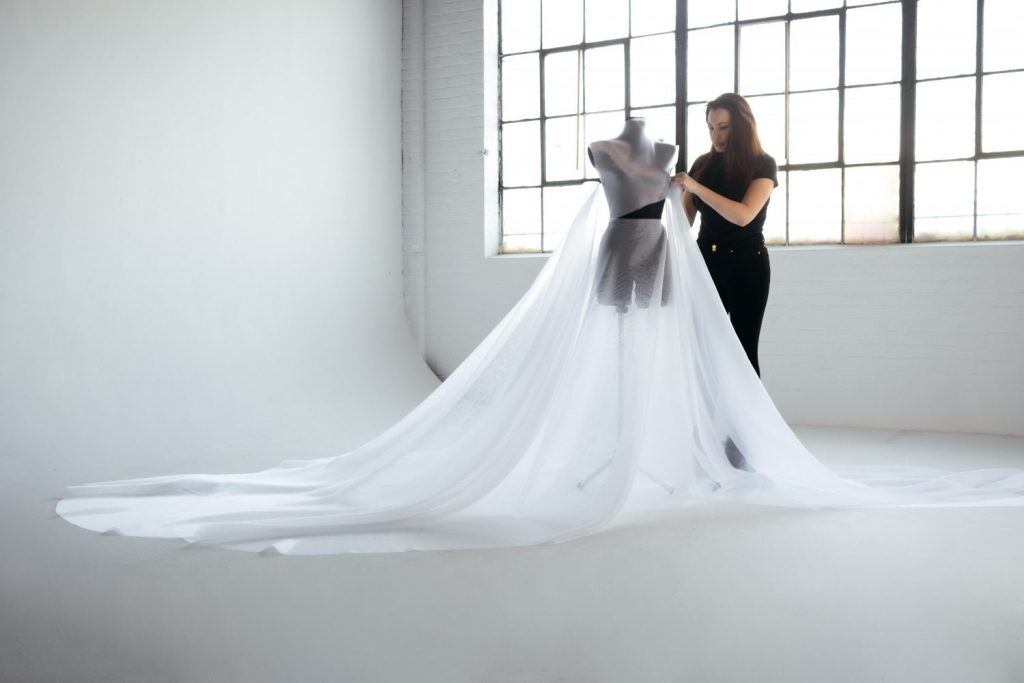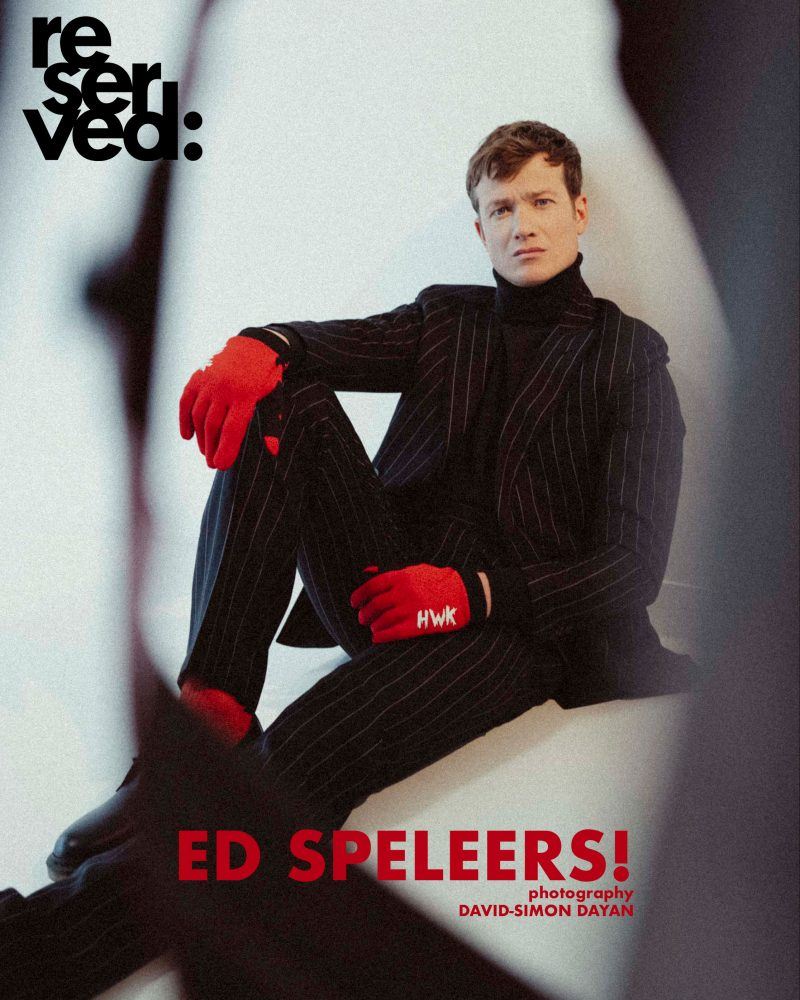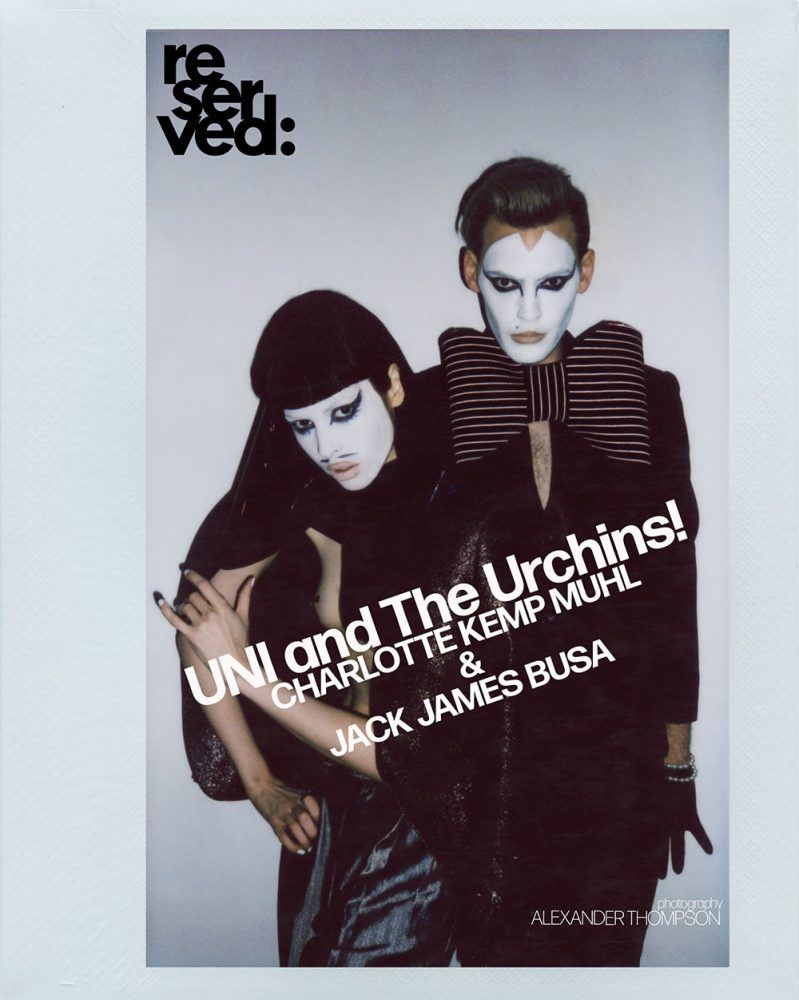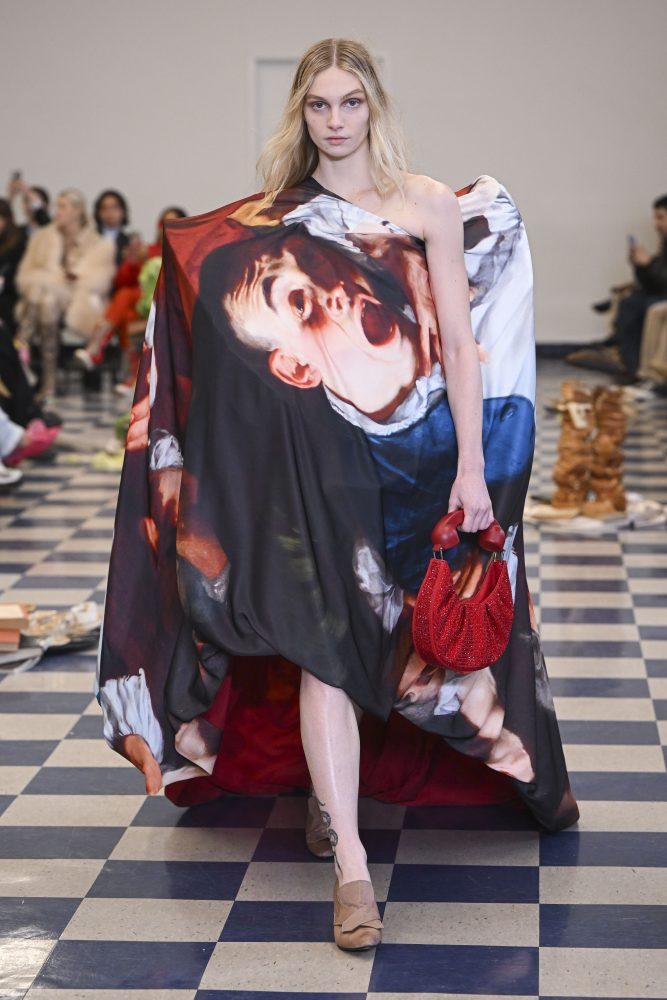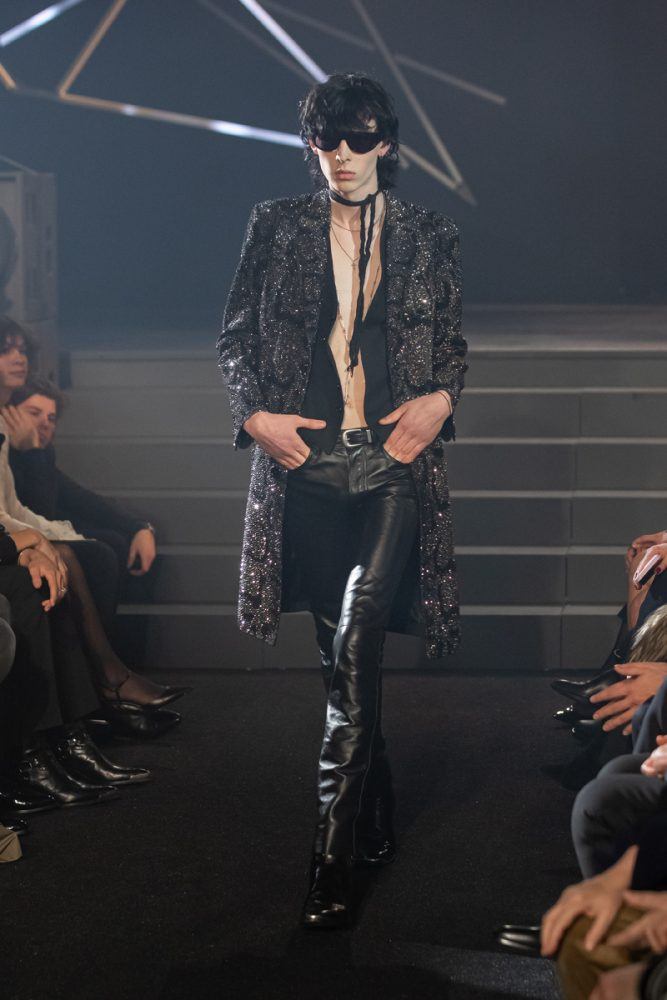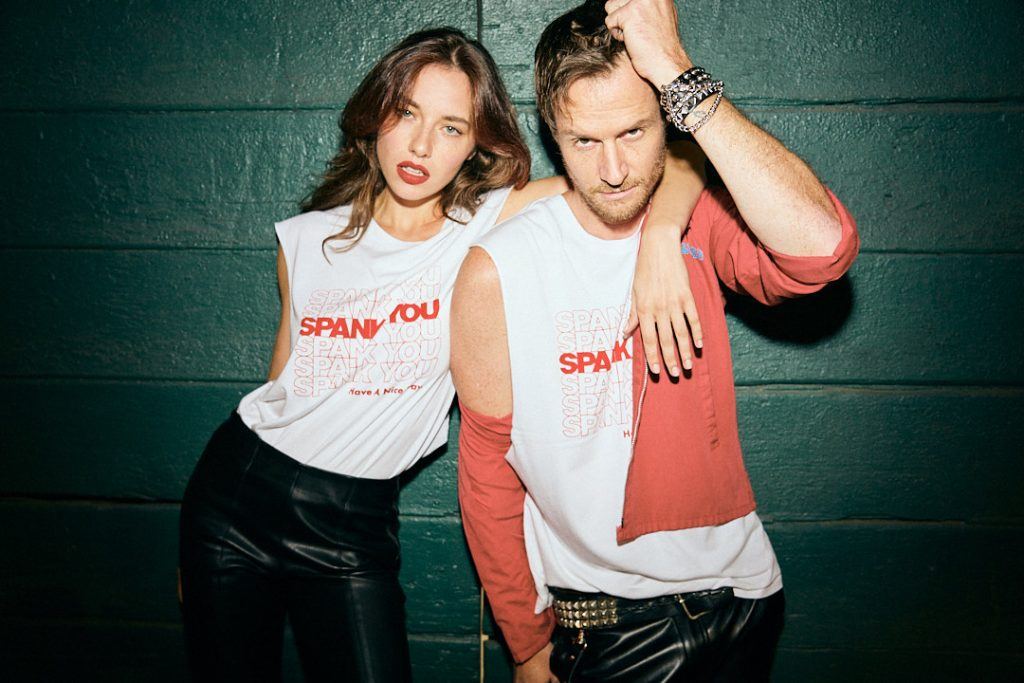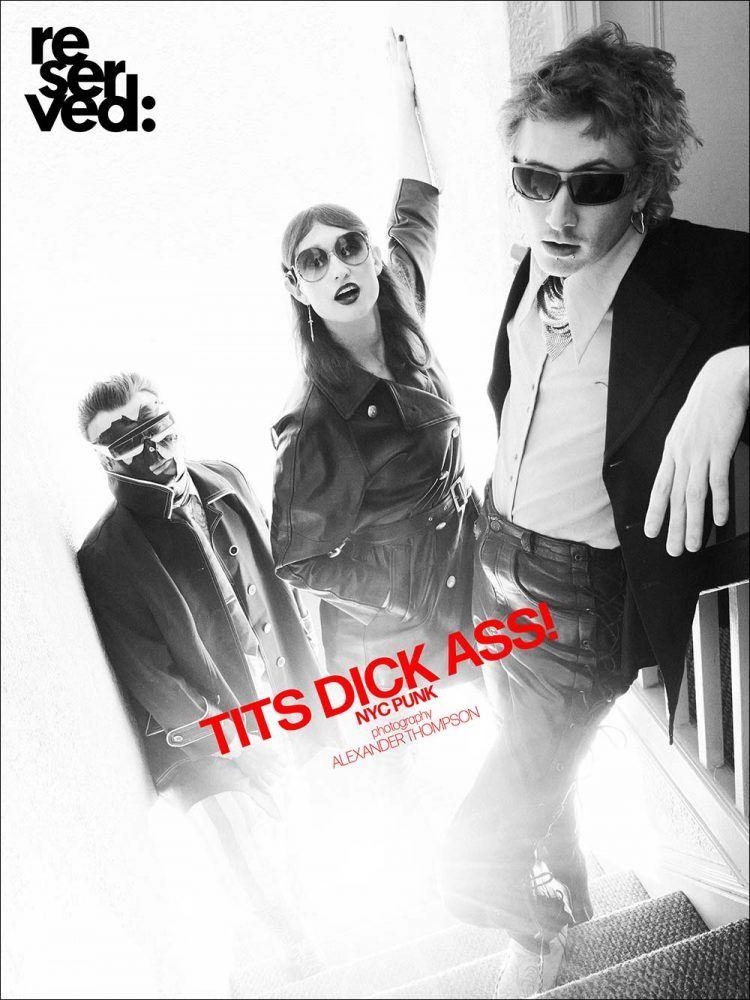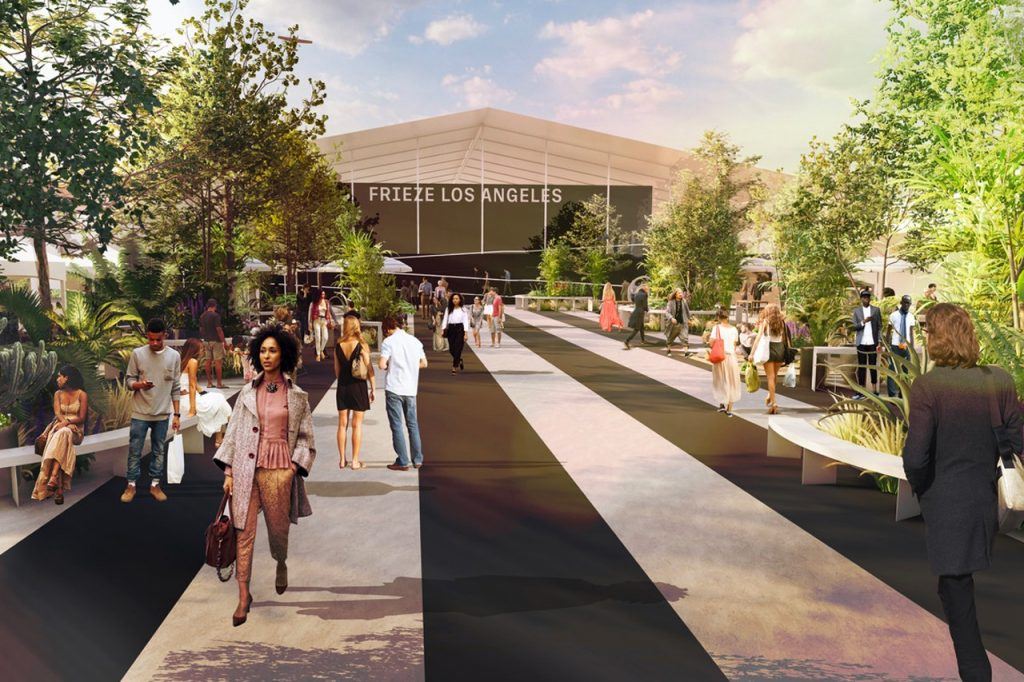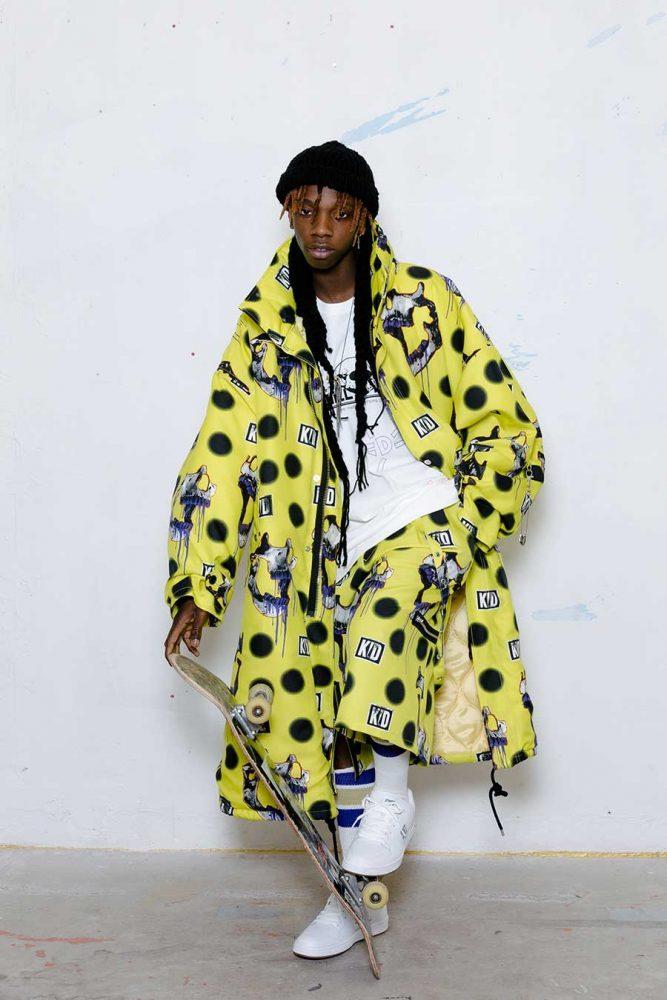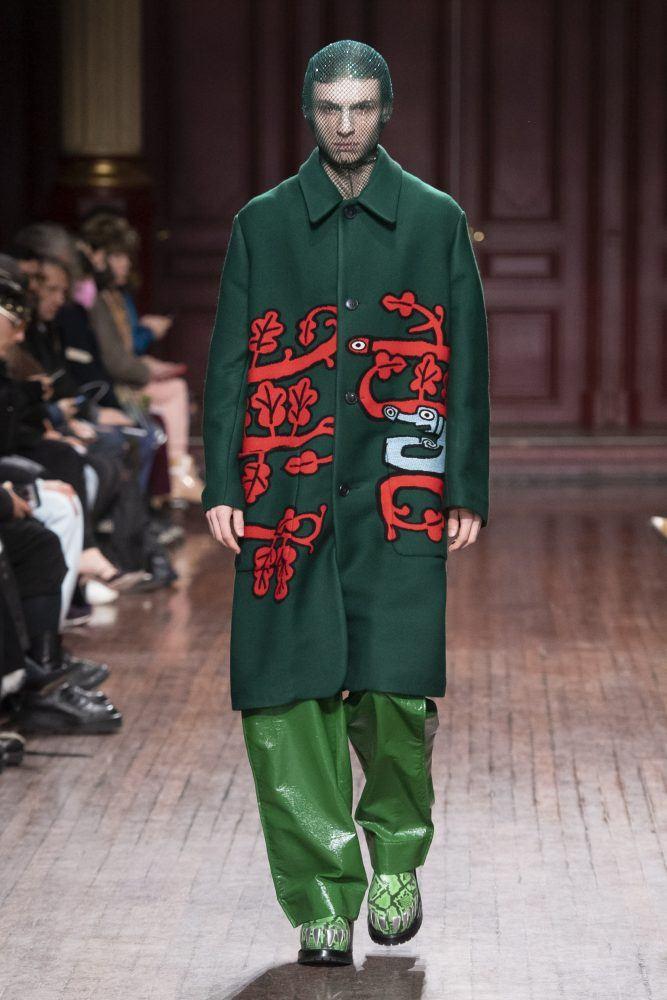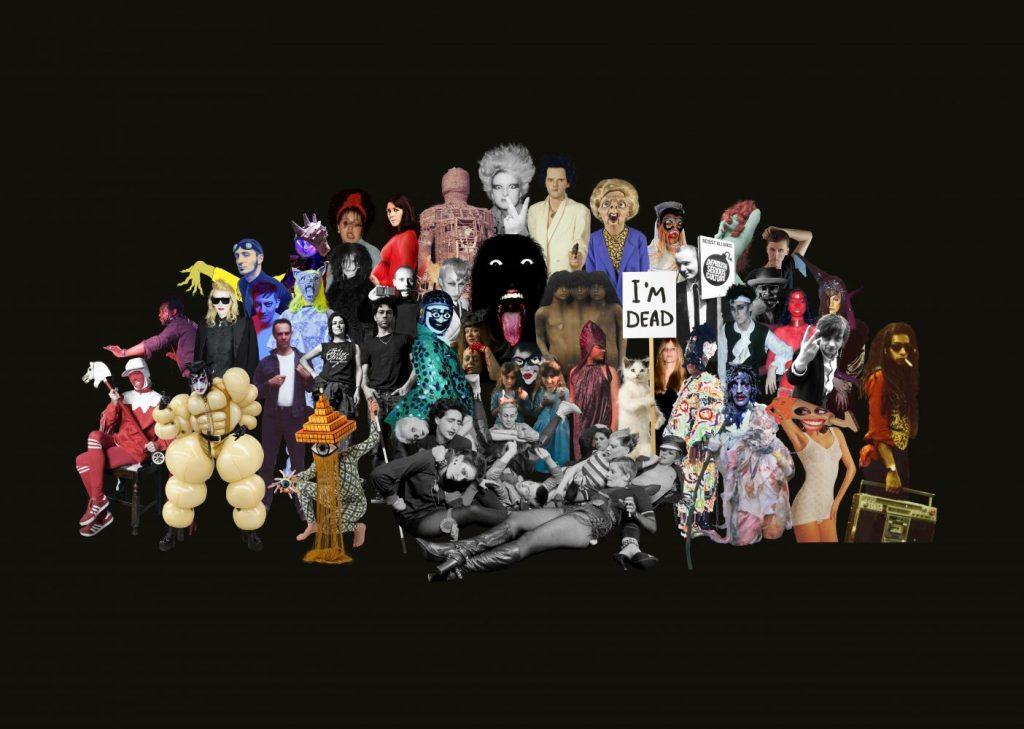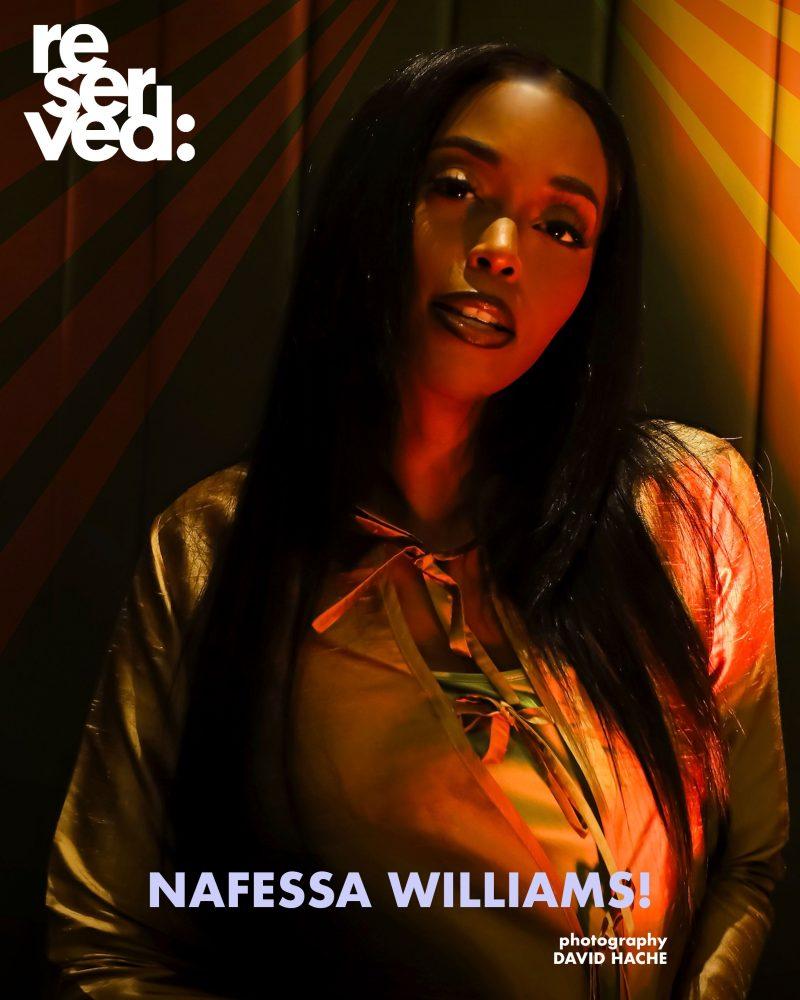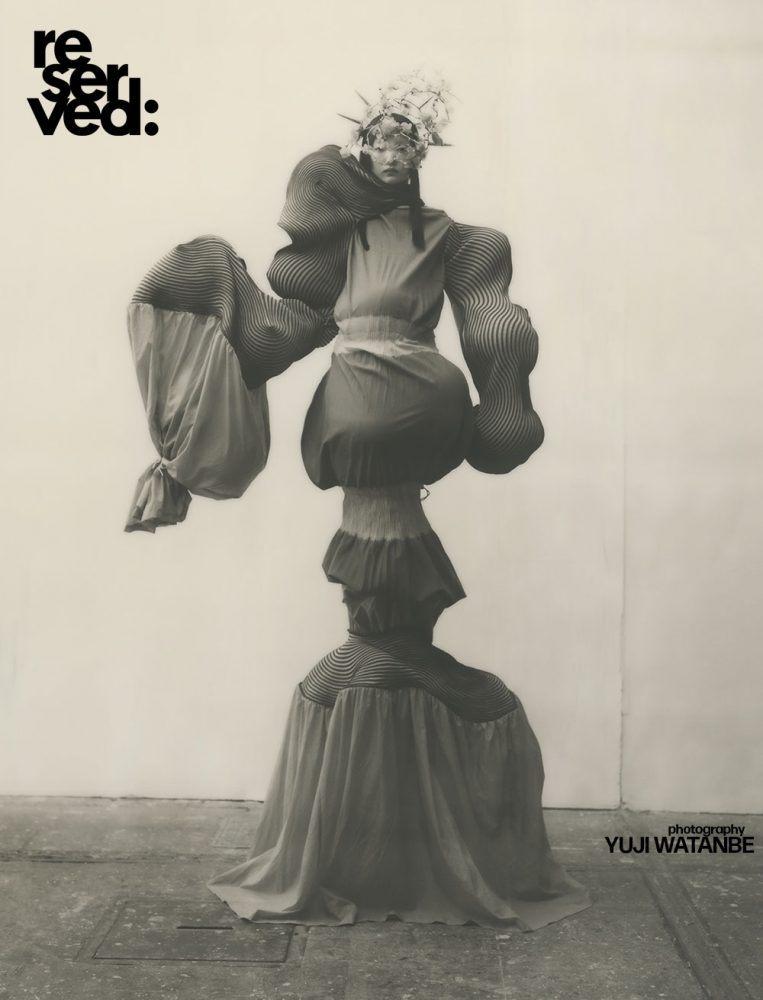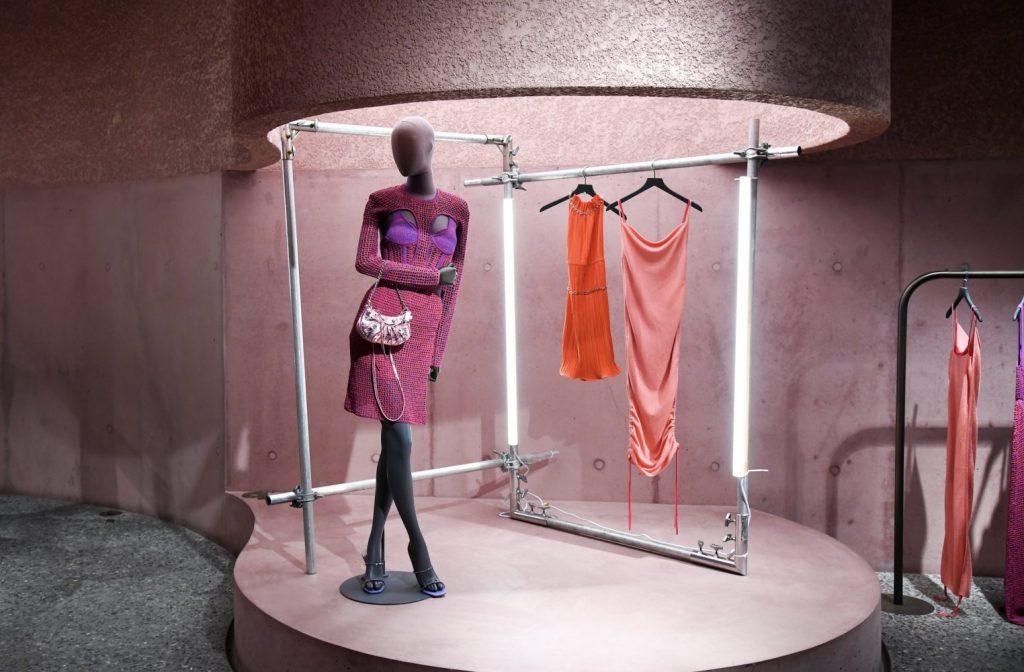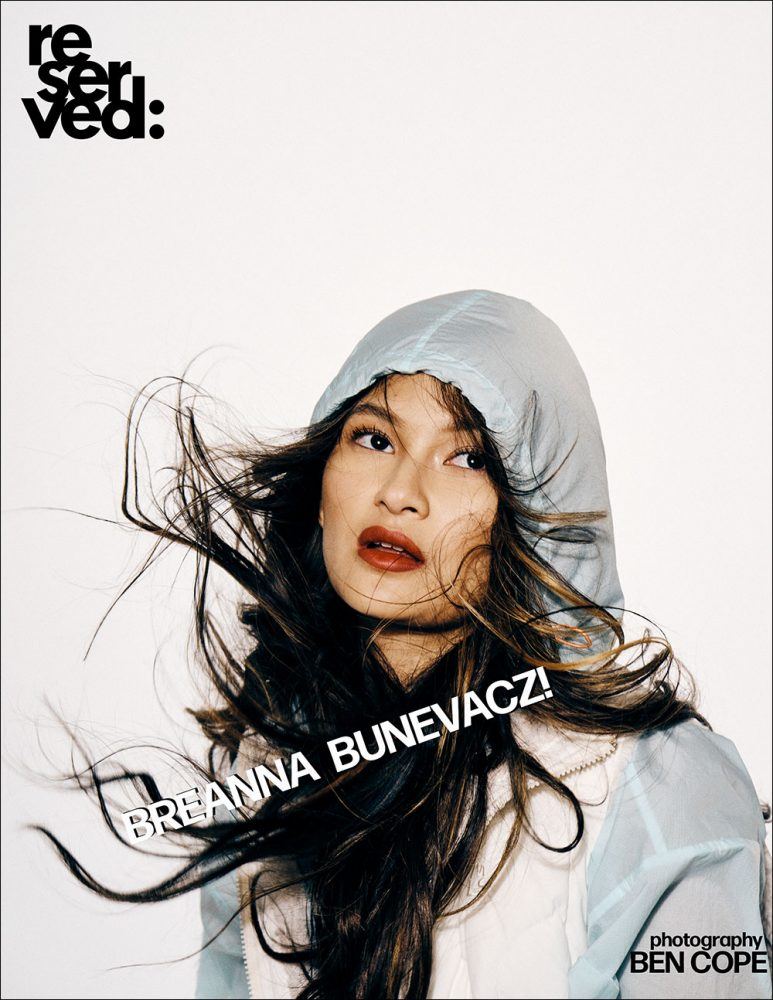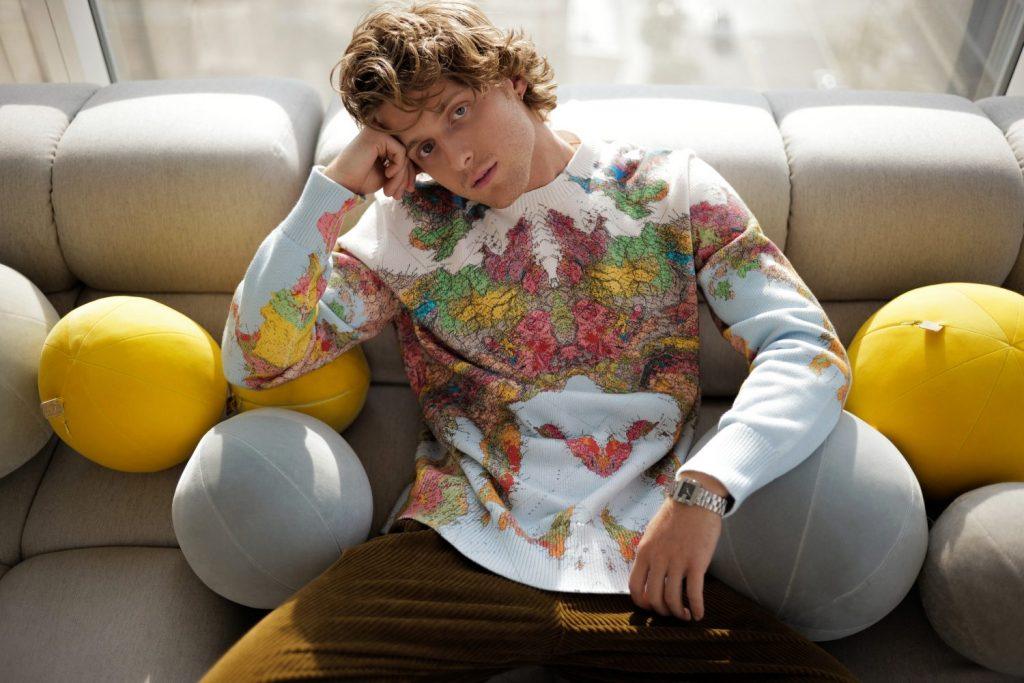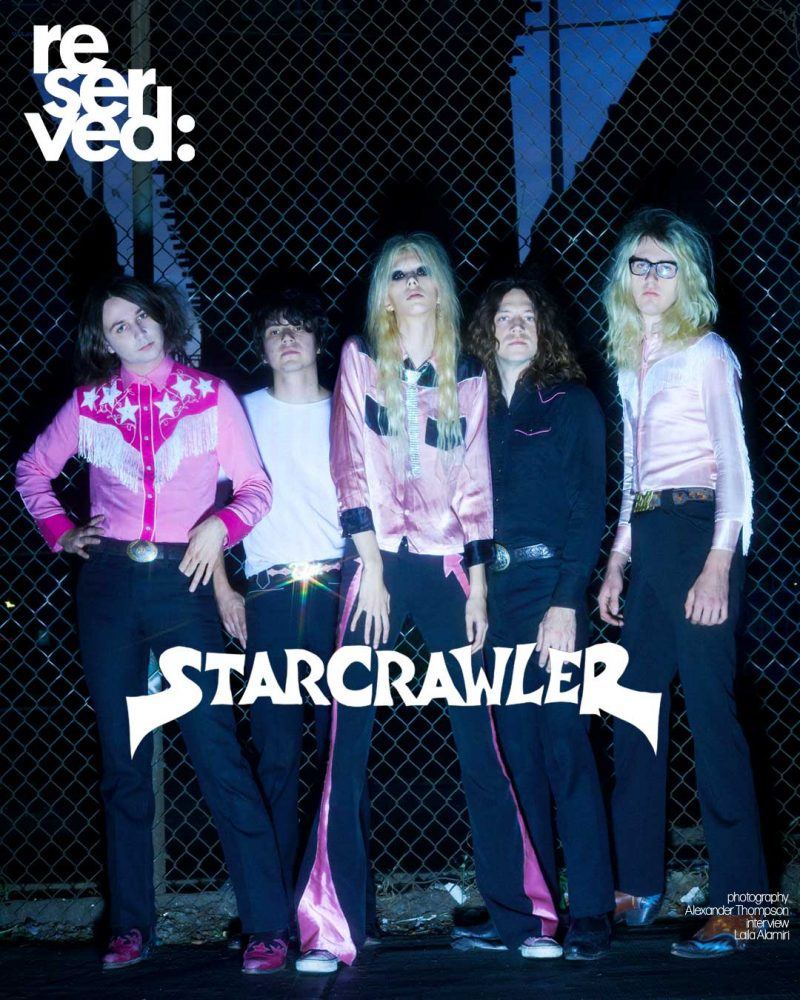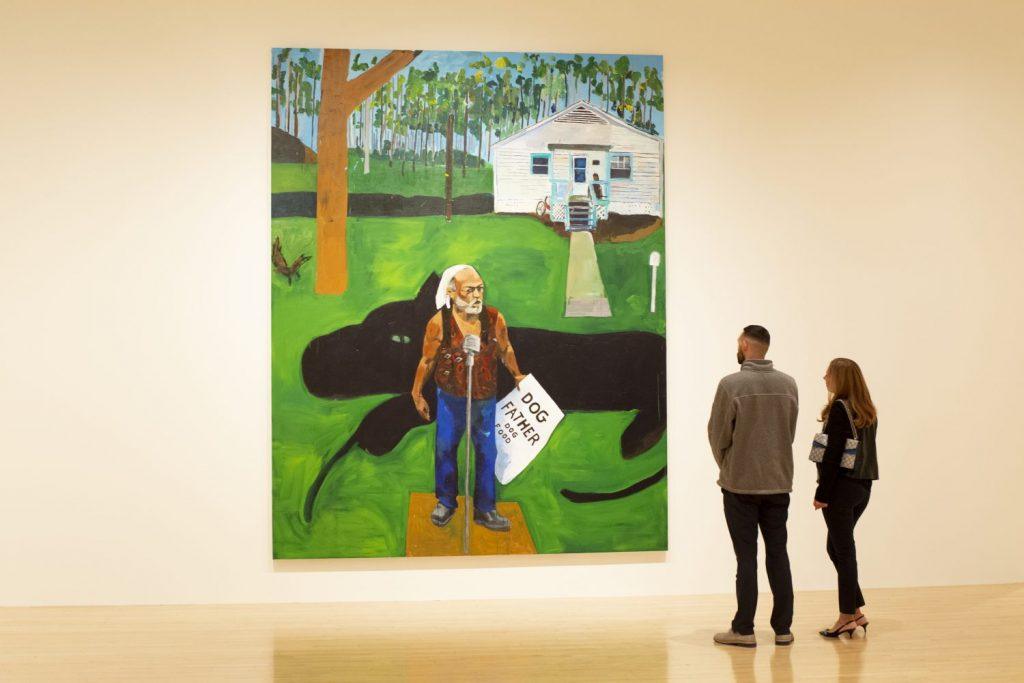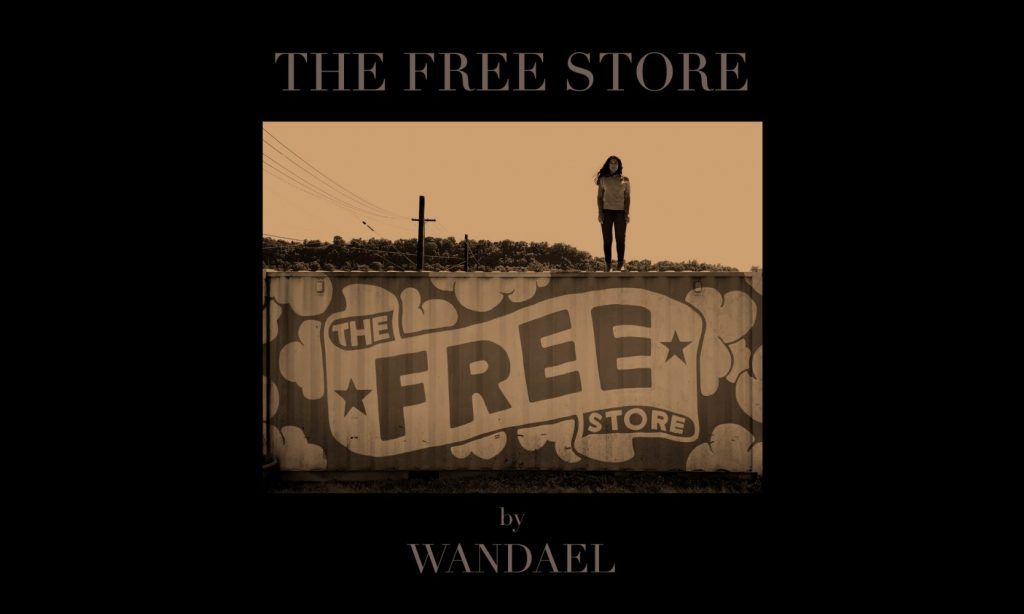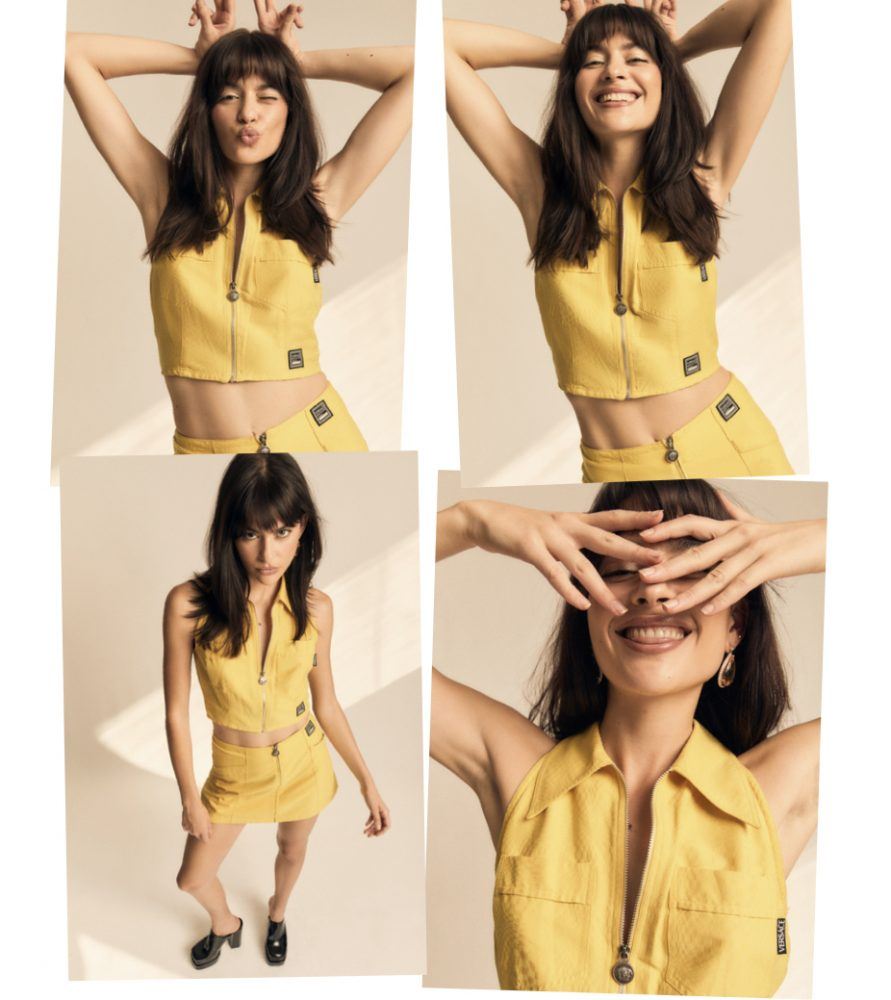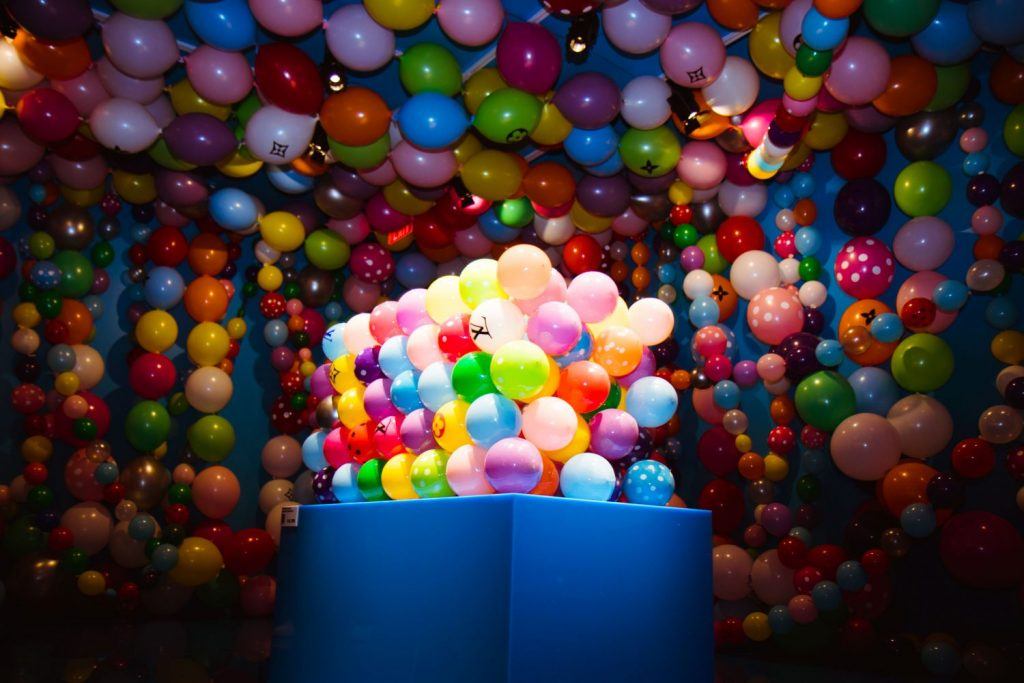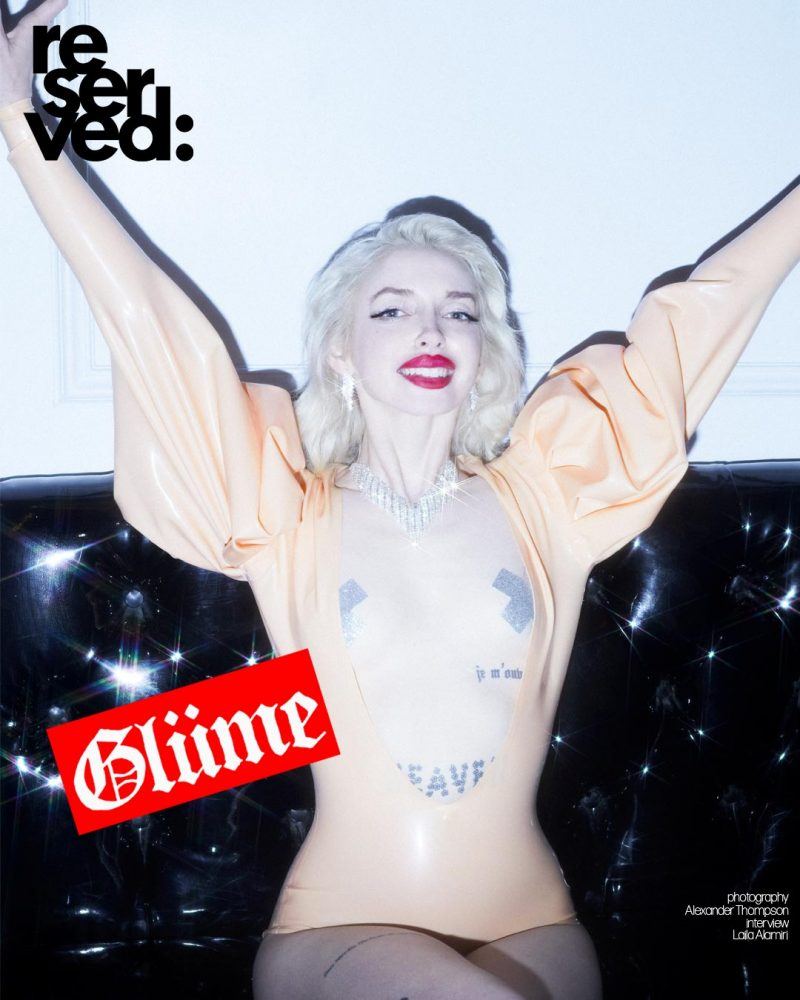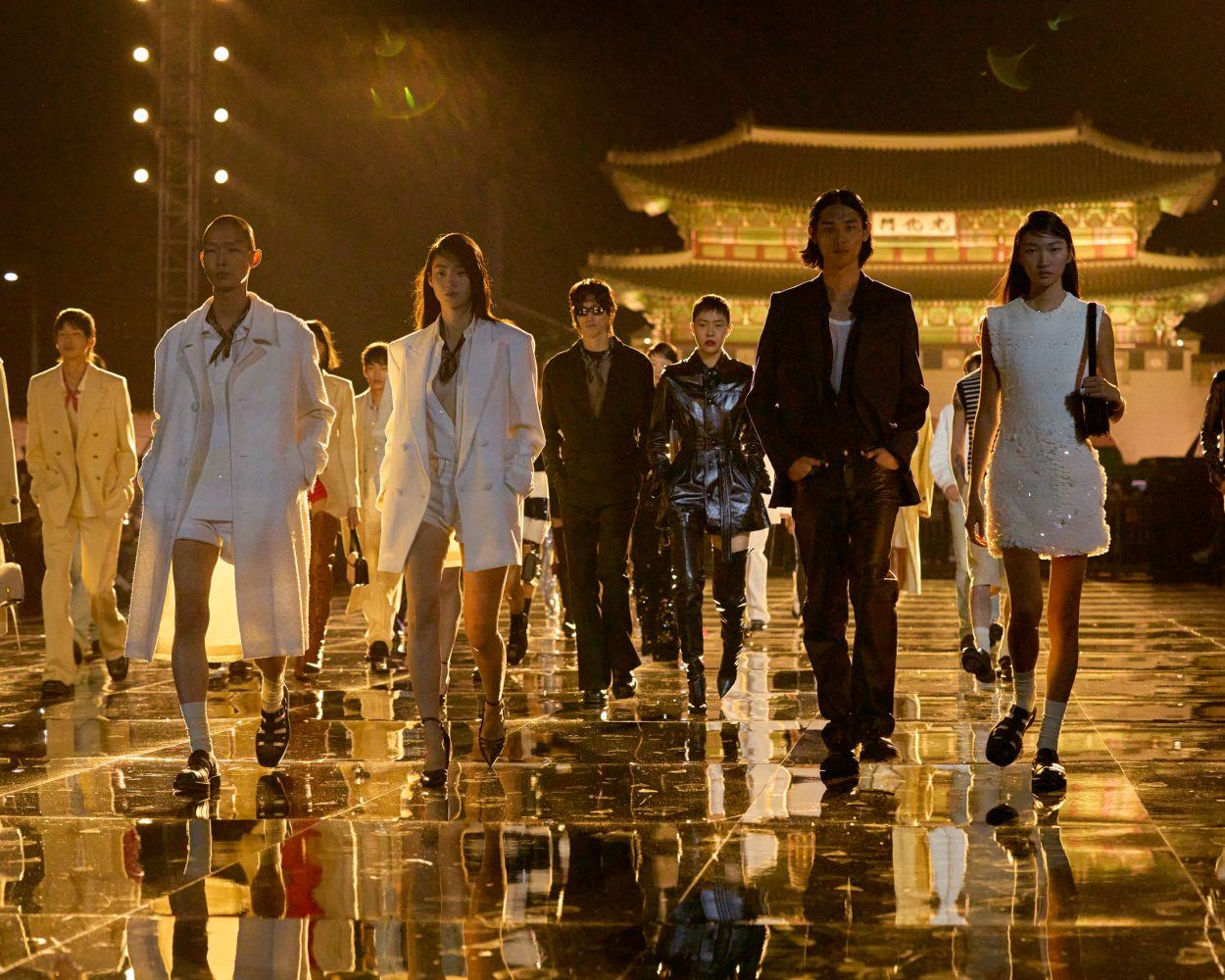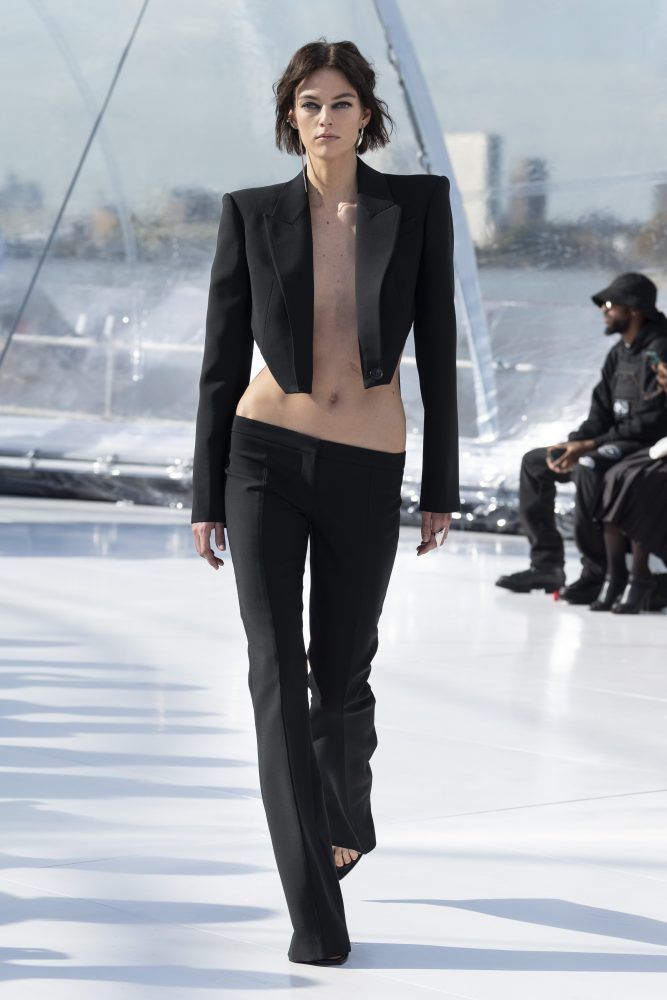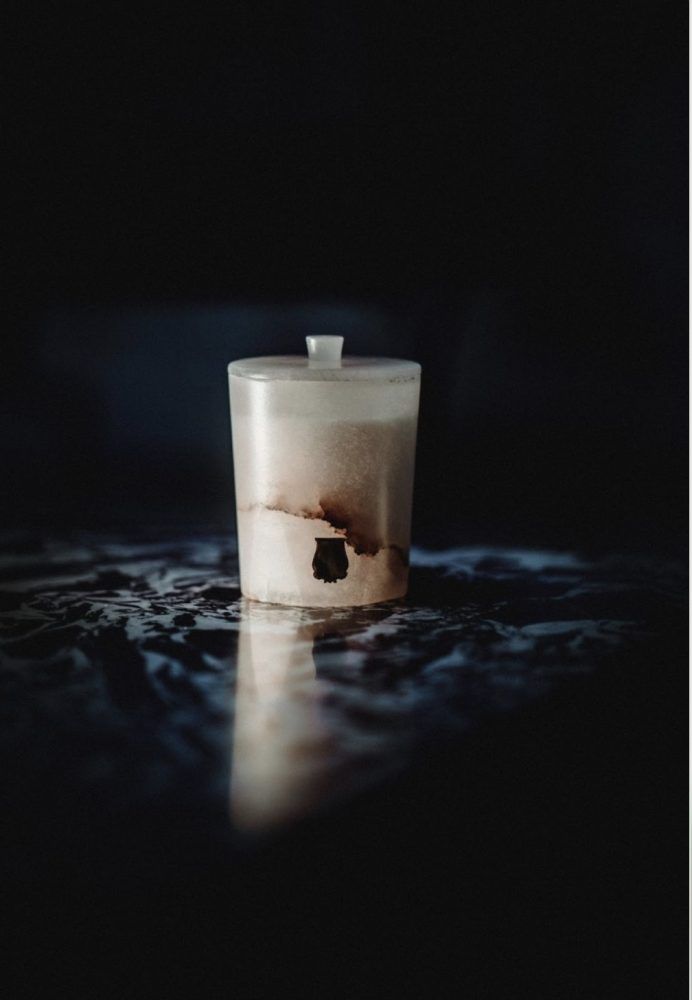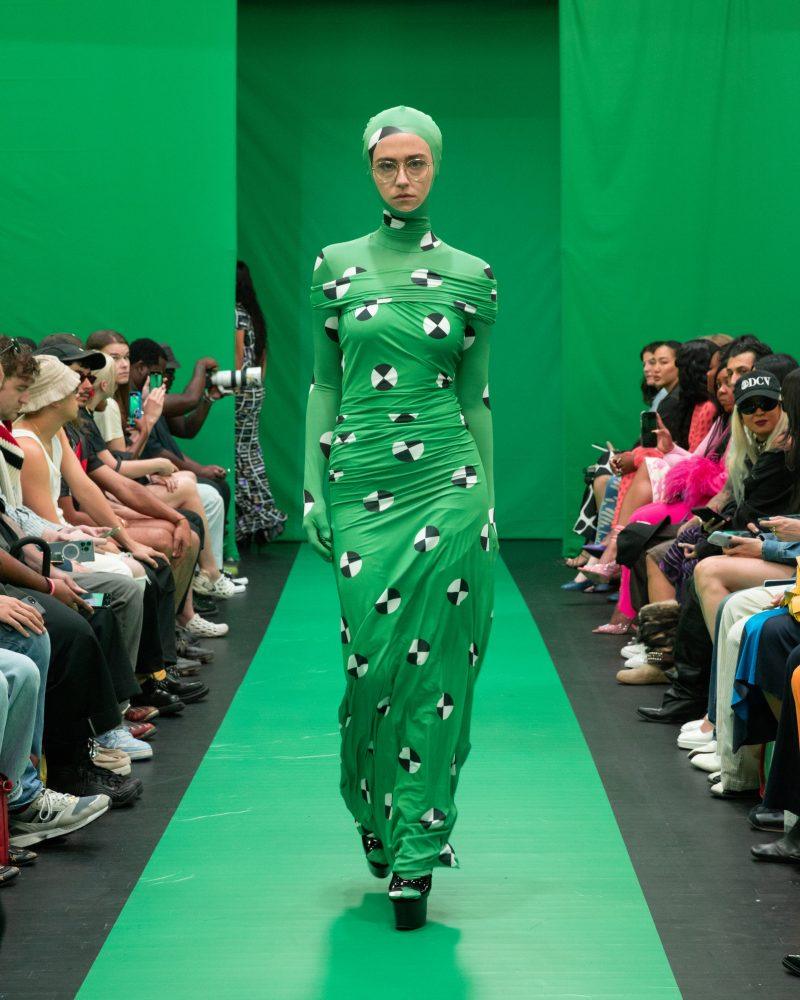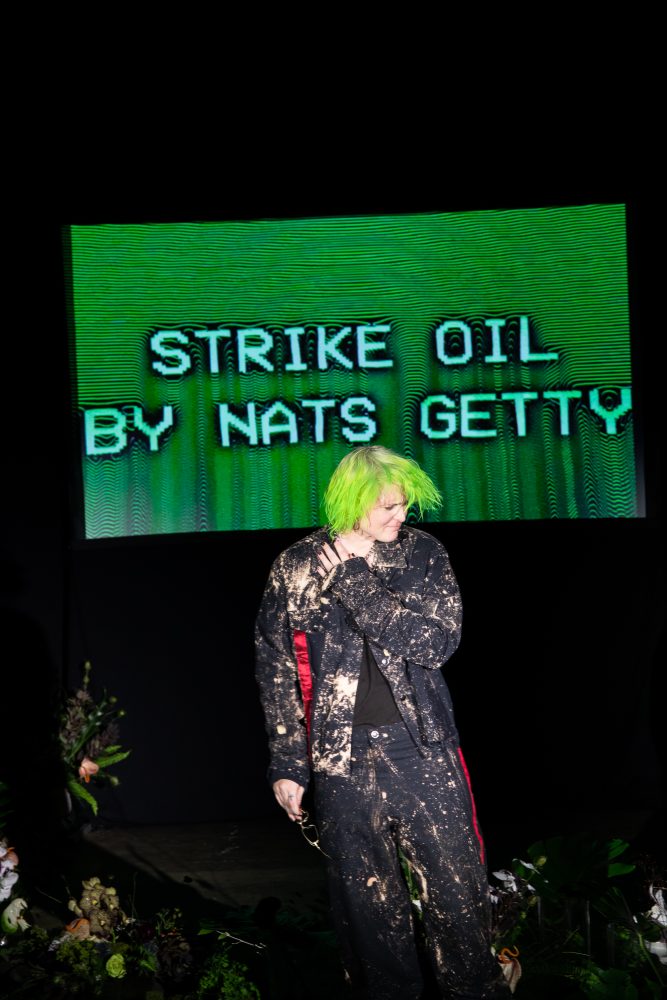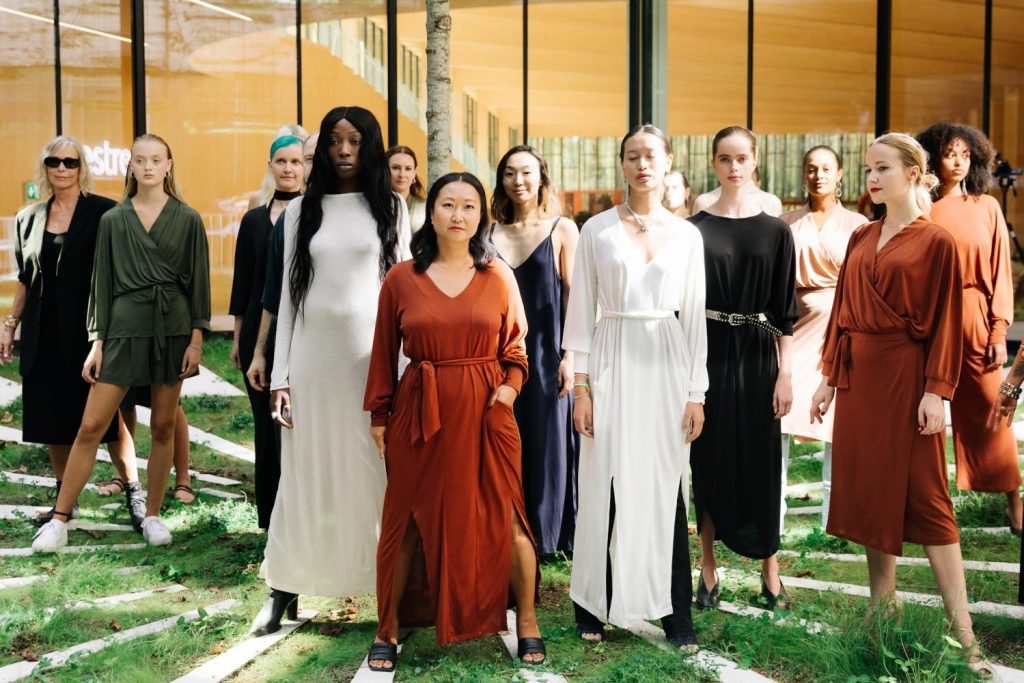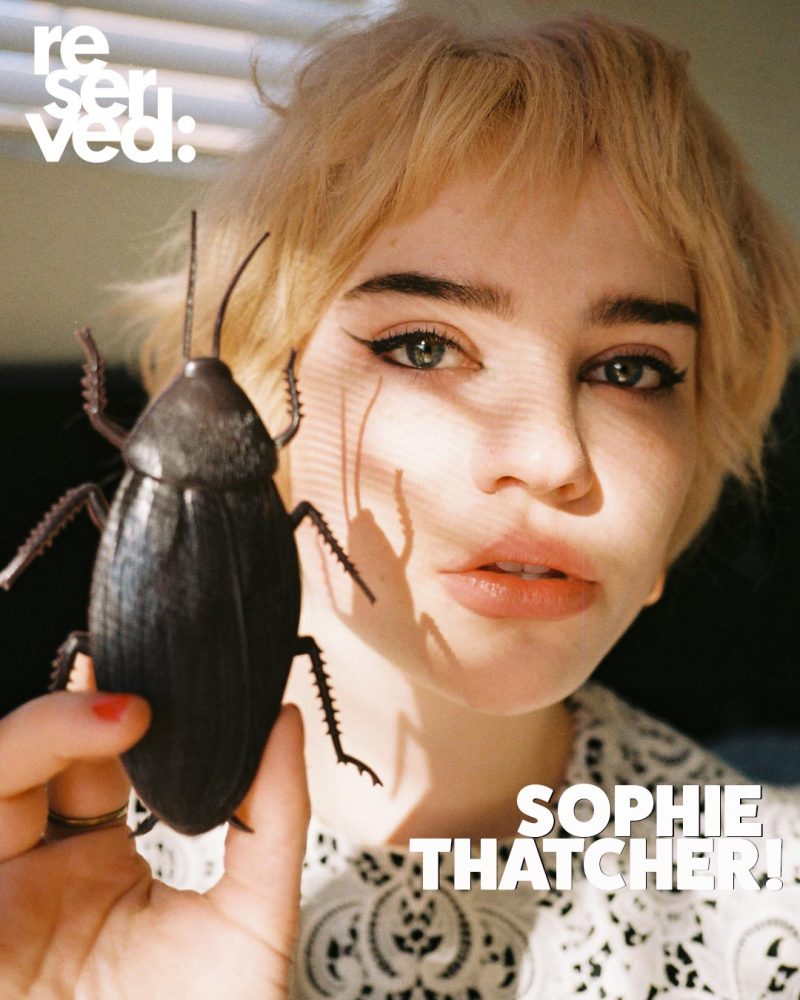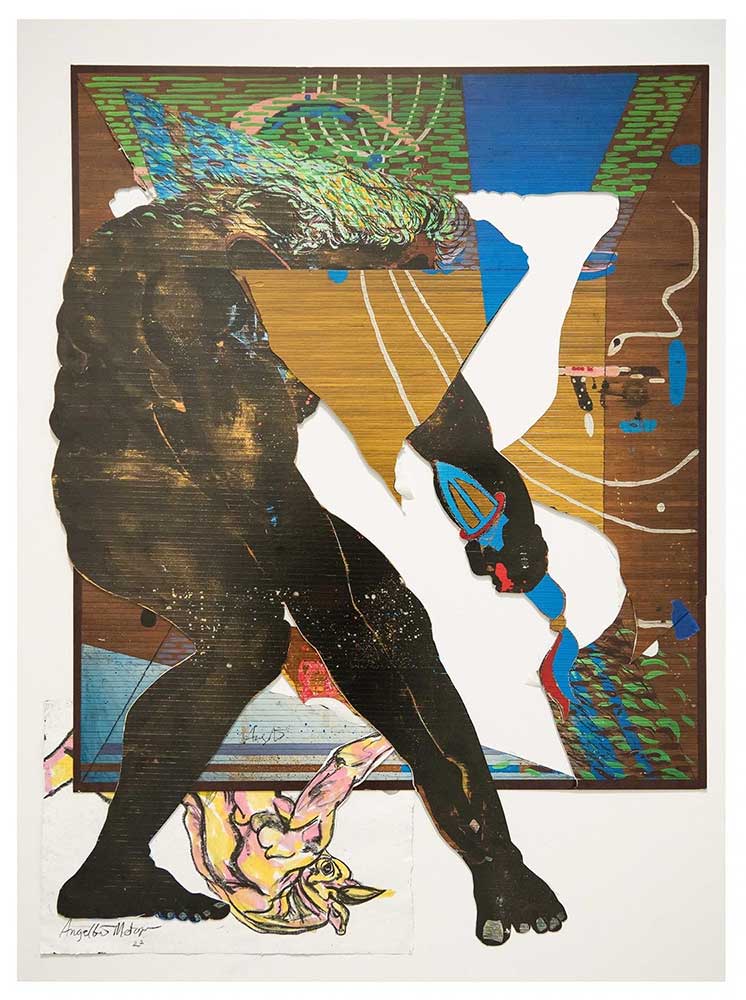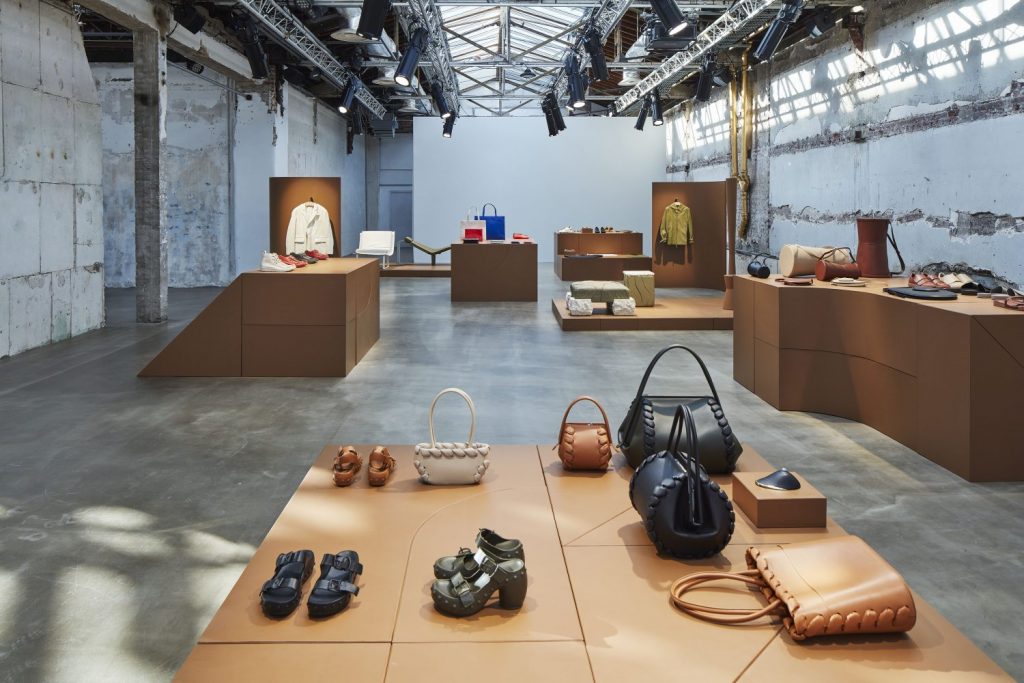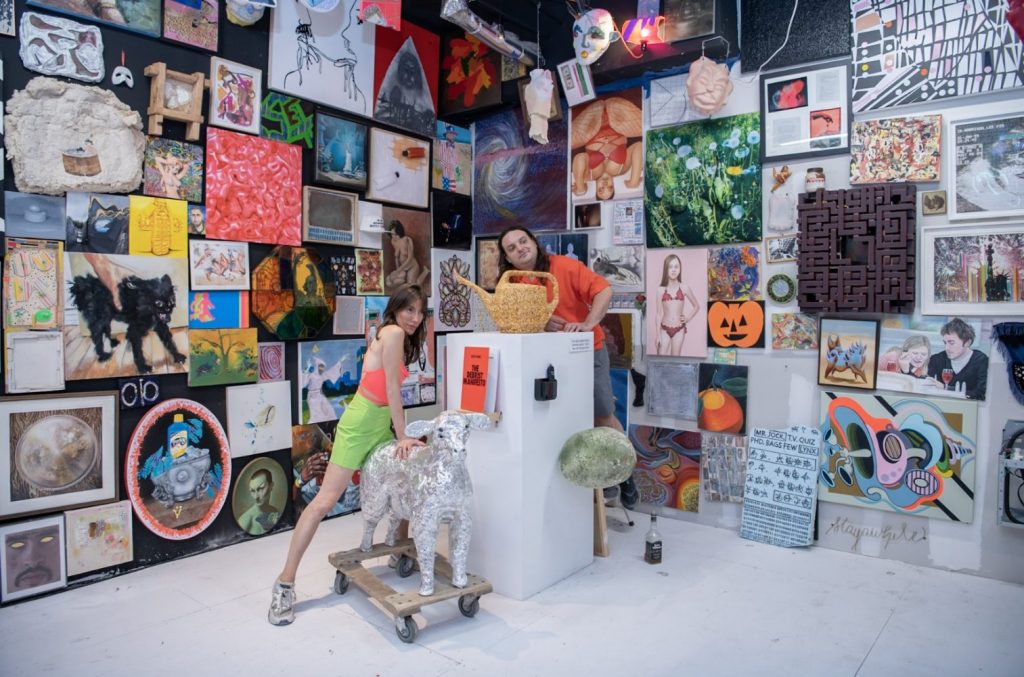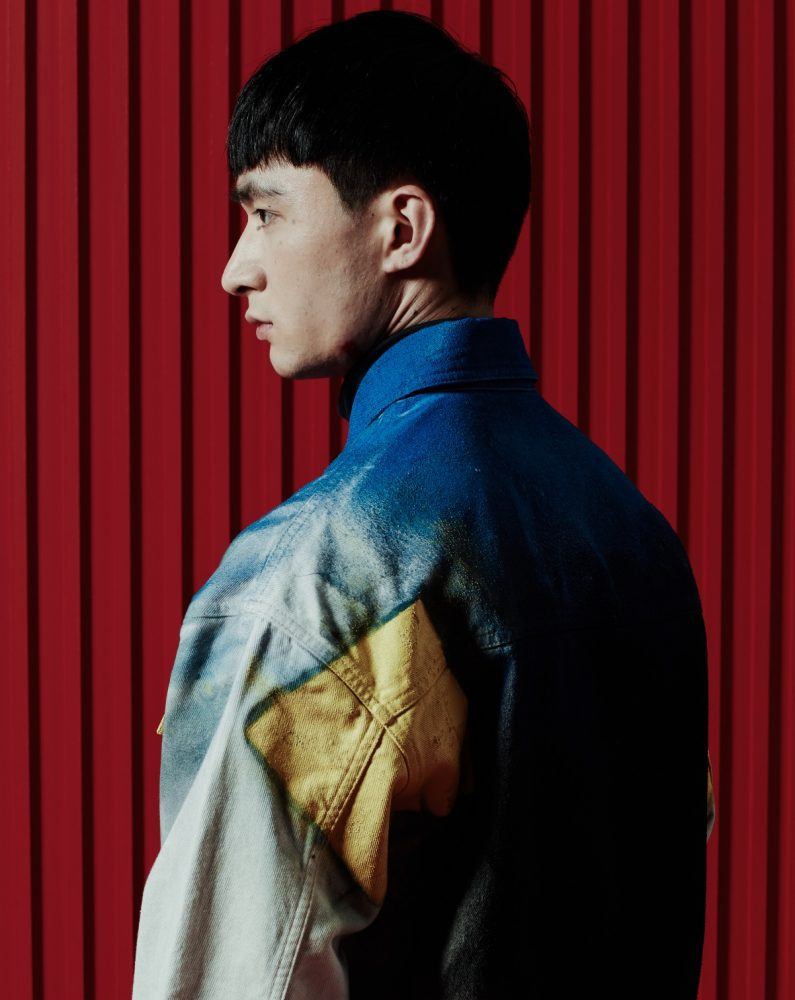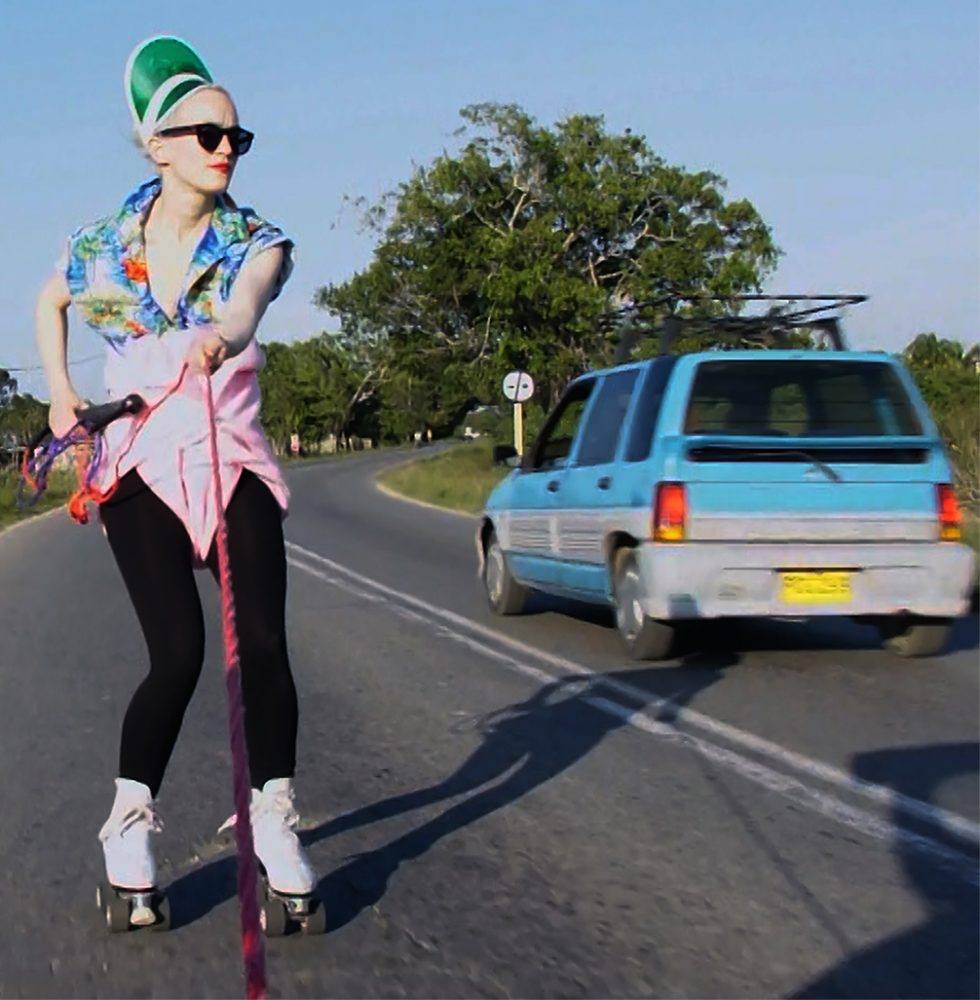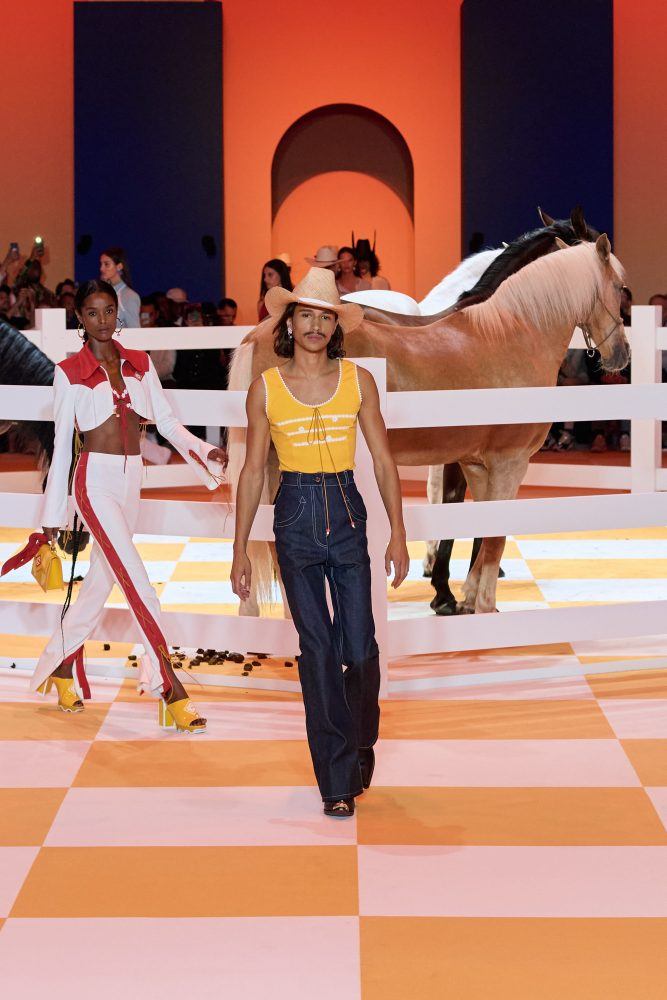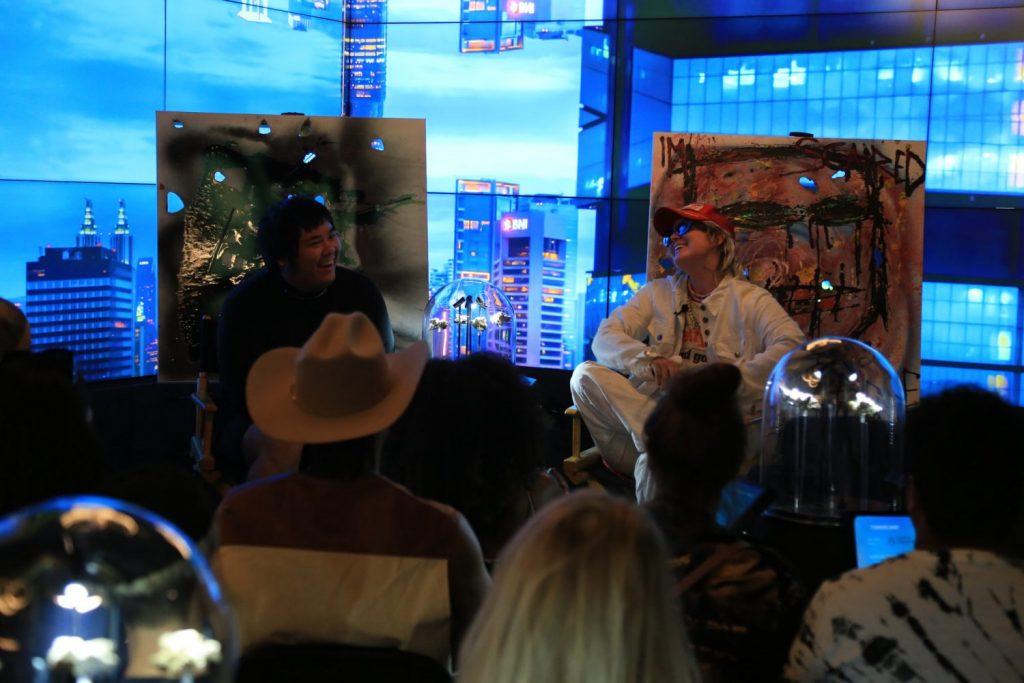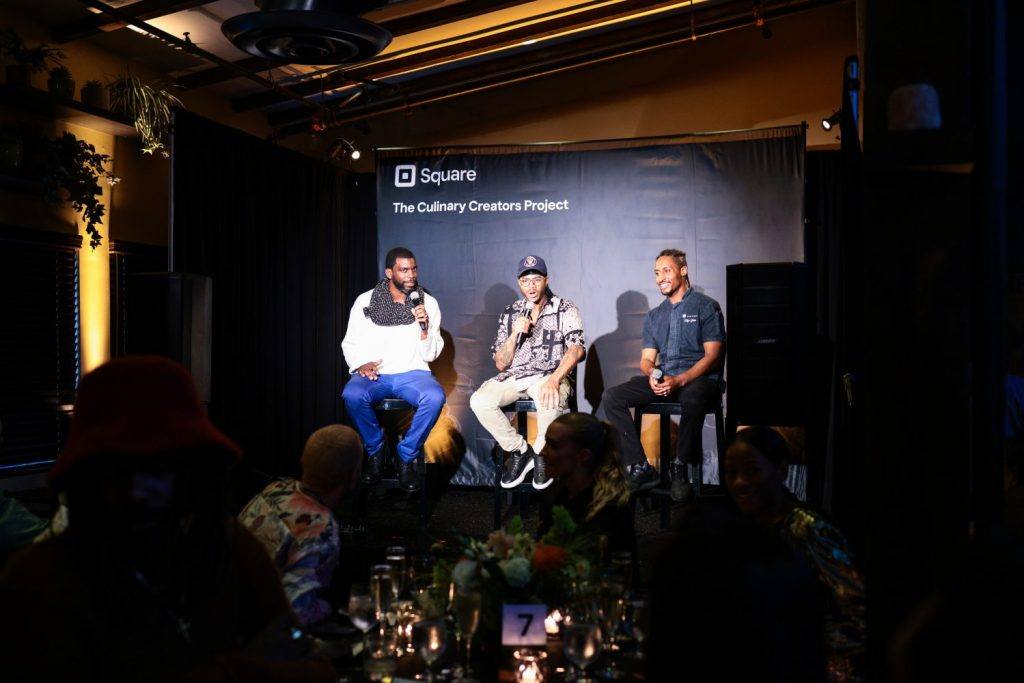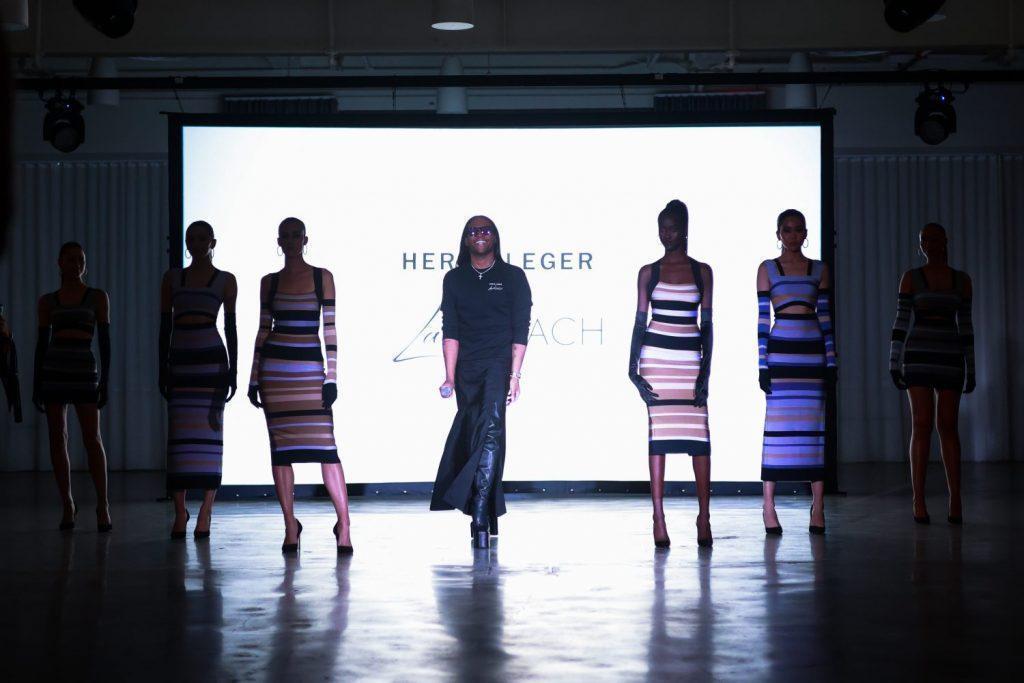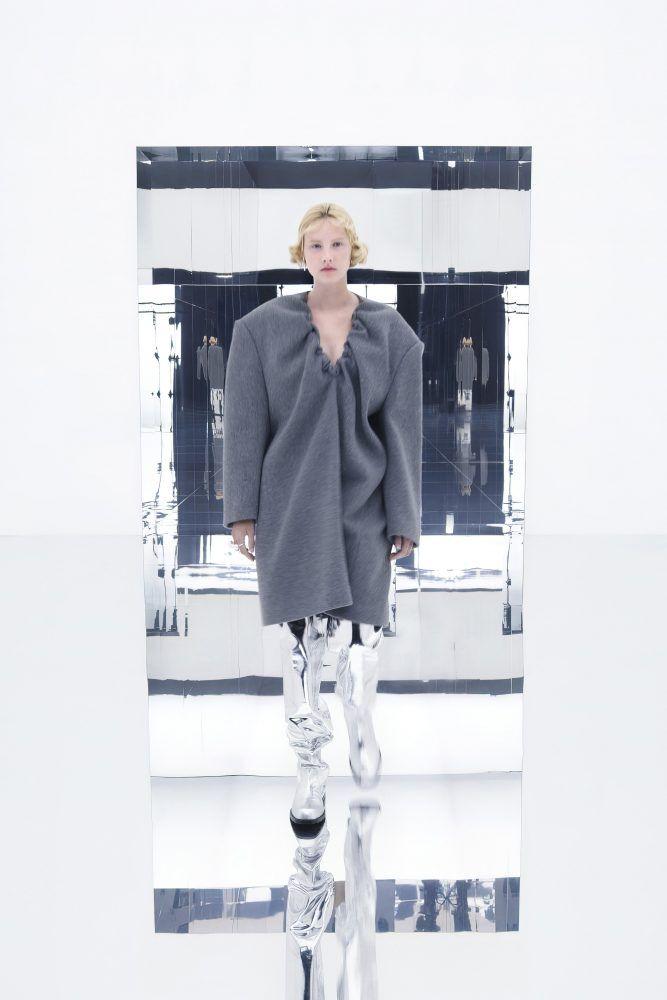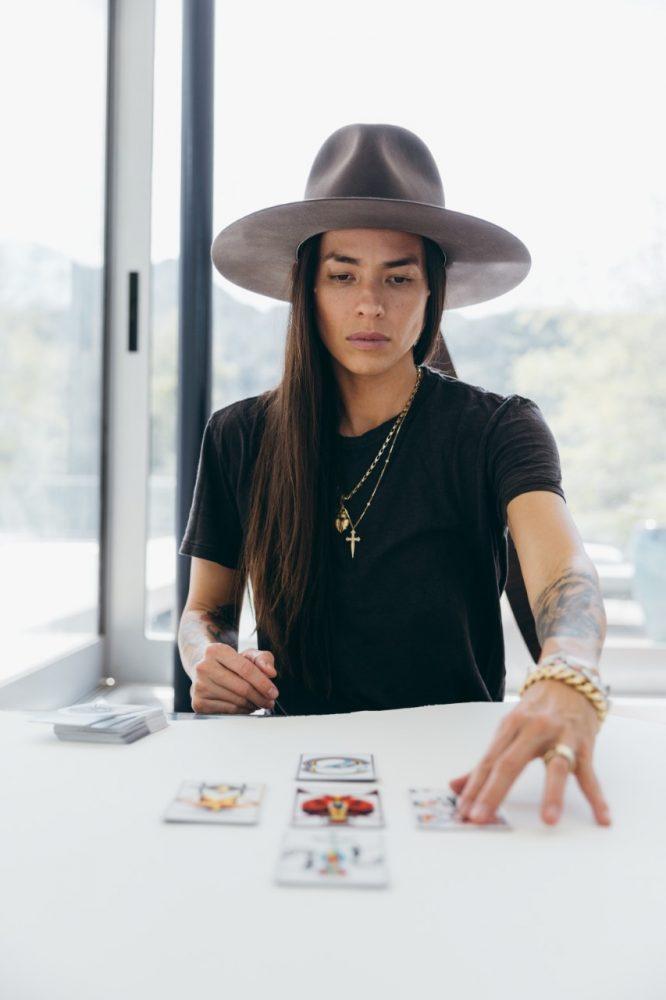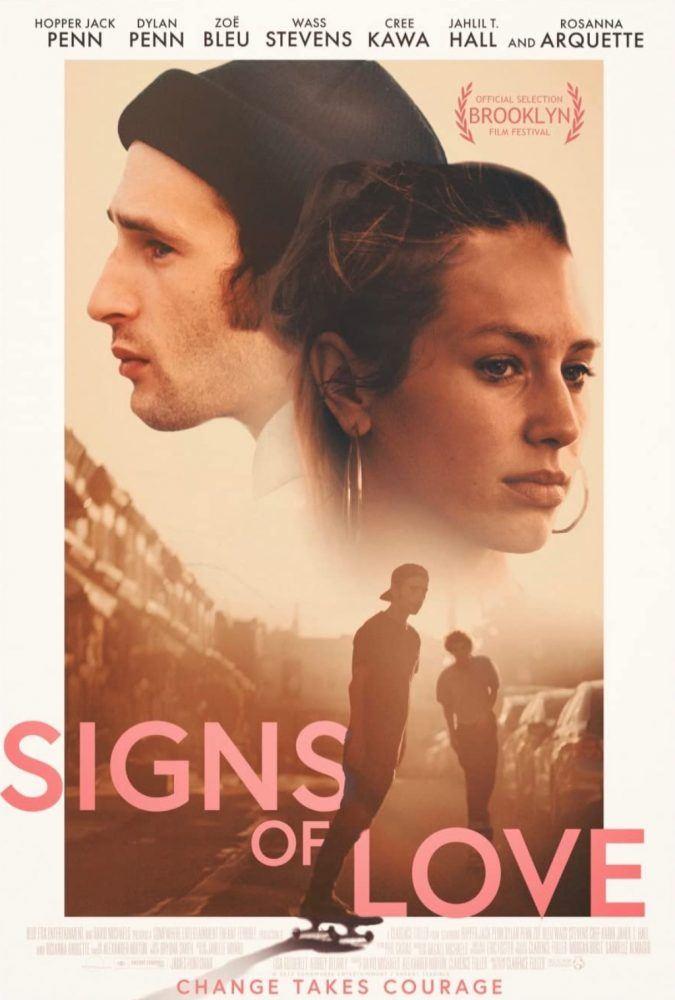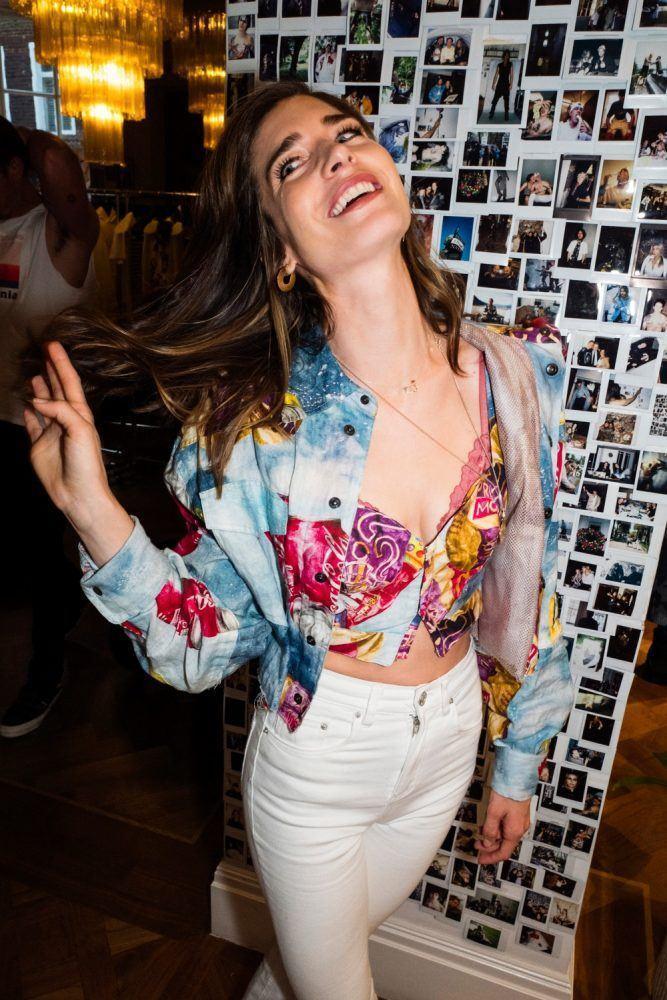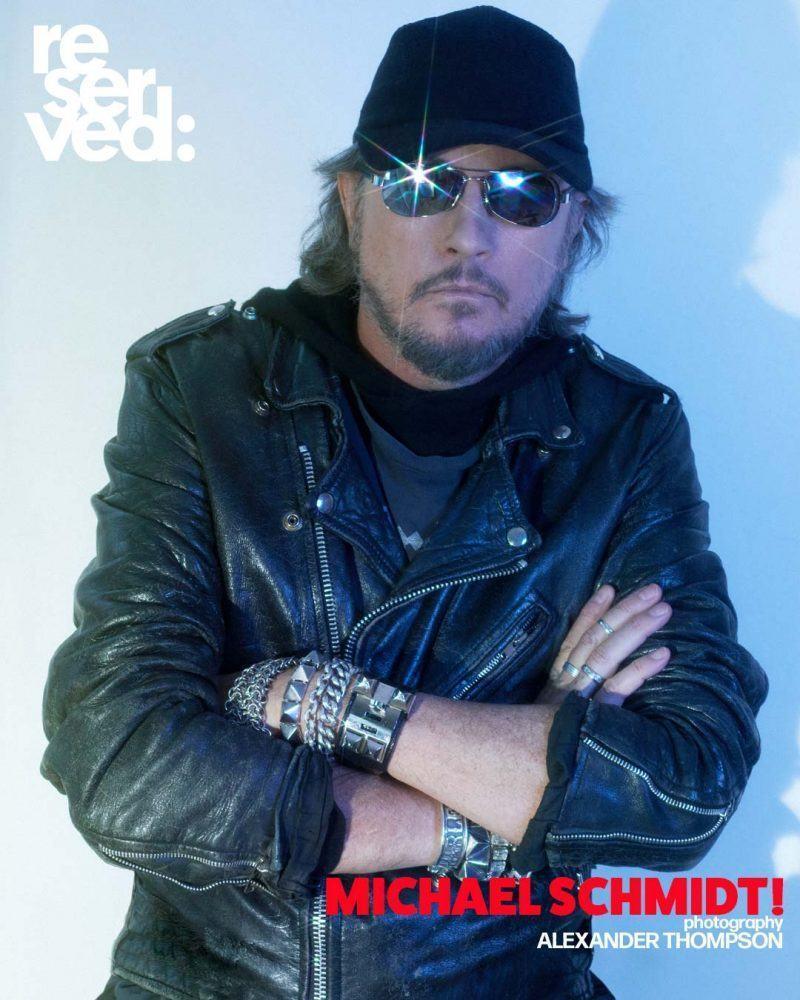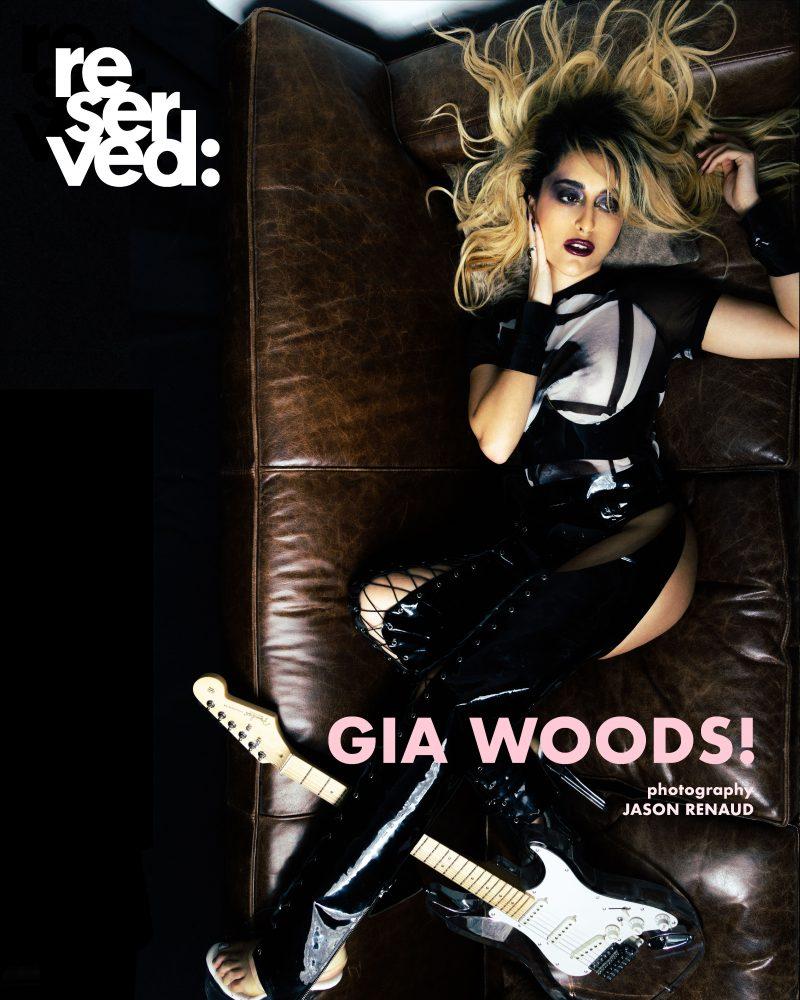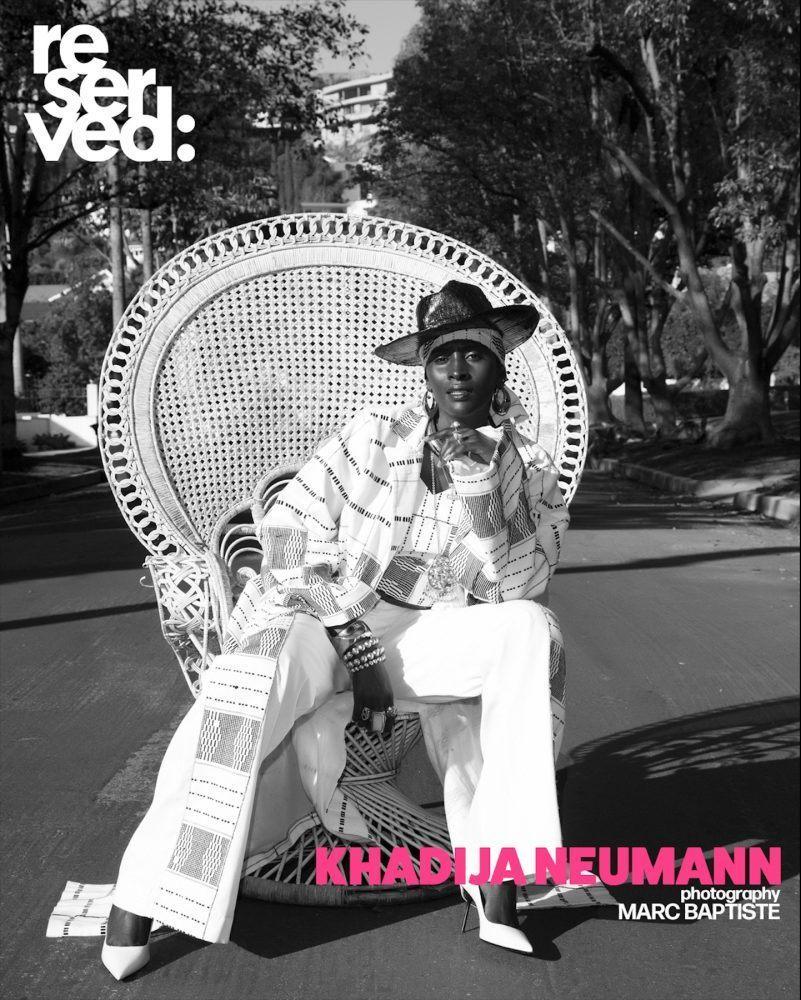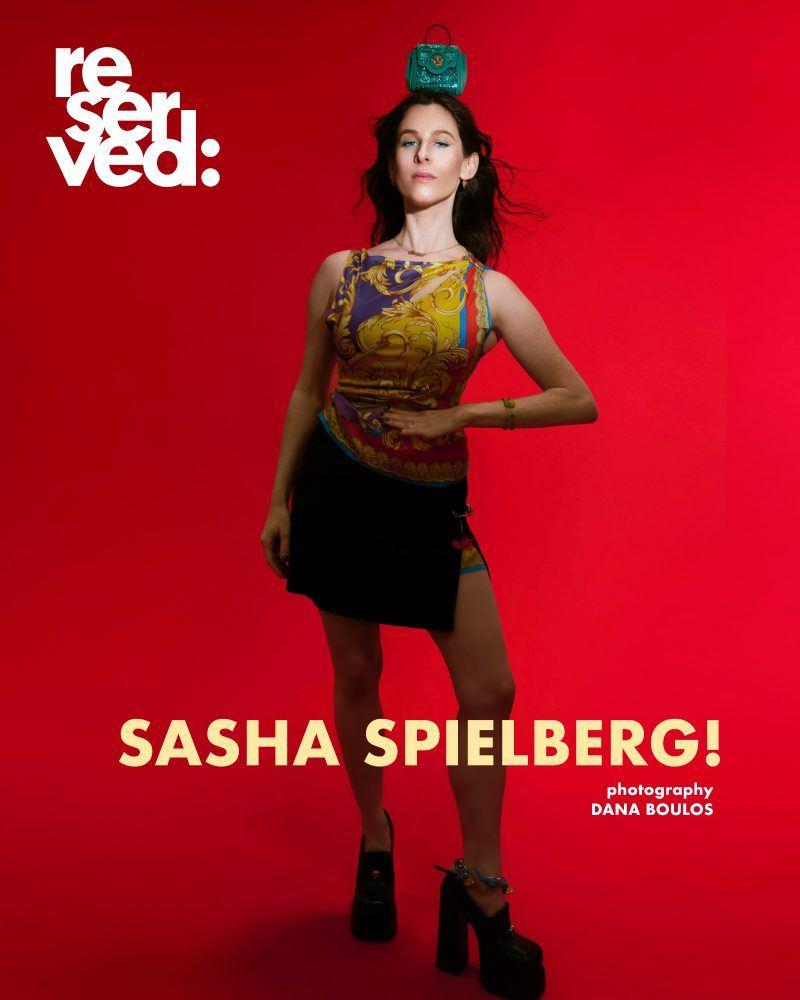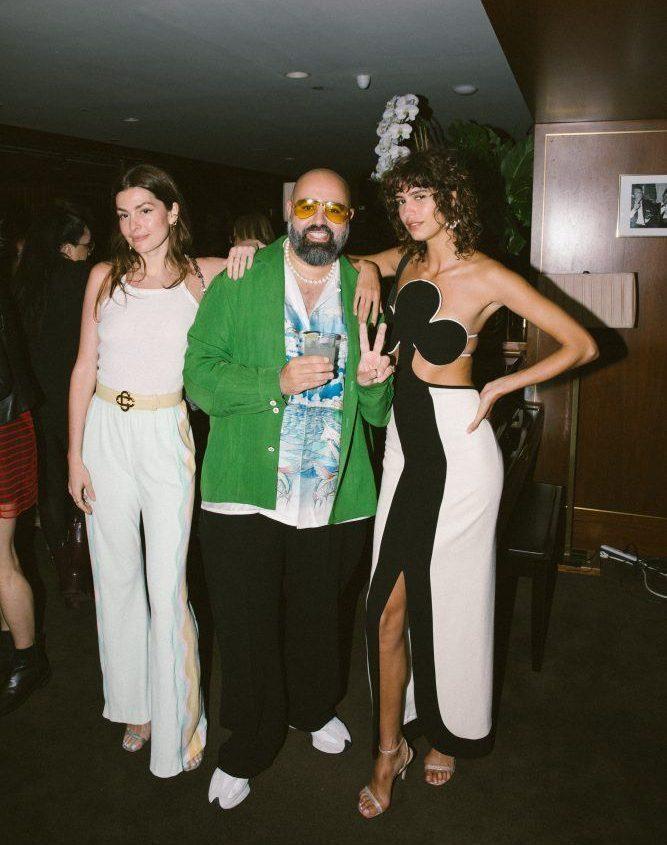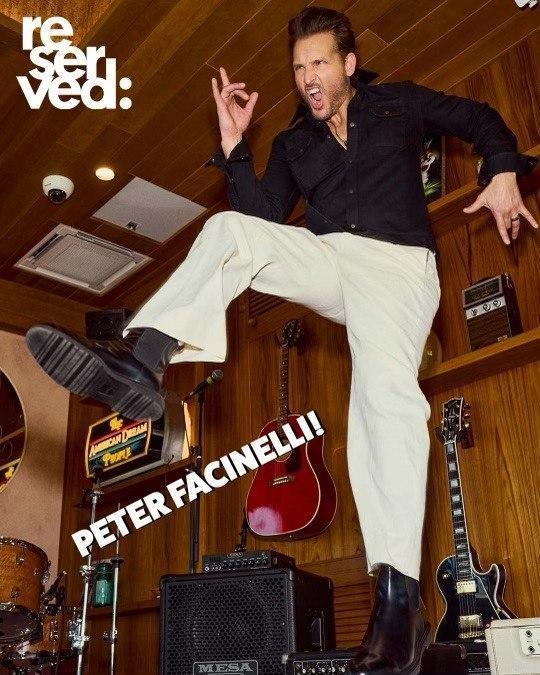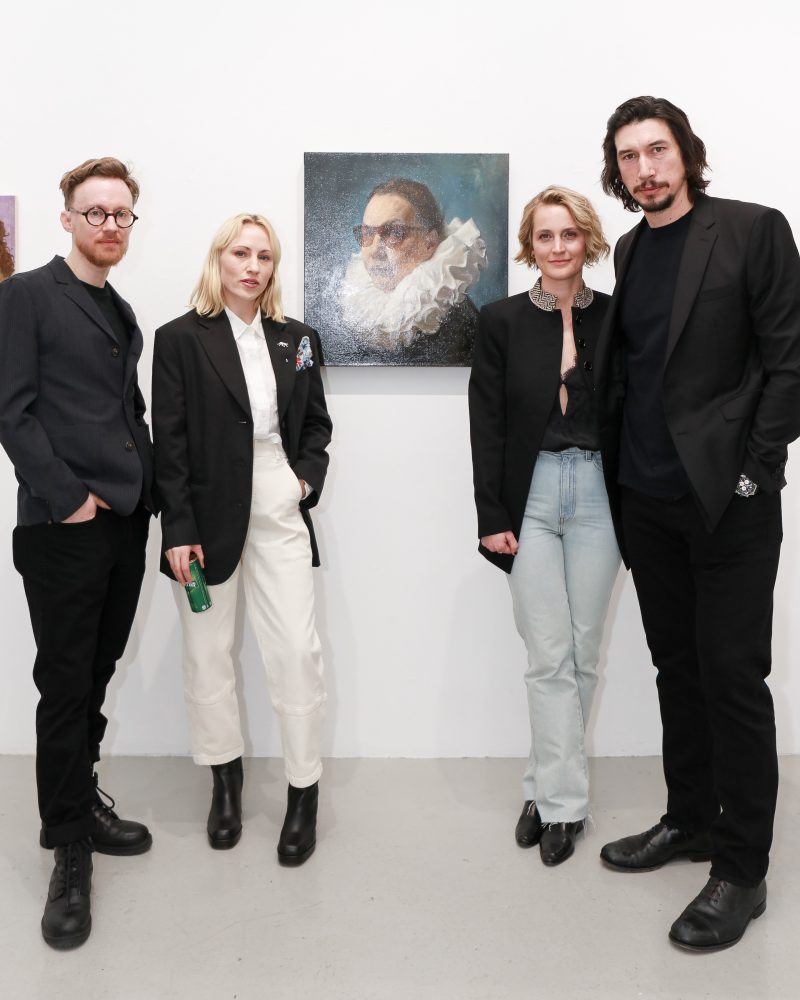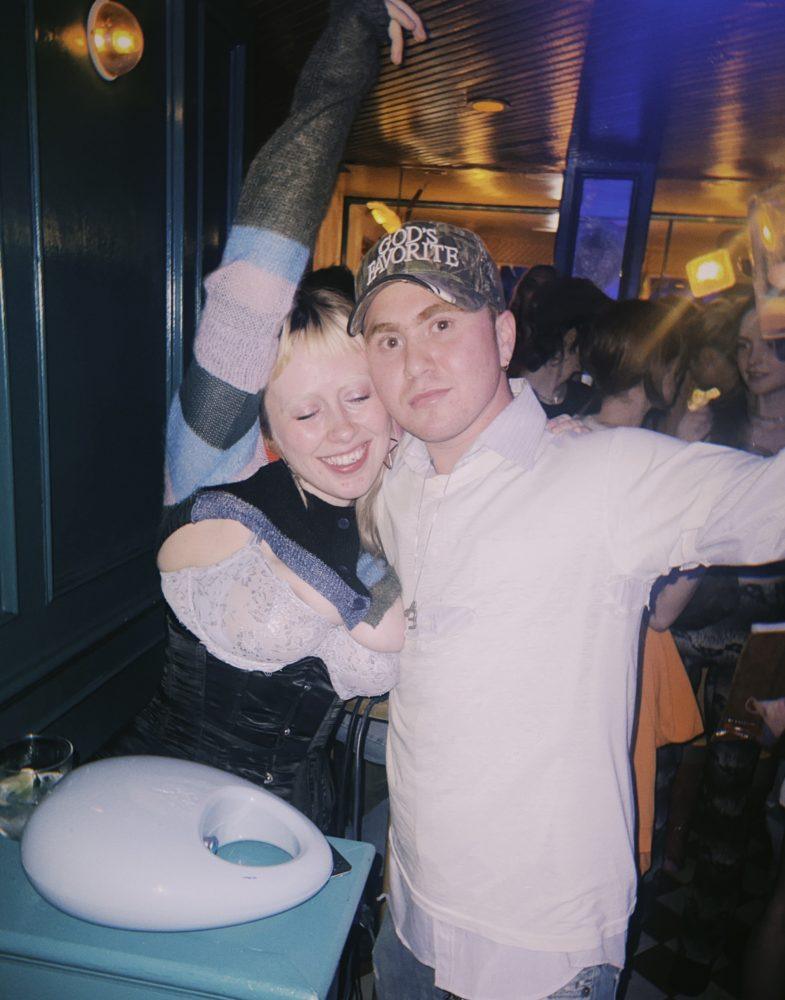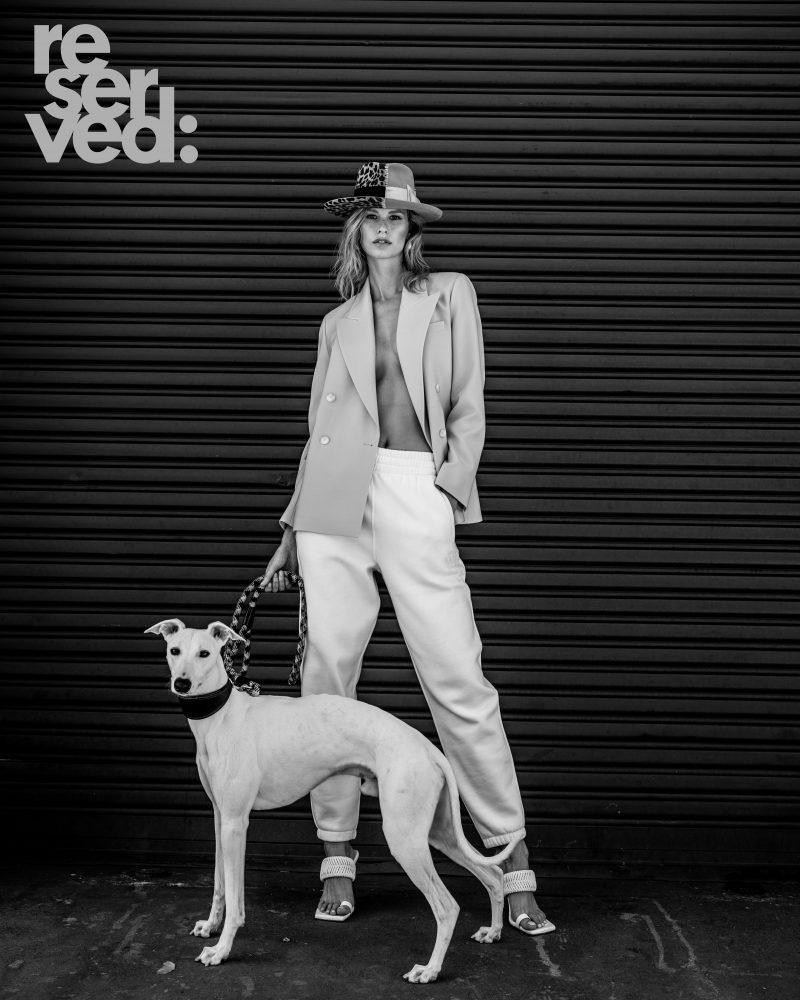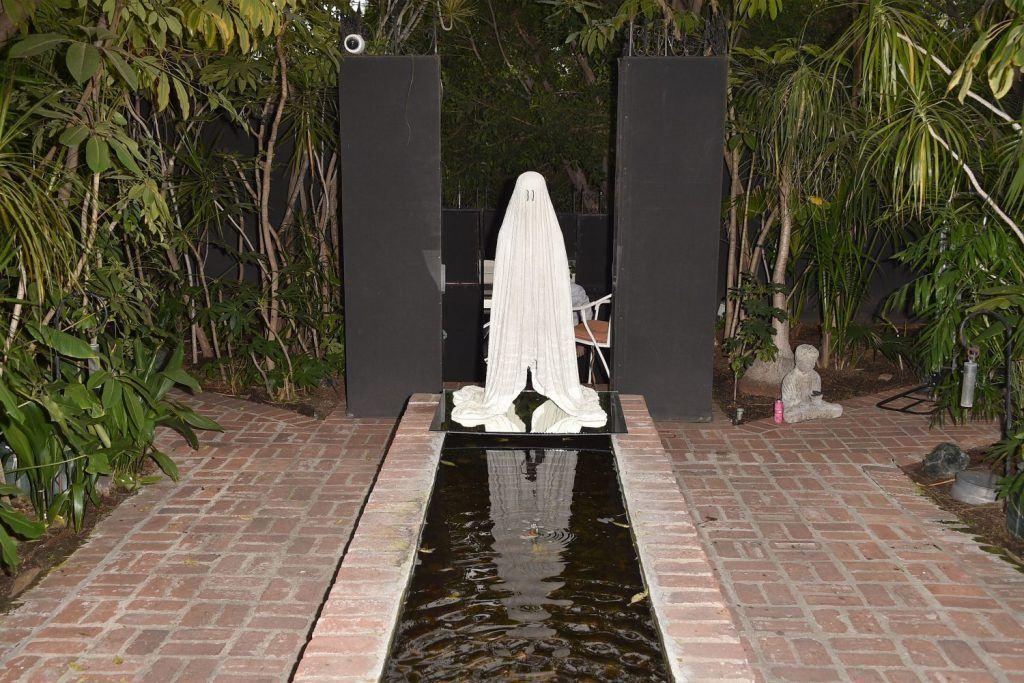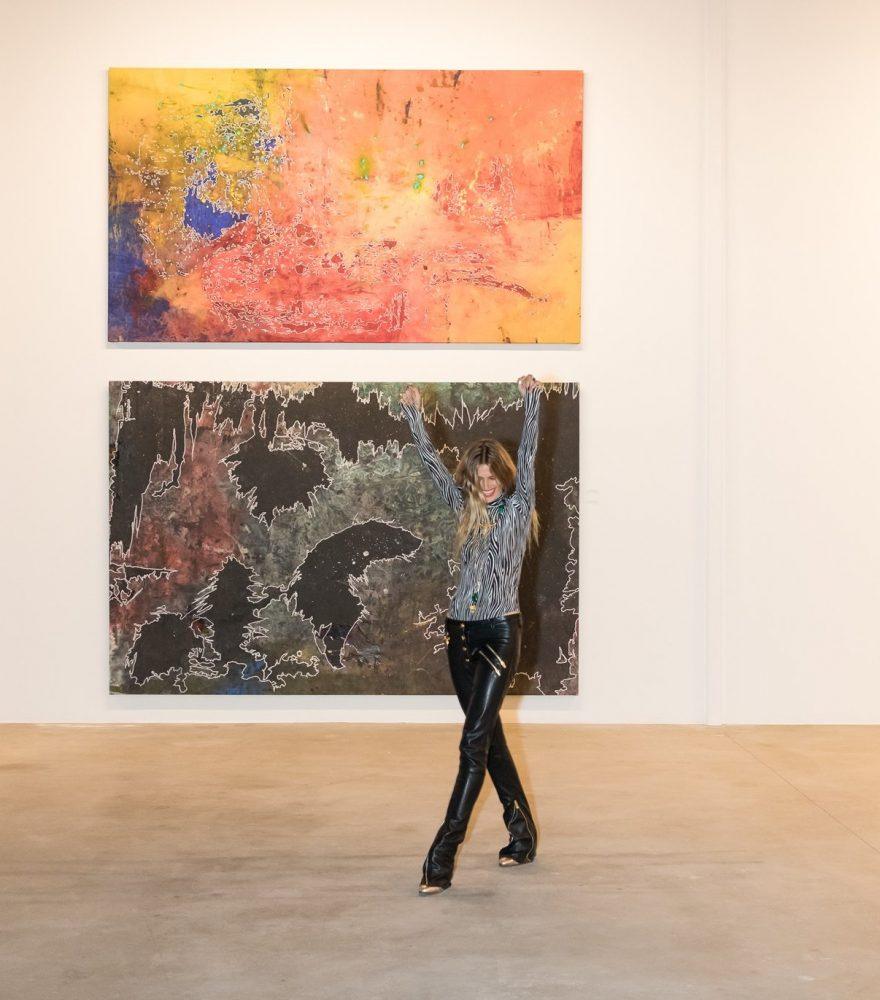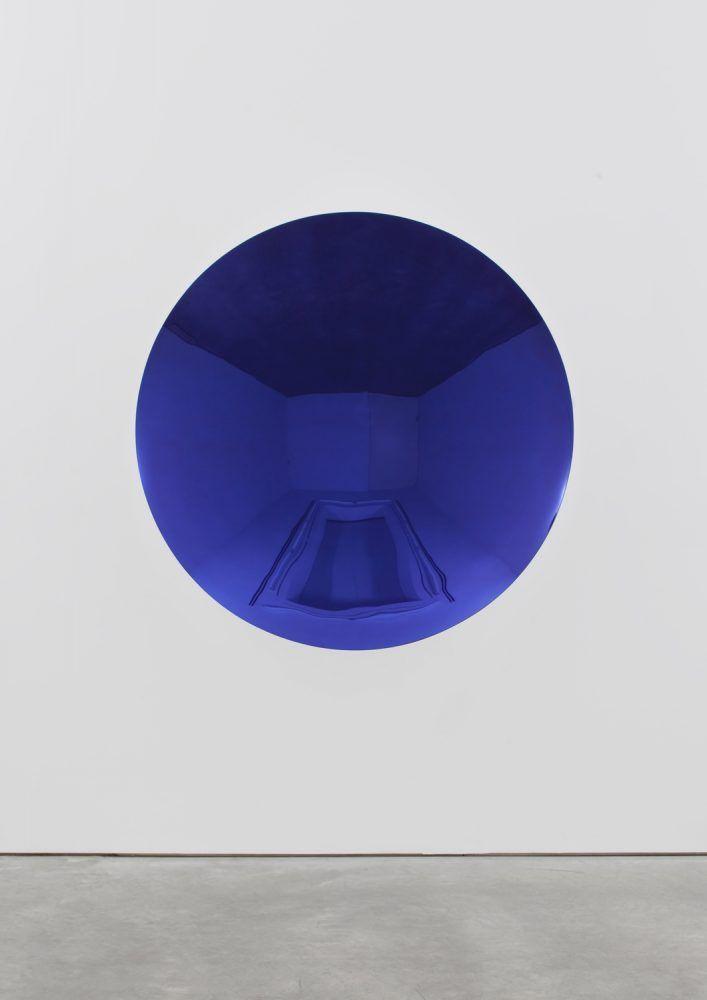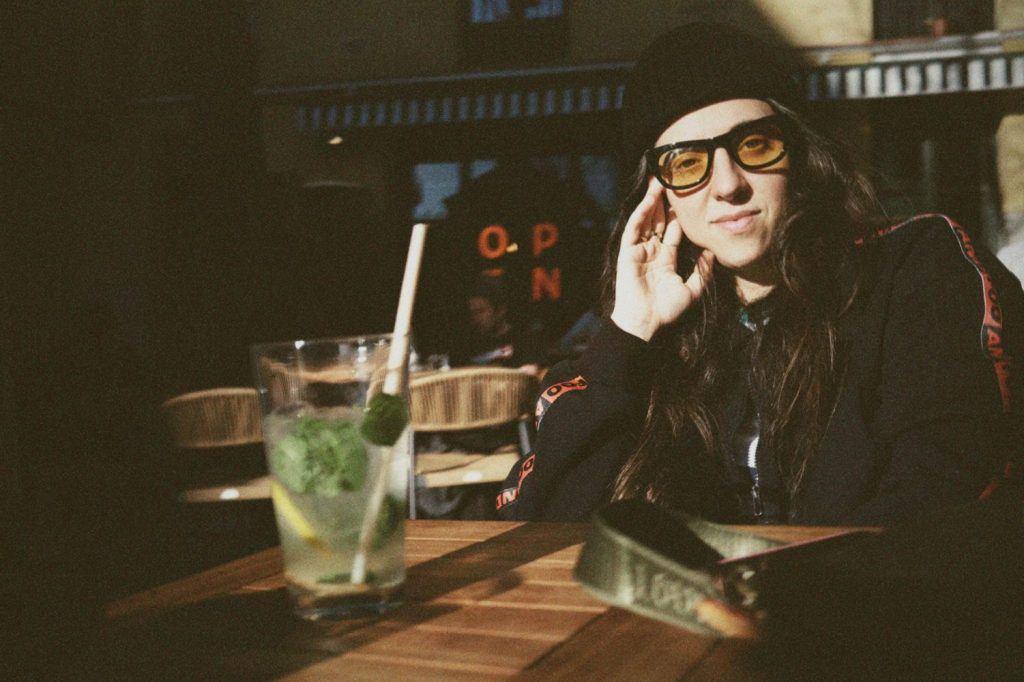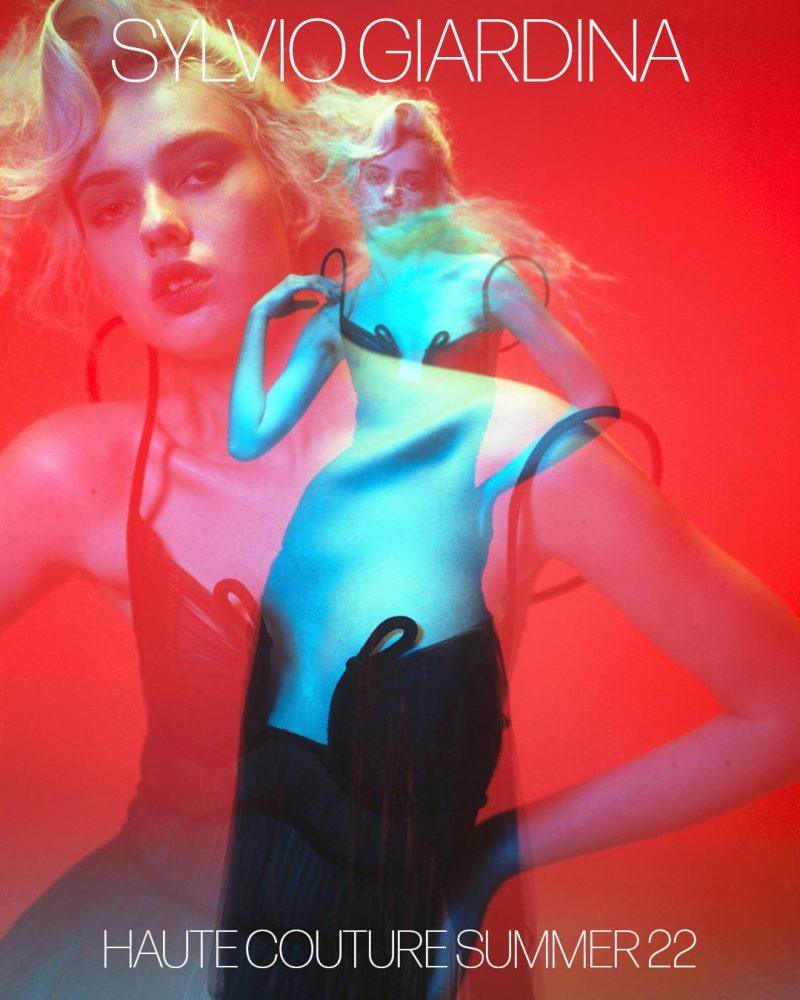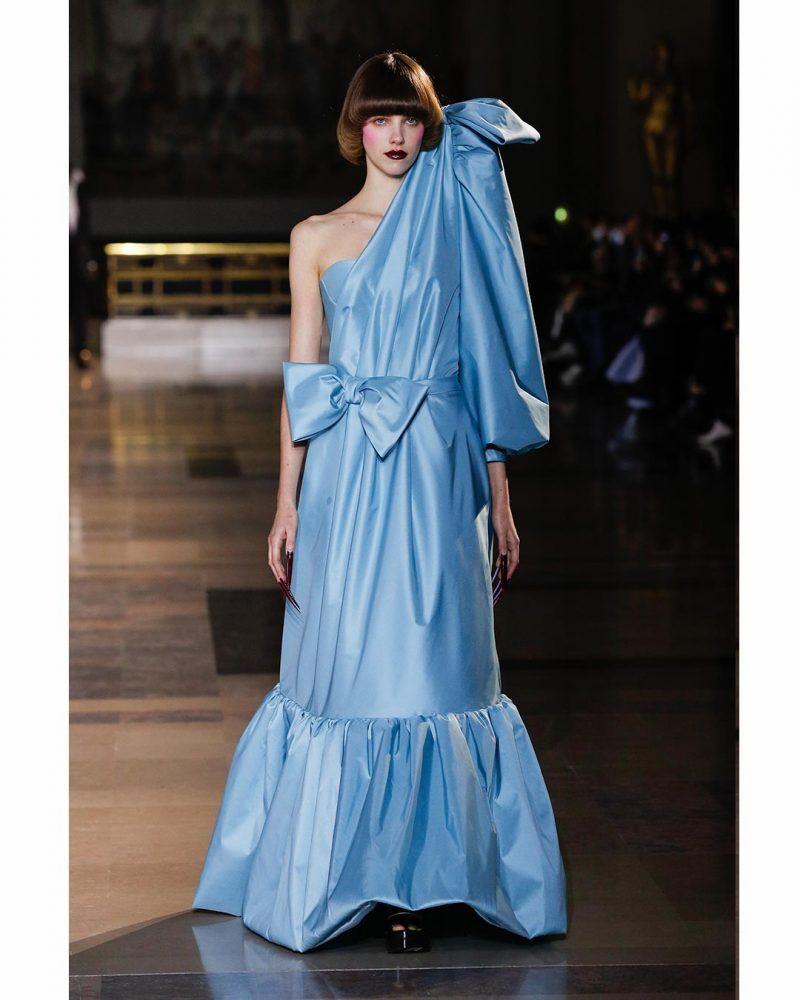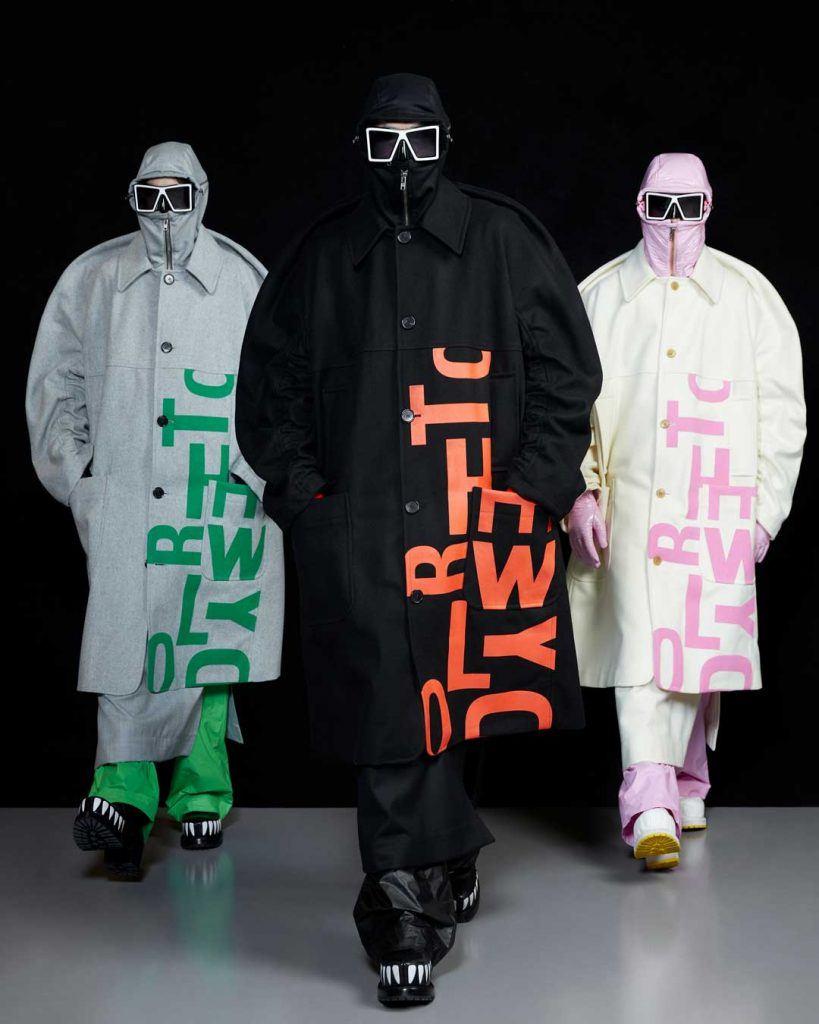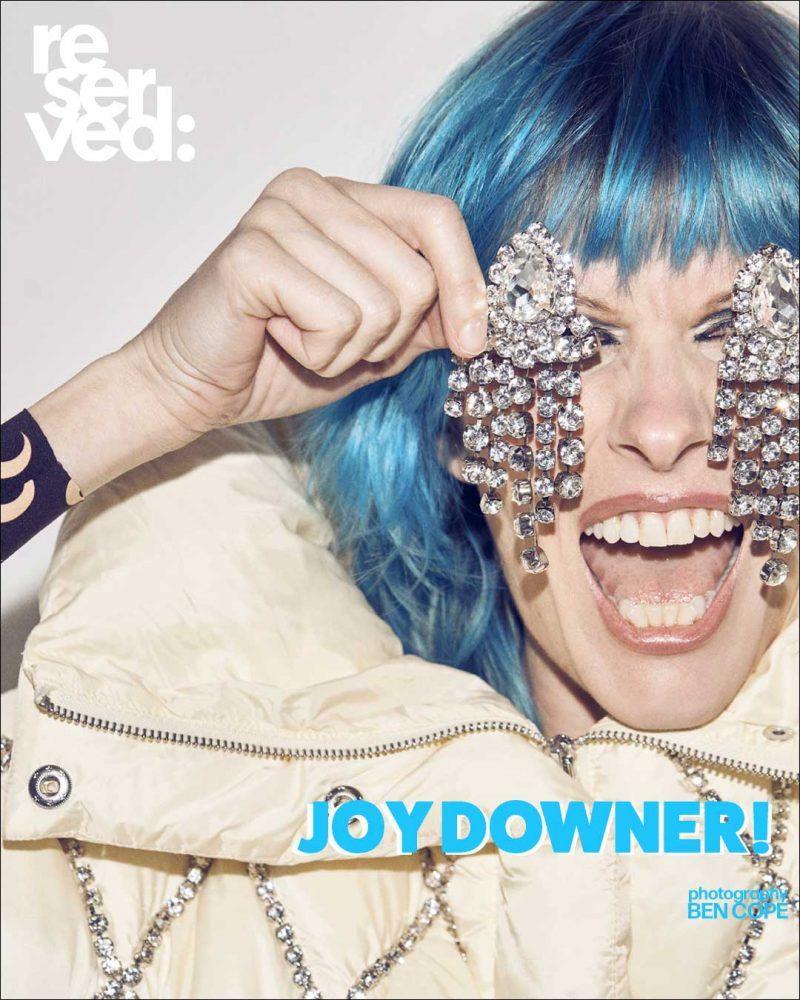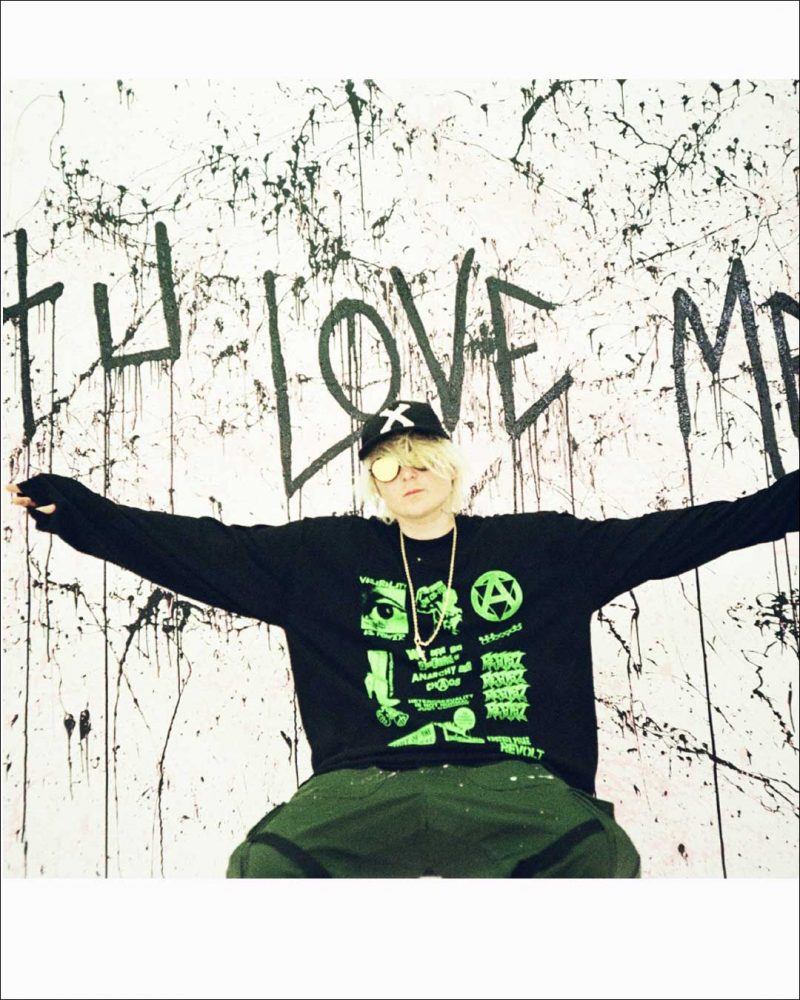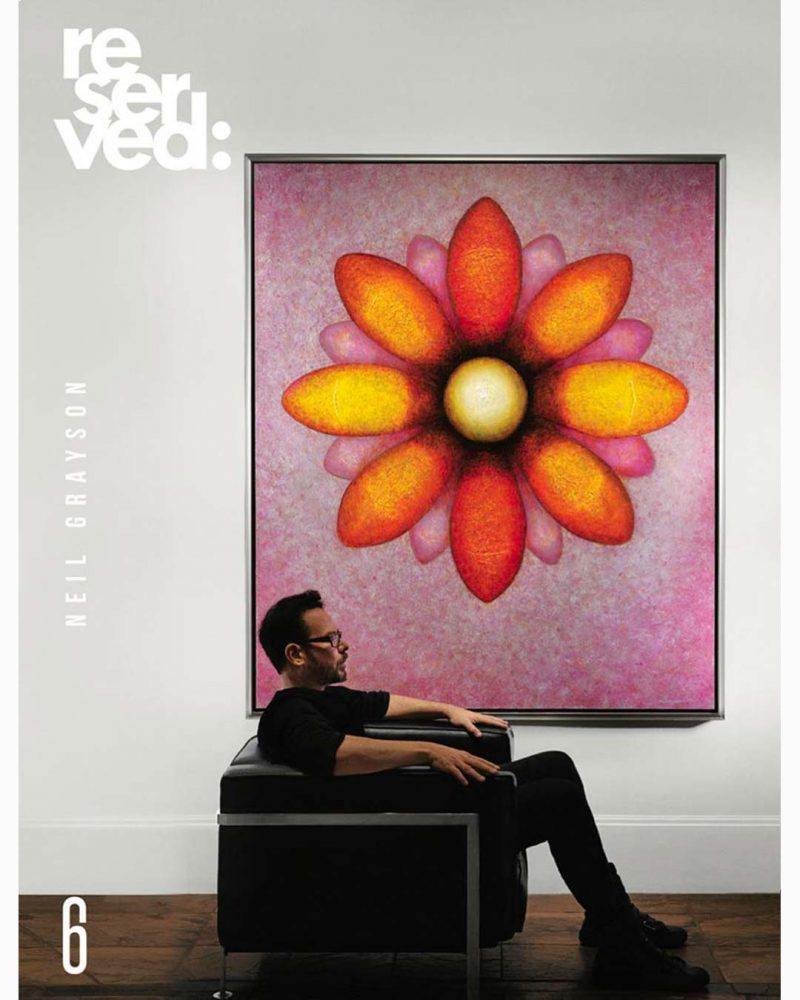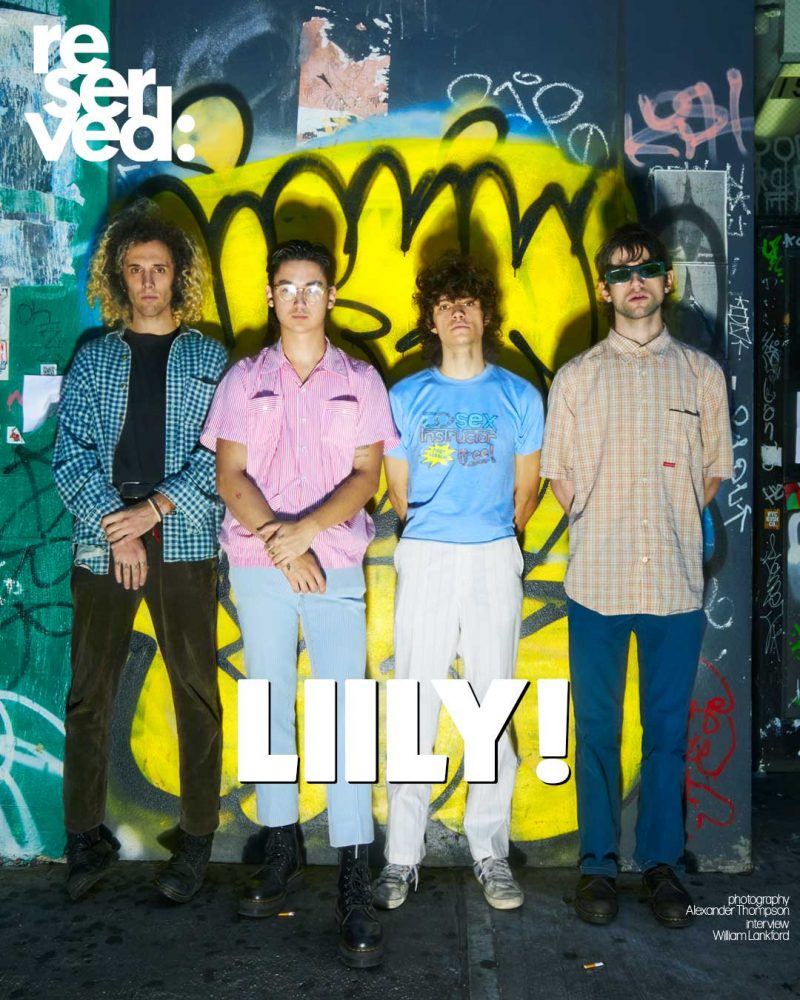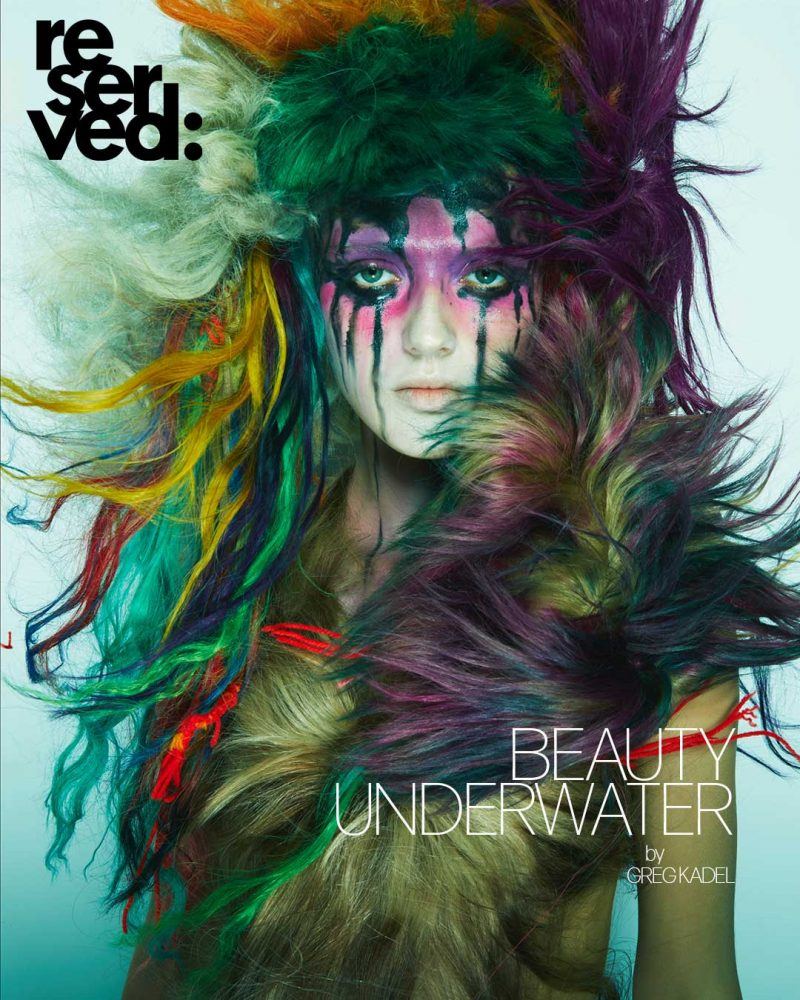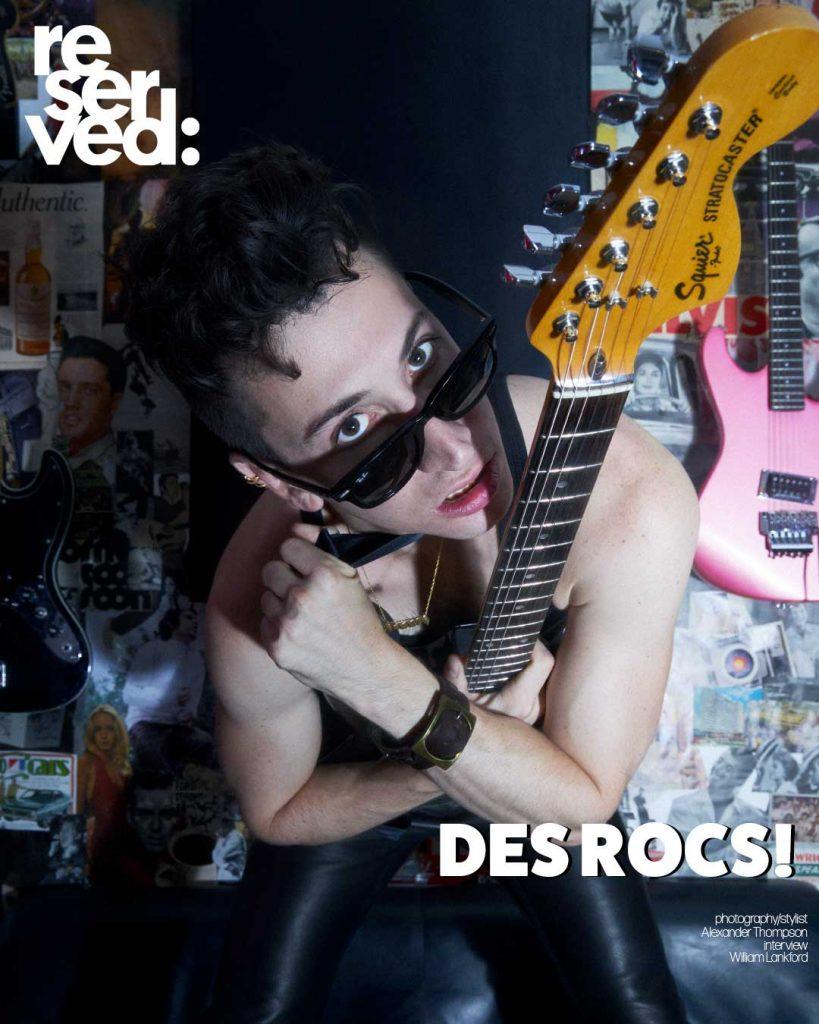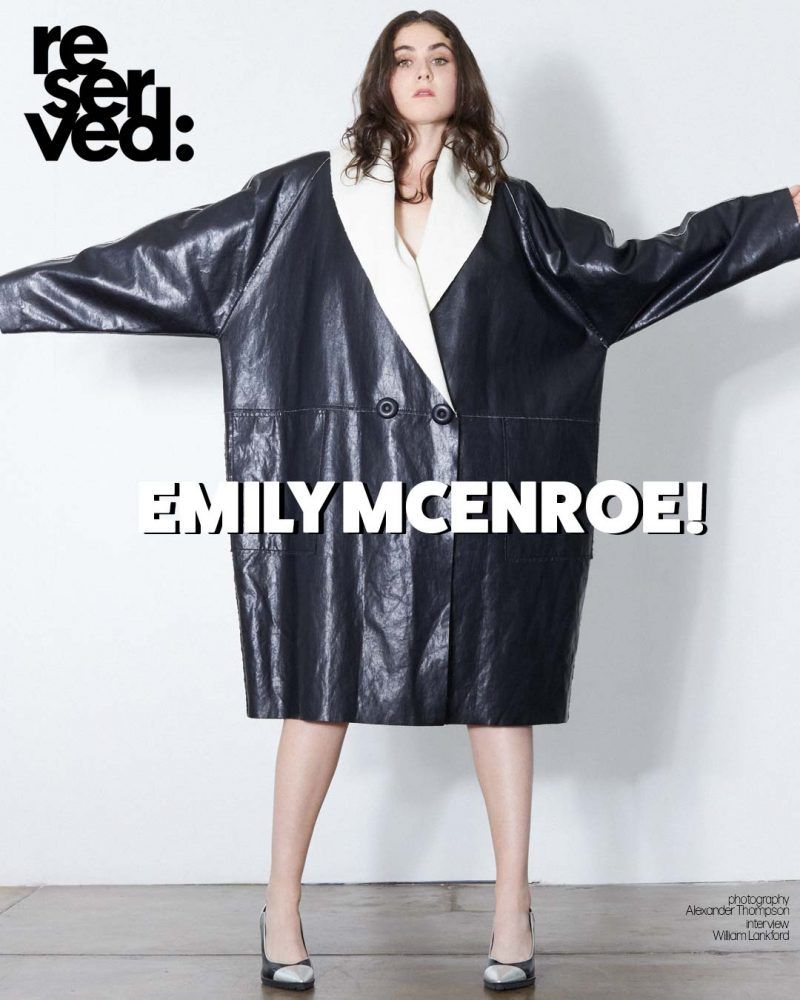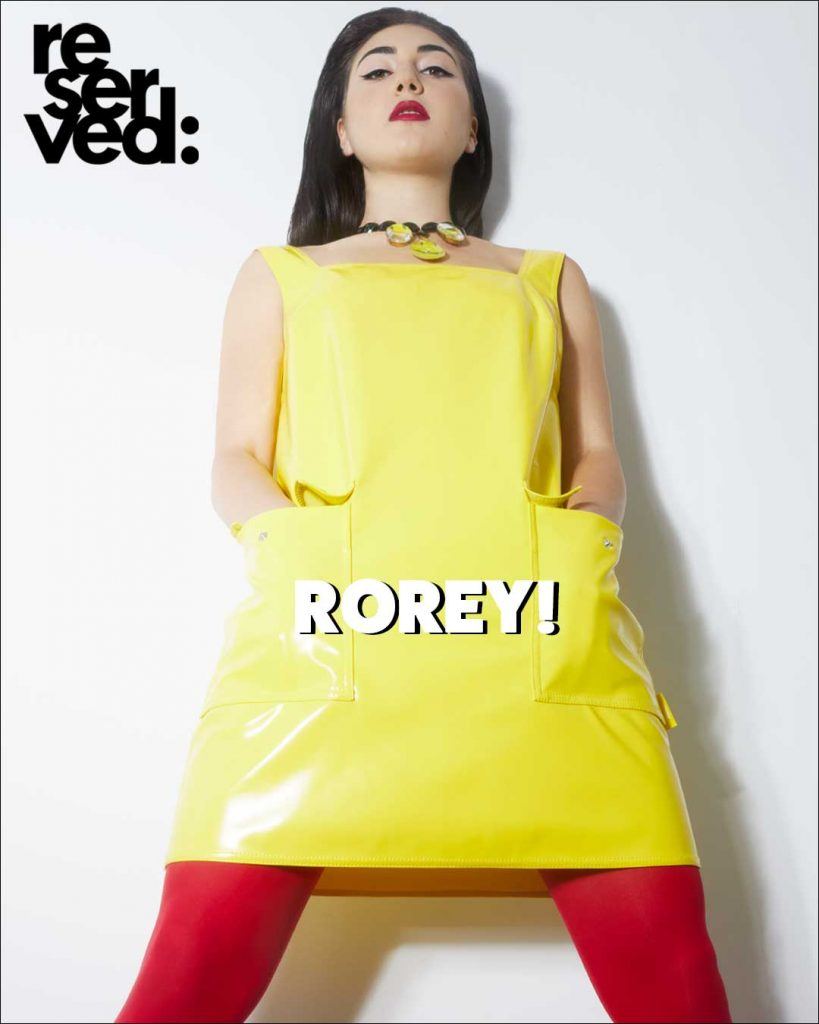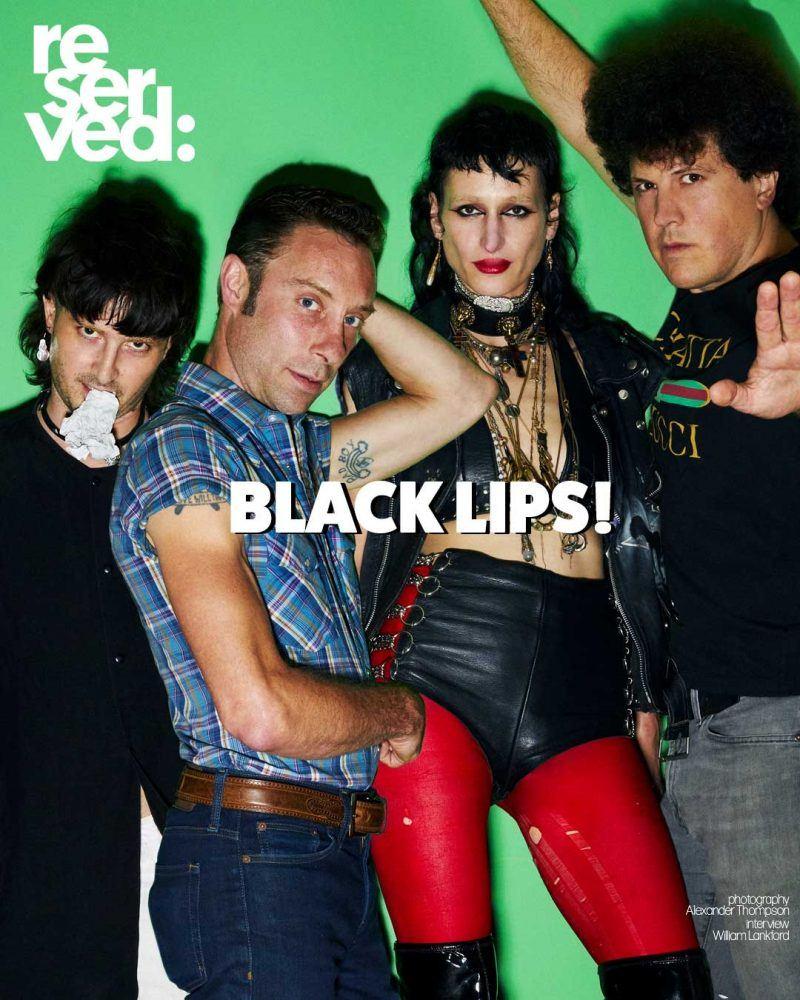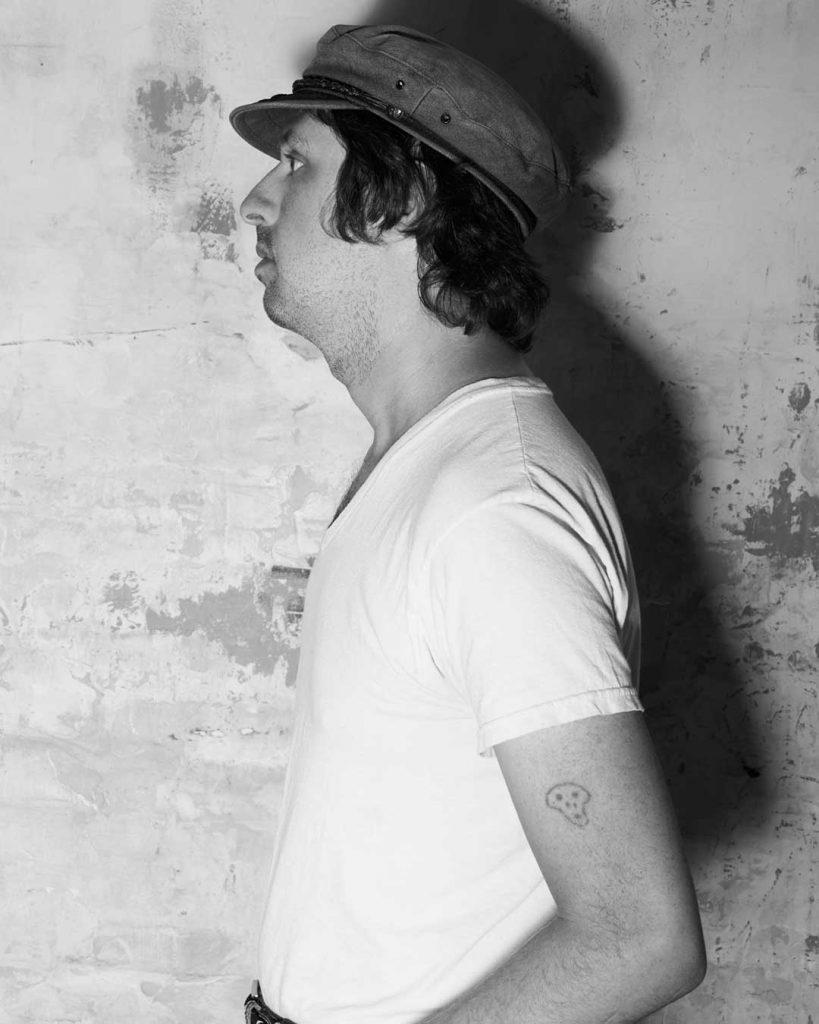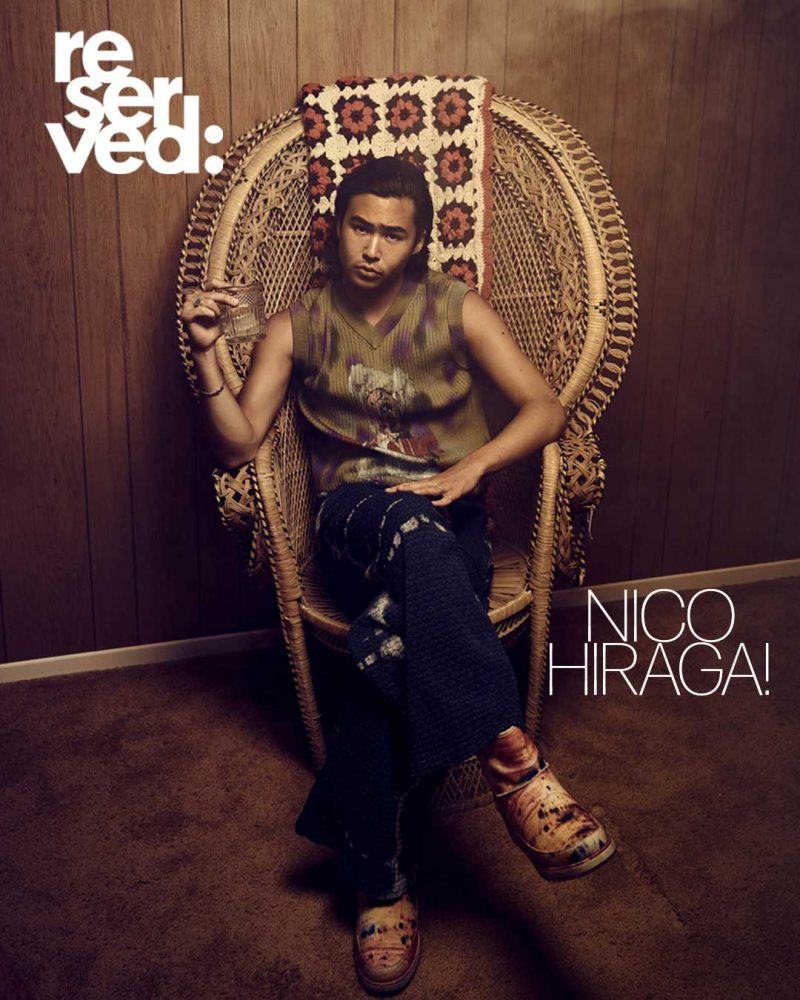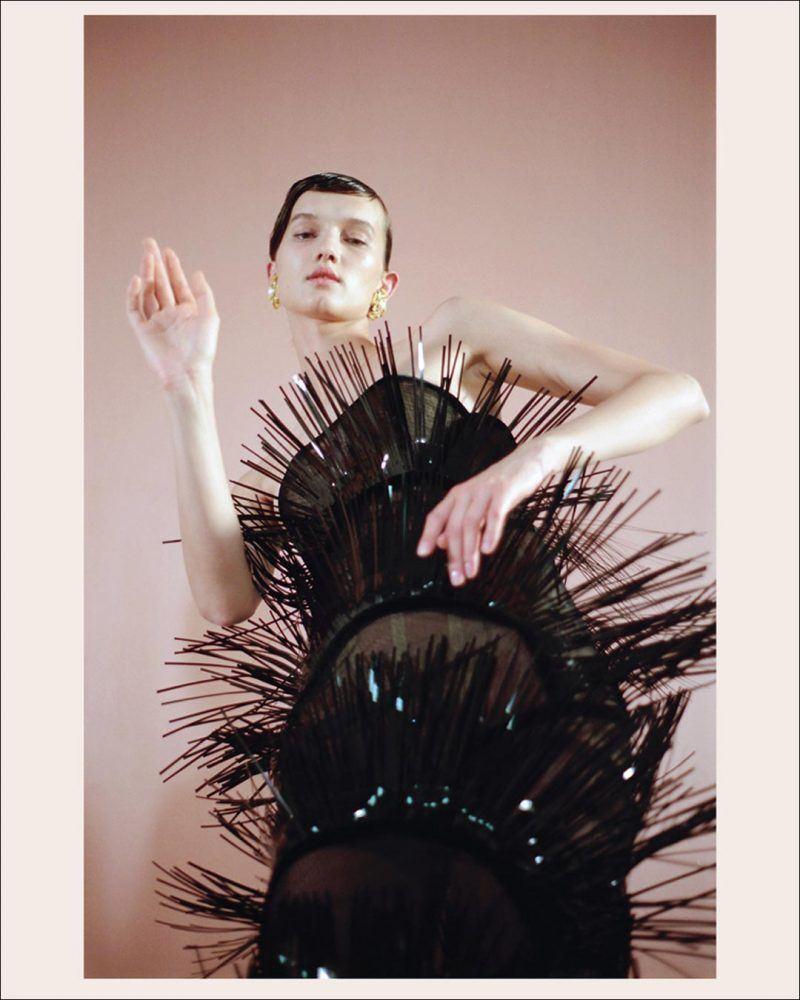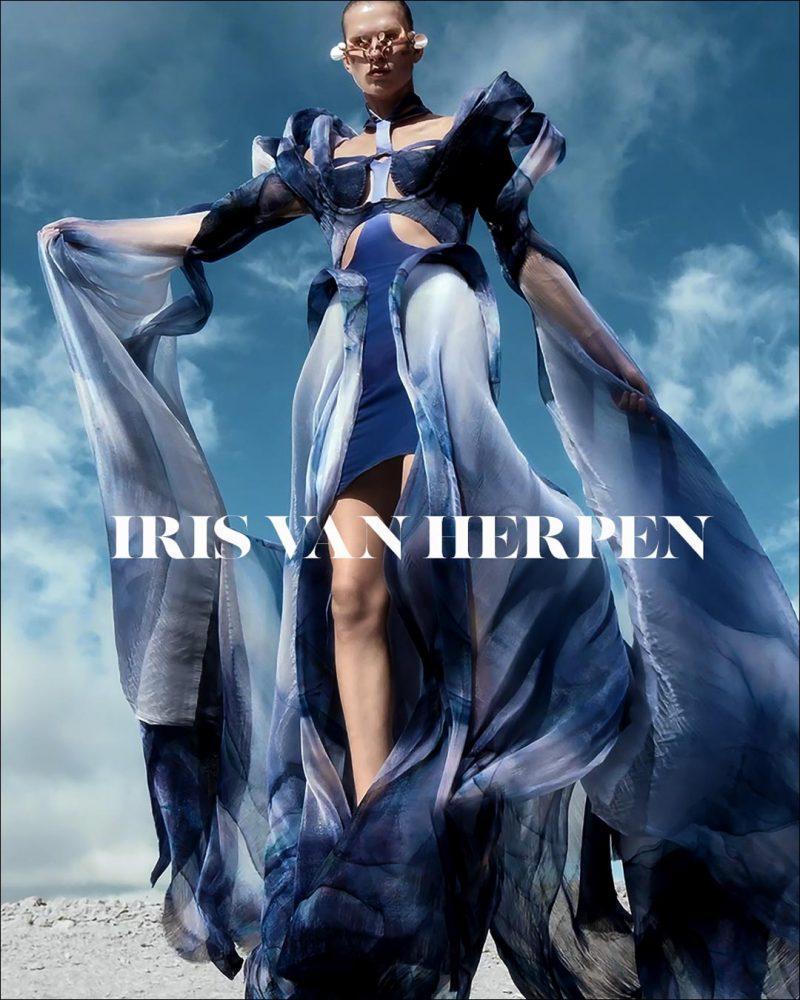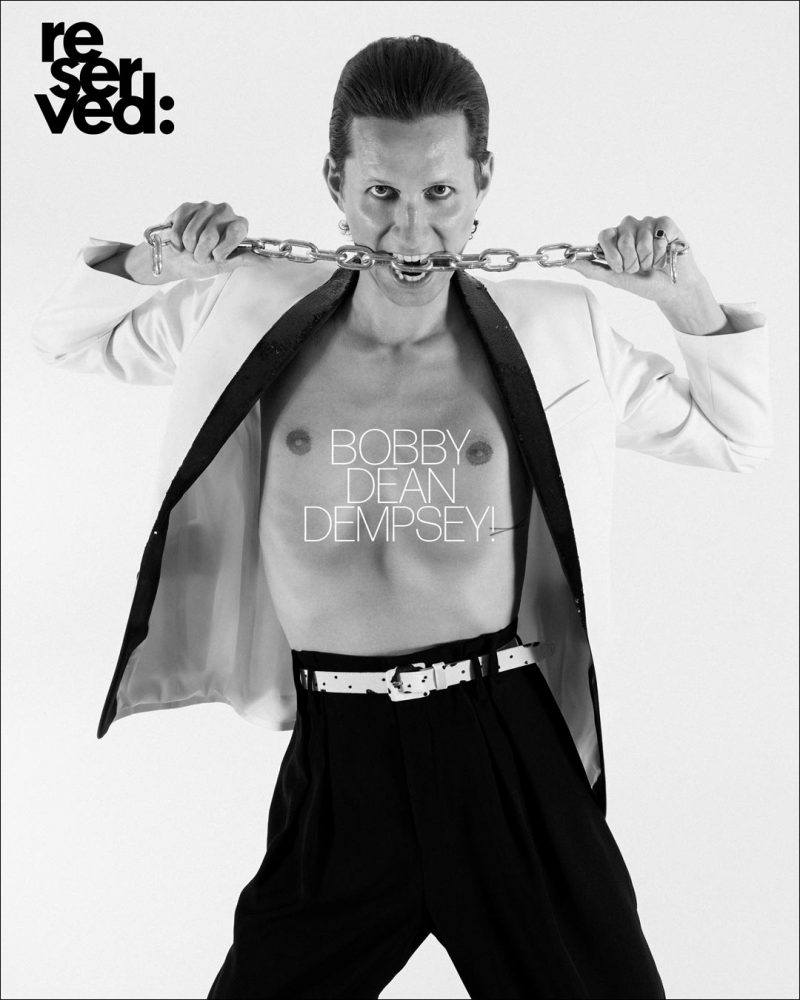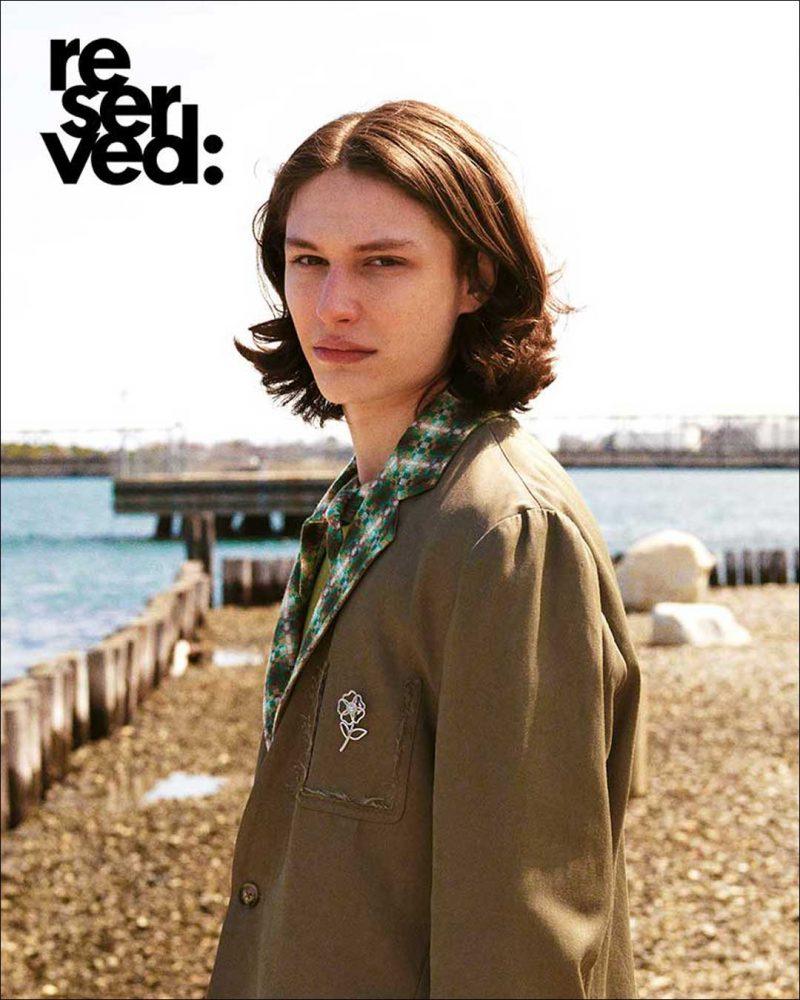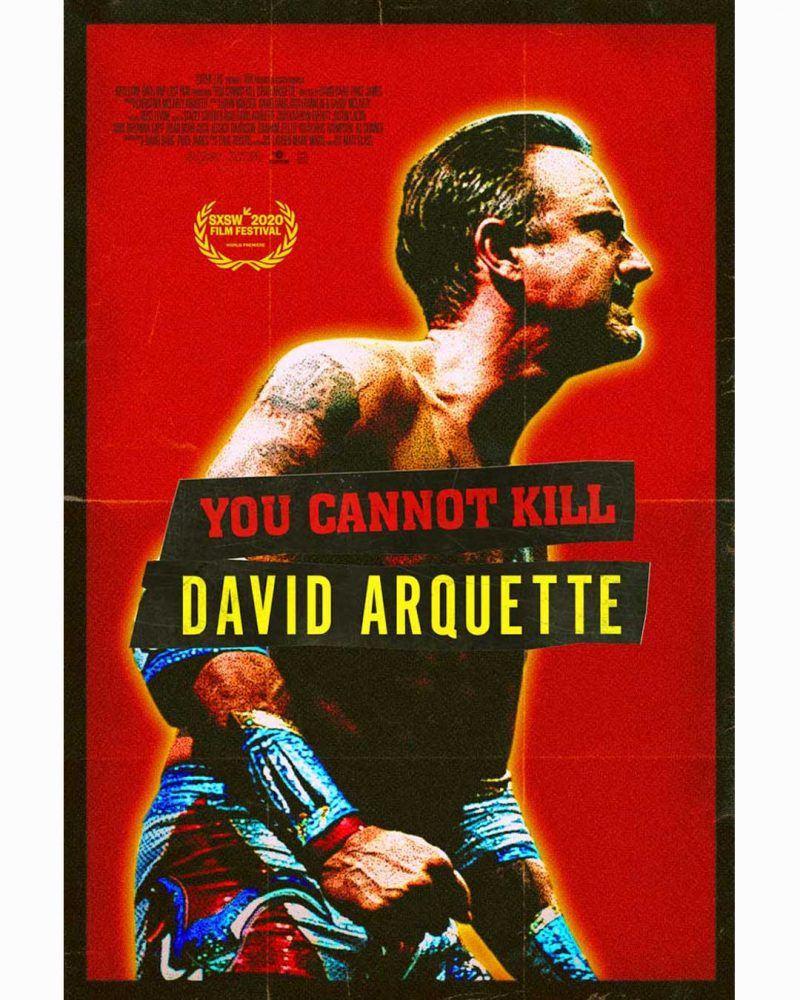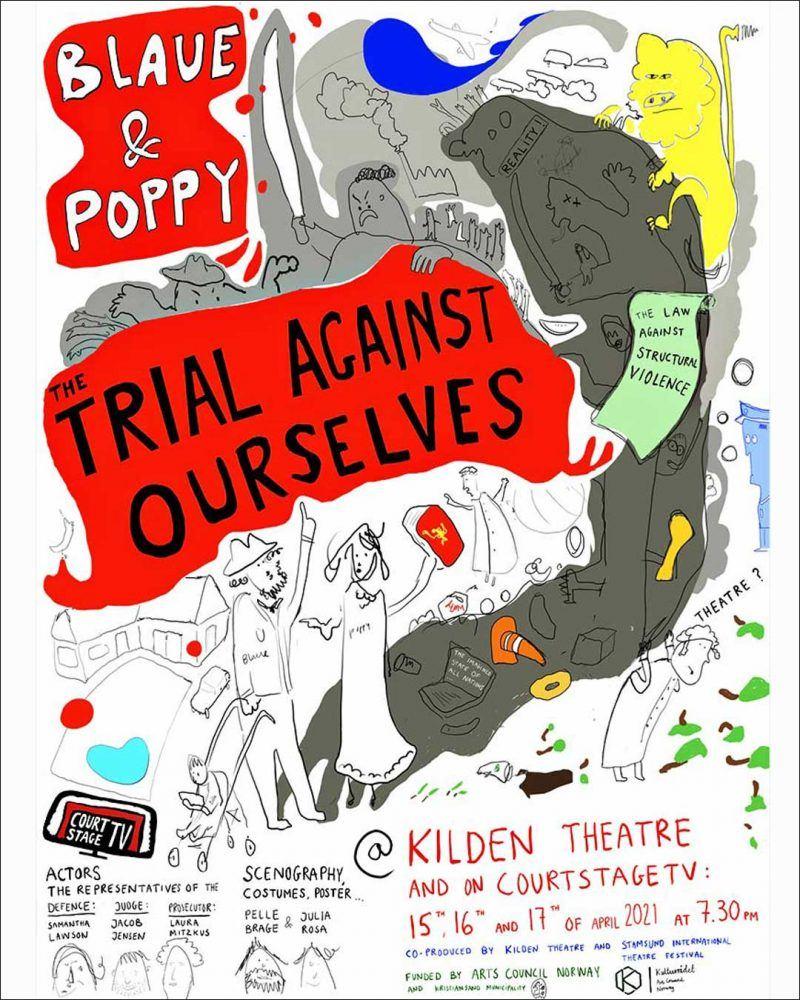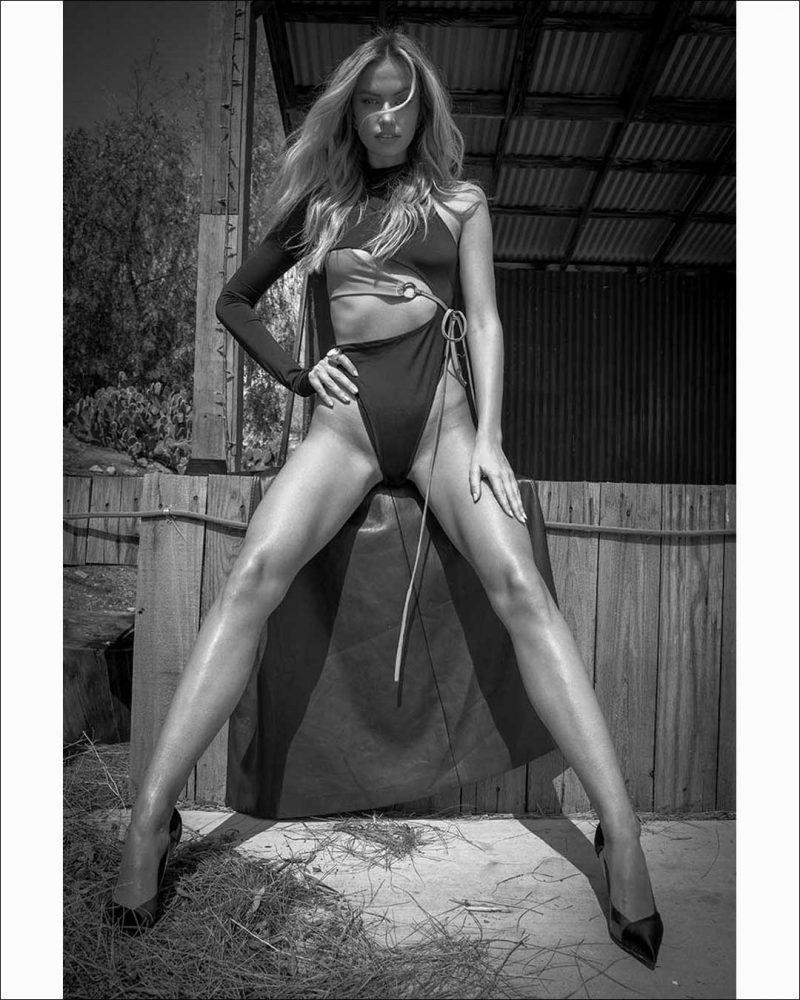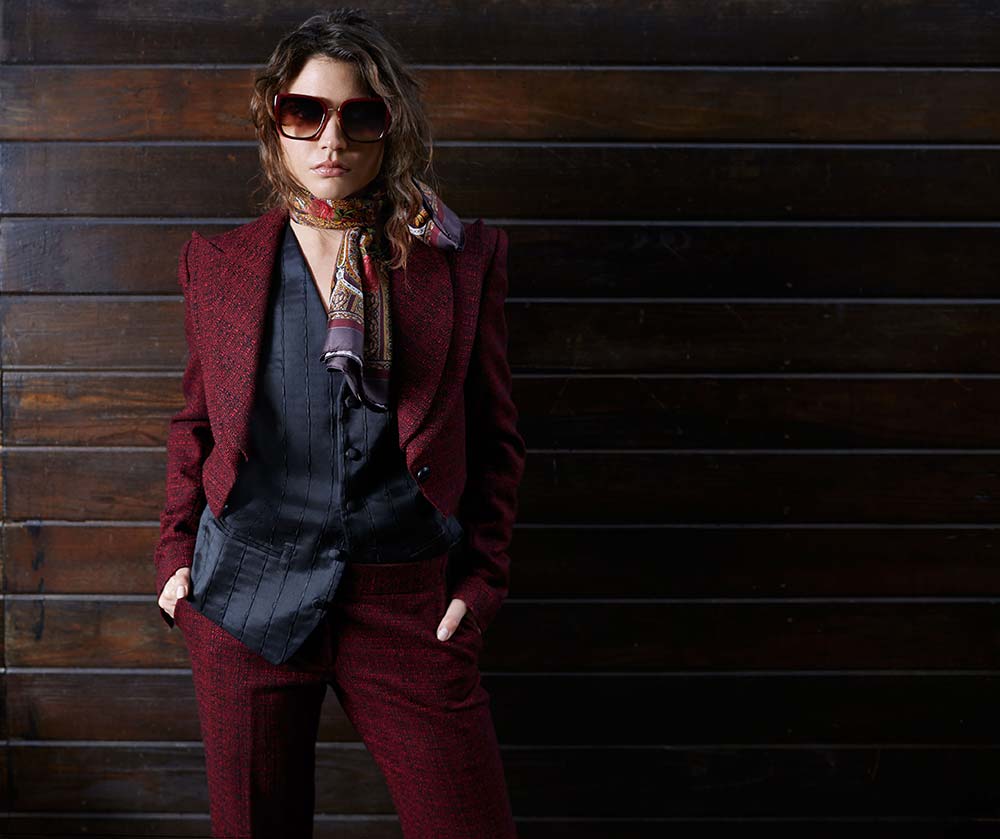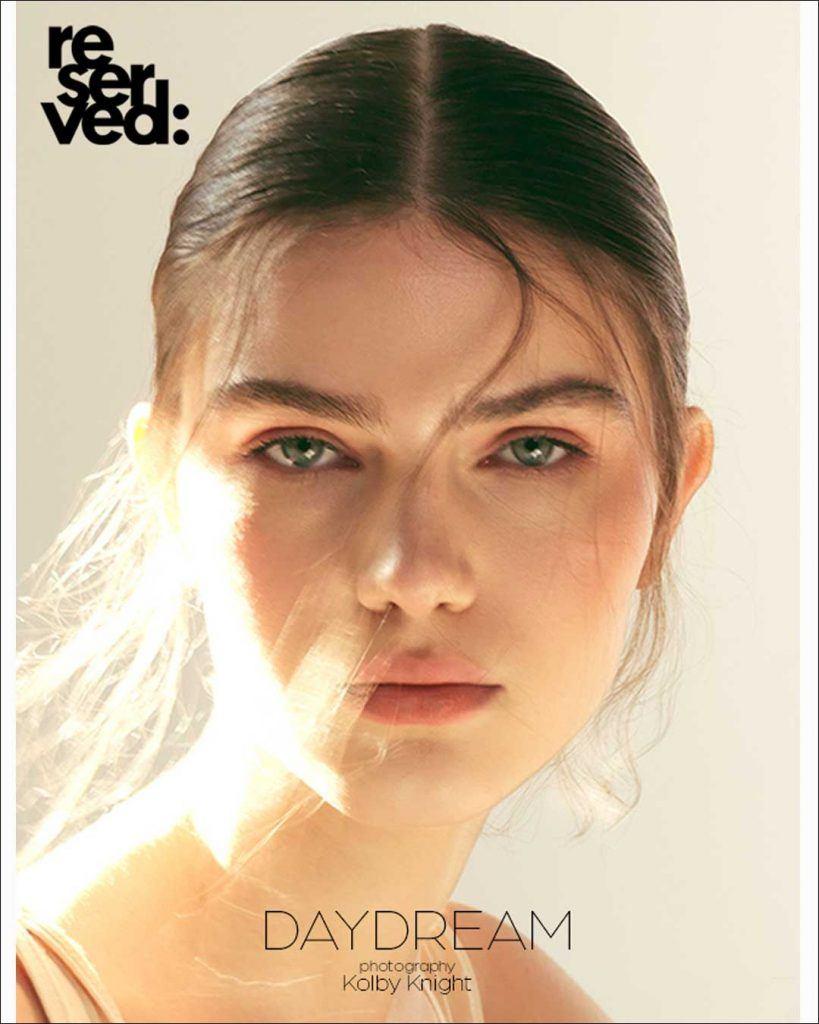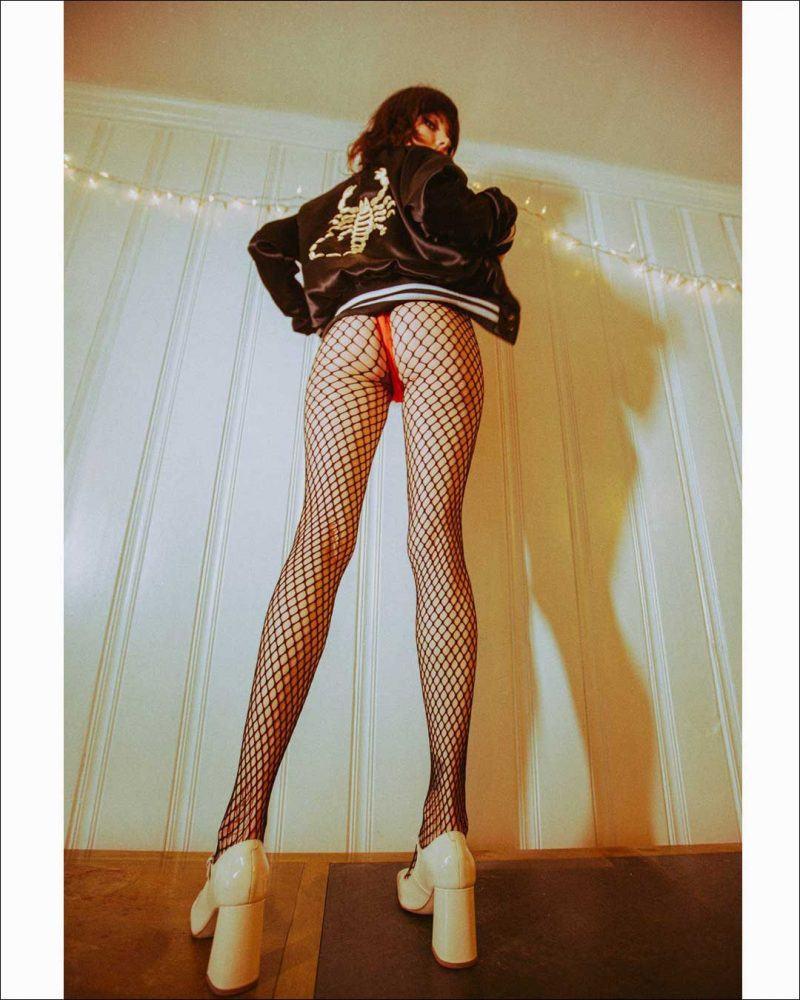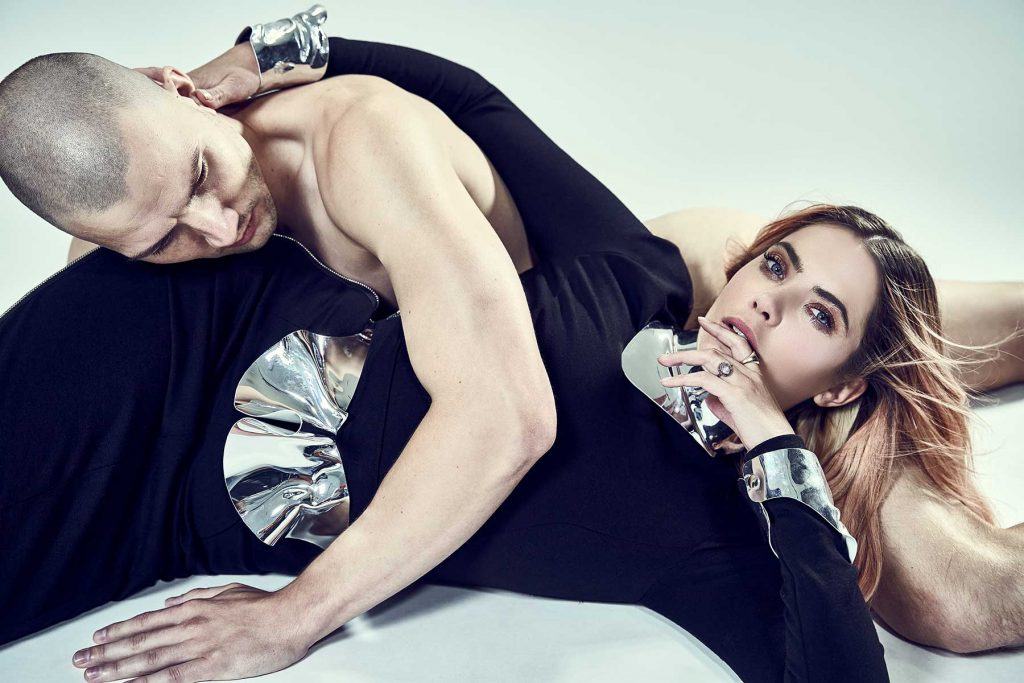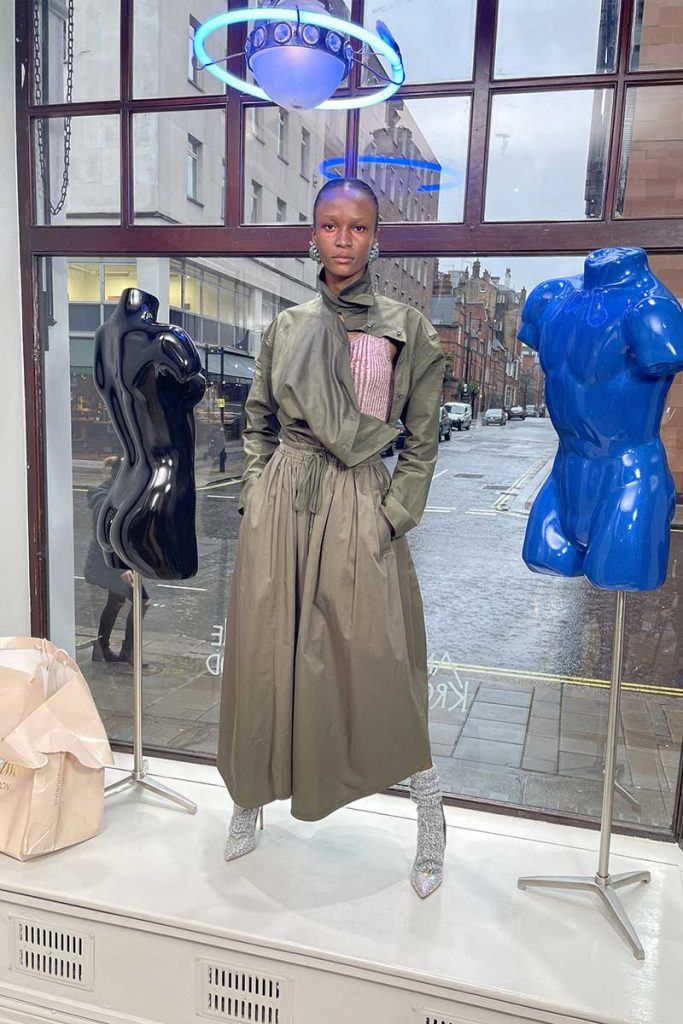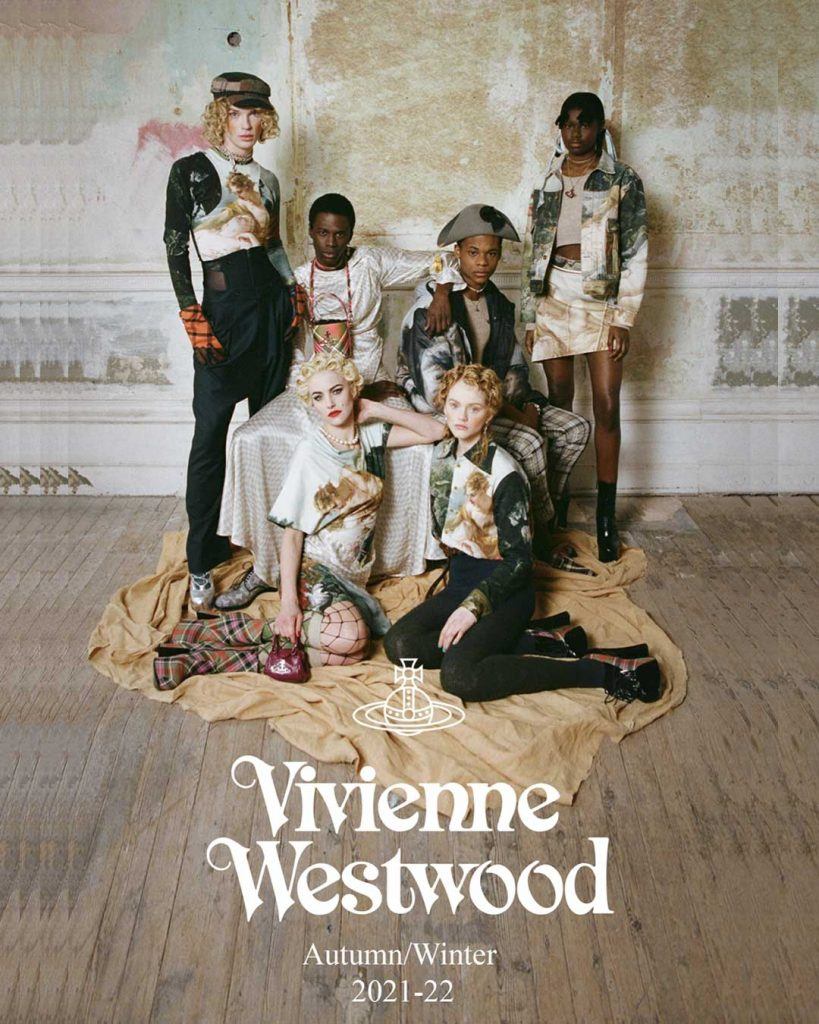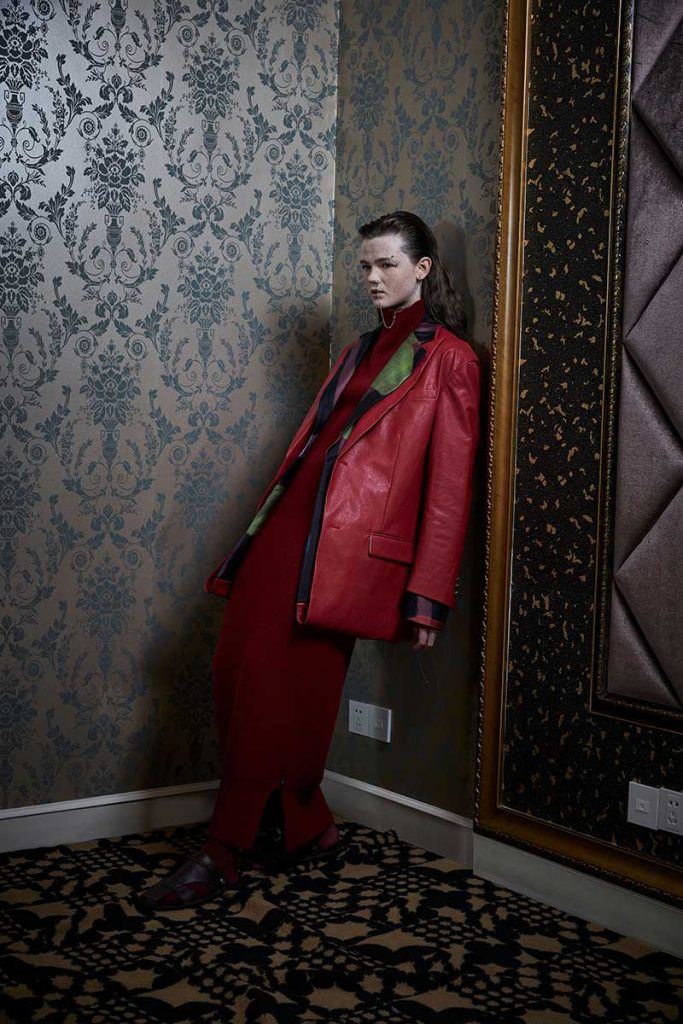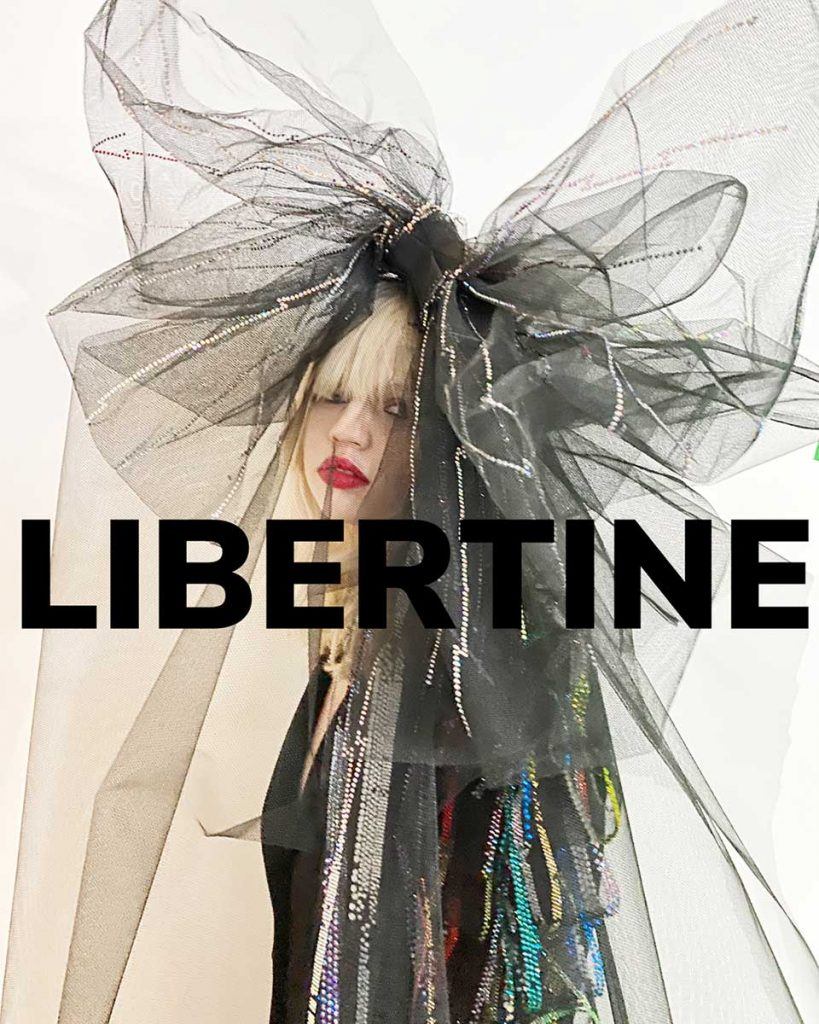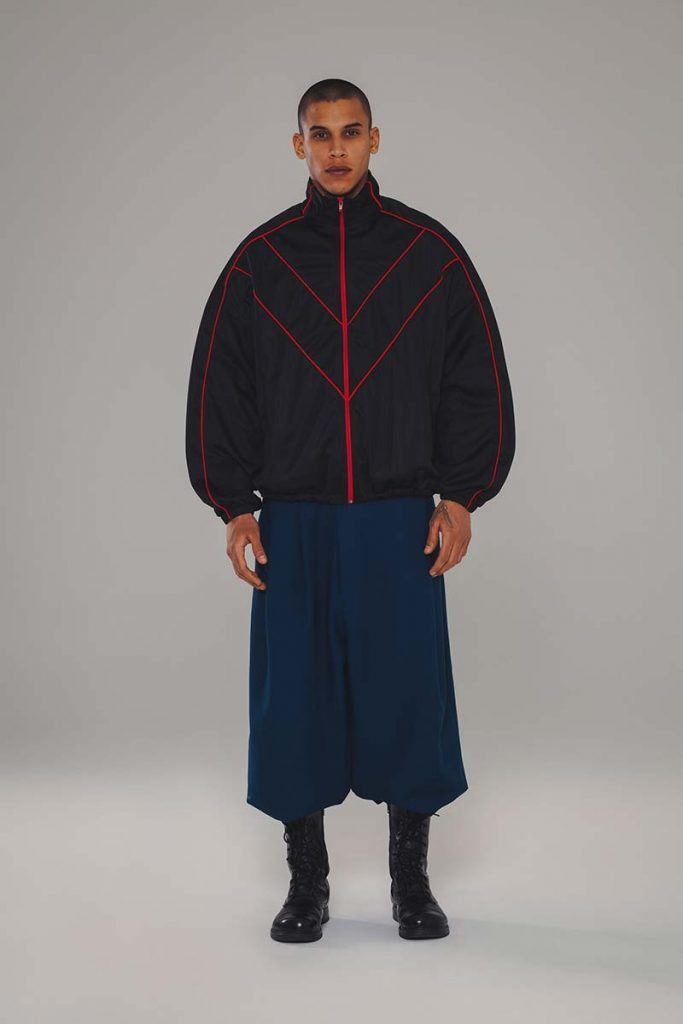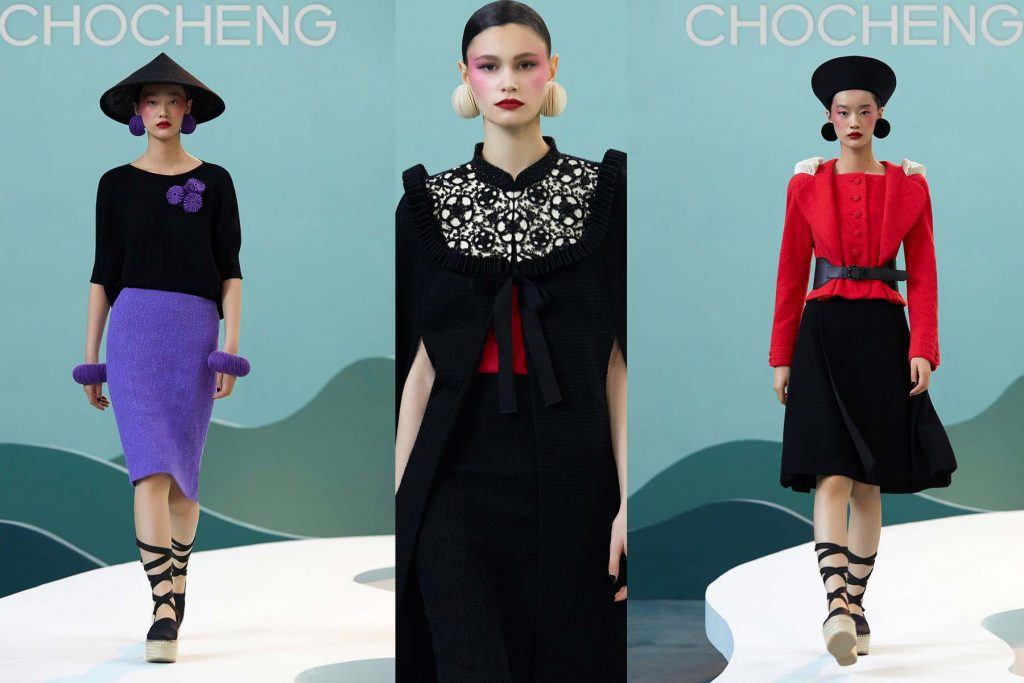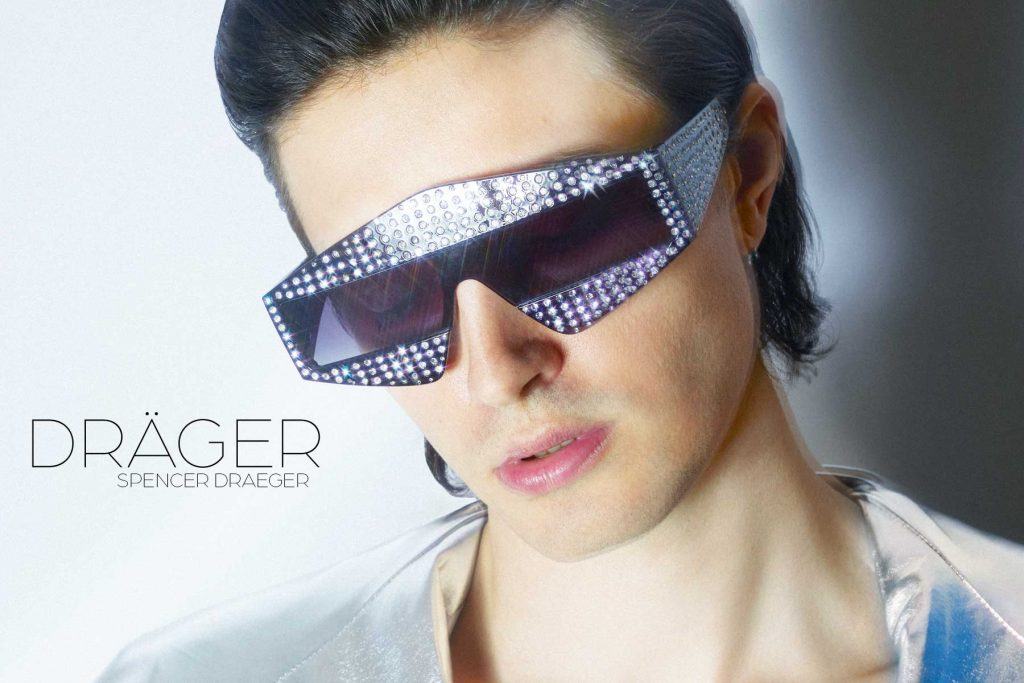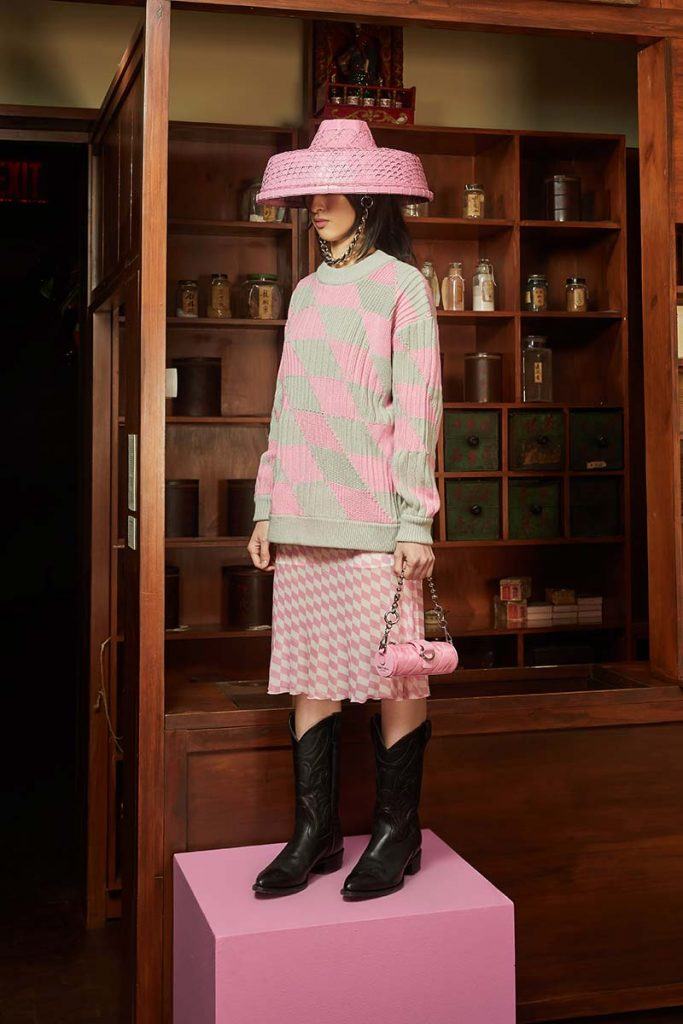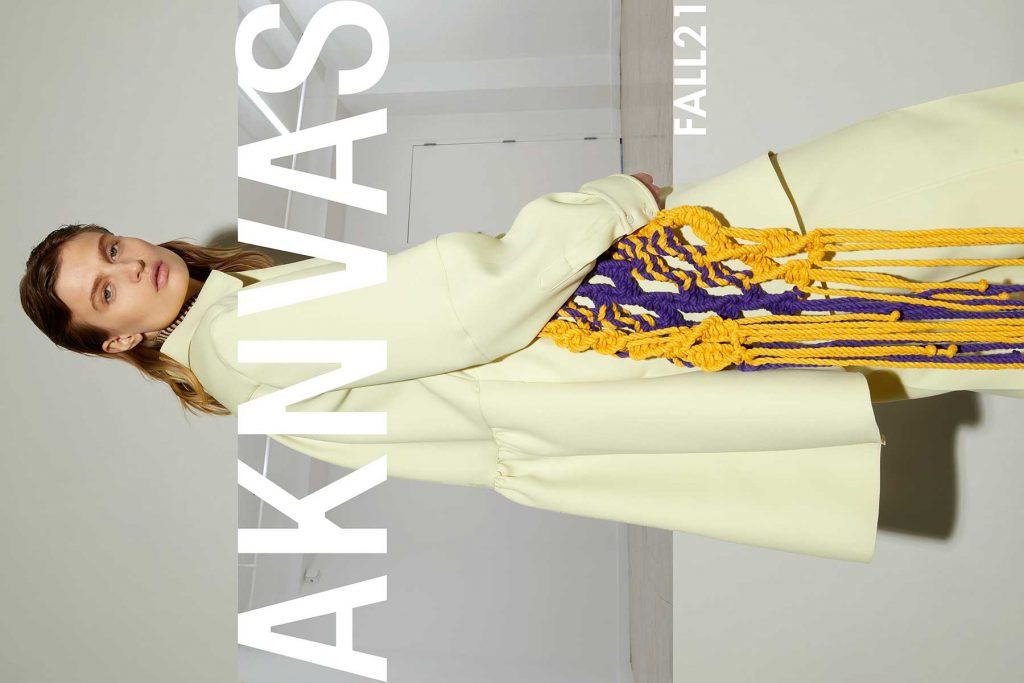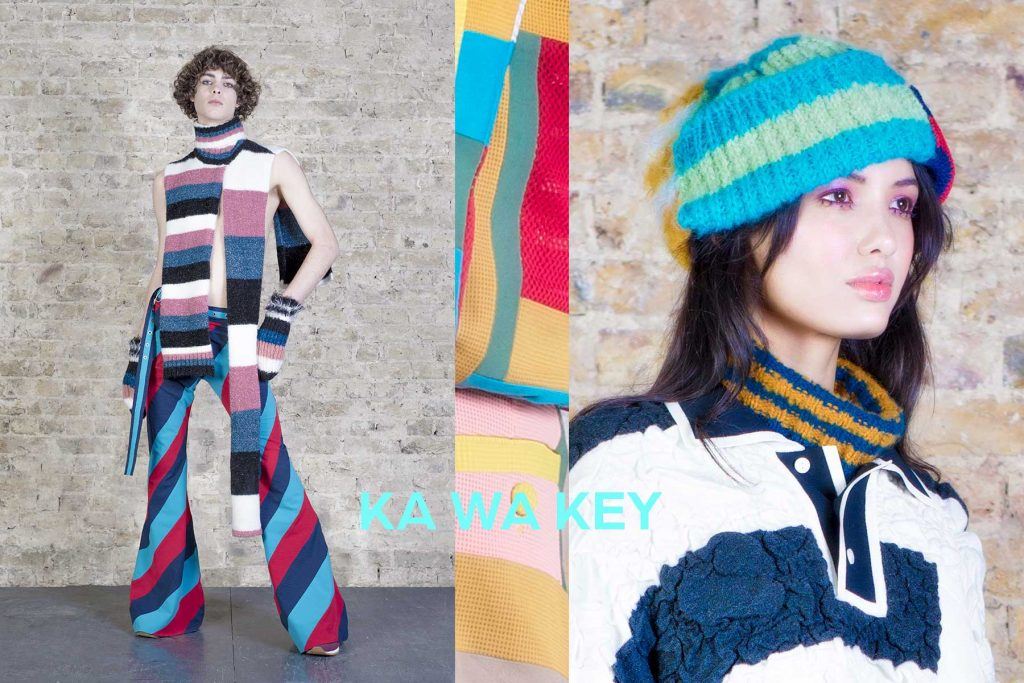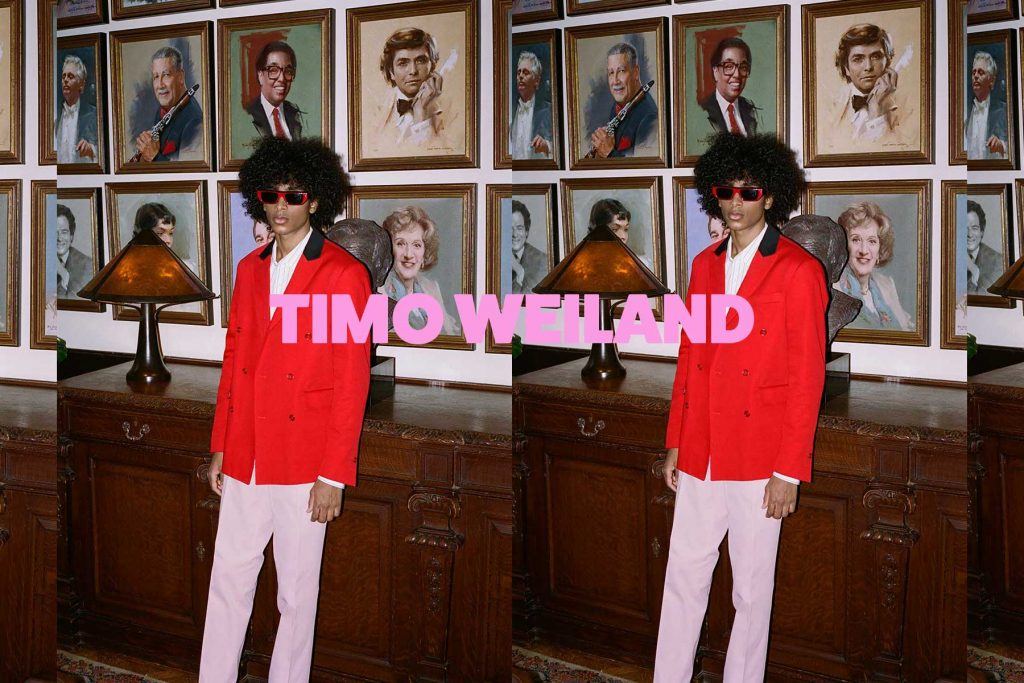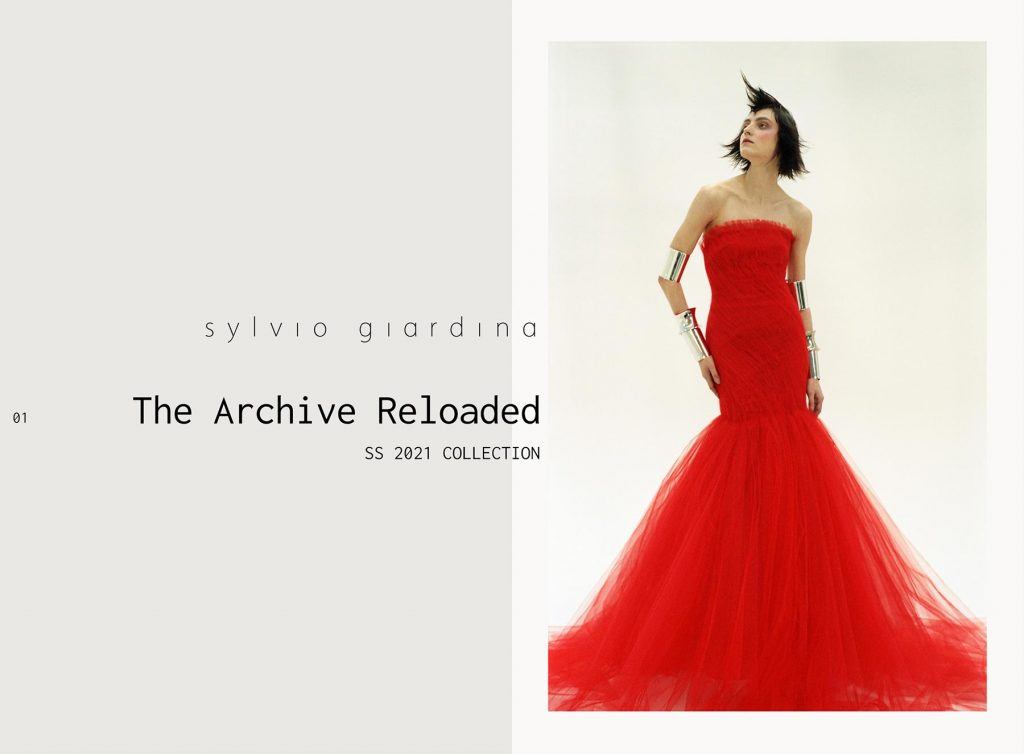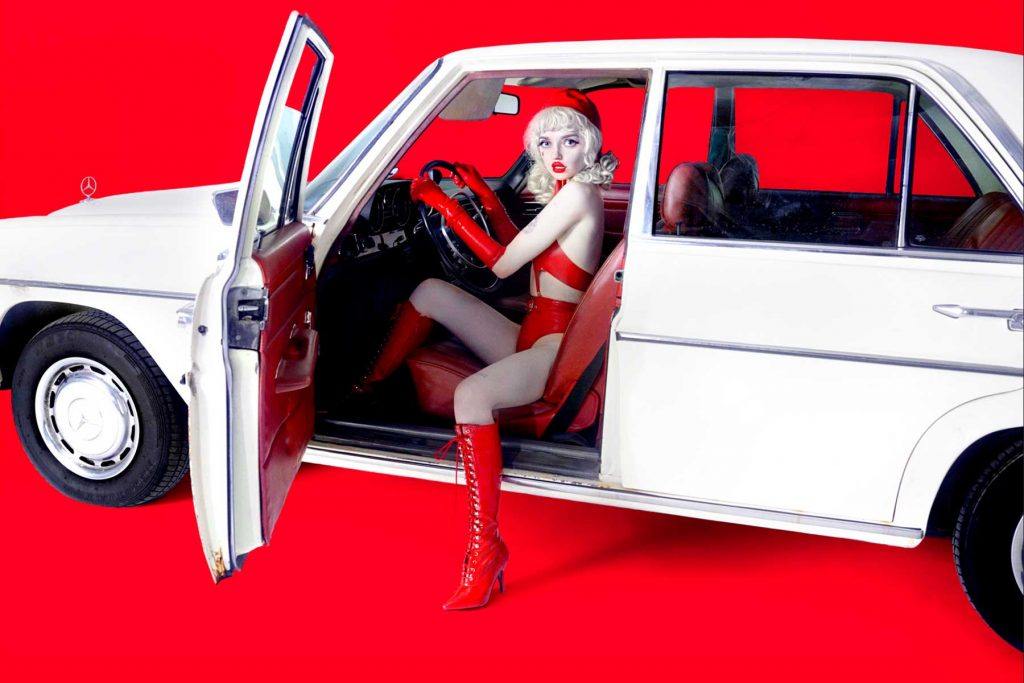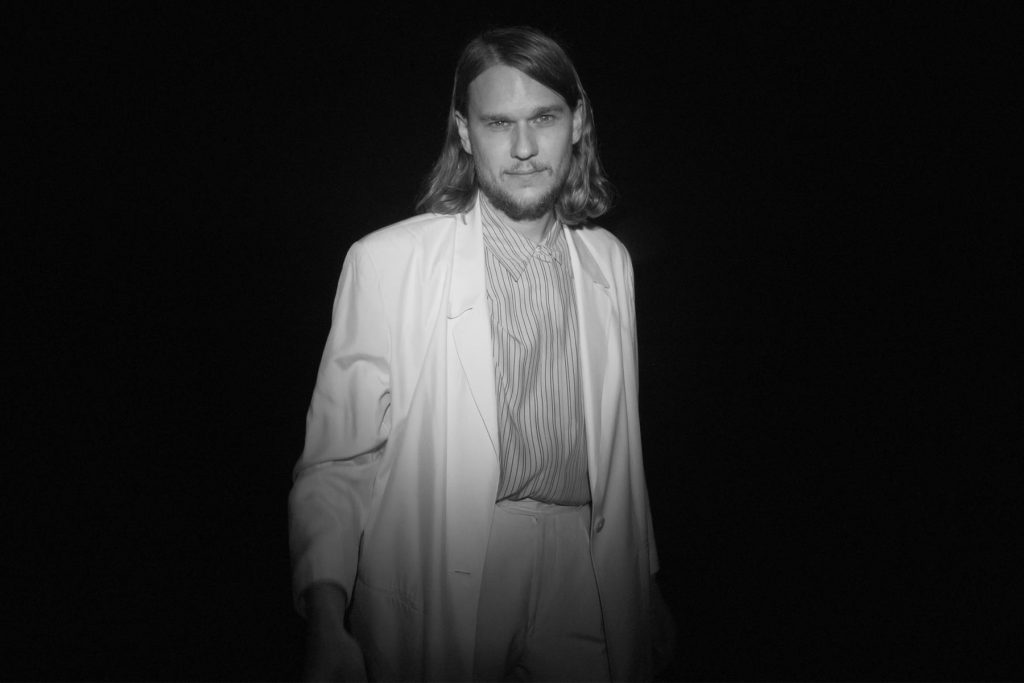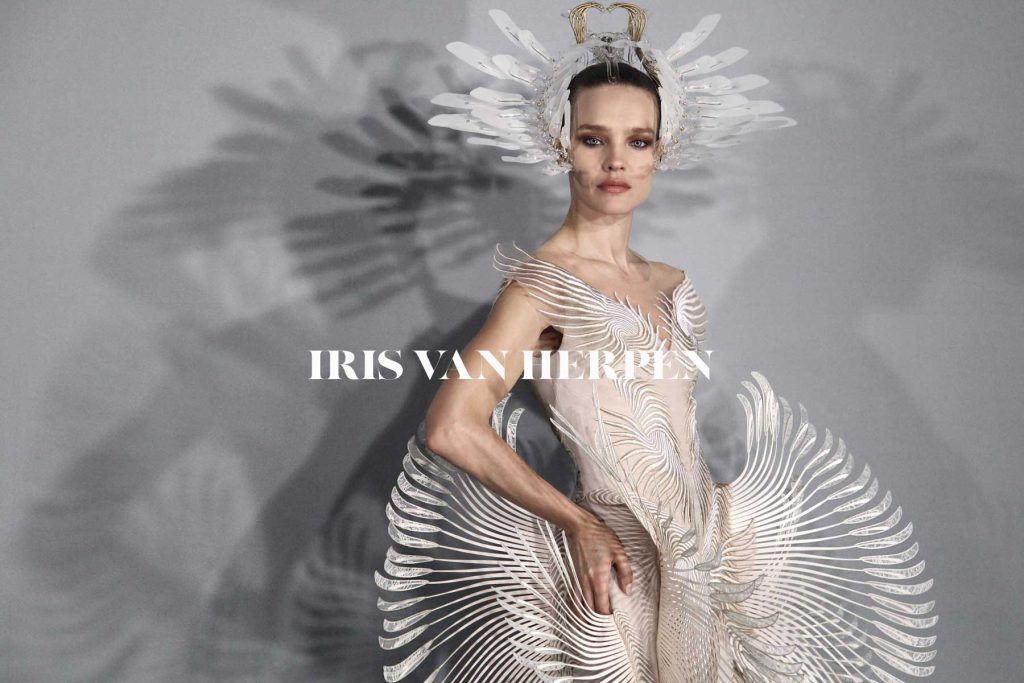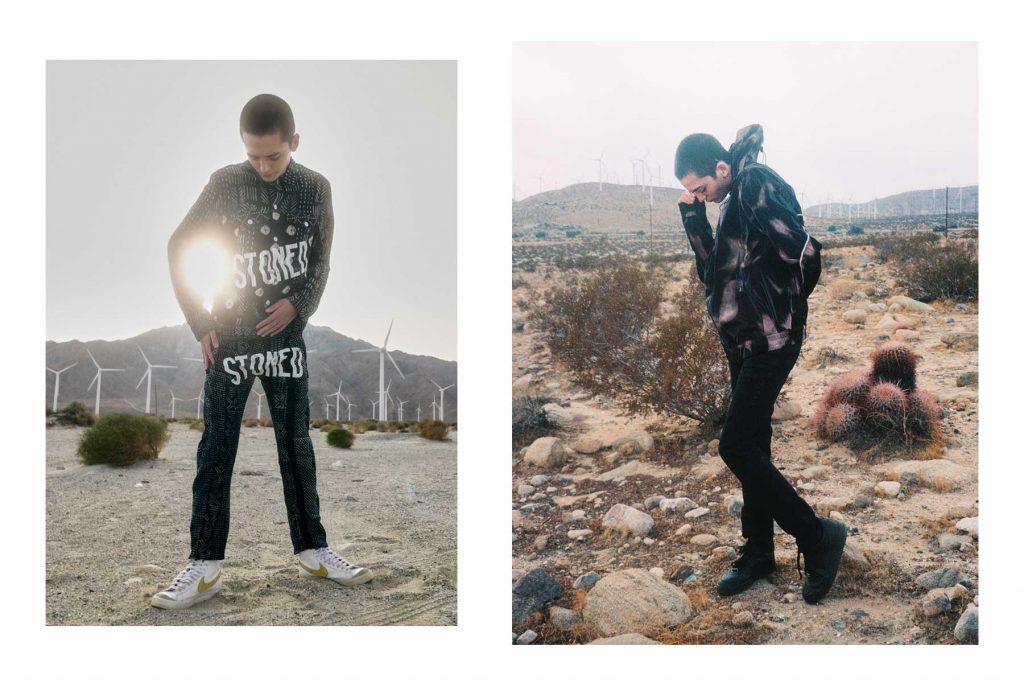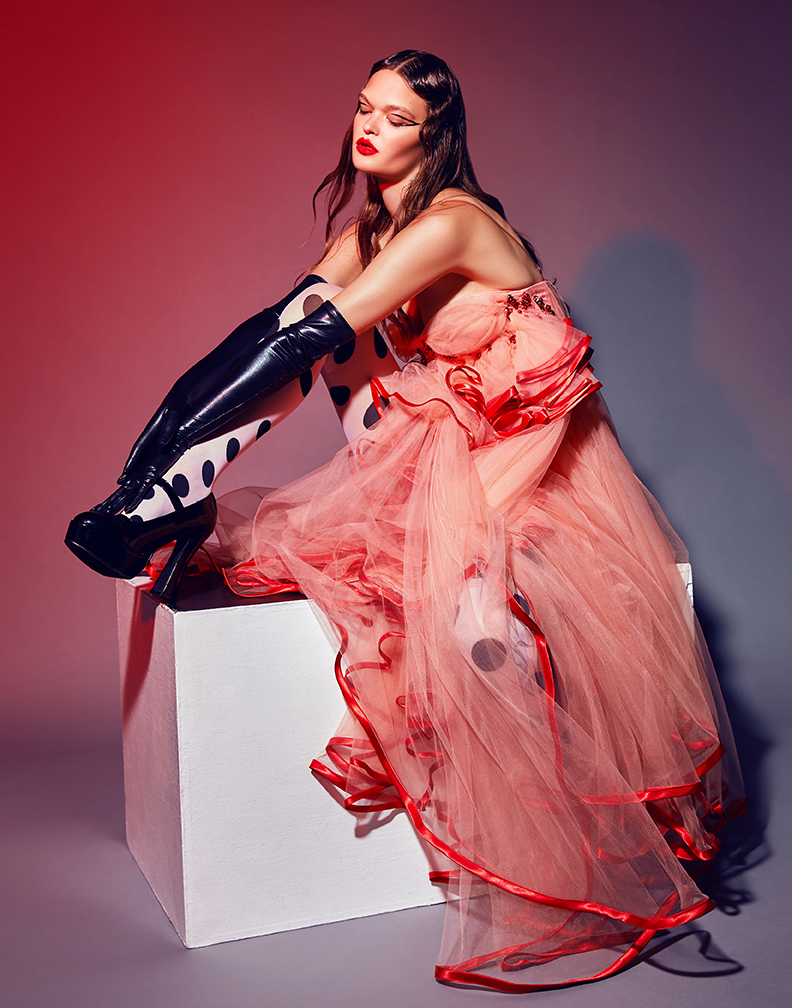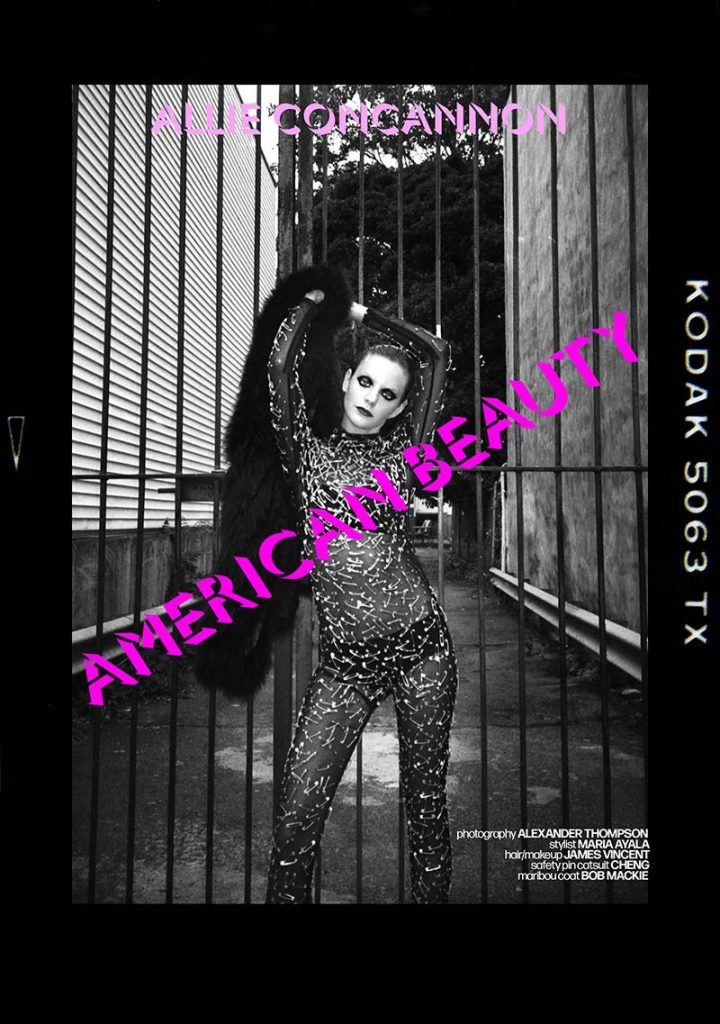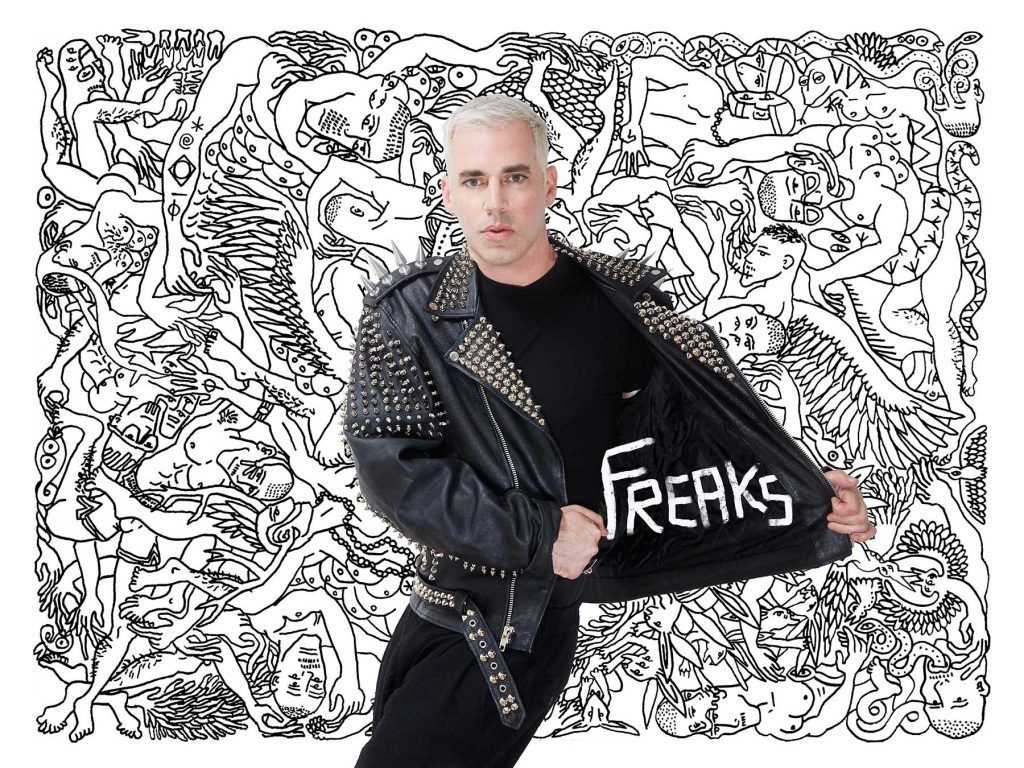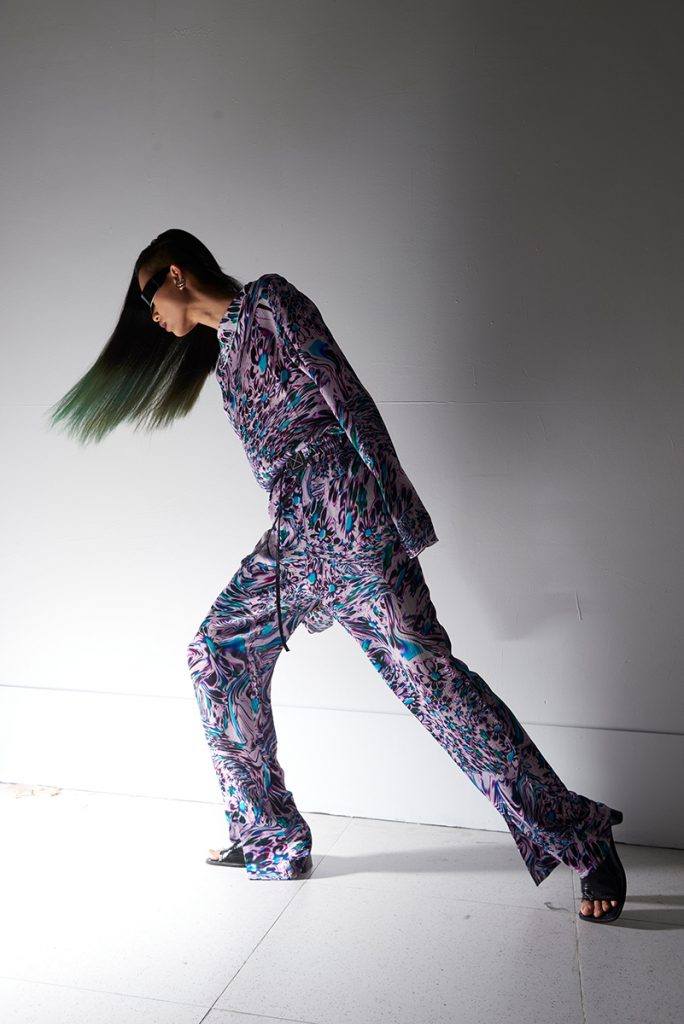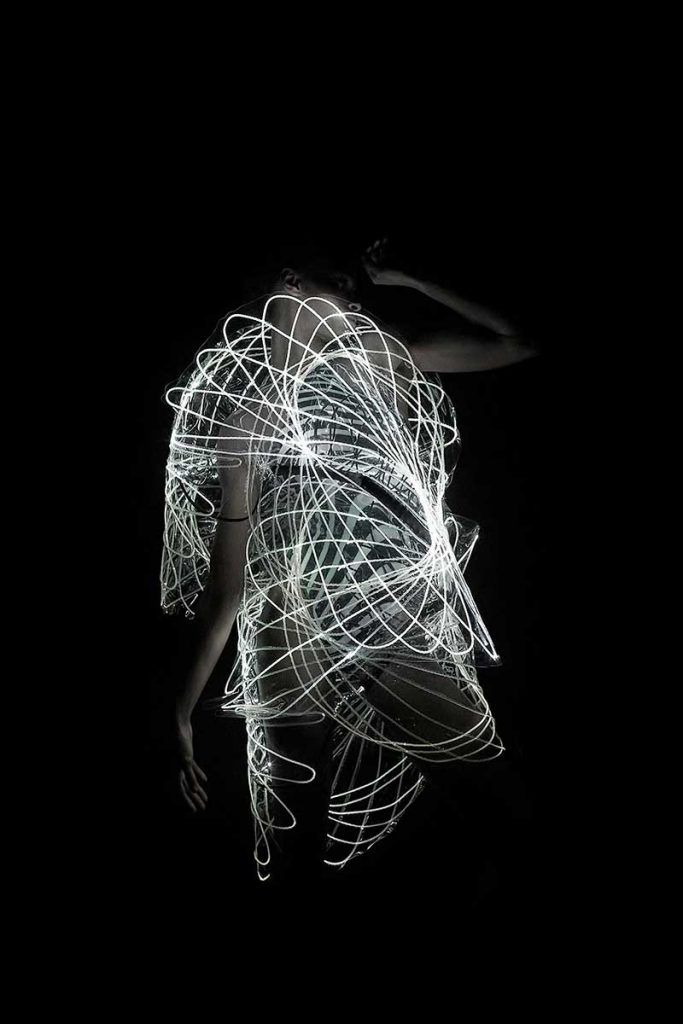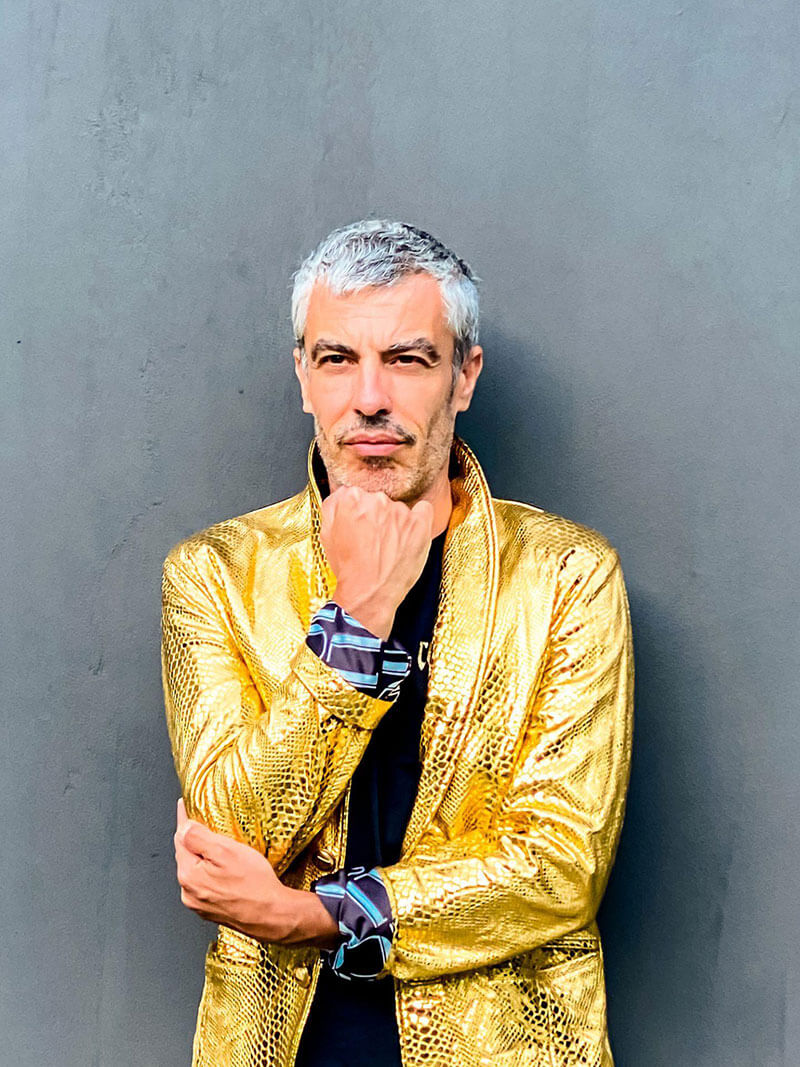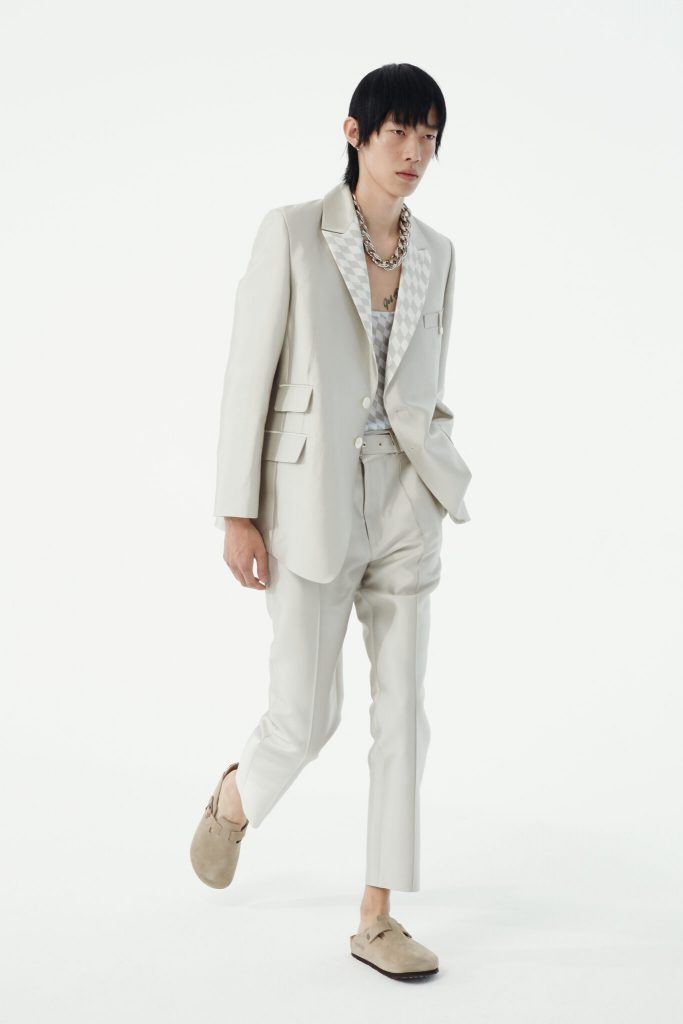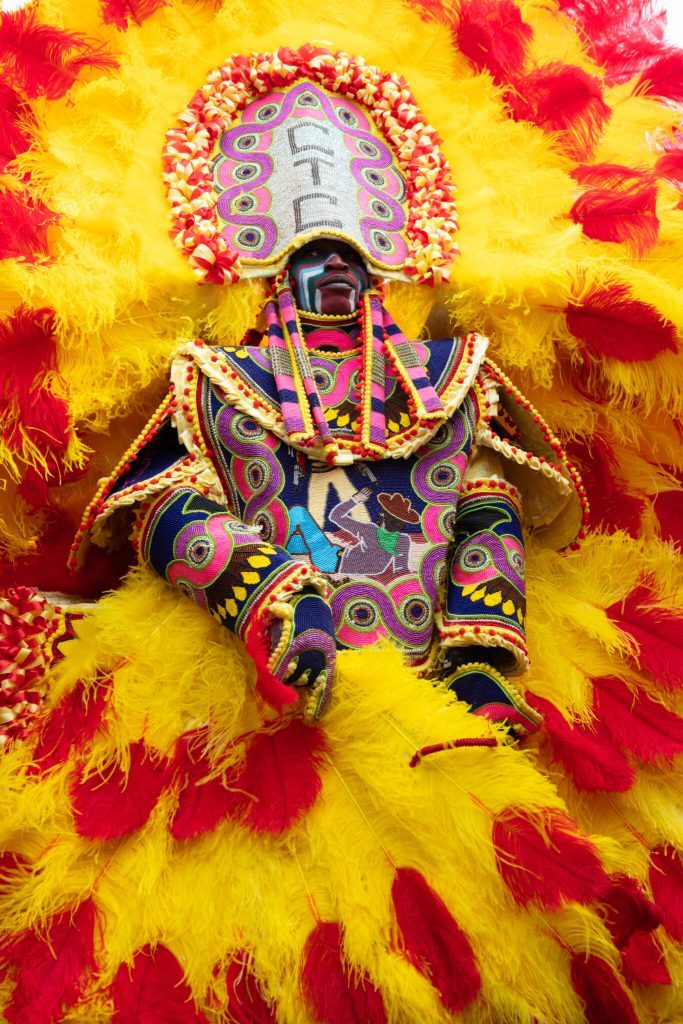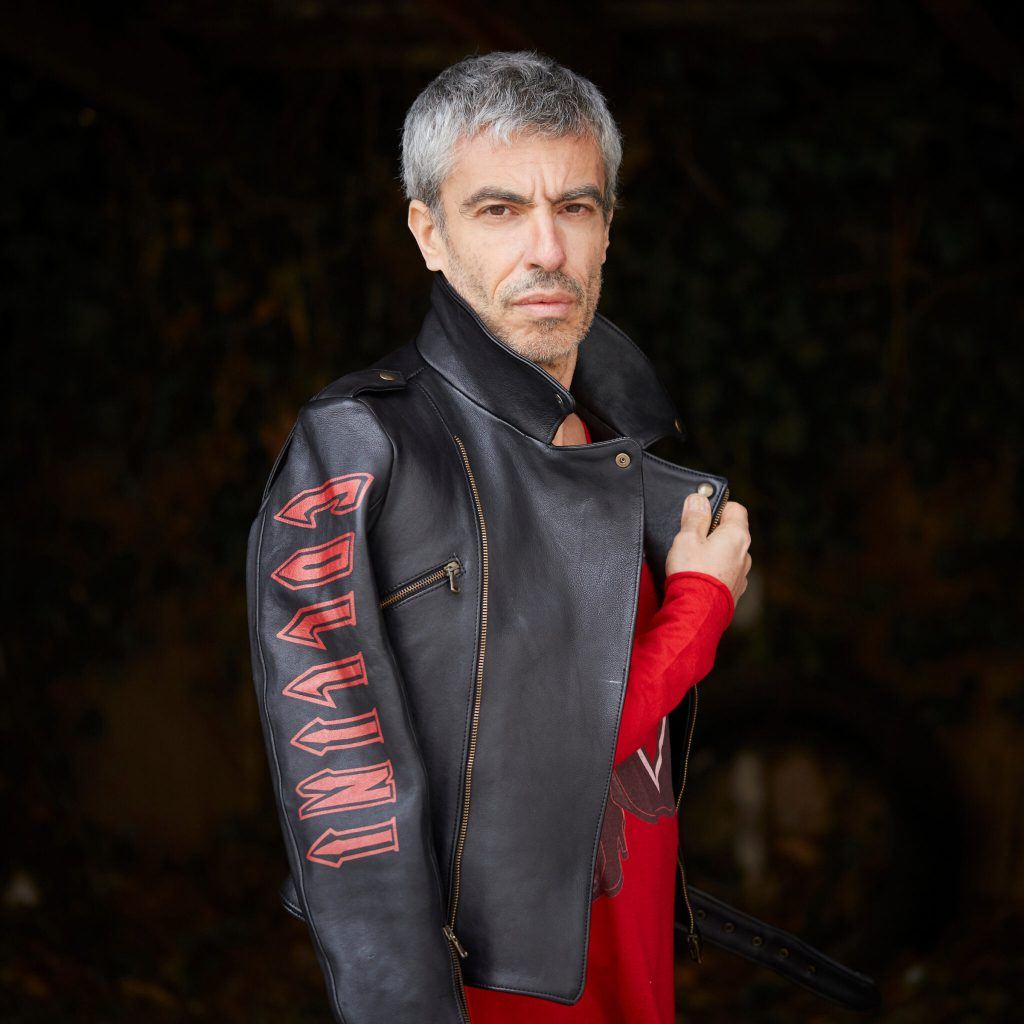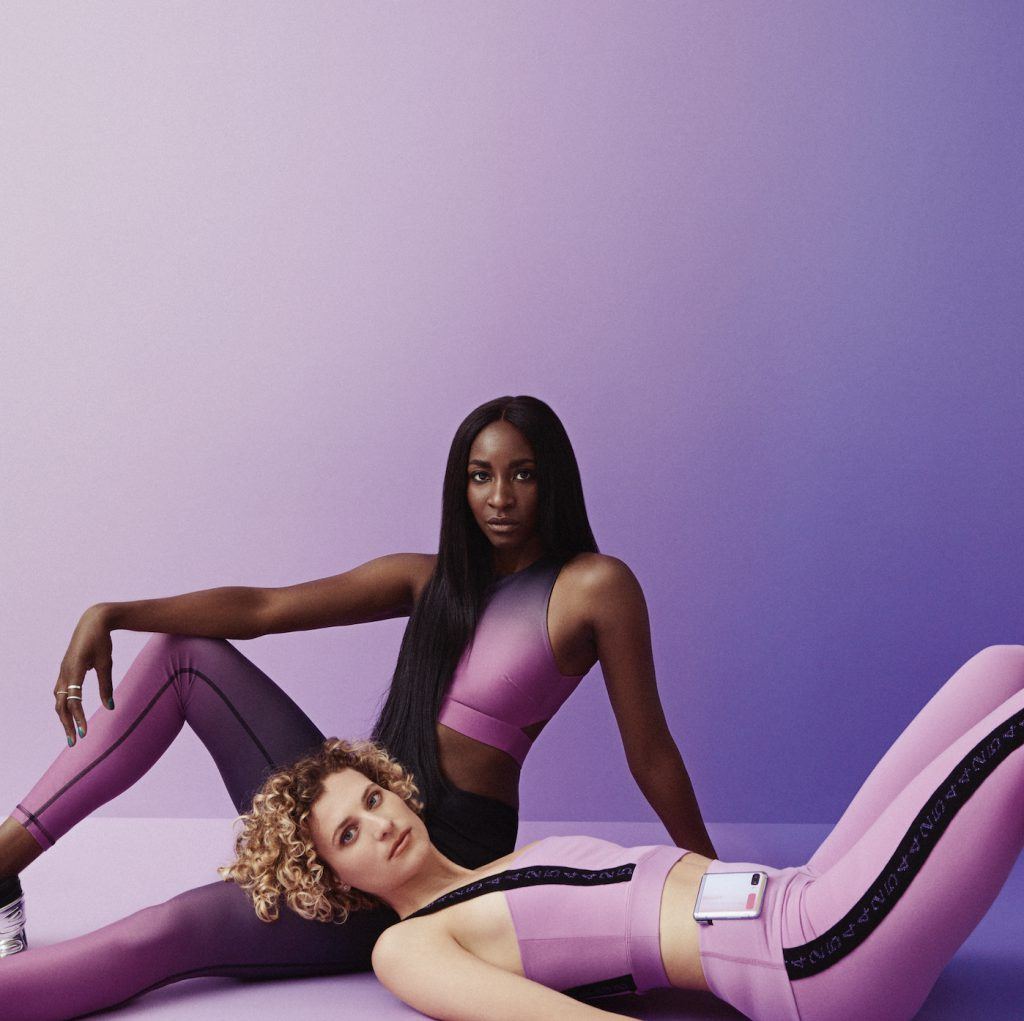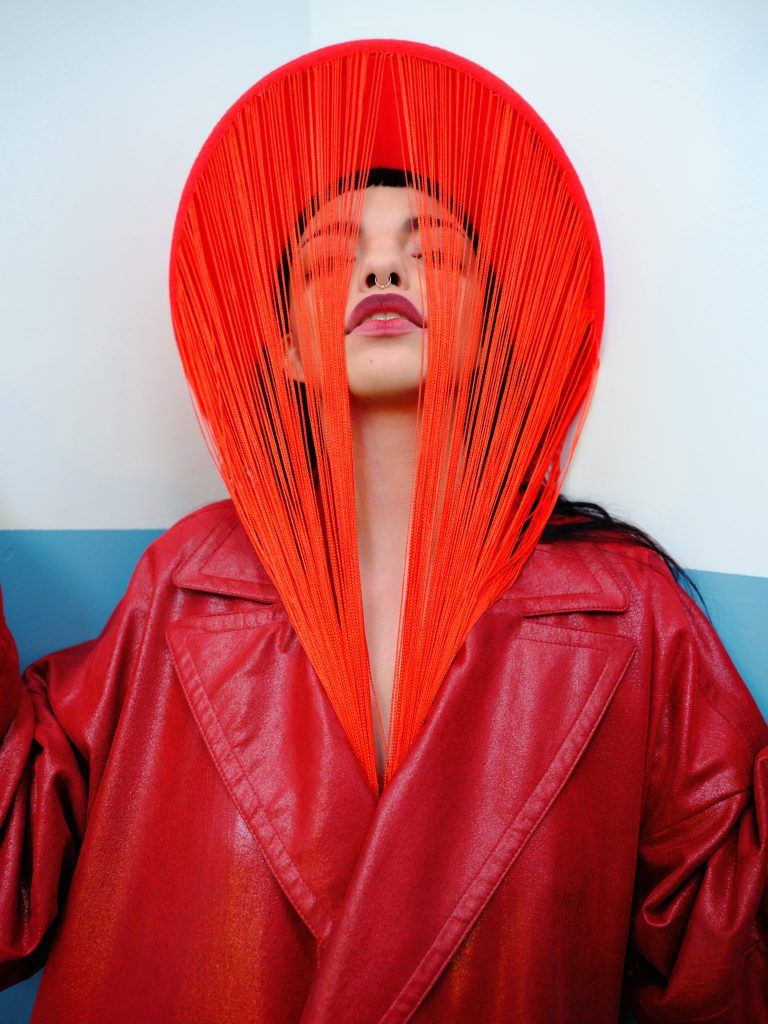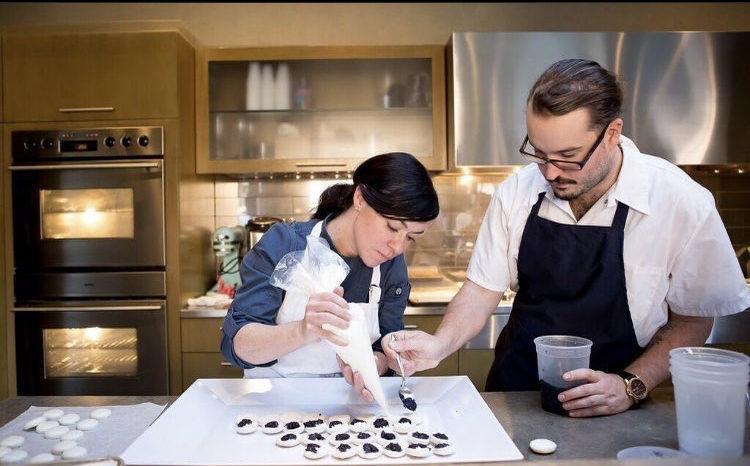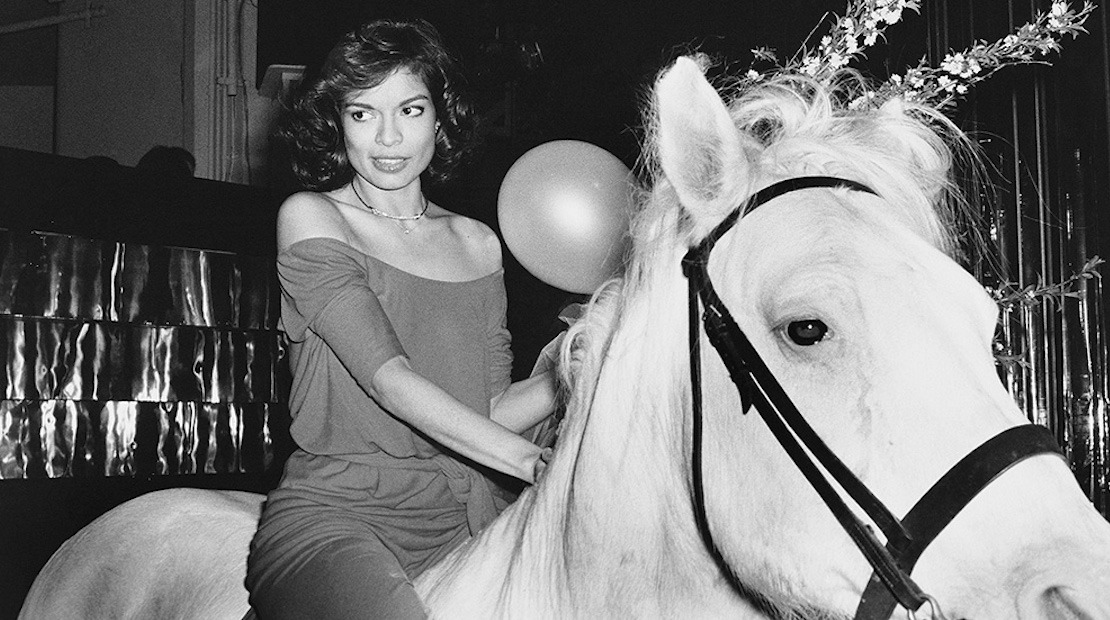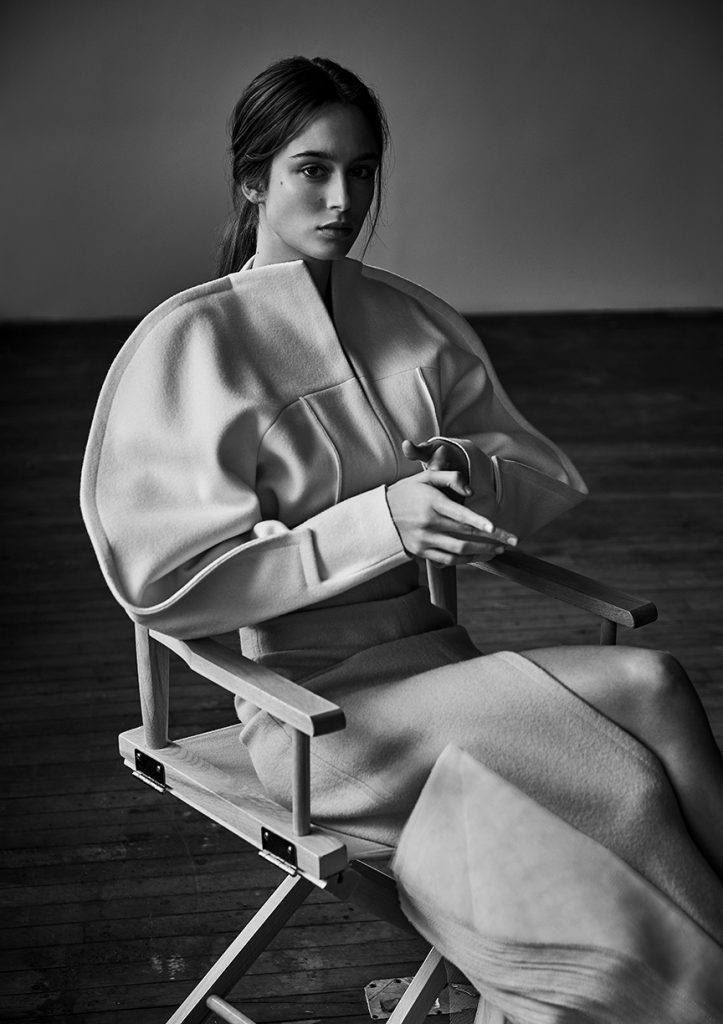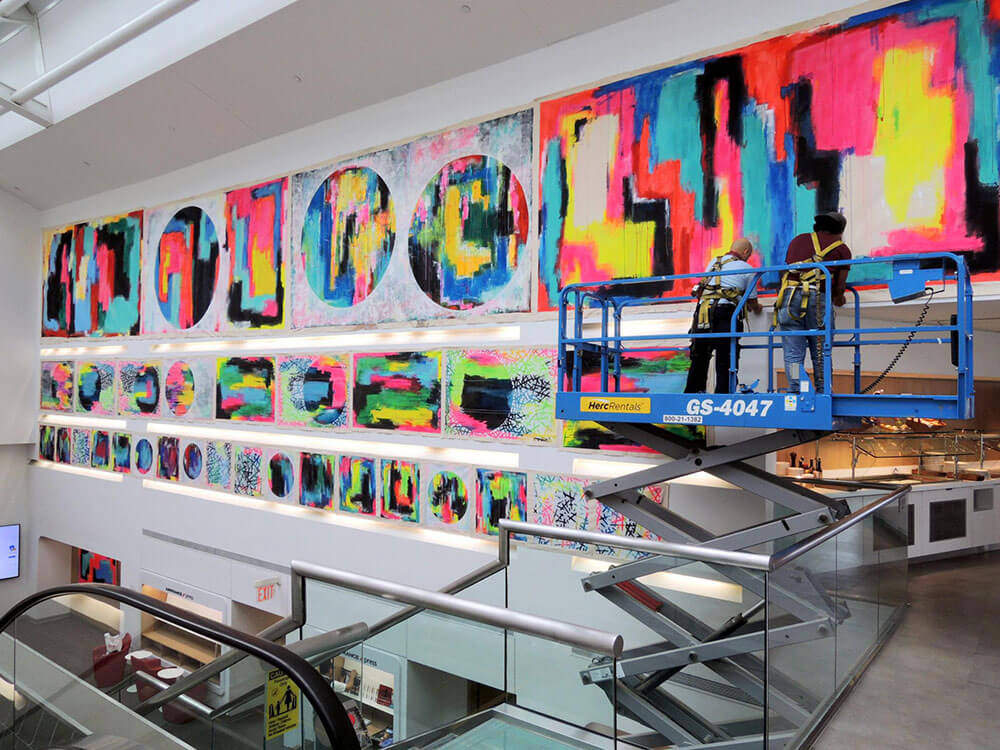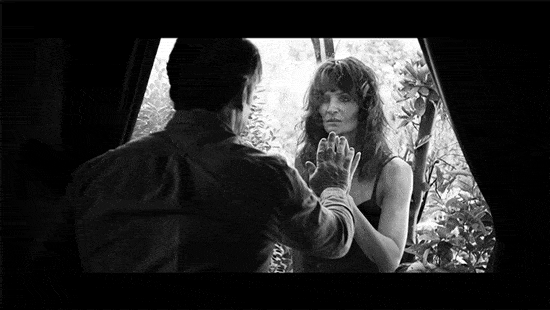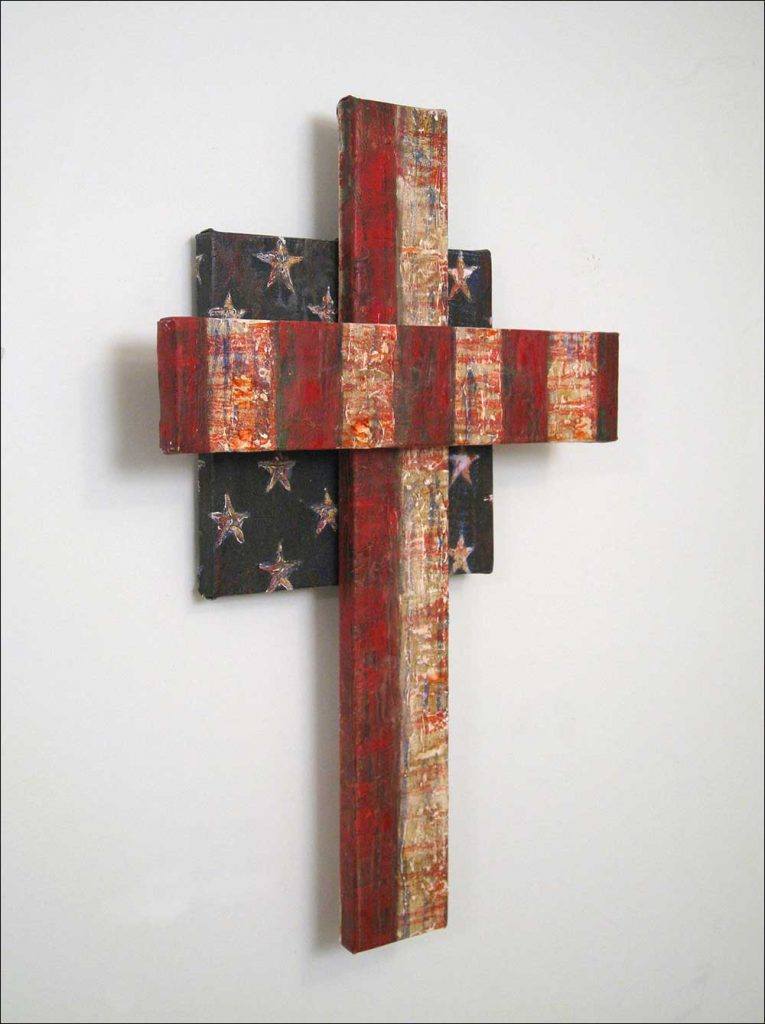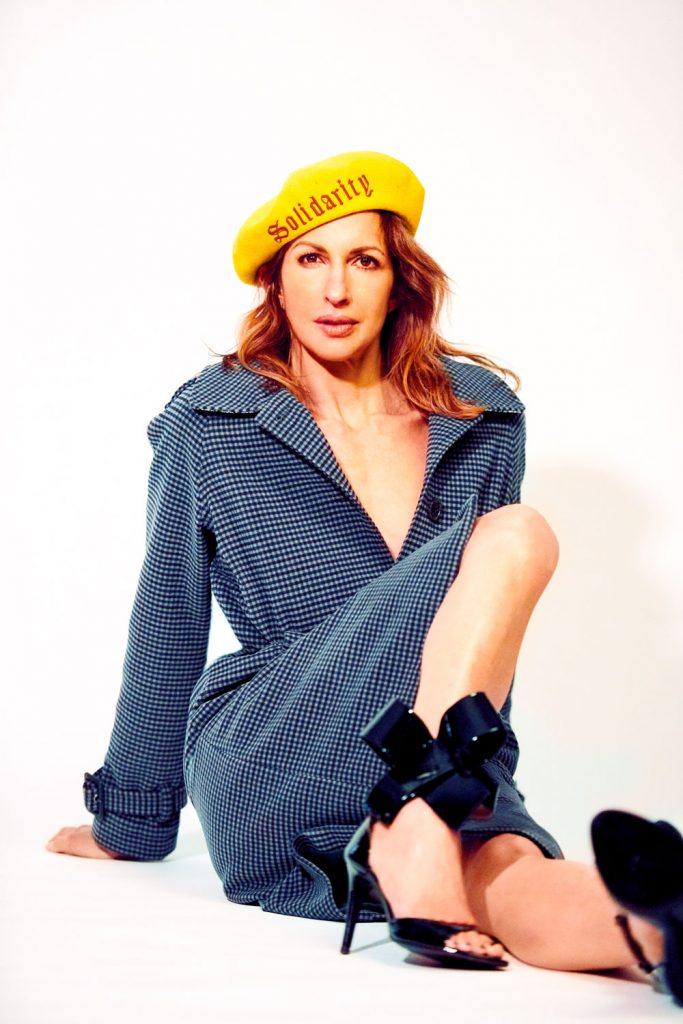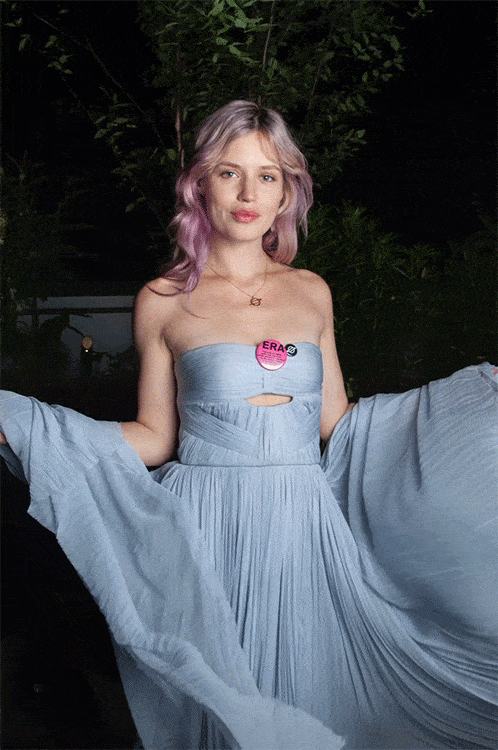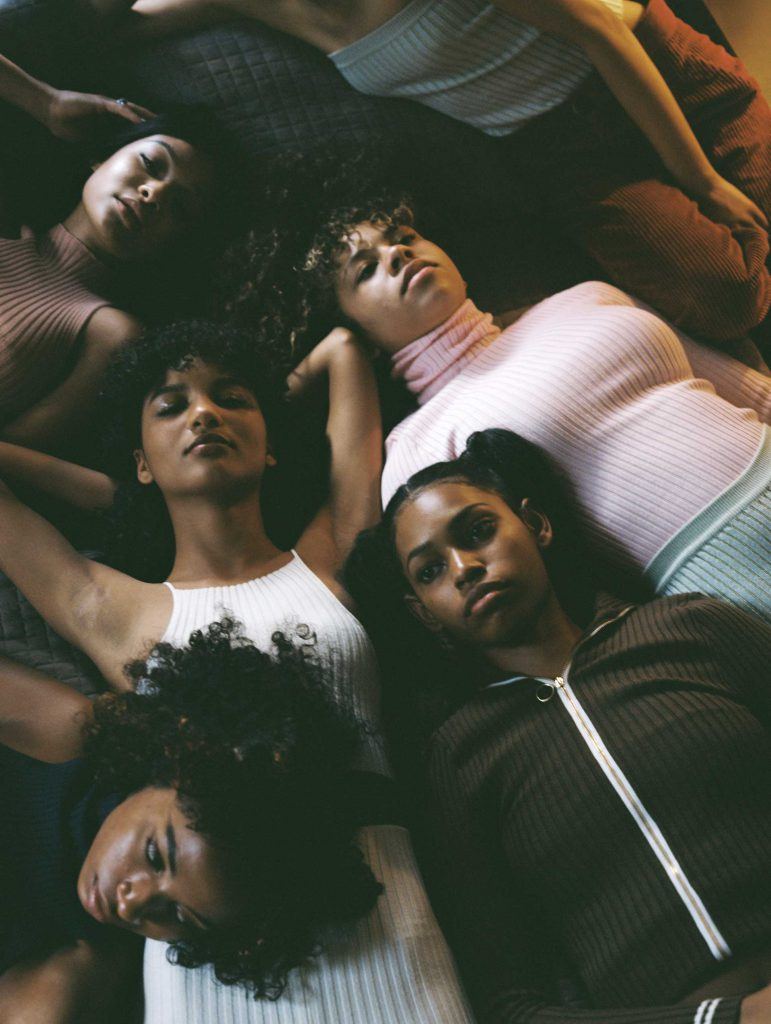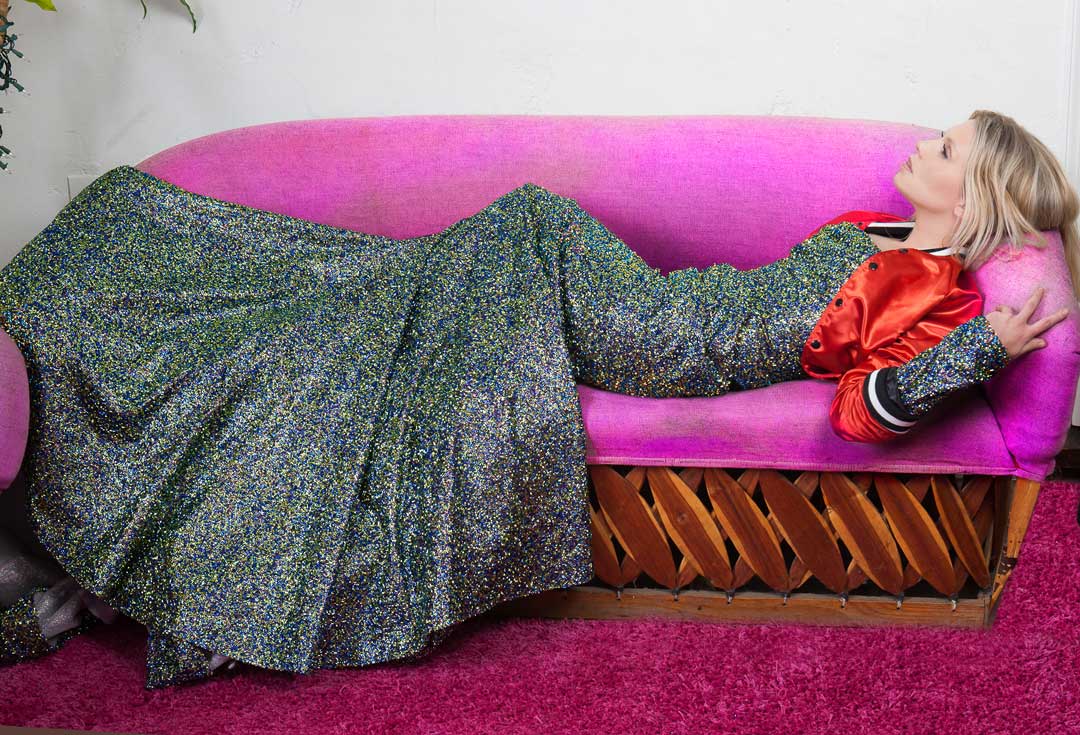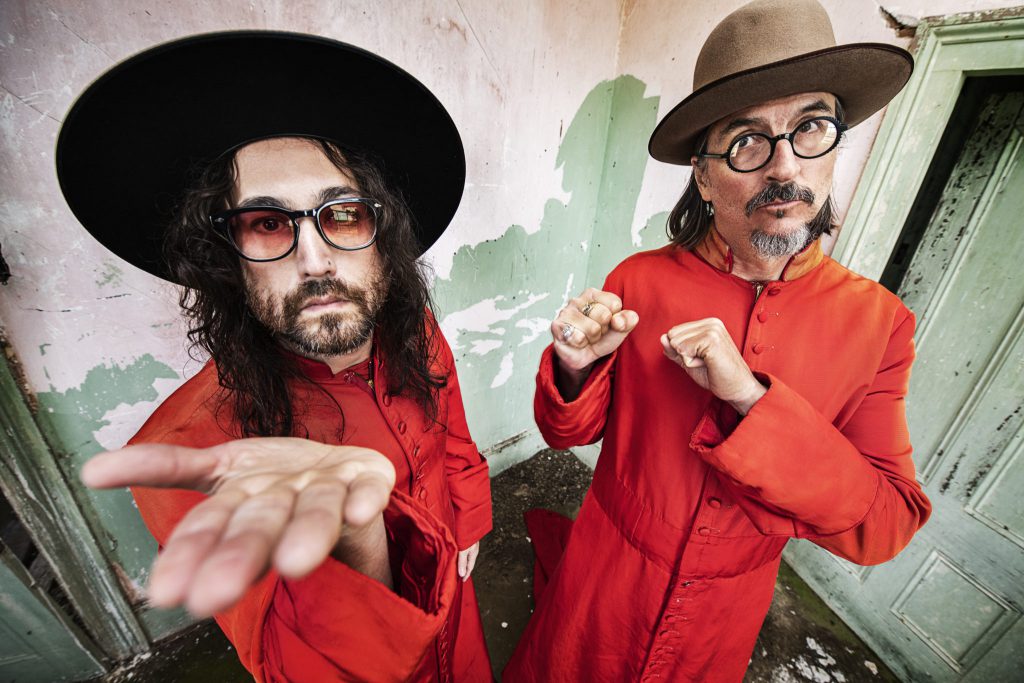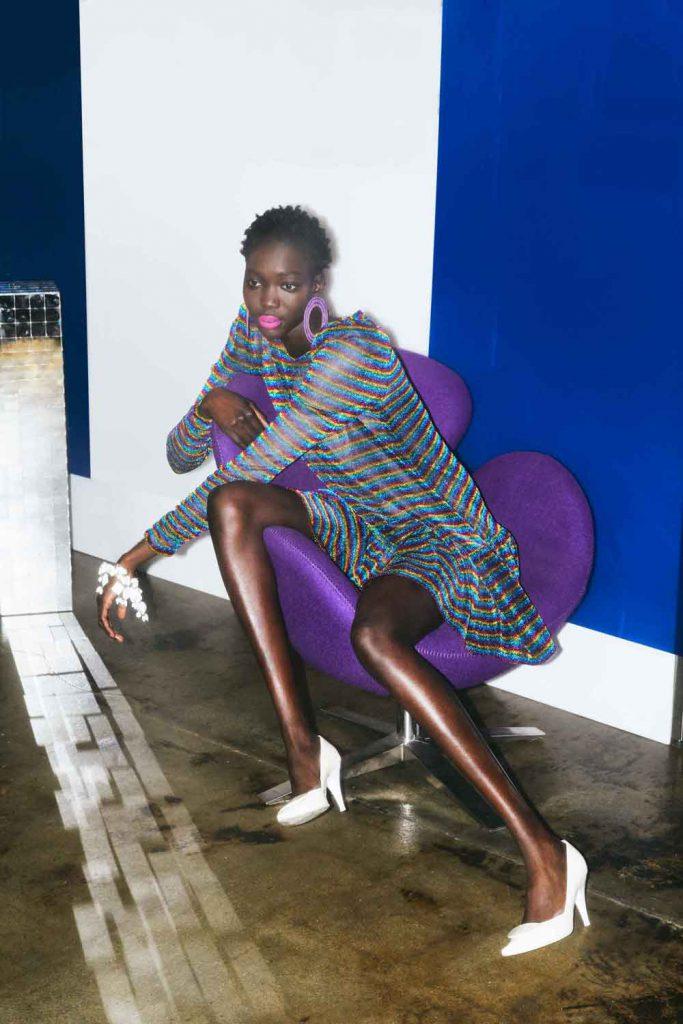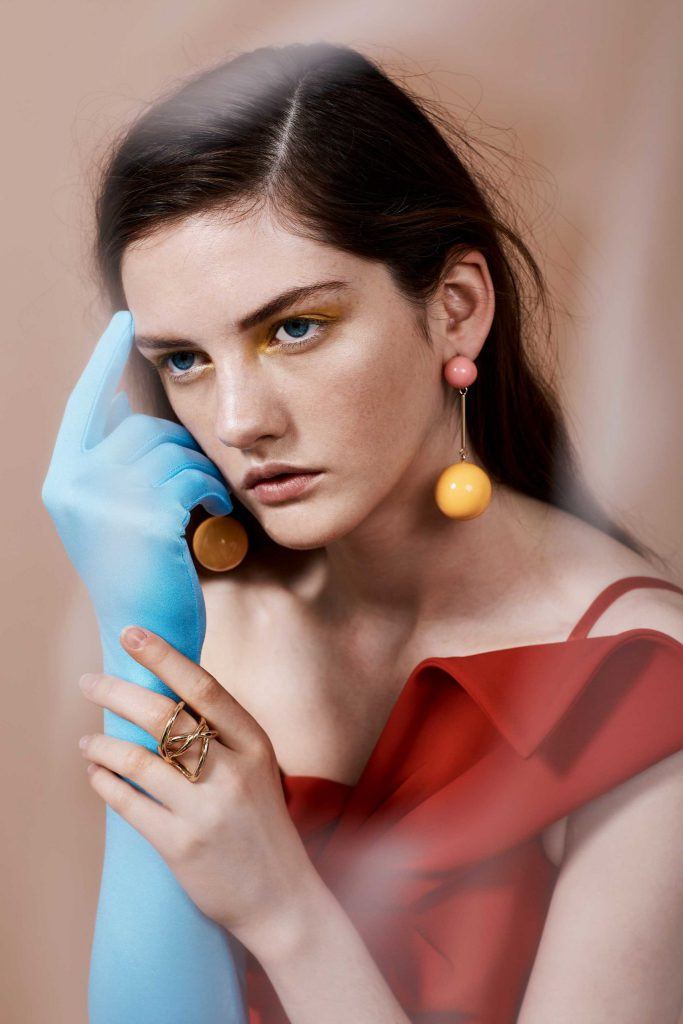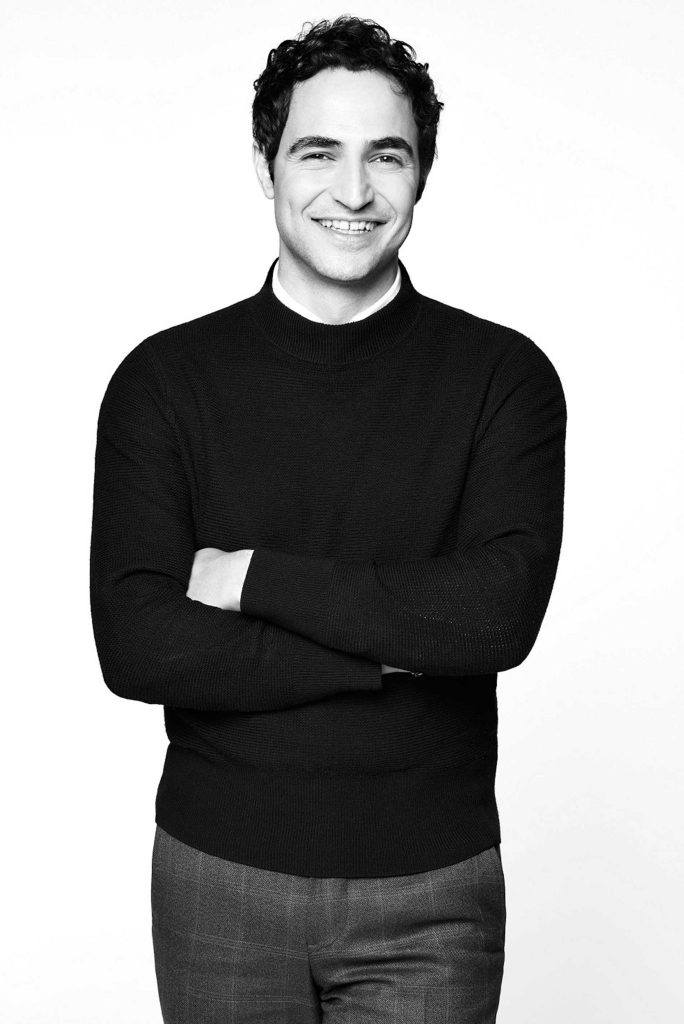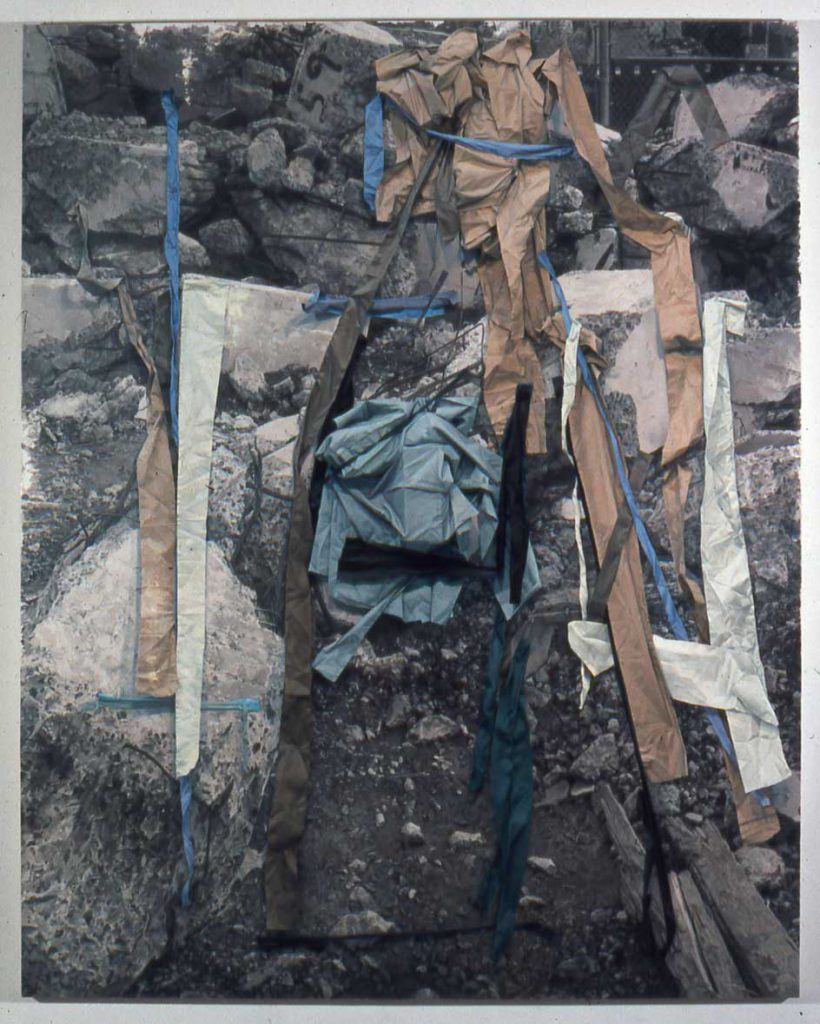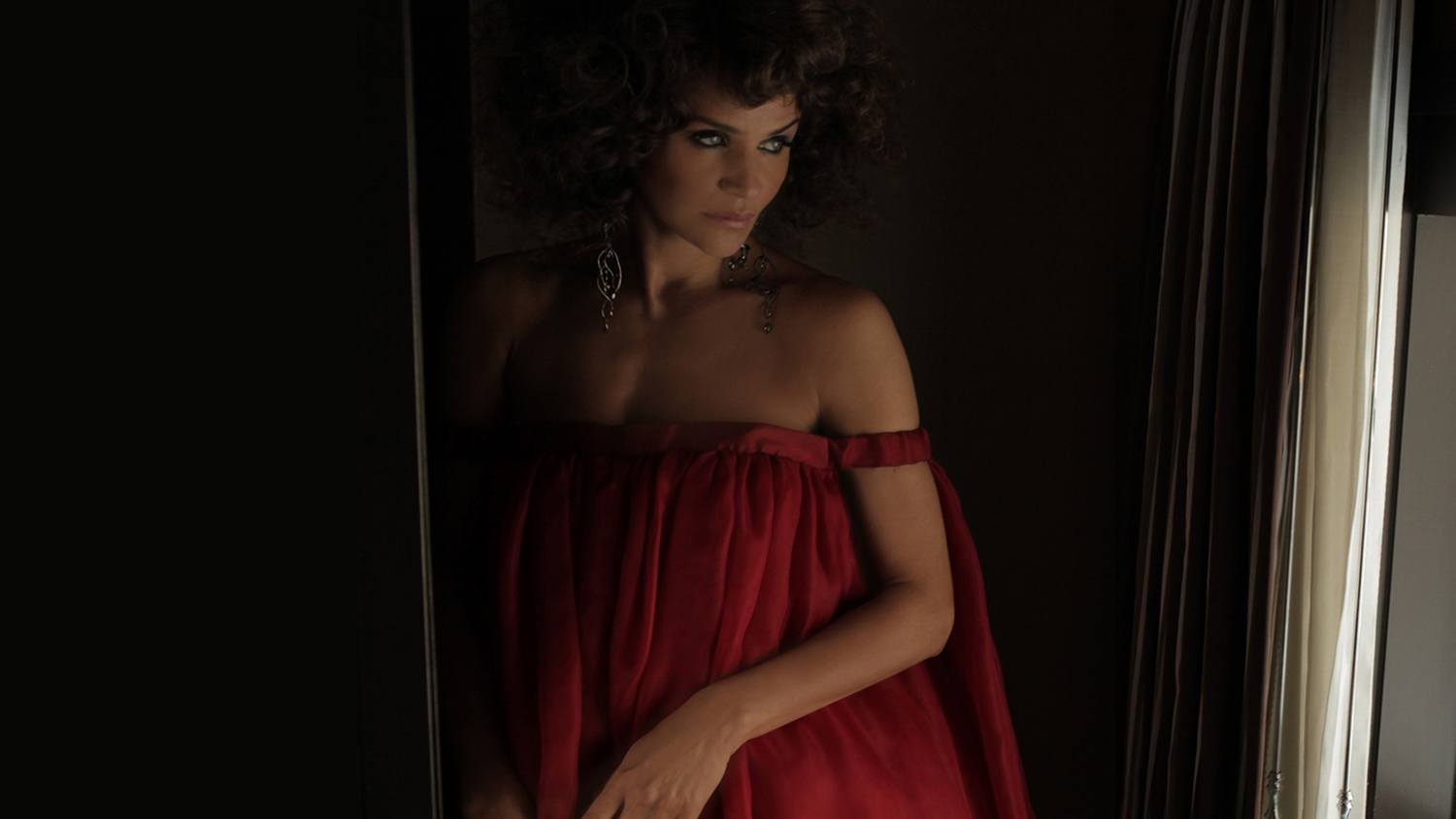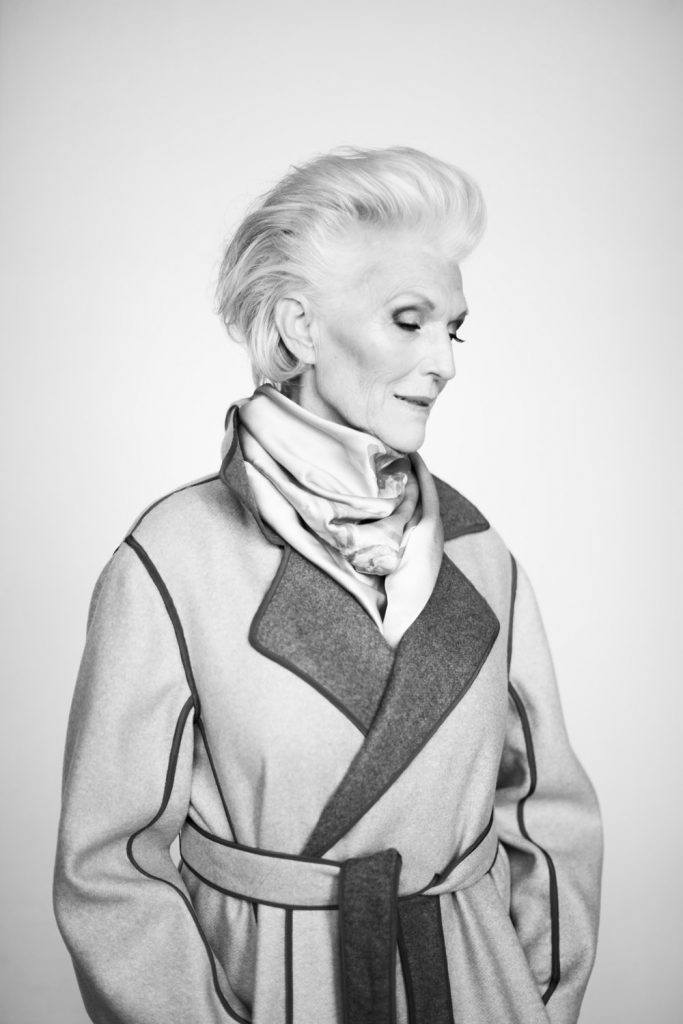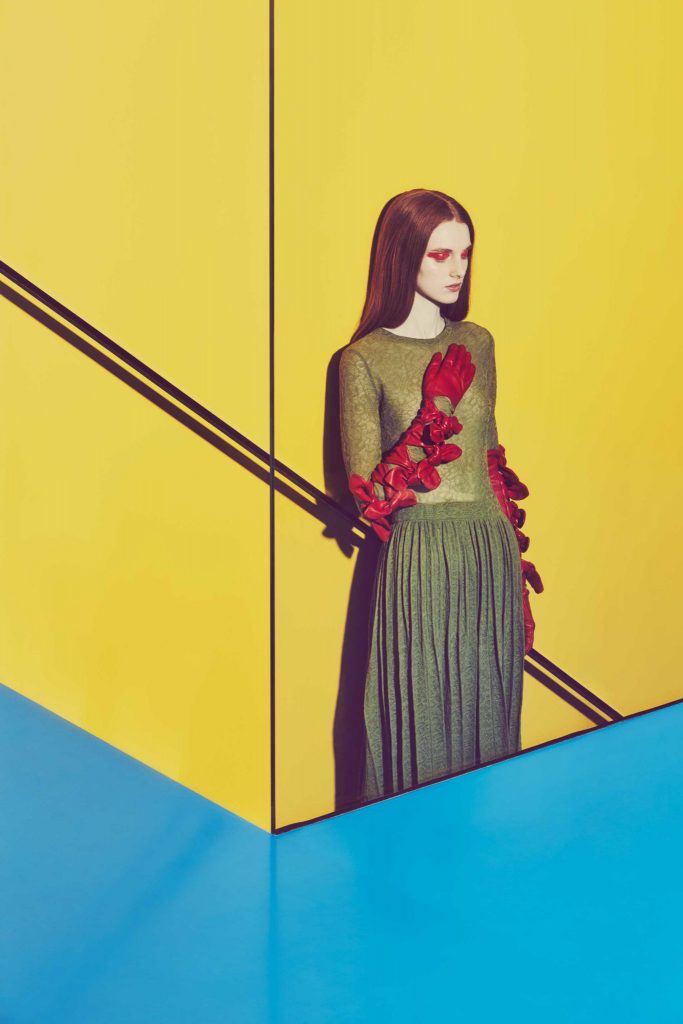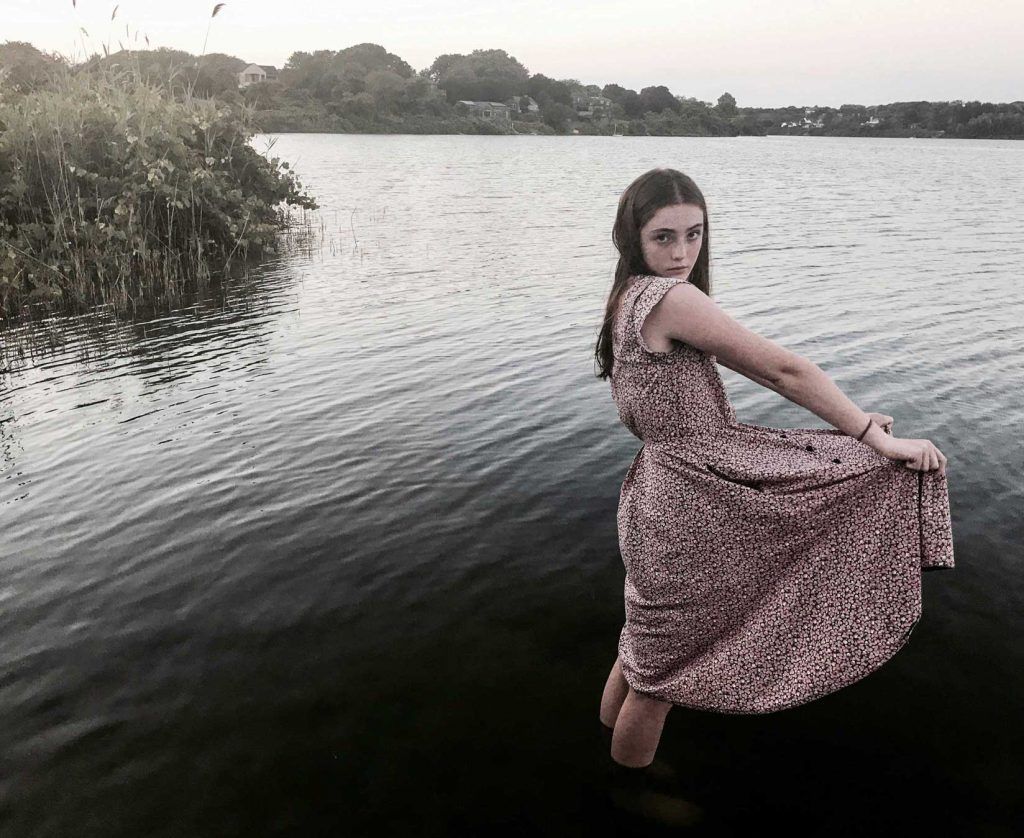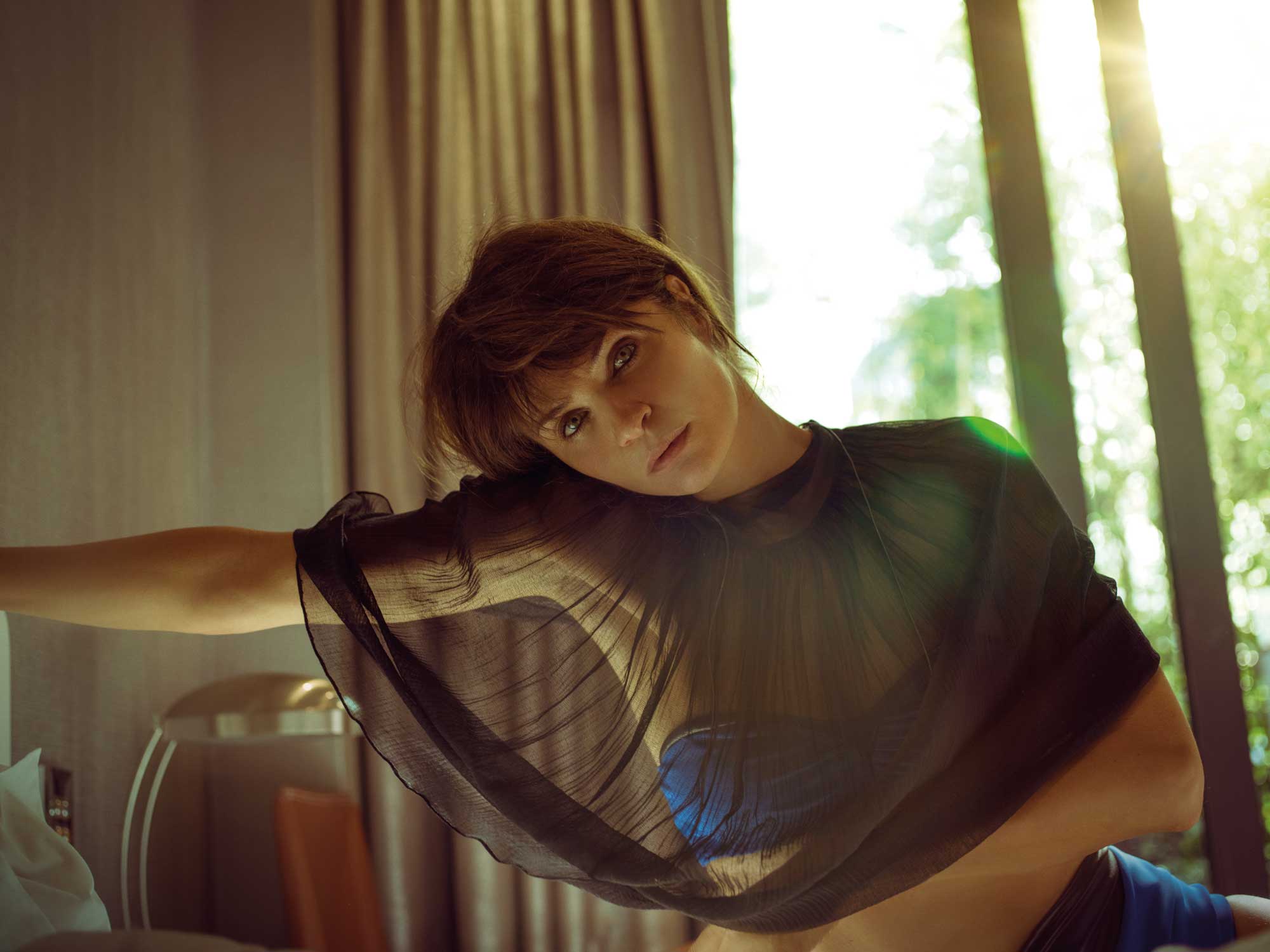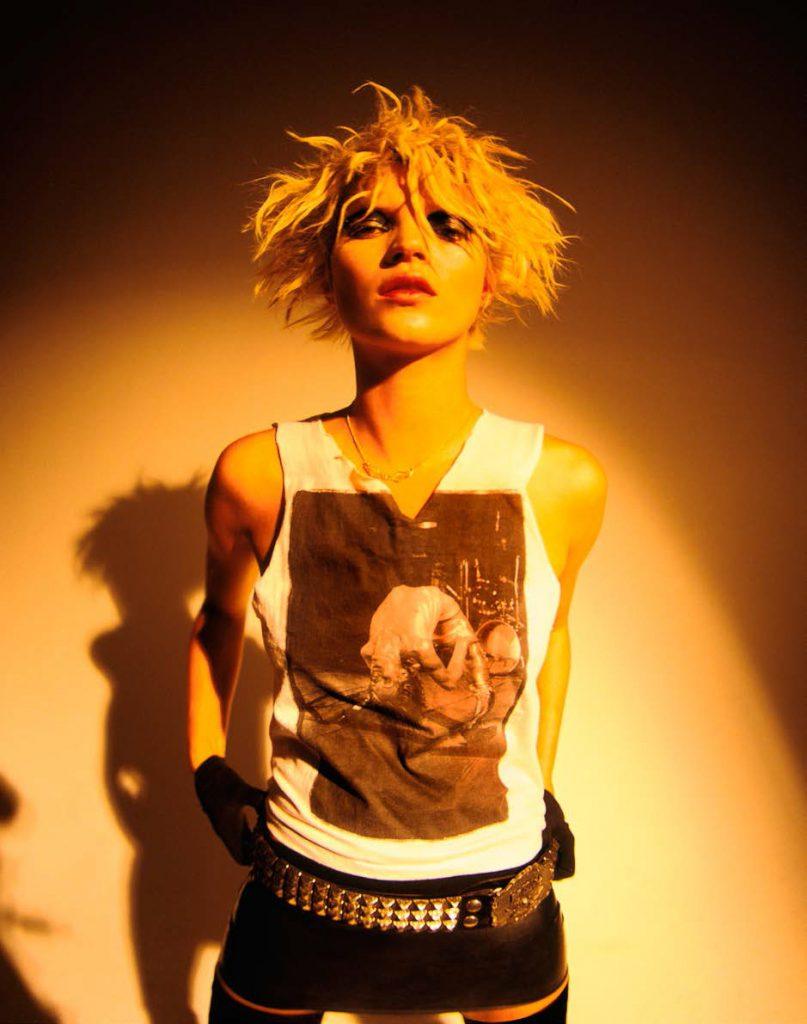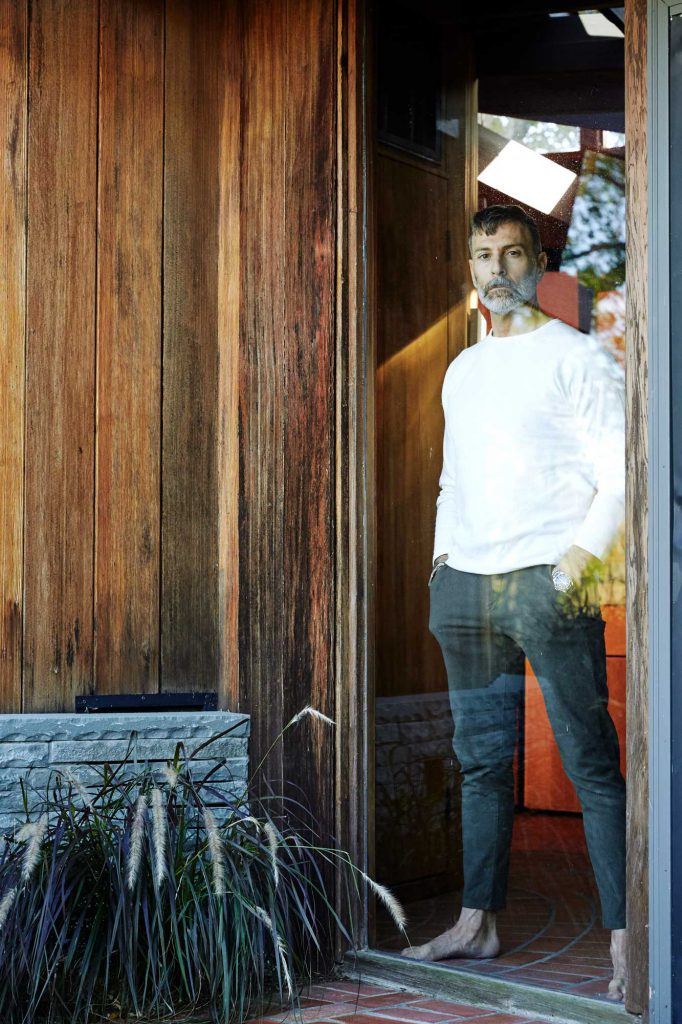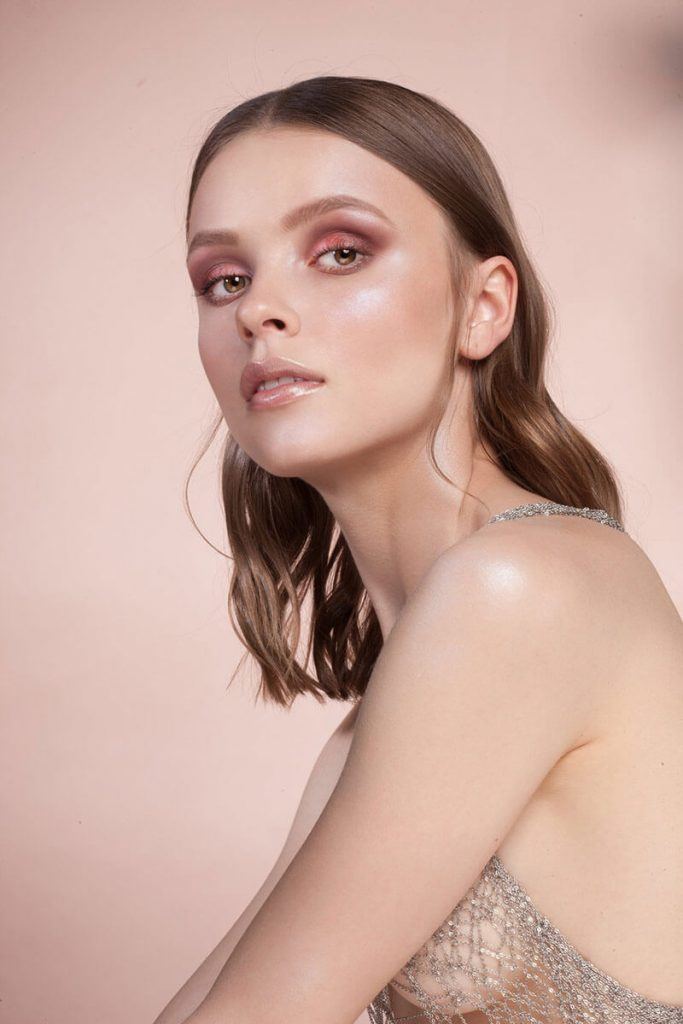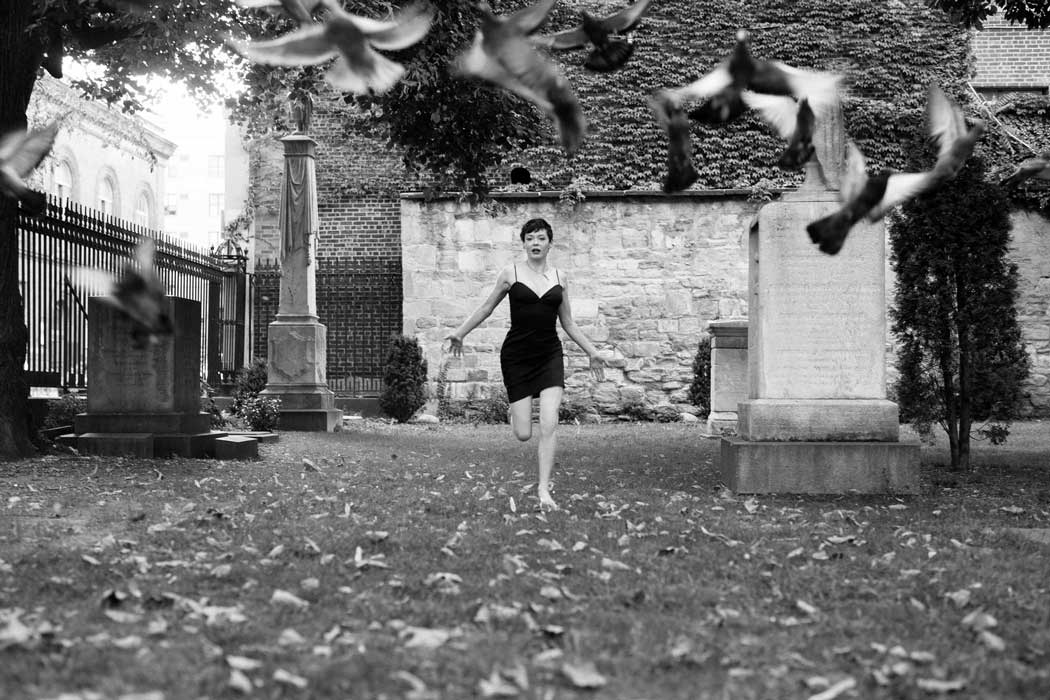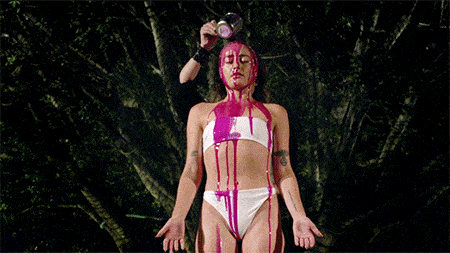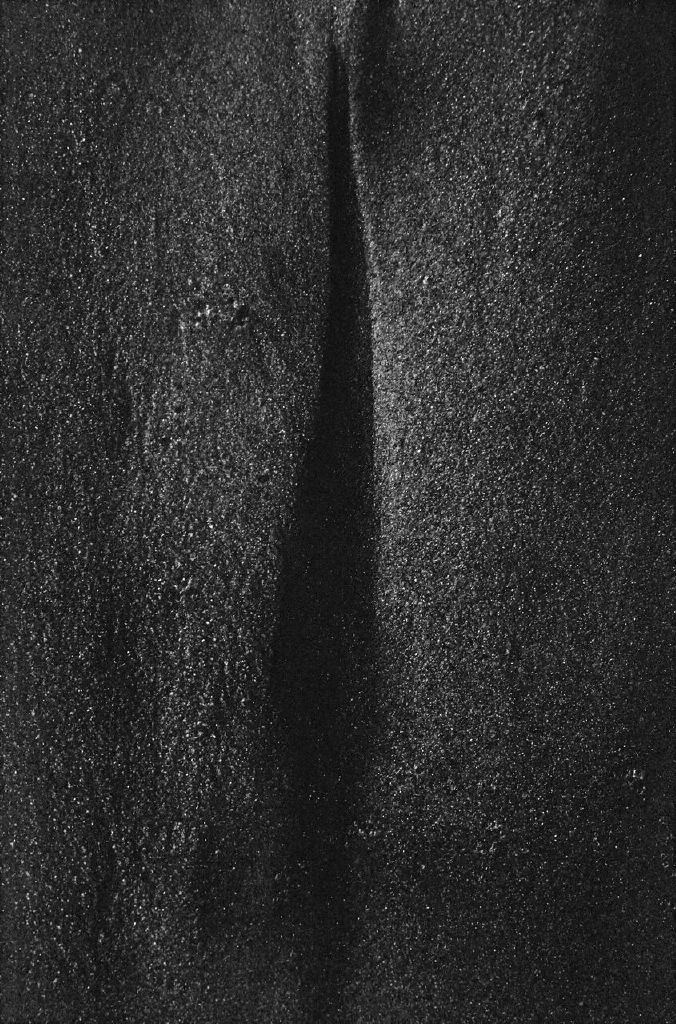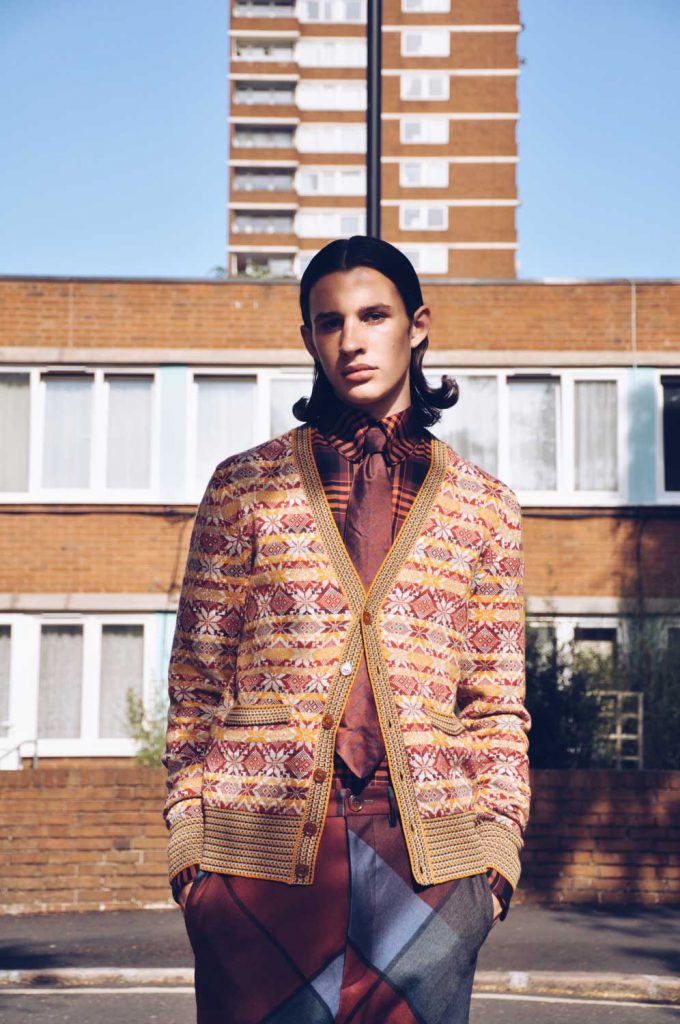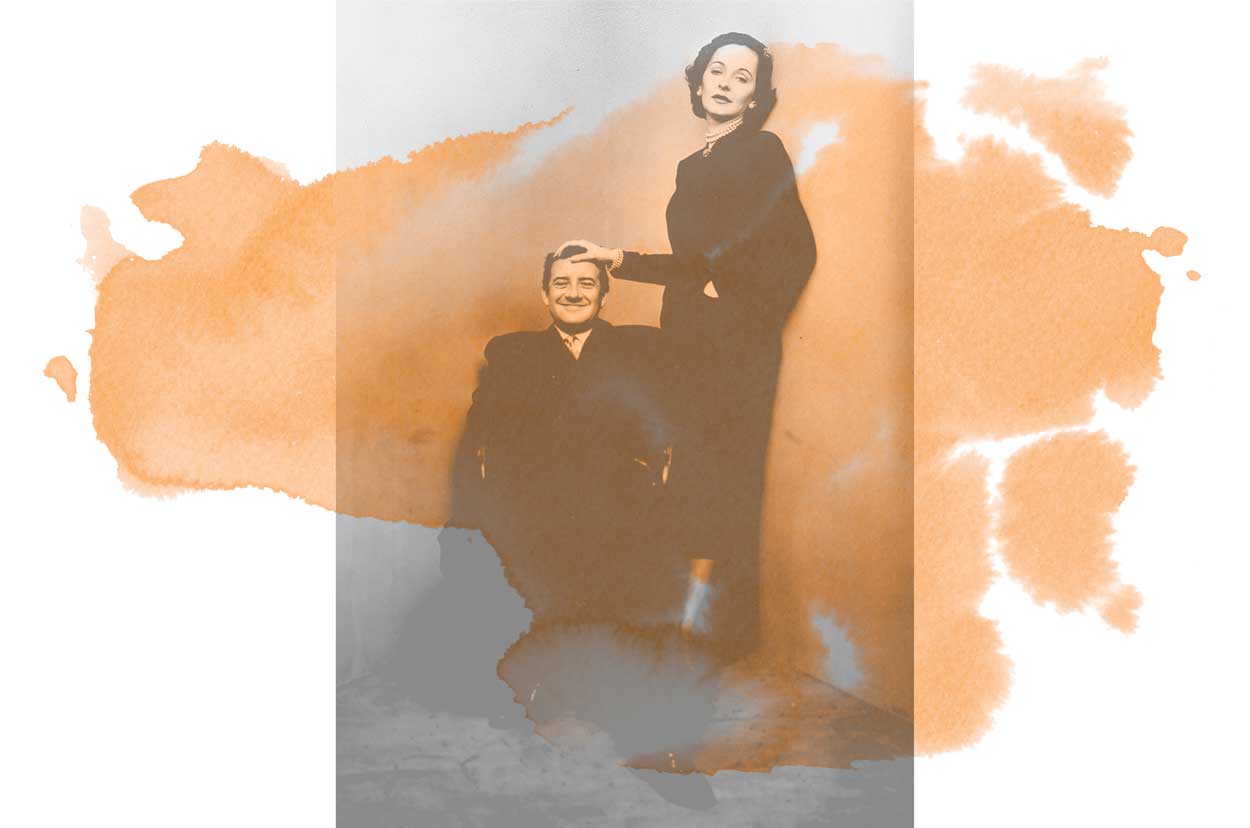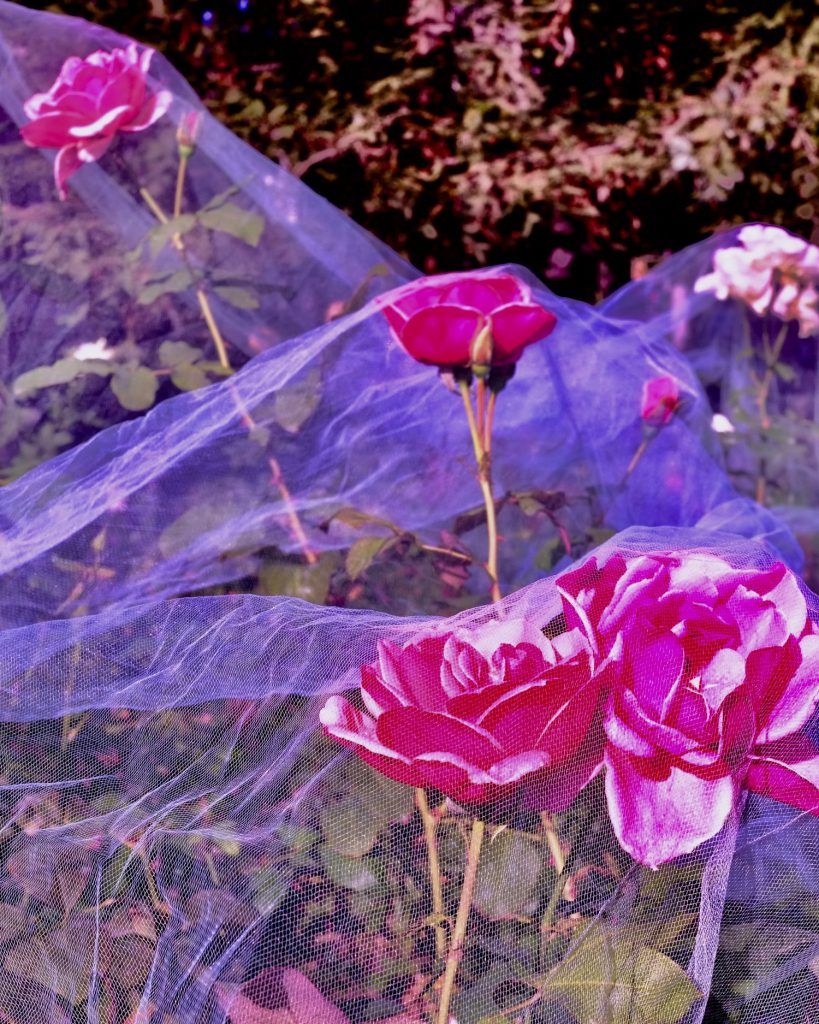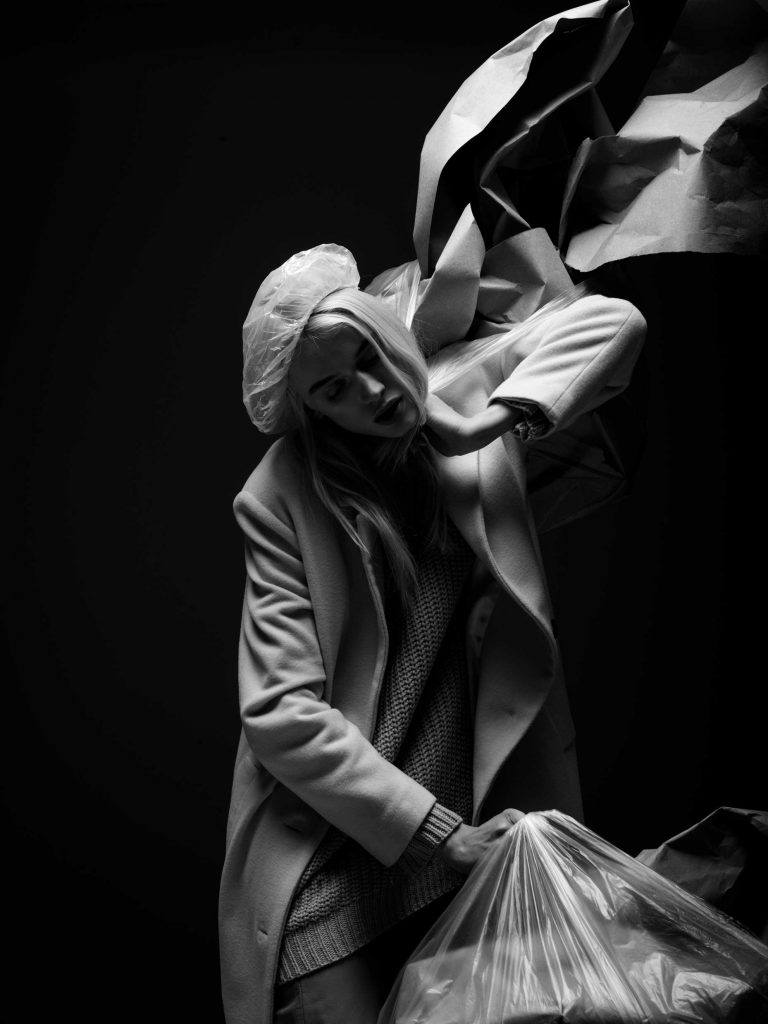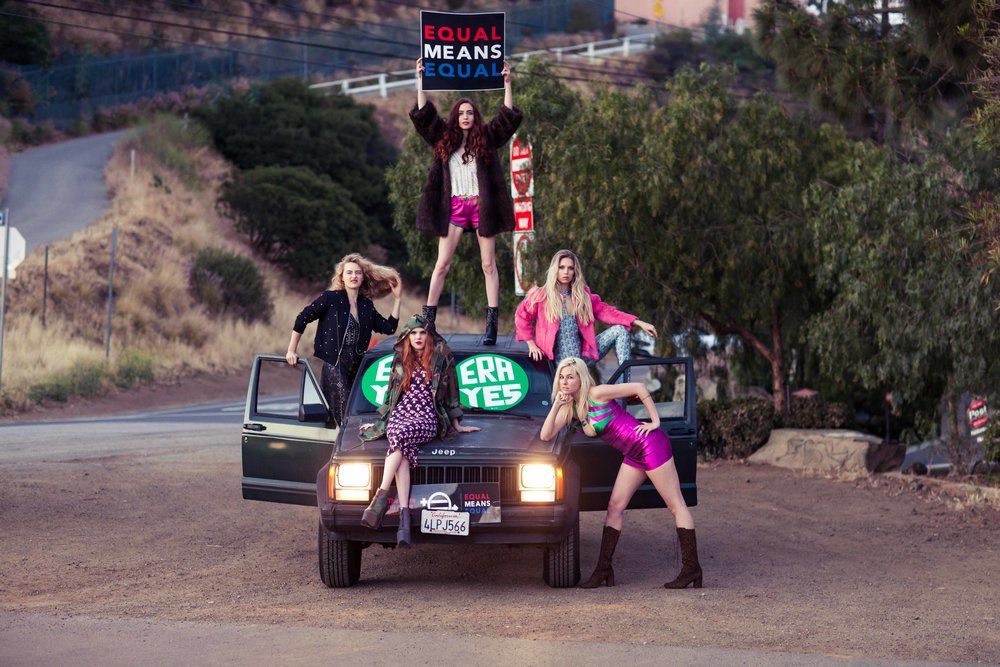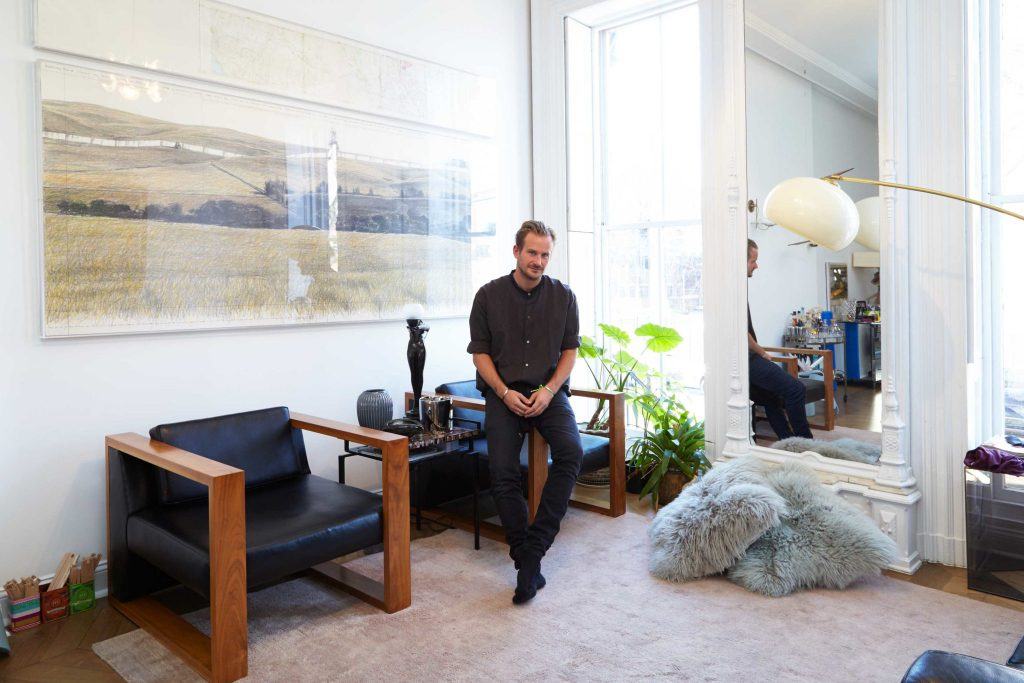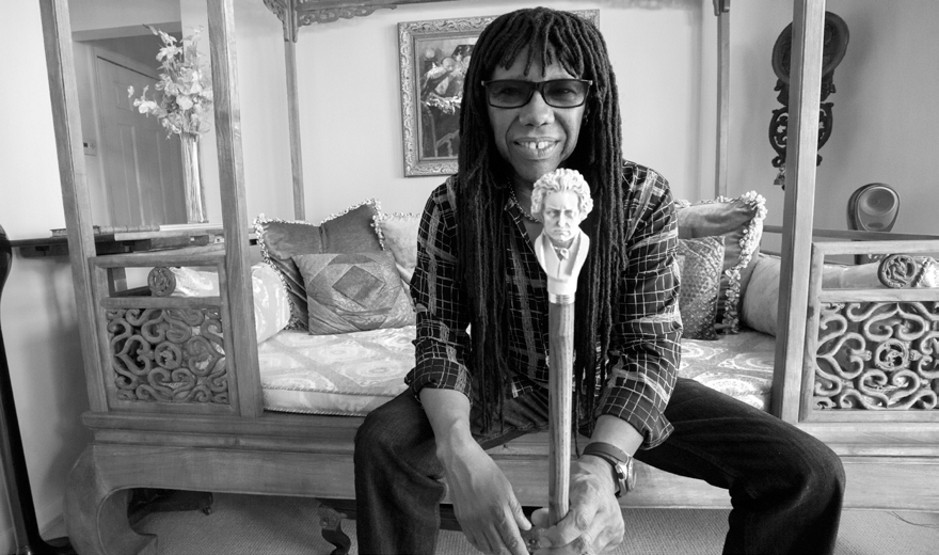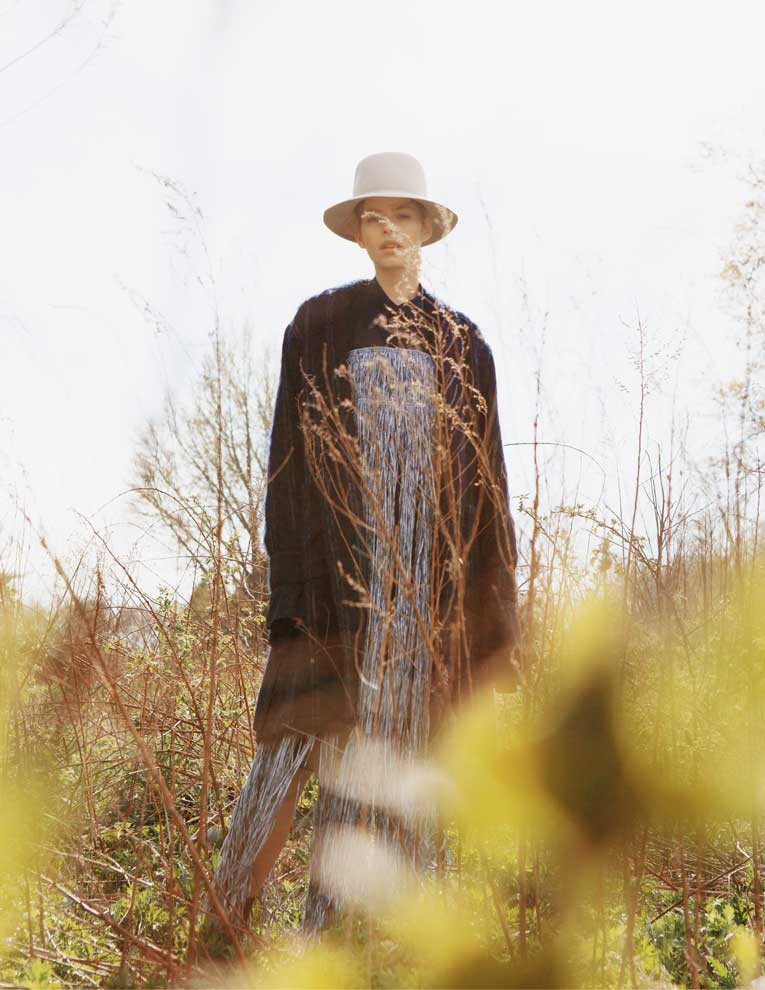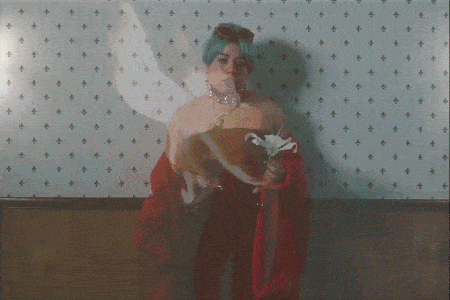
STELLA ROSE GAHAN
EYES OF GLASS
Stella Rose Gahan introduced fragments of Eyes of Glass, her debut album released May 19th on the heels of two well-received singles. “Muddled Man” and “Angel” established Stella Rose as a poetic force and powerful singer. “Passionate and dissolute, ‘Muddled Man’ recalls Nick Cave at his Biblical best” according to Clash magazine. Its opposing reflection, “Angel” with “warm, folksy croon swells into a room-filling climax says Paper magazine.
Eyes of Glass, recorded in Los Angeles and produced by Yves Rothman, combines the poetic soul of Stella Rose’s lyrics with the serpentine sound she and Rothman have developed. The music has earned its place, feeling less like a descendant of what has come before, than a piece in conversation with its artistic predecessors.
Nothing outweighs the significance of creating her work. “At the end of the day, I’m a writer,” she says. “It’s the only way for me to process my feelings, and when I write I might not understand the meaning or gravity of my words but at some point later they’ll explain where I was and how I’ve grown. That’s how I make music – I collect things over time”.
Whether they’re written in fresh ink or are years old, you can be sure Stella Rose has found just the right way to use them to make an unforgettable statement that feels both the moment and timeless. “The best work I do,” she says, “always resonates now.”
Stella Rose was interviewed by her friend Marilyn Minter, the American visual artist who is well known for her sensual paintings and photographs, and currently has an exhibition at LGDR in New York City.
SRG: Hello Hello…can you hear me?
MM: Do you know anything about Lilith?
SRG: Say more…
MM: She the primordial she-demon, the first wife of Adam in mythology.
SRG: Viscous.
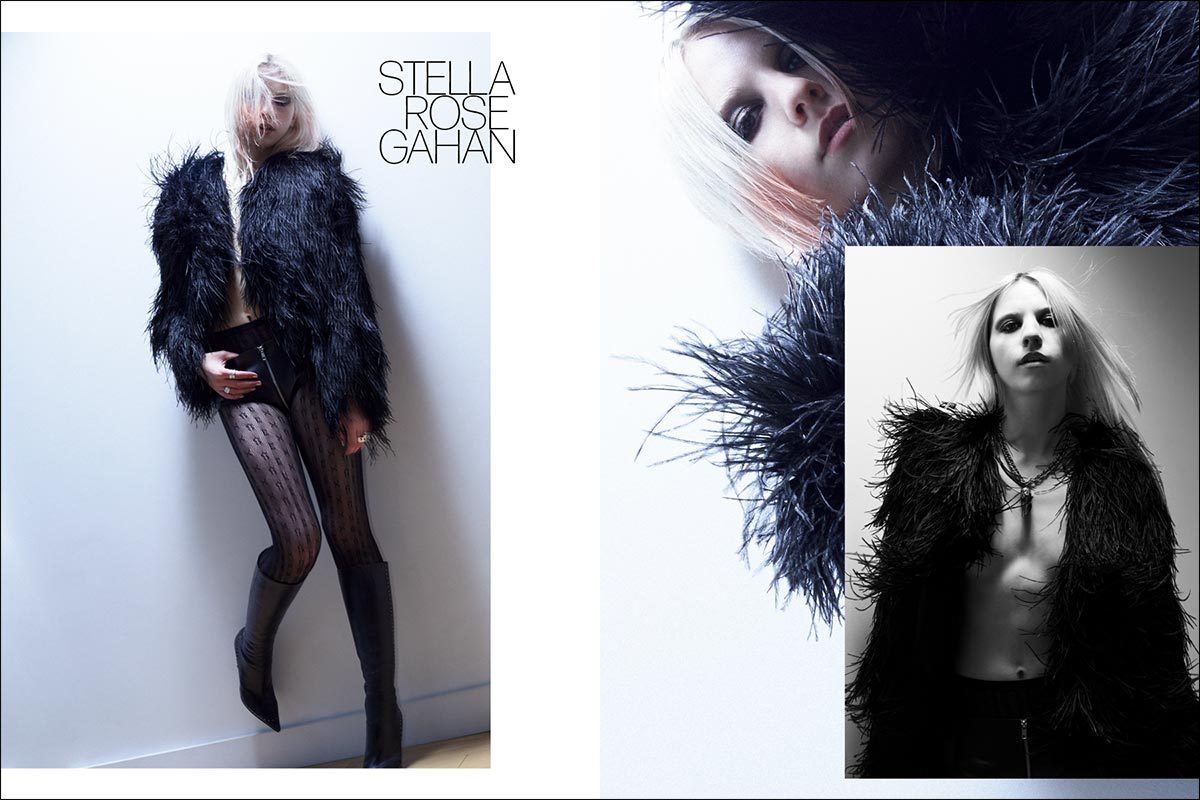
Vintage feather coat PATRICIA FIELD, vintage necklace NECROMANCE, leather shorts R&M LEATHERS, hosiery R&M LEATHERS, boots DIOR.
MM: I have a terrible bout of bronchitis.
SRG: The worst. Are you on the tail end?
MM: I had a whirlwind three weeks. My show just opened at LGDR on 89th and Fifth Avenue in New York City. It’s up for one more month. And then I had to leave right away for San Fransisco. I had two openings. One was just for the sitters of these portraits that I was doing. And then the next opening was for the sitters and their spouses. And it was a mob scene, I didn’t expect it. I had a cold when I landed in San Francisco…oh this is so boring…so…to you and your music. When did you decide to become a singer? You have an amazing voice.
SRG: I have always had a voice. Its power is something that I am yet to fully understand.
MM: I’ve known you since you were a baby. You started working for me when you were eighteen?
SRG: Yeah, right outta high school. I think my senior year.
MM: It’s somewhat remarkable because at that point you were not a visual artist. It was basically activism you were involved in. Everyone that worked for me were interns and they were painting Trump plaques. Were you doing the gold ones?
SRG: Yes!
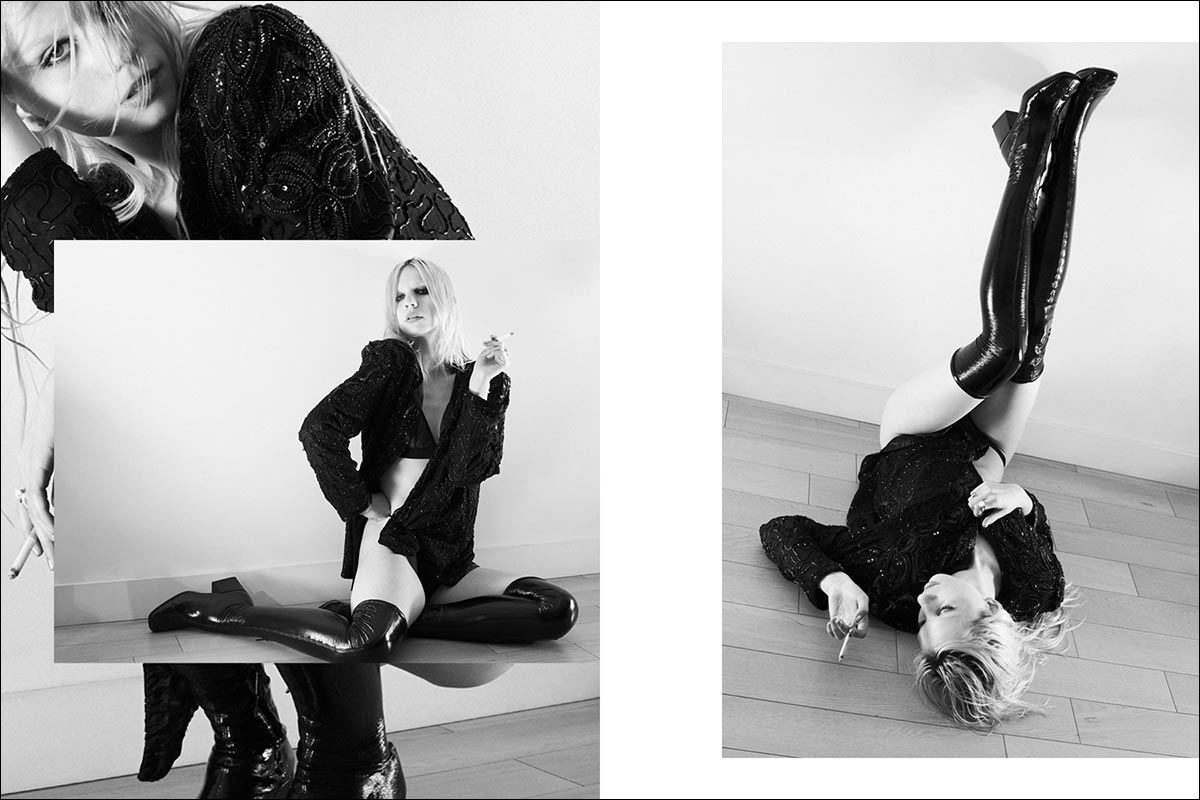
boots Courrèges, vintage jacket Stella’s own.
MM: They sold out in months. We raised $100,000. You are not a painter. But you were one of the best ones.
SRG: I really remember it. It was fun for me. I had never seen such large-scale paintings in early stages before. I loved watching your painters bring the image forward. Understanding the intention behind layering paint for dimension. You always came in to give your final touch.
MM: Yeah, I was doing final touch. Because I couldn’t justify paying anybody to do it because it was all activism. It wasn’t about my studio. So I had interns. But you’re not a painter and you were one of the best ones. If you’re interested, there are still some silver ones left. It’s all for progressive candidates for 2020.
SRG: Well, maybe I’ll go back and finish the job.
MM: We basically sold about $160,00 worth. They were each 1K. And I would tell everybody to just put them in their bathrooms. Some people bought 15 of them and gave them as Xmas presents. This collector did that. I love that they’re collectors’ items. A lot of museums bought them. And we did sell them at my shows. But everyone volunteered that worked on it. And you painted the gold ones. And then you went off to school.
SRG: I went to school for music, with no idea what I was walking into. Everything quickly changed fast because it wasn’t what I had expected. I fought against the institutionalized way of creating. I ended up switching to art and started to discover painting and photography. Working with you was my first introduction to painting.
MM: I’m just blown away by your voice. Didn’t your dad or mom tell you that you had an amazing voice? Somebody must have said that to you.
SRG: I didn’t have a band in high school, I just kind of sang in my room. I started mimicking artists that I loved and learned from there. My parents had no idea what I was doing. They thought I was just listening to music in my room like any other antsy teenager. My introduction to the stage was the first recital with my school jazz band. I started singing in the club. I’m sure you can picture it now. Awkward kids in white button-up shirts, blowing their horns painfully out of tune. I chose to sing Nina Simone’s “Feeling Good”. My parents in the audience had no idea I was singing. I opened my mouth and the principal of the school said, “What the fuck are you going to do with that”.
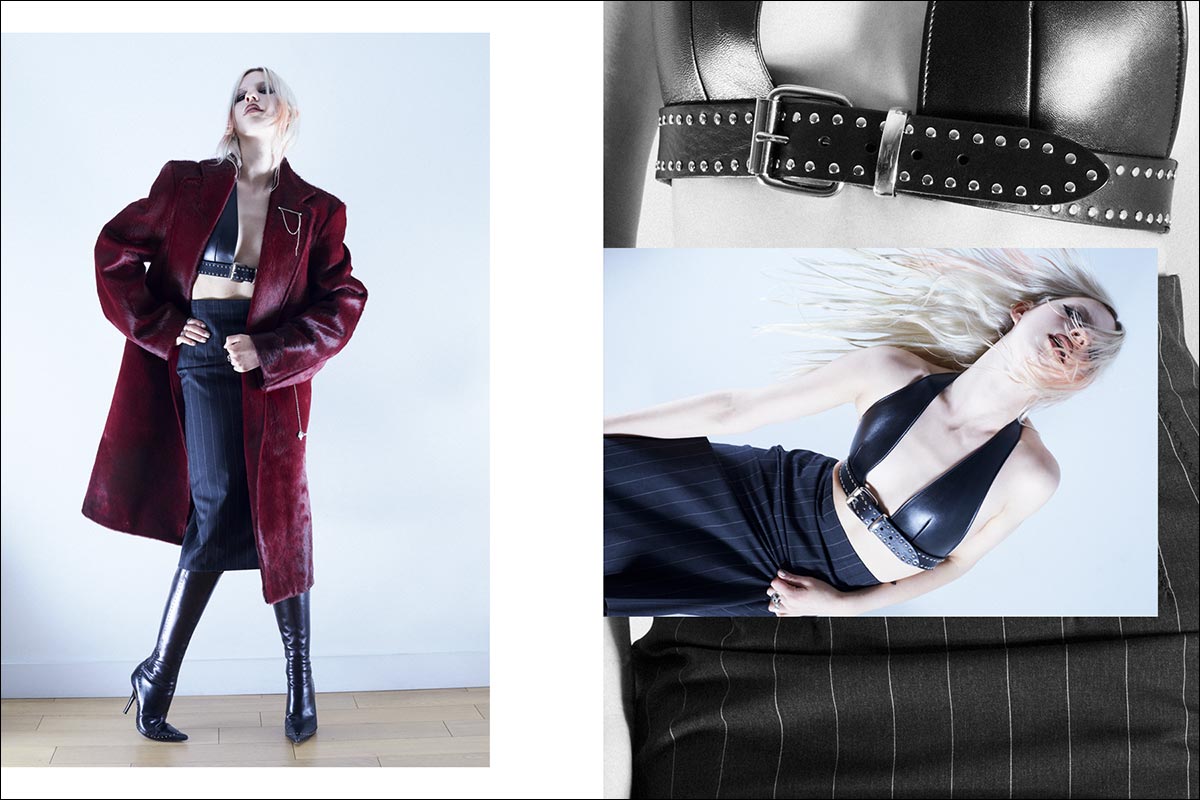
coat Enfants Riches Deprimes, bra R&M LEATHERS, jewelry stylist’s own, skull ring THE GREAT FROG, skirt JEAN PAUL GAULTIER, boots DIOR.
MM: You really got people’s attention.
SRG: Don Lawrence really changed my life. He was my vocal couch. He helped me not fear my voice and its power. That the power of control is what makes you a great singer. Now, with my band the Dead Language, I am free to express myself and my voice. I have no fear on the stage. I love to put on a show. Cause that’s really what it is right?
MM: You found your calling. I mean I sort of felt the same way when I was a little girl. I wasn’t good at anything. And then I was drawing with my friend and realized that I could draw. It was a big shock to me. It came so easily to me. It was the only thing that I did better than other people. I didn’t have a lot of choices, I didn’t think, oh maybe I’ll be a lawyer. You know I went straight to art school. But I think with a singer, you don’t really need to go to school.
SRG: I guess that’s whoever journey to follow. School just wasn’t mine.
MM: Well, what about when you were opening for Depeche Mode with your band?
SRG: That was a really special night.
MM: Did you sing “Muddled Man”?I came into the performance of Depeche Mode at Madison Square Garden and you were in the middle.
SRG: Yeah, we opened up with “Muddled Man” I had a long ox blood red pony hair jacket. It was the heavy thing I had on my back so it only lasted one song.
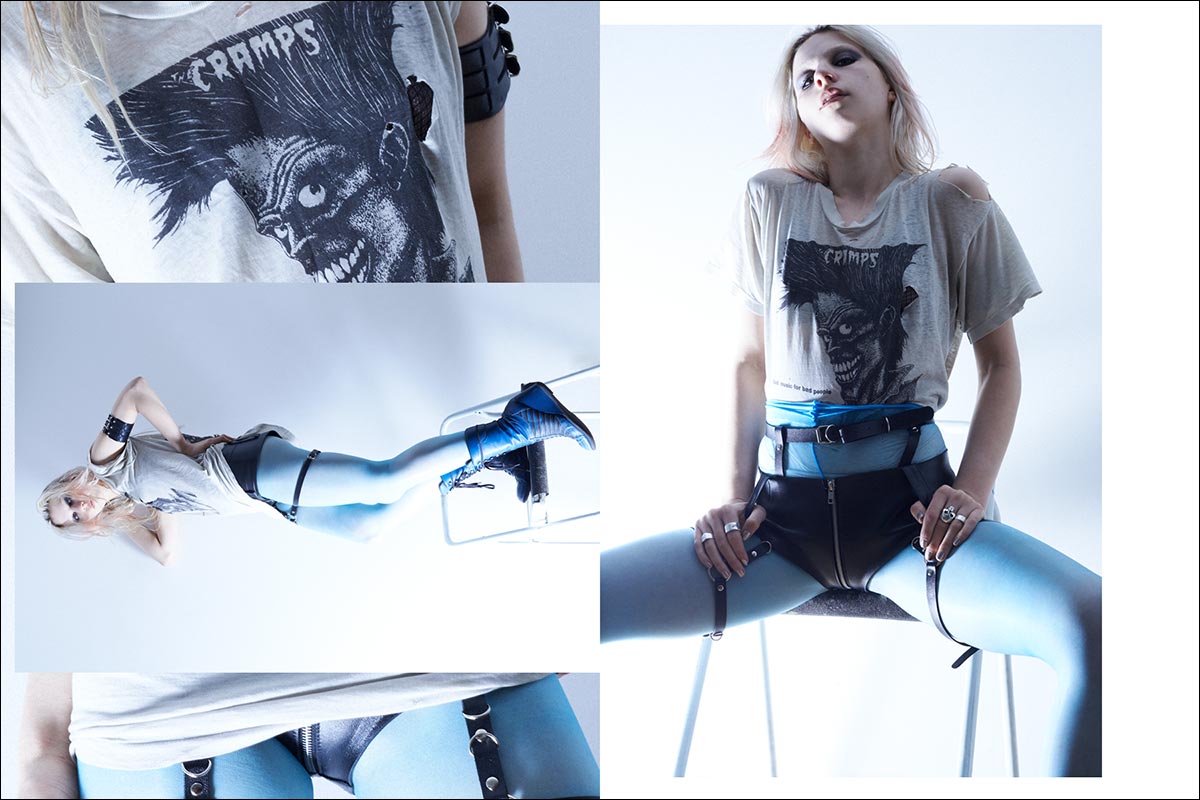
t-shirt, tights & leather harness stylist’s own, boots A.F. Vandevorst.
MM: I’ve listened to that song since then. This is one of the things that I love about music, like when you change tempo like that. I mean you started out with Goth…I know nothing about music…but then you turned so melodic. It was pretty shocking.
SRG: I love that about “Muddled Man”, it really follows so rules. Unplugging from the chaos.
MM: Do people tell you that your voice has soul?
SRG: I’d hope so.
MM: Well, it seems like you have a real gift. If you keep playing you’re going to be fine. Playing in the sense of the creative process.
SRG: The thing with performing is that you can jump into all these different voice characters. You know, it’s kind of like acting. Escapism at its finest.
MM: How did you find your bandmates?
SRG: Ben (lead guitarist) and Adam (bass) are Brooklyn-blooded boys to the core. Spencer Light (guitar/synth) is always best dressed in the band. We all met in the lower east side. Pete (drummer) is our force to not bat an eye at, who is someone down the telephone line. Everyone always seems to have crossed paths at some point if they live in New York. It’s a smaller city than it seems.
MM: Where did you play your first show?
SRG: Mercury Lounge on the lower east side.
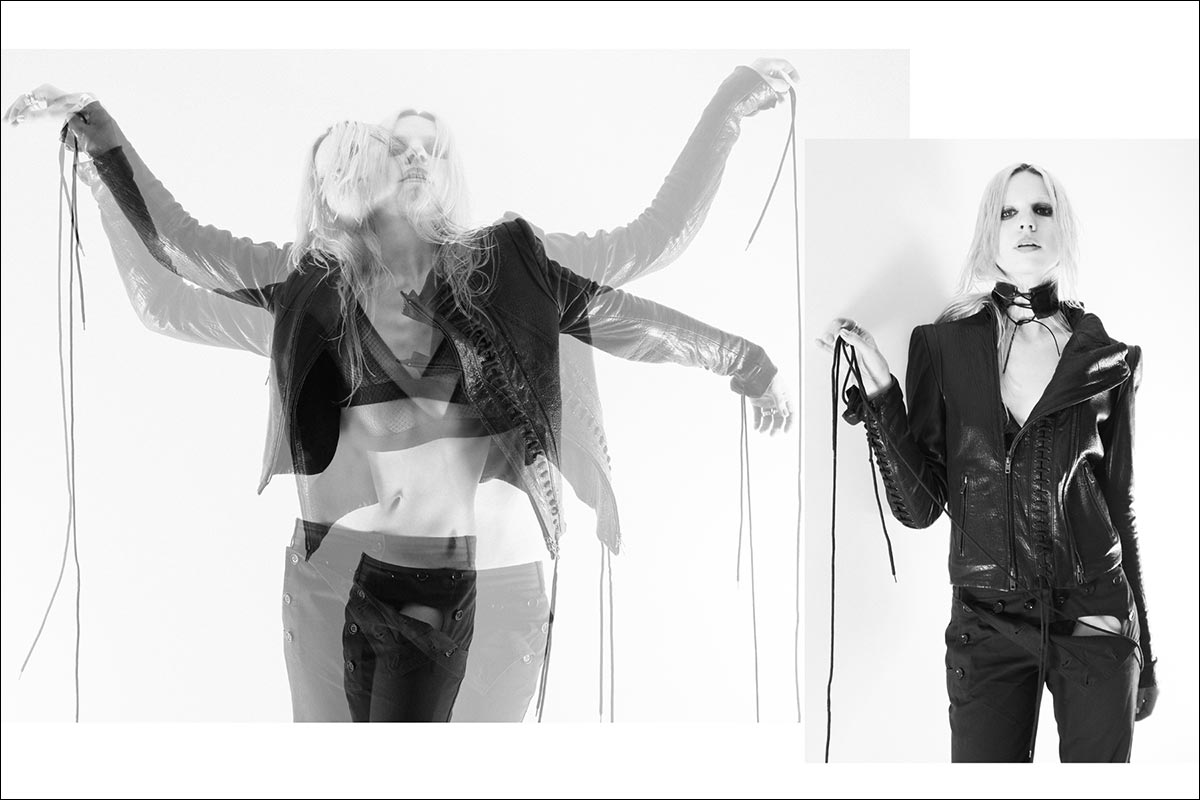
Custom leather Choker By Isabel Miksic, leather jacket ANN DEMEULEMEESTER, trousers vintage D&G.
MM: That’s a pretty good place to start.
SRG: I think it was sold out. The start of our journey.
MM: You wanna hear something funny? The guy who started Mercury Lounge is somebody that I used to hang out with. It was in the East Village days. It was in the ’90s. I never expected it to be such a hit because he was in the art world, not the music world. I also used to go to Sin-é, and Tin Pan Alley, which the owner turned into Max Fish I think. I used to go to the Pyramid Club and Dancerteria in the ‘80s too. I was just really into the club scene.
And of course, I went to CBGBs all the time. Those are the people that got famous. I saw David Byrne’s band, the Talking Heads. Also the Plasmatics, Ramones and Television. Those are the ones I still know.
SRG: What were you thinking when you saw them? Oh, this is just another local band?
MM: Oh yeah absolutely. Definitely. I think I saw Patti Smith in a basement somewhere. I think playing with John Cale. I didn’t know who she was at the time. She had that voice. You know, It just really commands your attention. And we went to the Palladium a lot in those days. I actually got to go see a lot of bands. I saw U2 and went backstage because I contributed artwork to a benefit for Bono’s Aids to Africa. And of course, I get to see your dad’s band a lot because I know him.
SRG: Wish I could have been a fly on the wall.
MM: Music is like the art world. Every time you have a show, you learn how to do the next show. It’s like you have a show in a little East Village dive bar, and then you end up getting a small gallery show. And then the gallery show gets more attention. Then you get a museum show. And you just learn so much from a museum show that your next show is going to be even more powerful. The venues really make a big difference.
When is your band going to play again?
SRG: We are hoping to make our way to the UK.
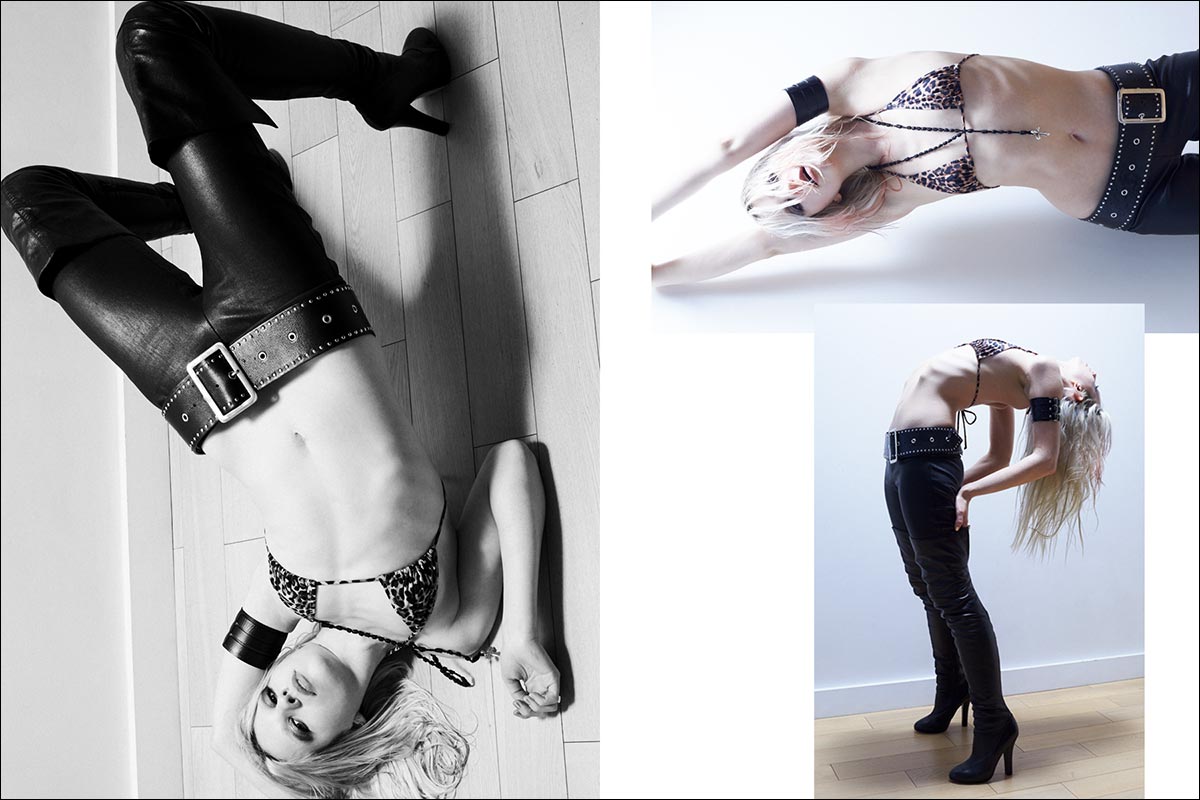
leather cuff stylist’s own, leopard bra top & necklace Stella’s own, leather belt R&M LEATHERS, leather trousers DARYL K., boots AGENT PROVOCATEUR.
MM: Do you have a record label? I heard three incredible songs on Spotify.
SRG: I’m with KRO Records. I released a full-length LP on May 19th. I am really proud of it.
I’m so happy that you had time to chat with me. You’re such an inspiring female figure in the art world and I immensely respect the way you evolve within your career. It gives me a lot of hope for my future.
MM: Well, I really didn’t expect to get blown away by your voice. It’s so random that somebody has a gift like that. Well, I don’t know if it’s random. But my experience is when you make a commitment to being an artist, no matter what kind, it sort of opens up the universe. I really trust that. It seems like it was meant to be. It wasn’t a struggle. I mean there’s always a struggle with the creative process. It’s almost like you create problems for yourself as a musician. Because you do as an artist. But then you solve them. It takes a life of its own to get started.
I’m really hoping that this is just the beginning for you. And I’m thrilled that I got asked to interview you for your debut album. Hopefully, I’ll be seeing you headline at Madison Square Garden pretty soon. Let’s just count on it.
SRG: Manifestation is real.
MM: Let’s just count on it. I think you’re gonna go big places.
SRG: Talk soon.
MM: Yes.
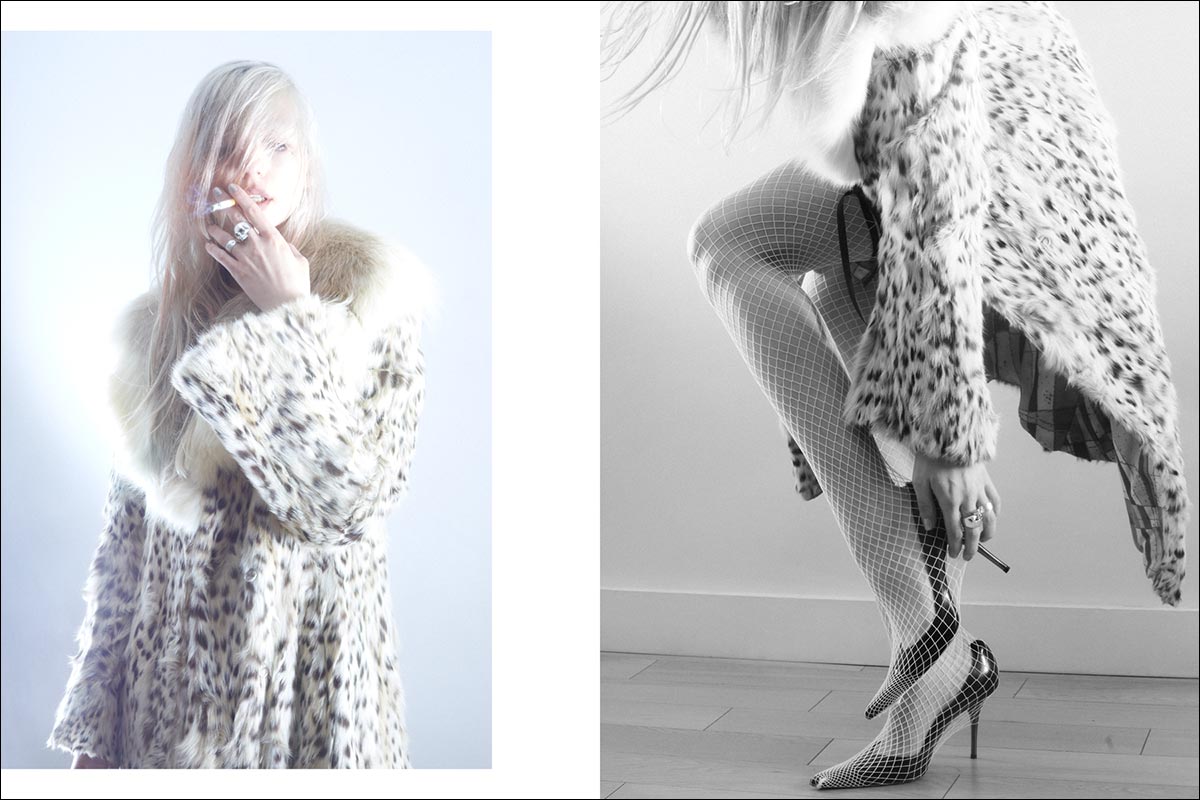
vintage coat PATRICIA FIELD, skull ring THE GREAT FROG, fishnets Calzedonia, pumps STUART WEITZMAN.

